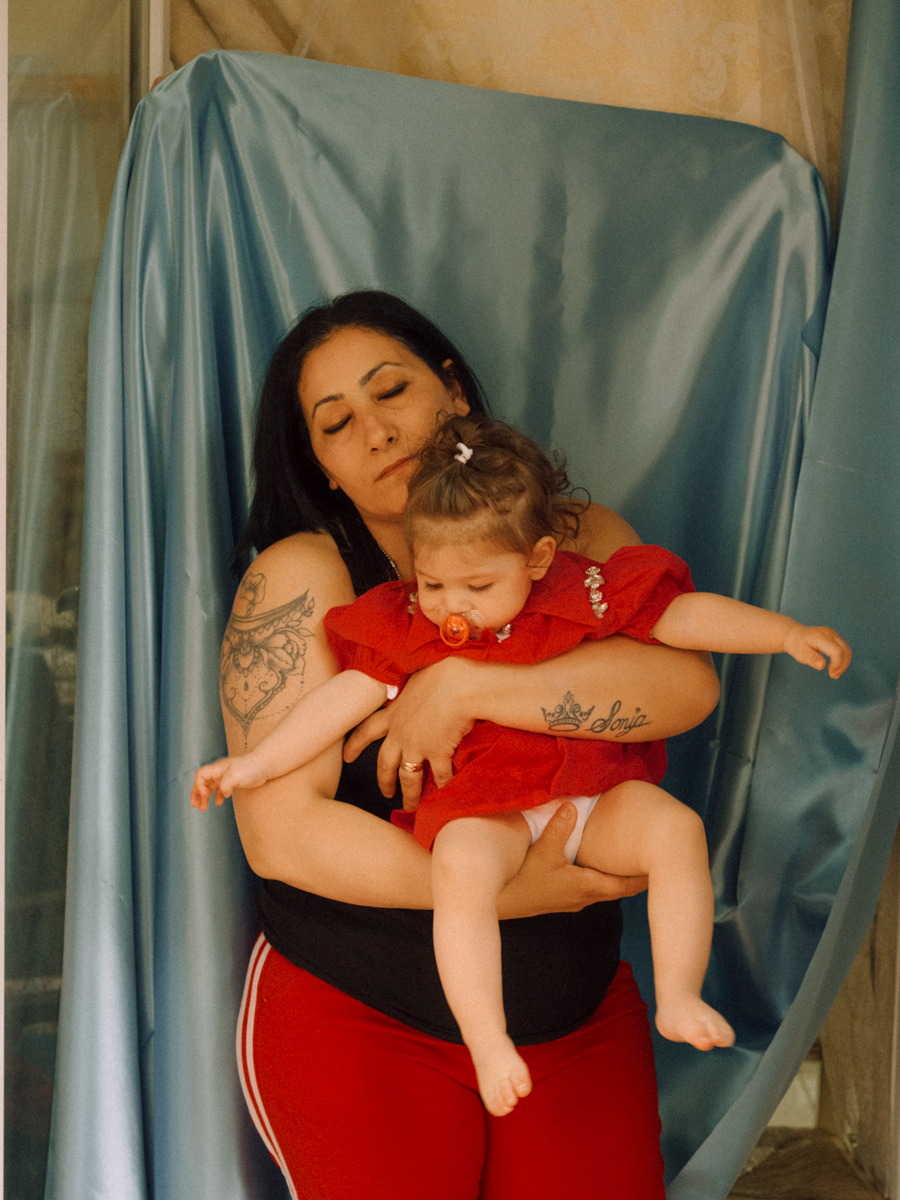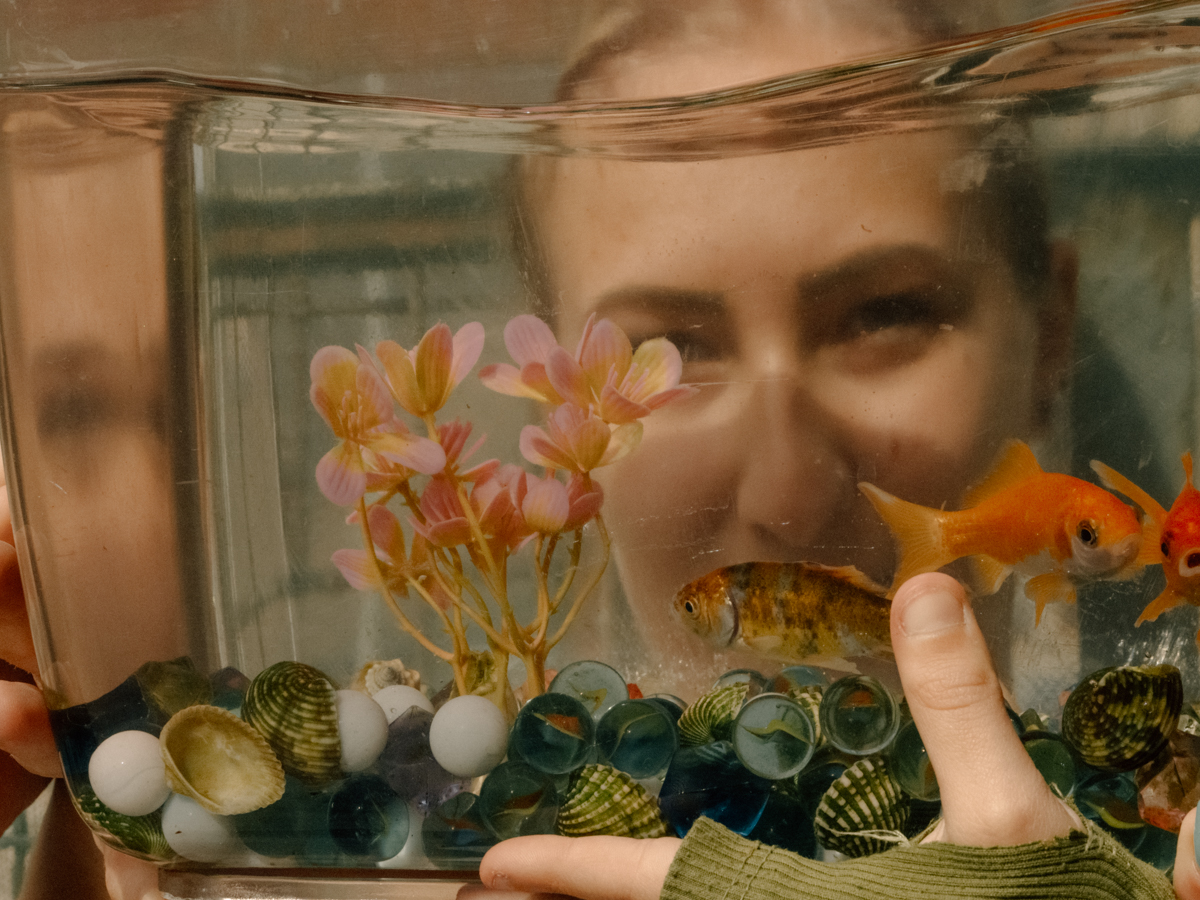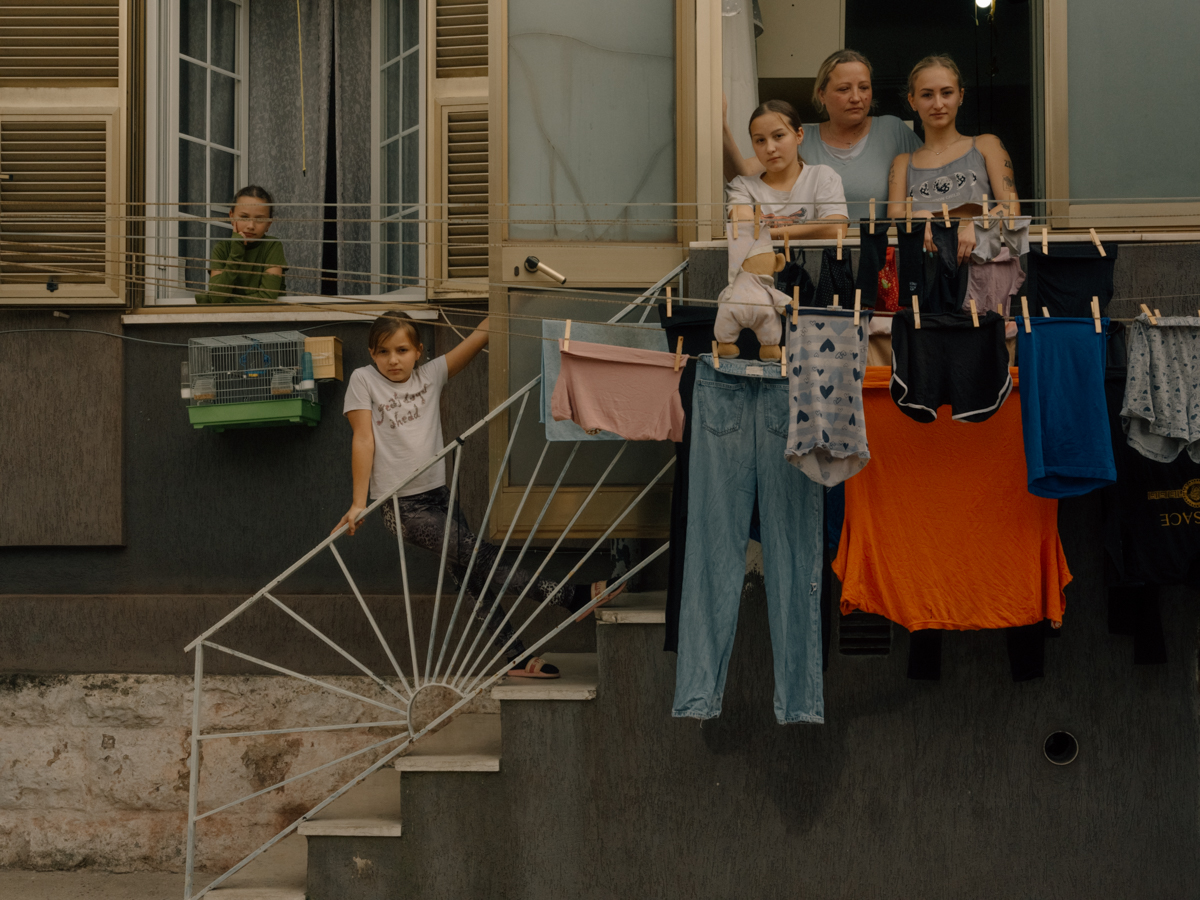Representing the unique experience of ‘lockdown’ during the COVID-19 pandemic, Lisa Sorgini’s ‘Behind Glass’ also offers a broader exploration of motherhood as framed through the domestic space. Mothers are captured through glass, separate and detached. The series brings into view the collective maternal experience, one which can remain widely unseen.
Whilst informing of a particular time Behind Glass aims to offer a layered exploration of motherhood and the domestic space. These images also speak more broadly of the maternal experience. Its most blatant subtext is that of motherhood as contextualised within the modern Western milieu; mothers lie at the core of an intense and transformed inner landscape whilst concurrently remaining detached from the outer, as societal constructs and representations forge distance and remain vastly at odds with lived experience. Yet central to this story is the concept of hope and connective awareness. Mothers joined through a collective experience. Through this work, I hope for the unseen to be seen.
Whilst informing of a particular time Behind Glass aims to offer a layered exploration of motherhood and the domestic space. These images also speak more broadly of the maternal experience. Its most blatant subtext is that of motherhood as contextualised within the modern Western milieu; mothers lie at the core of an intense and transformed inner landscape whilst concurrently remaining detached from the outer, as societal constructs and representations forge distance and remain vastly at odds with lived experience. Yet central to this story is the concept of hope and connective awareness. Mothers joined through a collective experience. Through this work, I hope for the unseen to be seen.
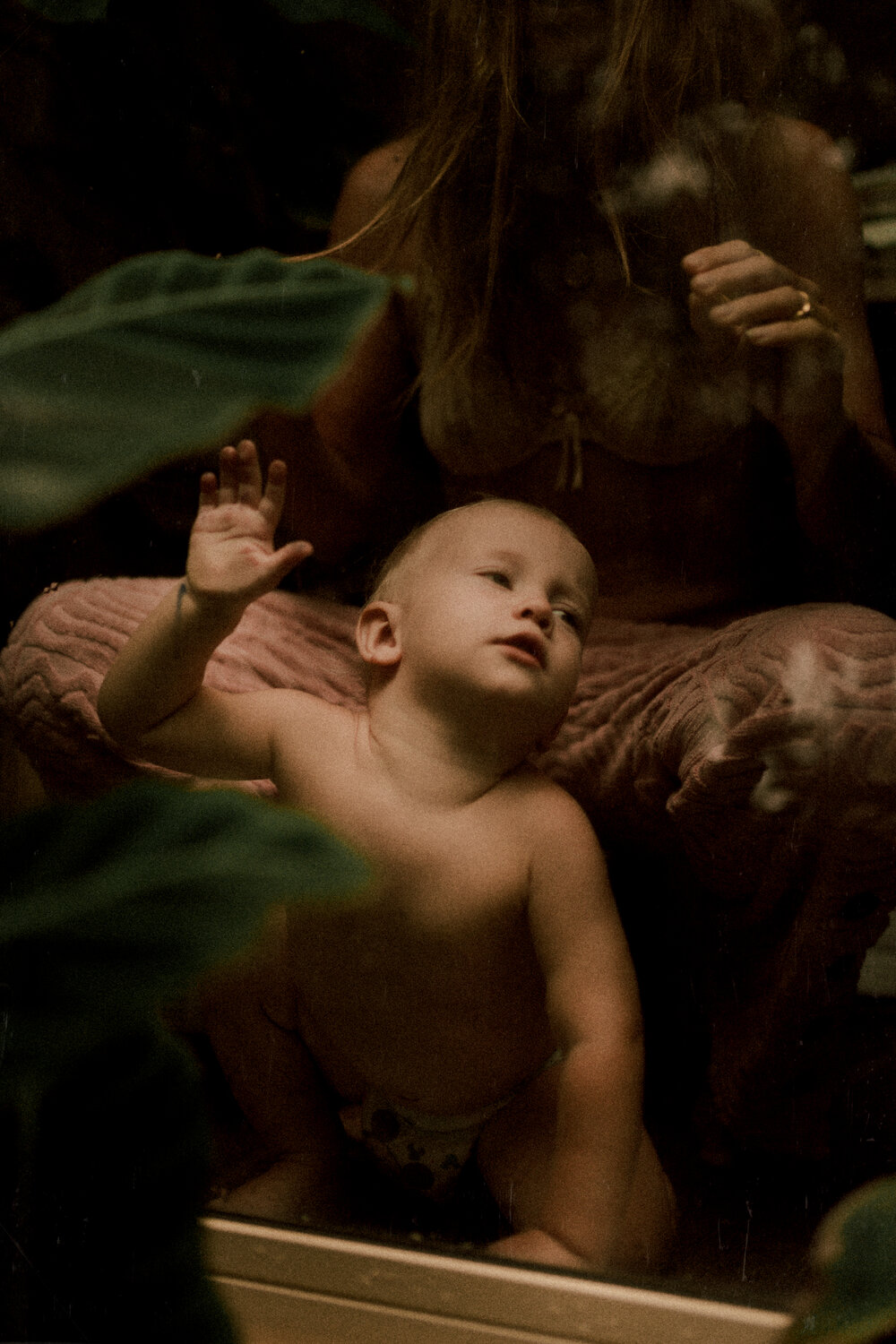

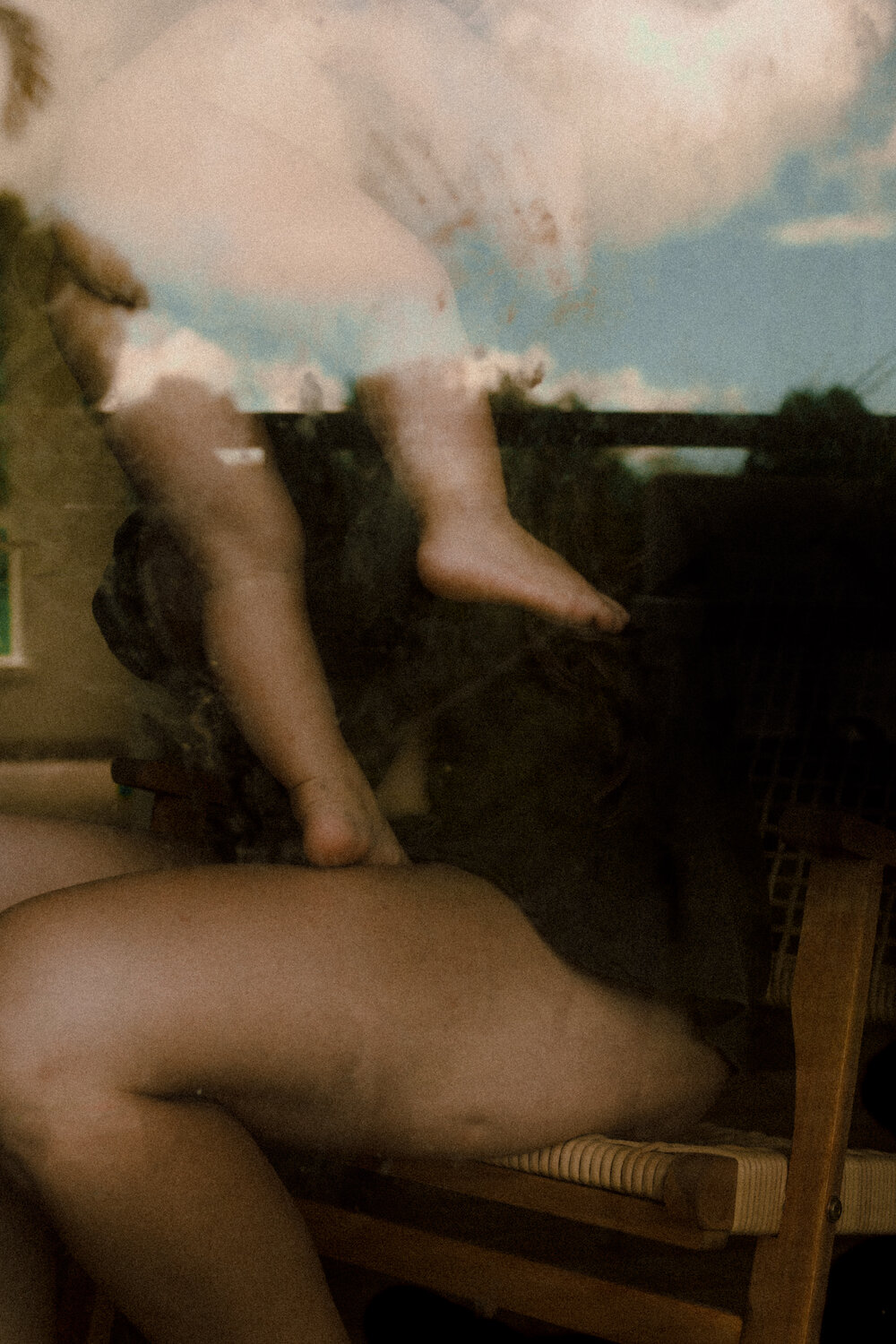
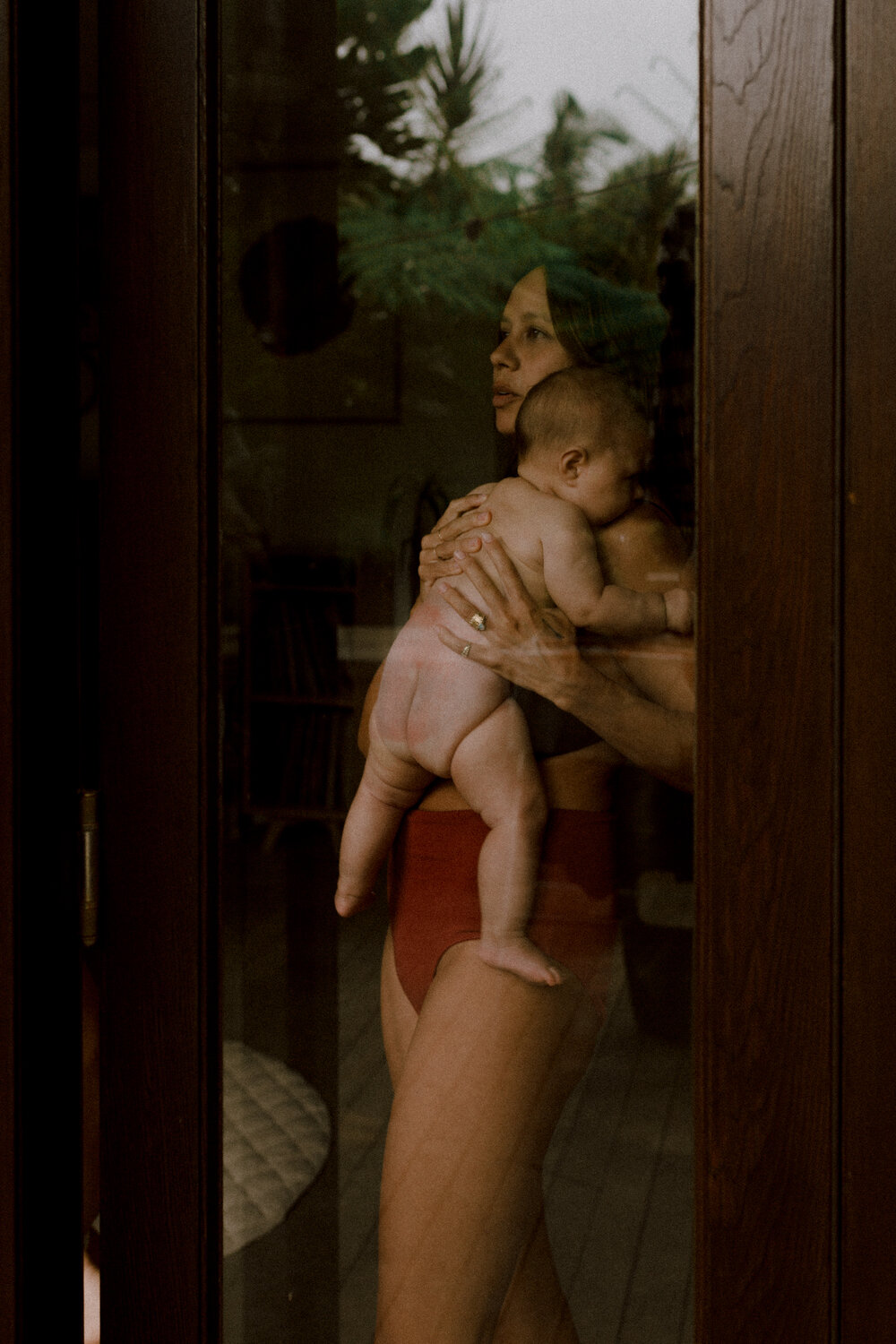
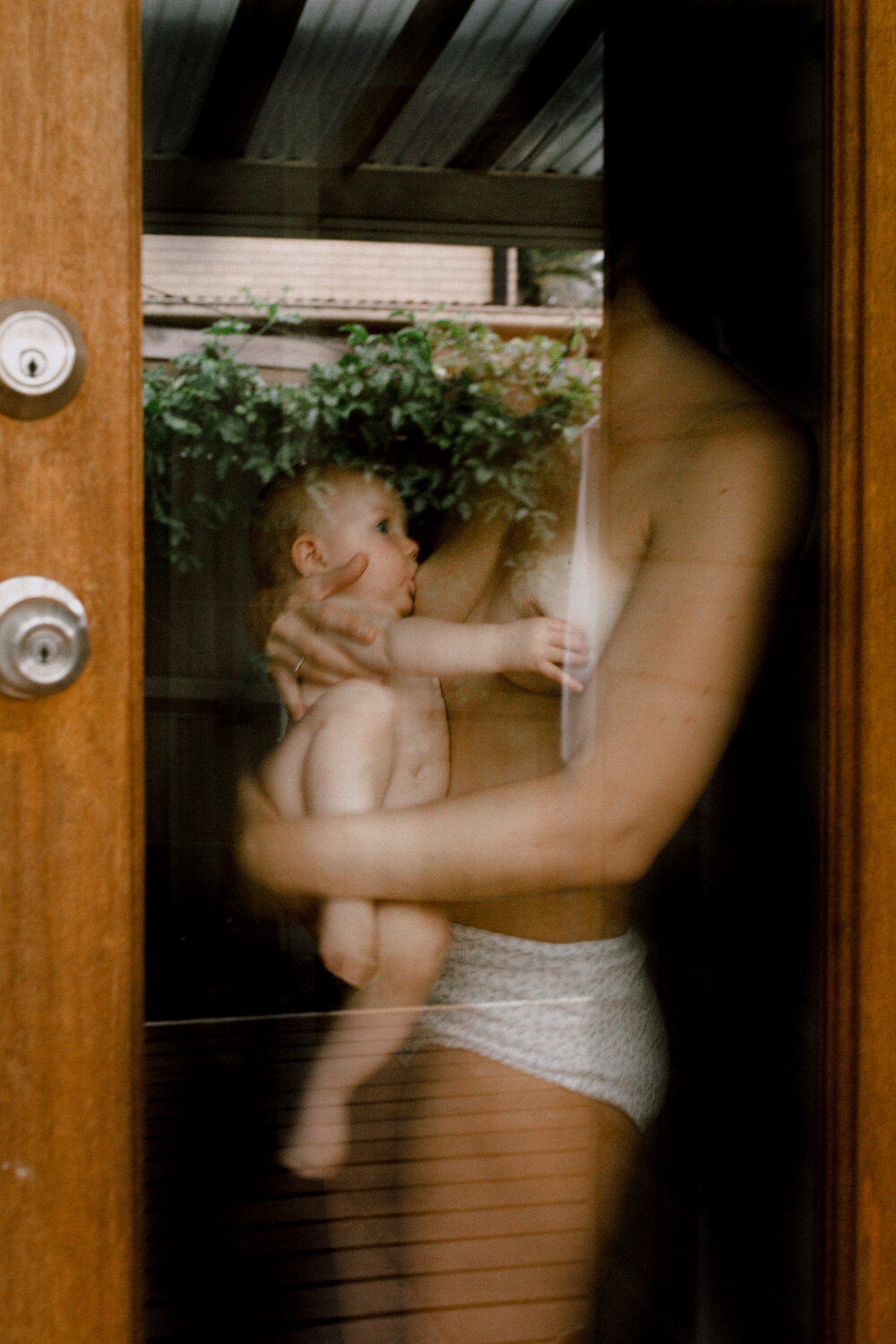
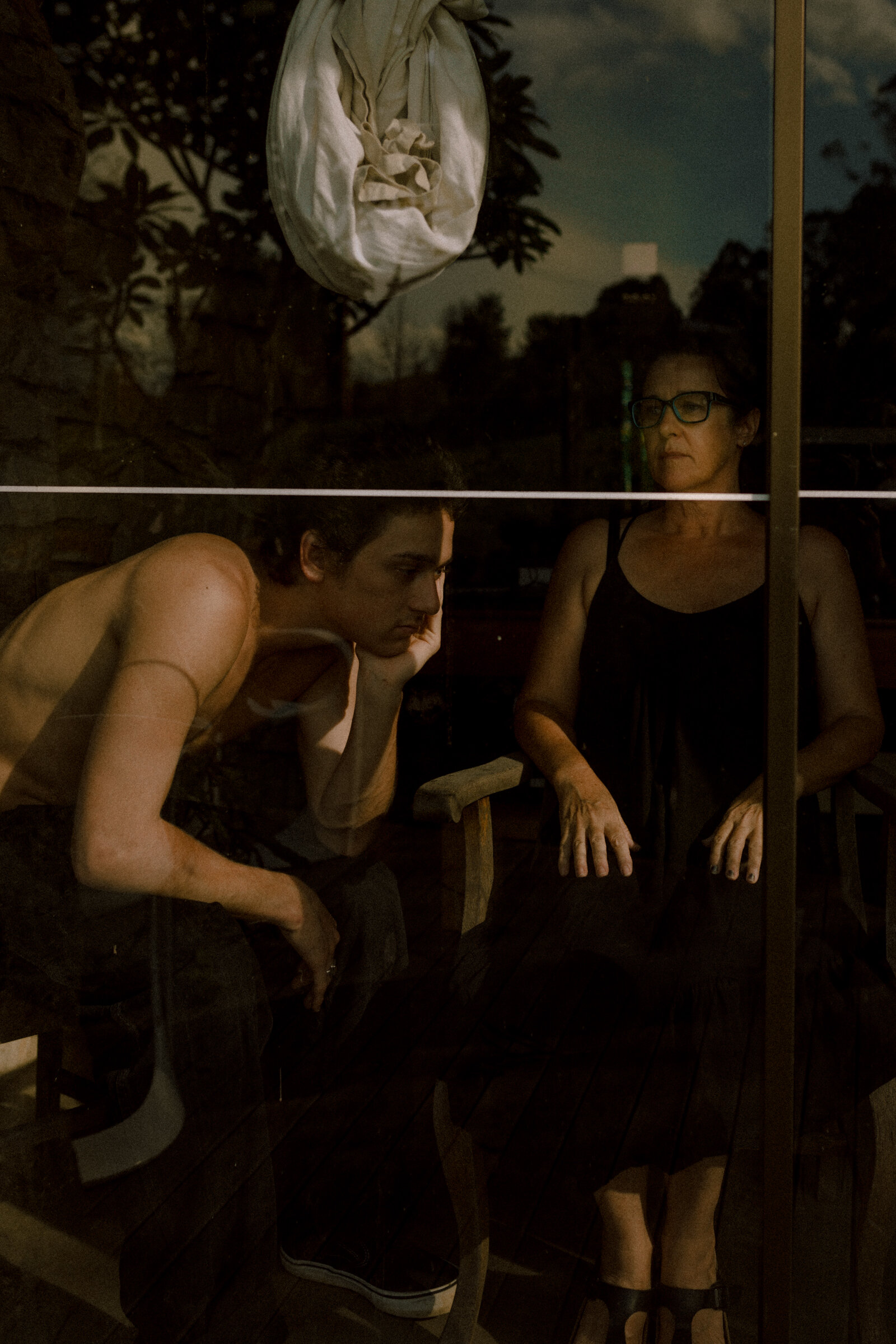




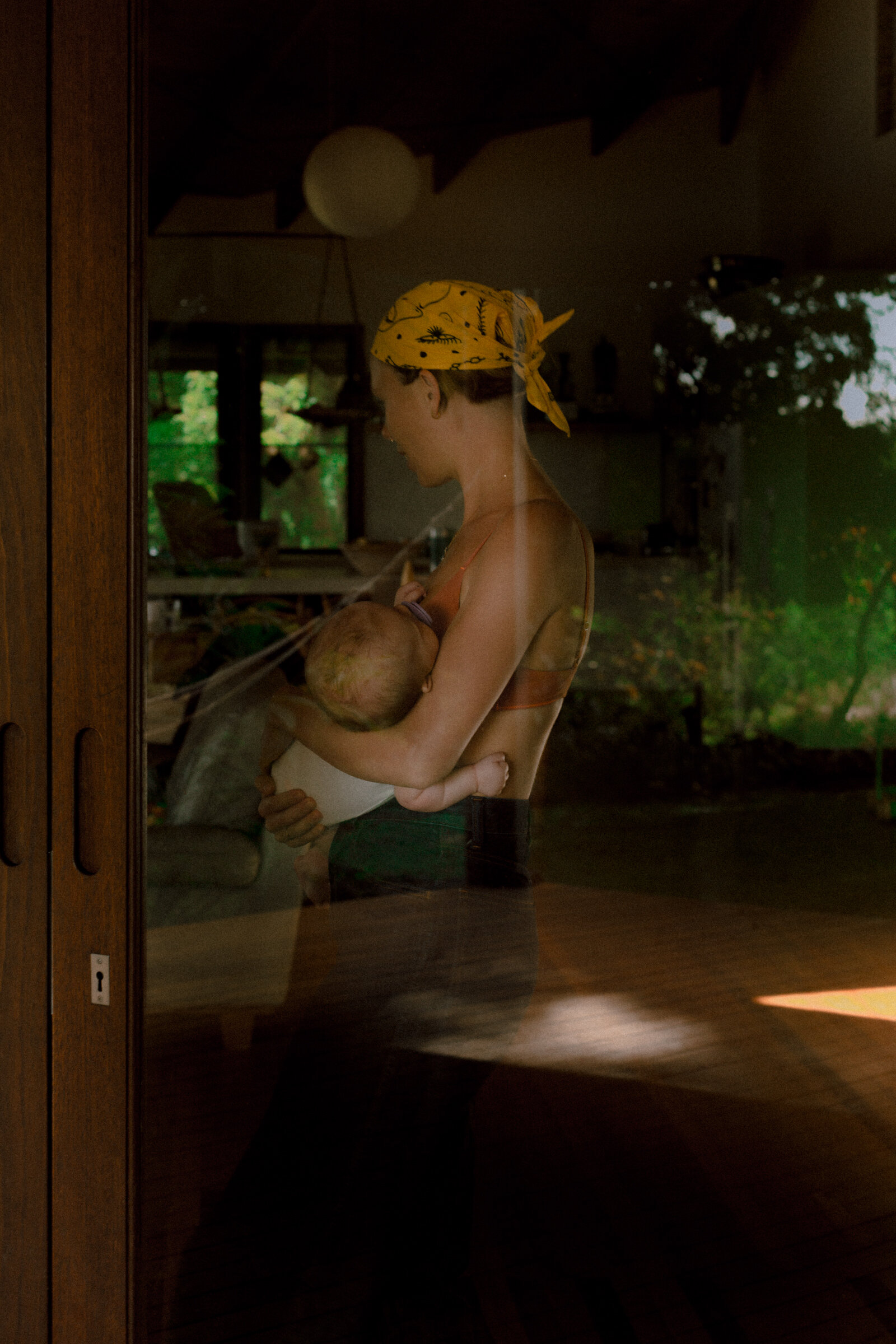
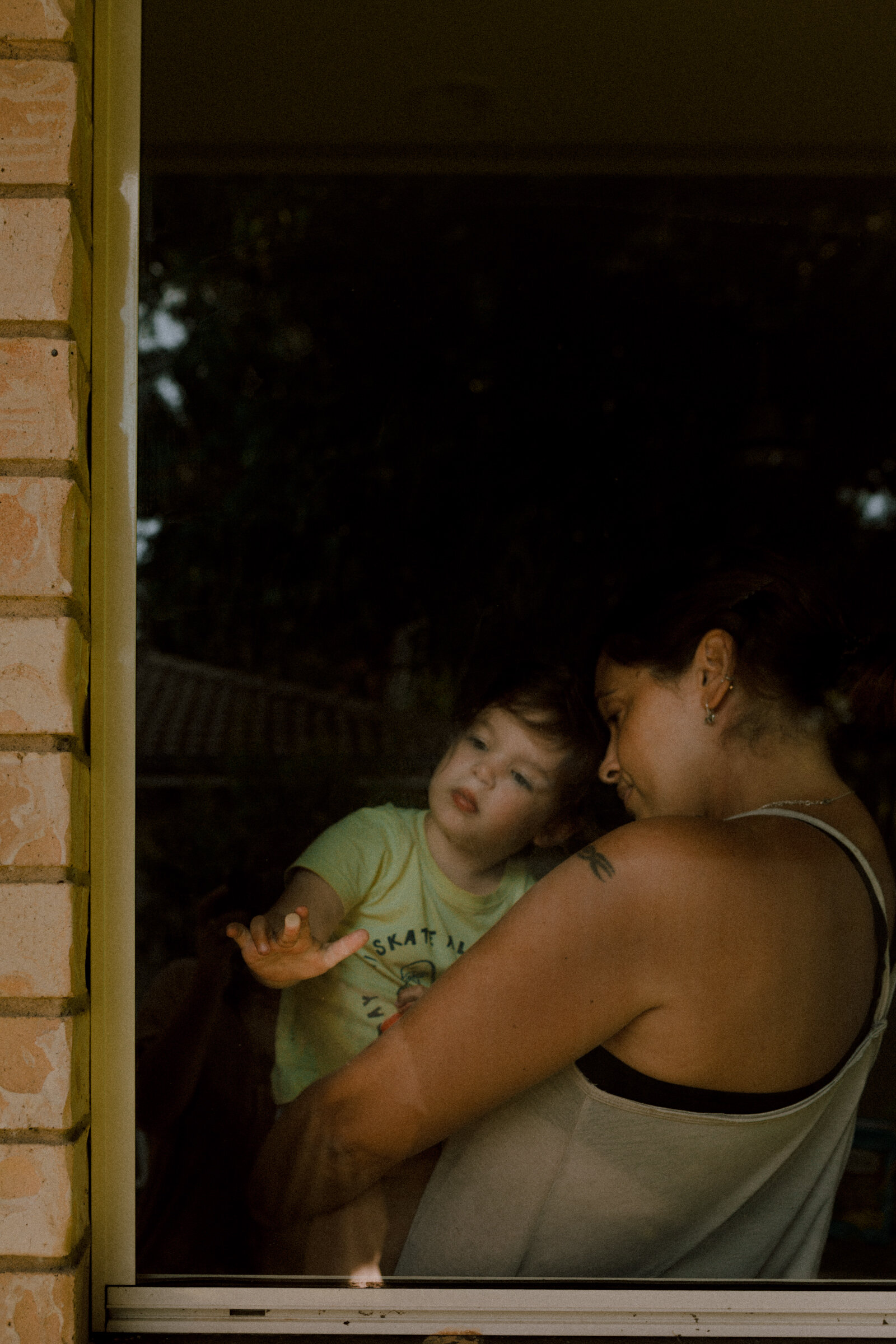
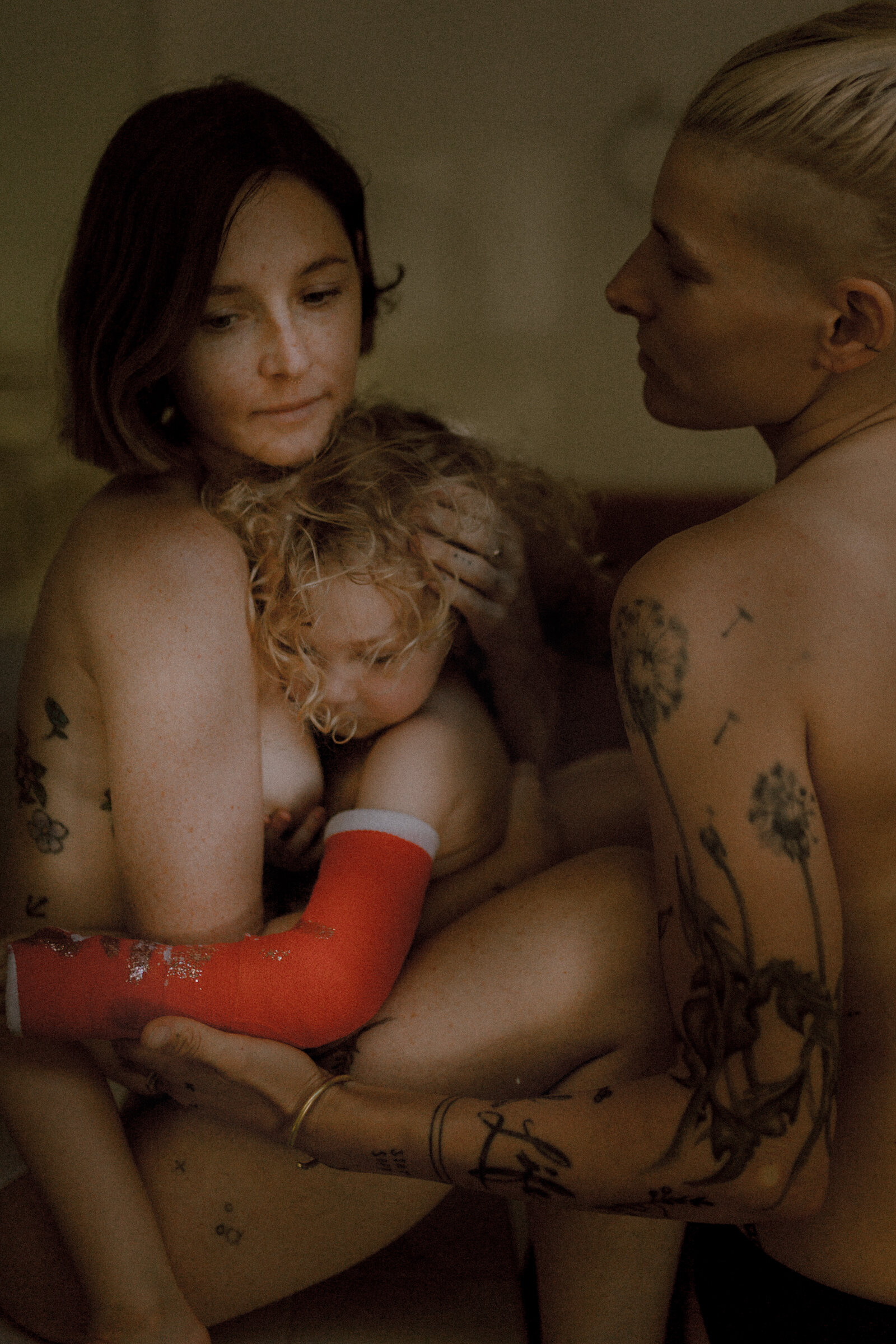
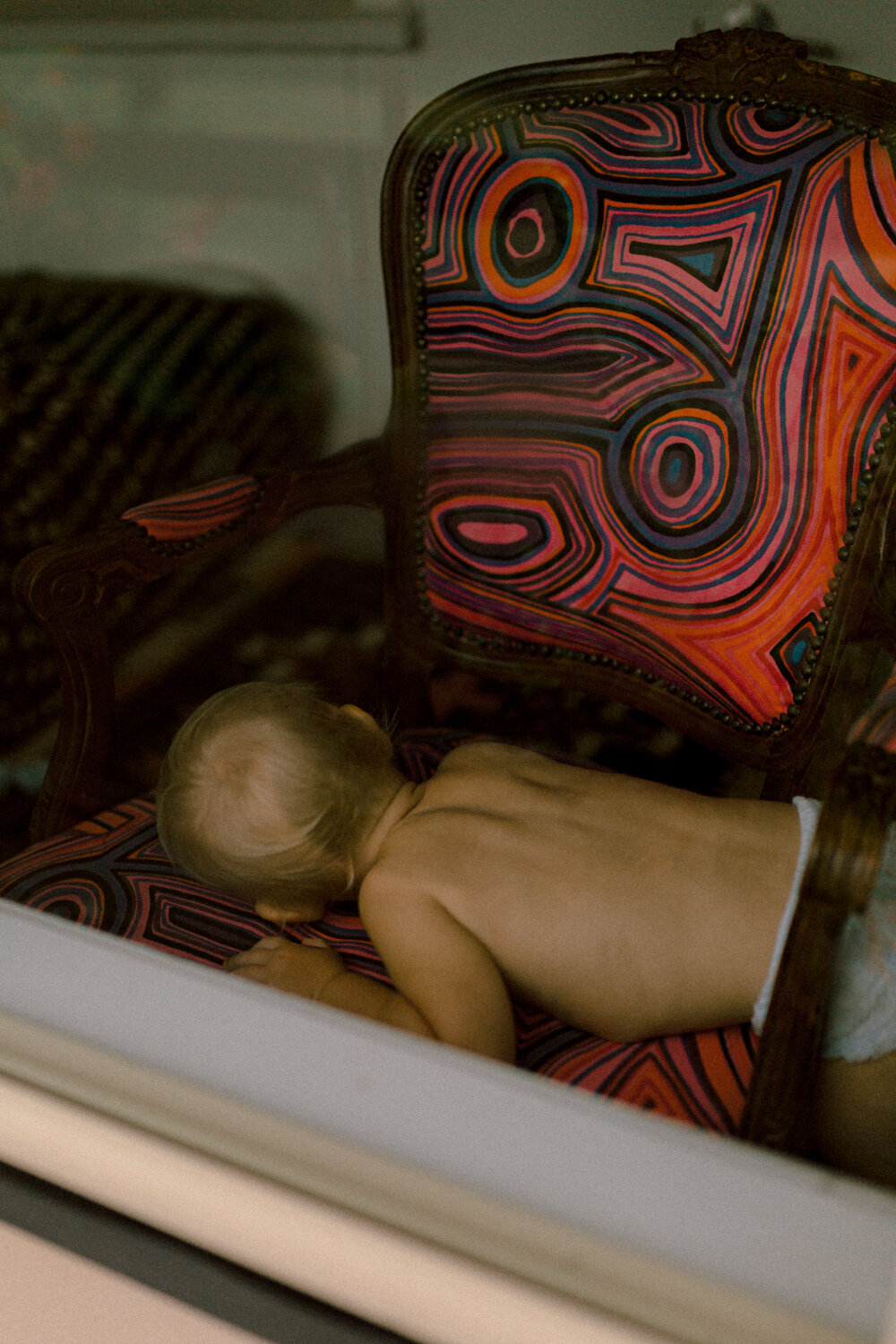
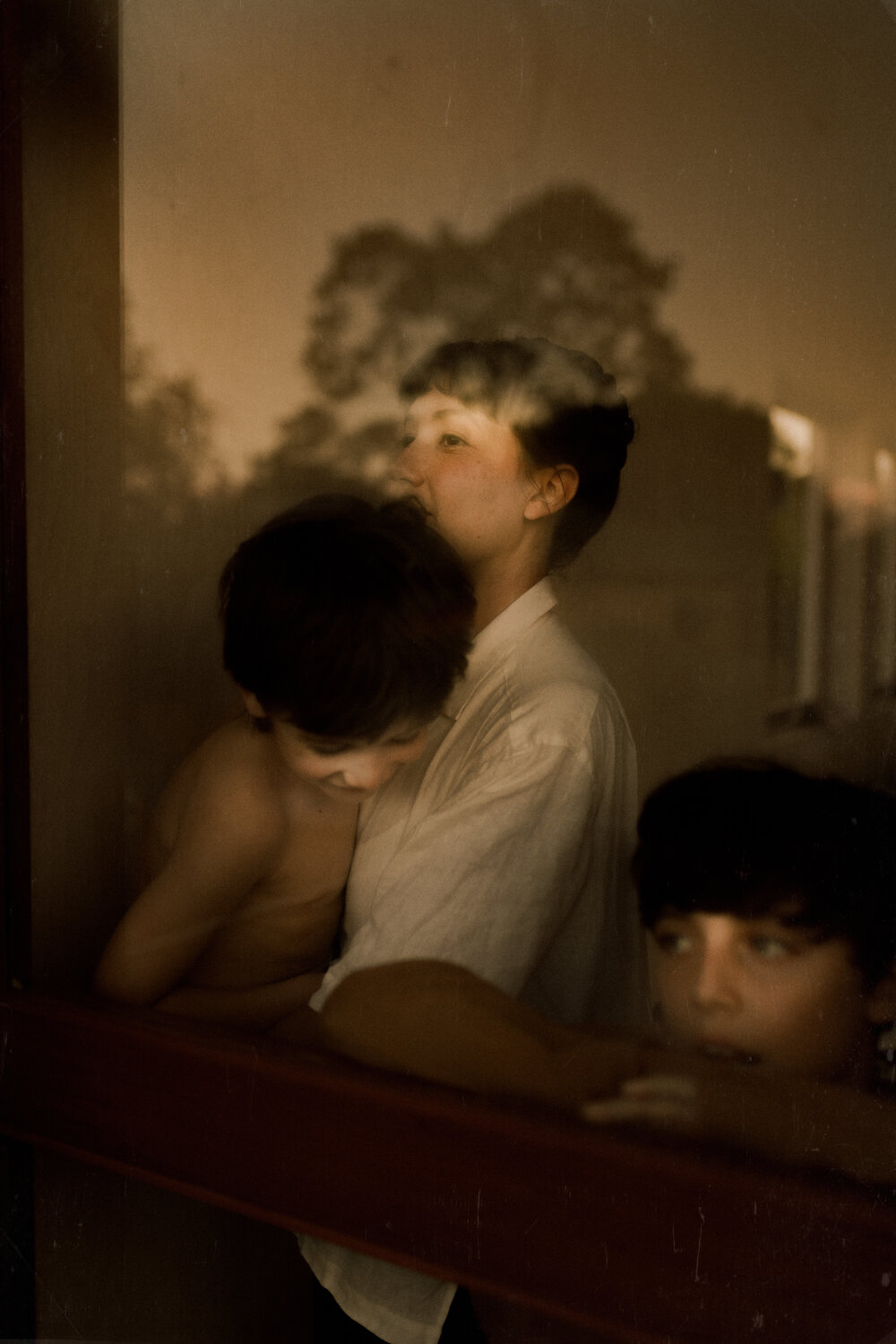
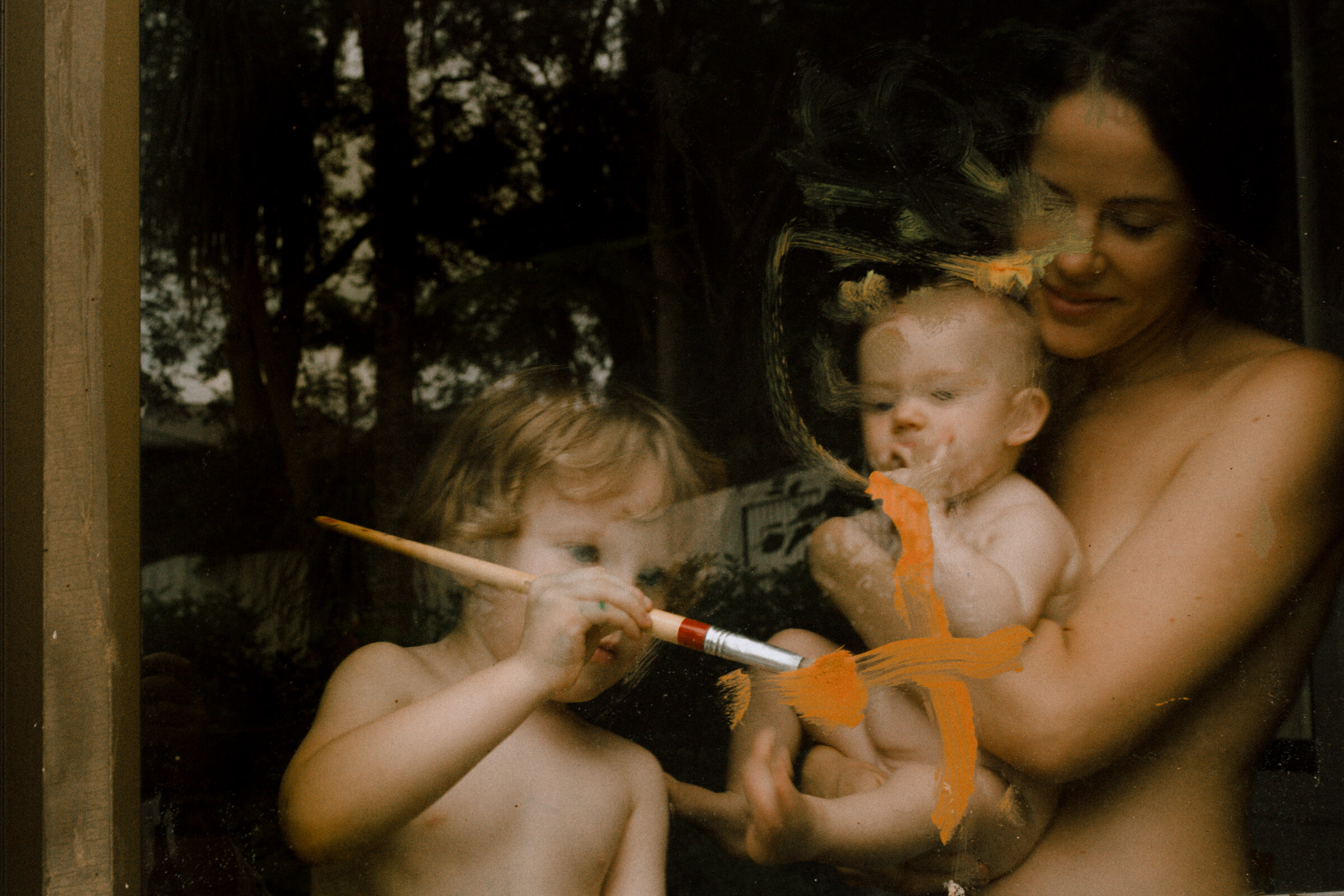
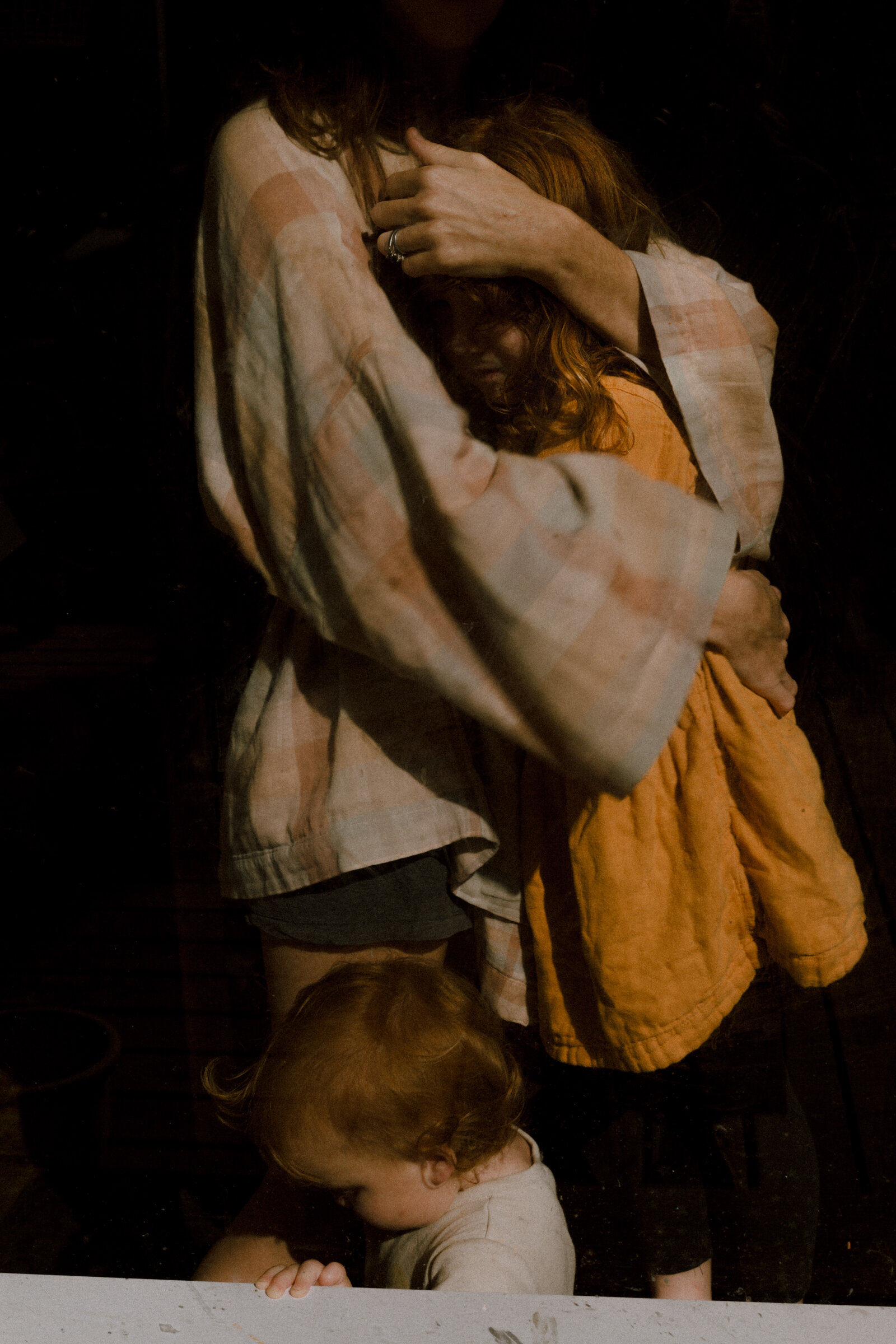
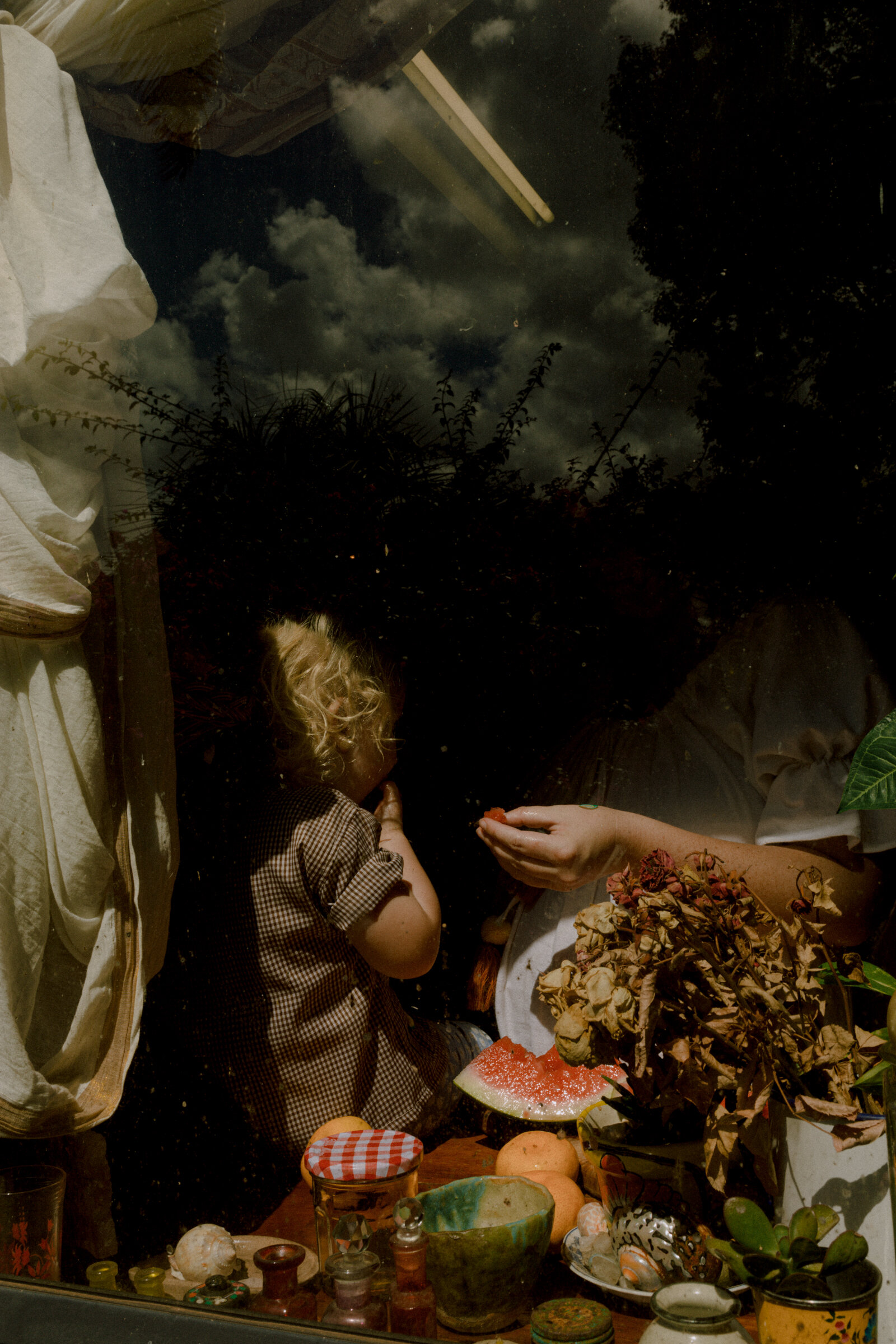

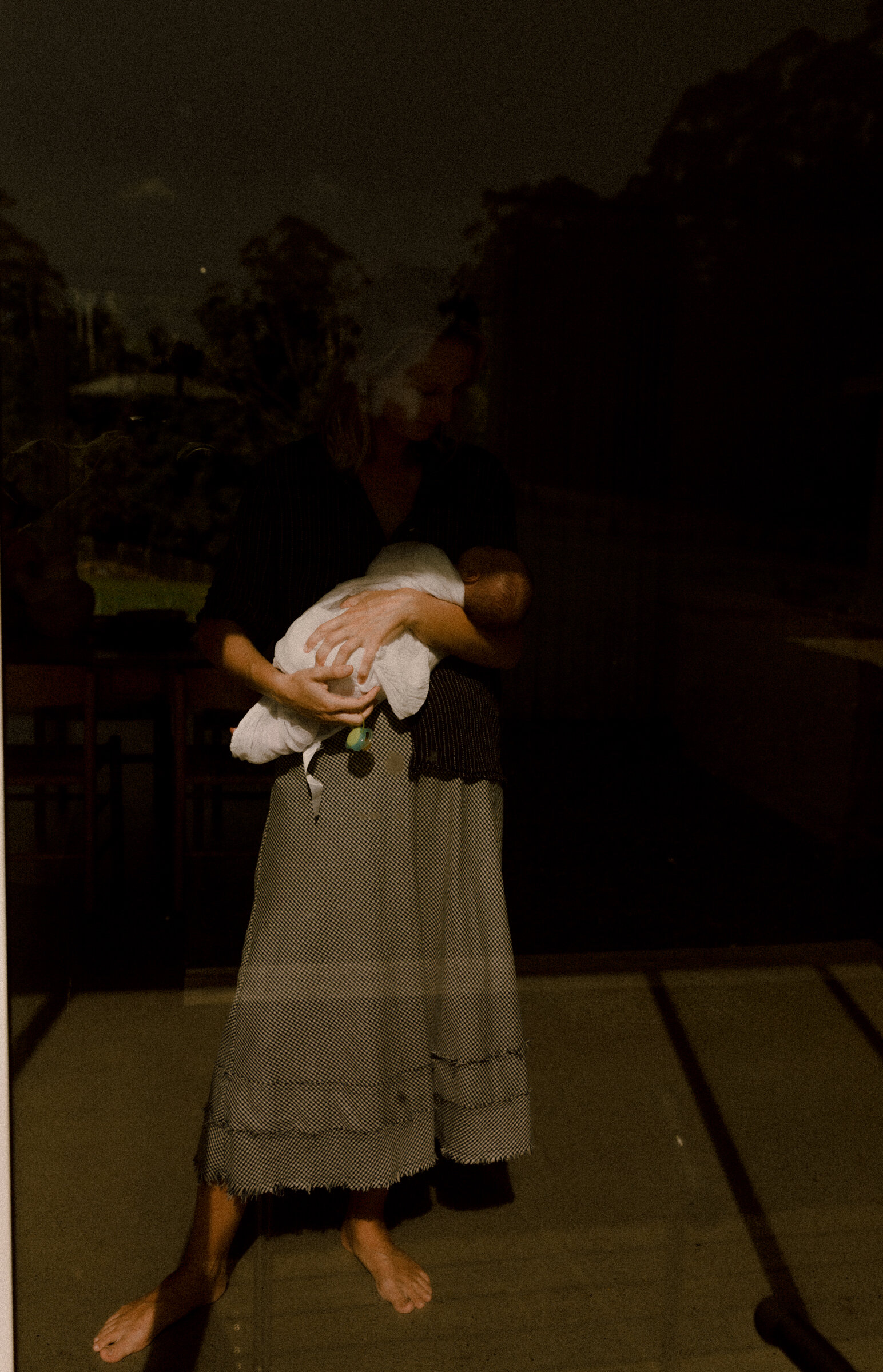
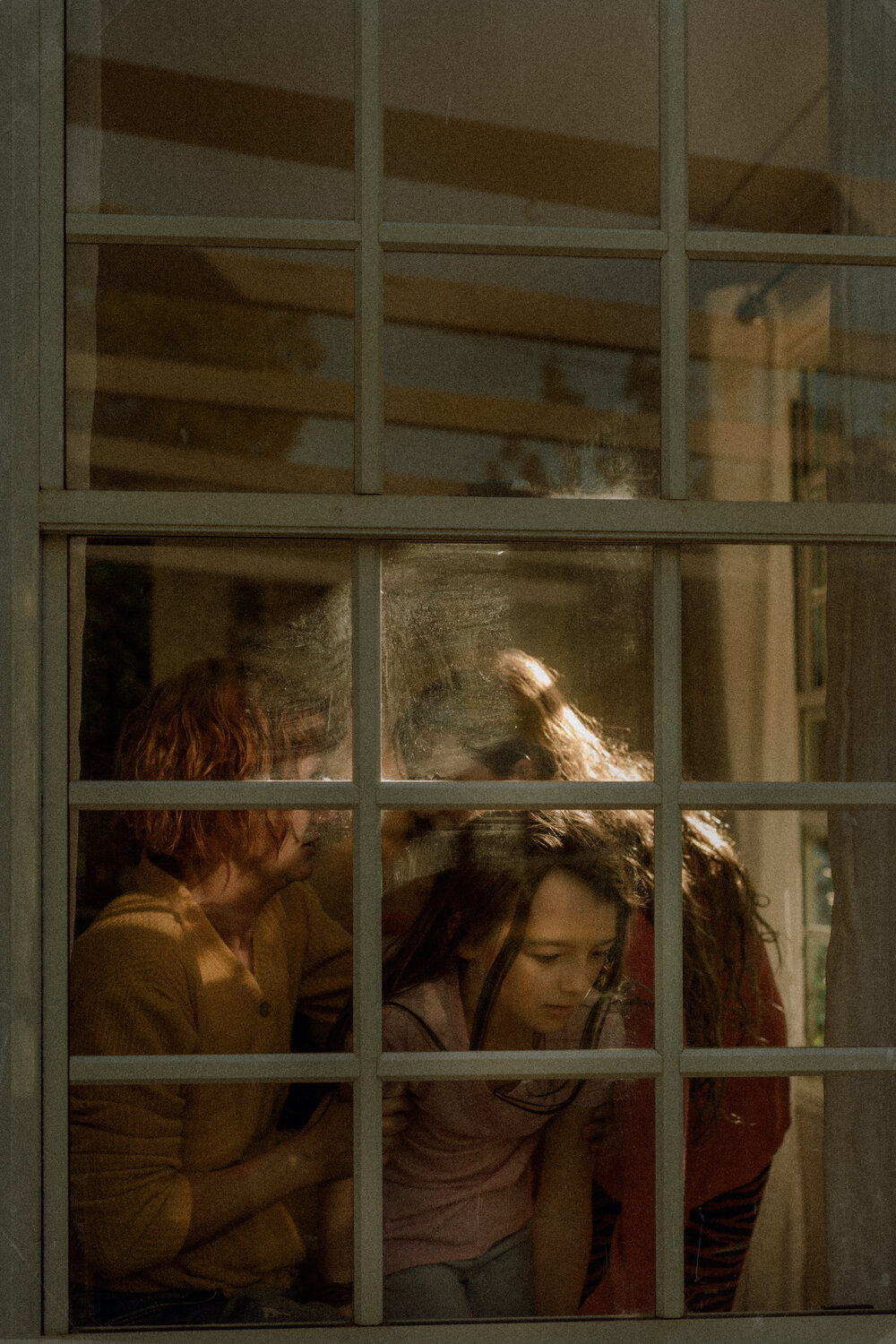
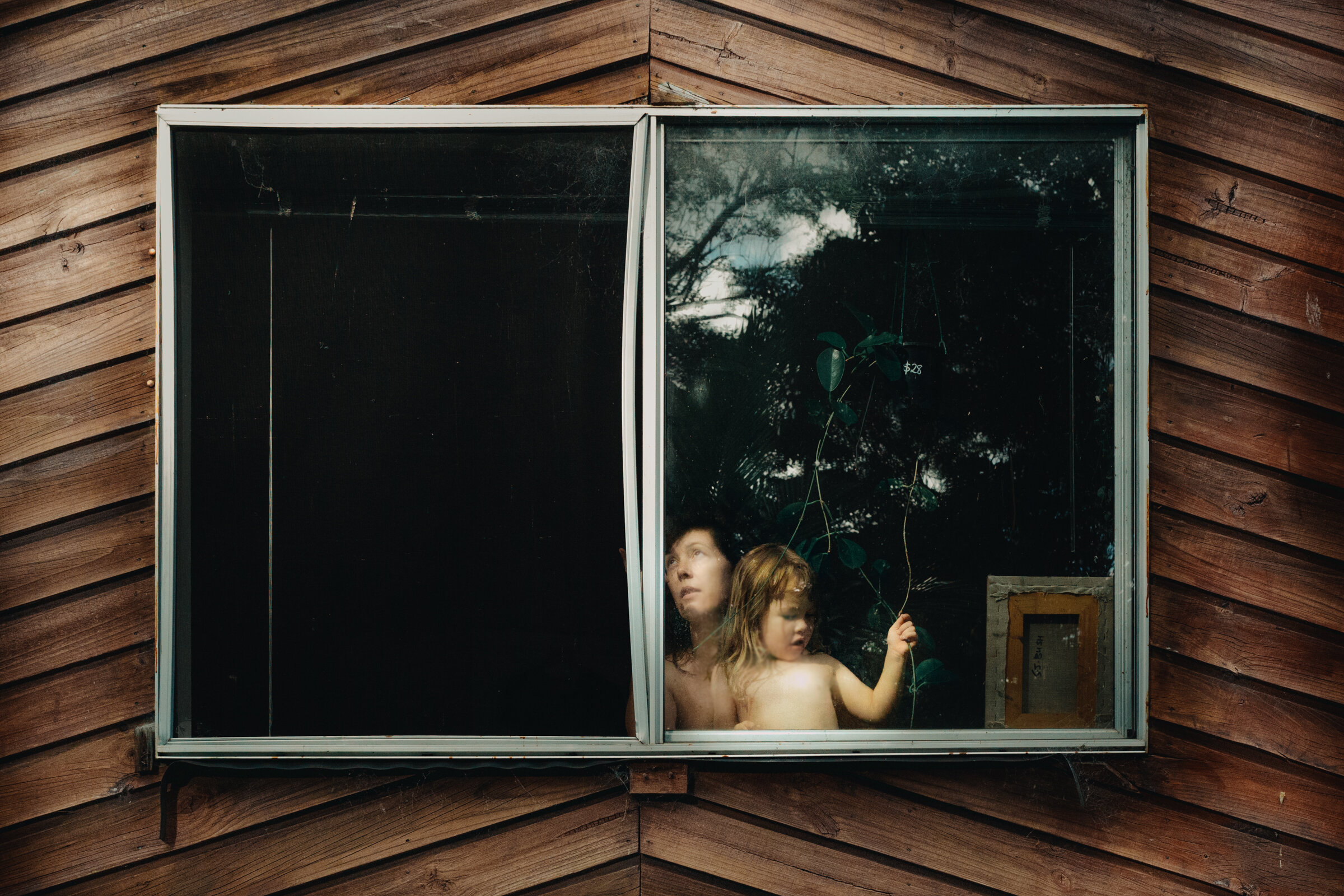

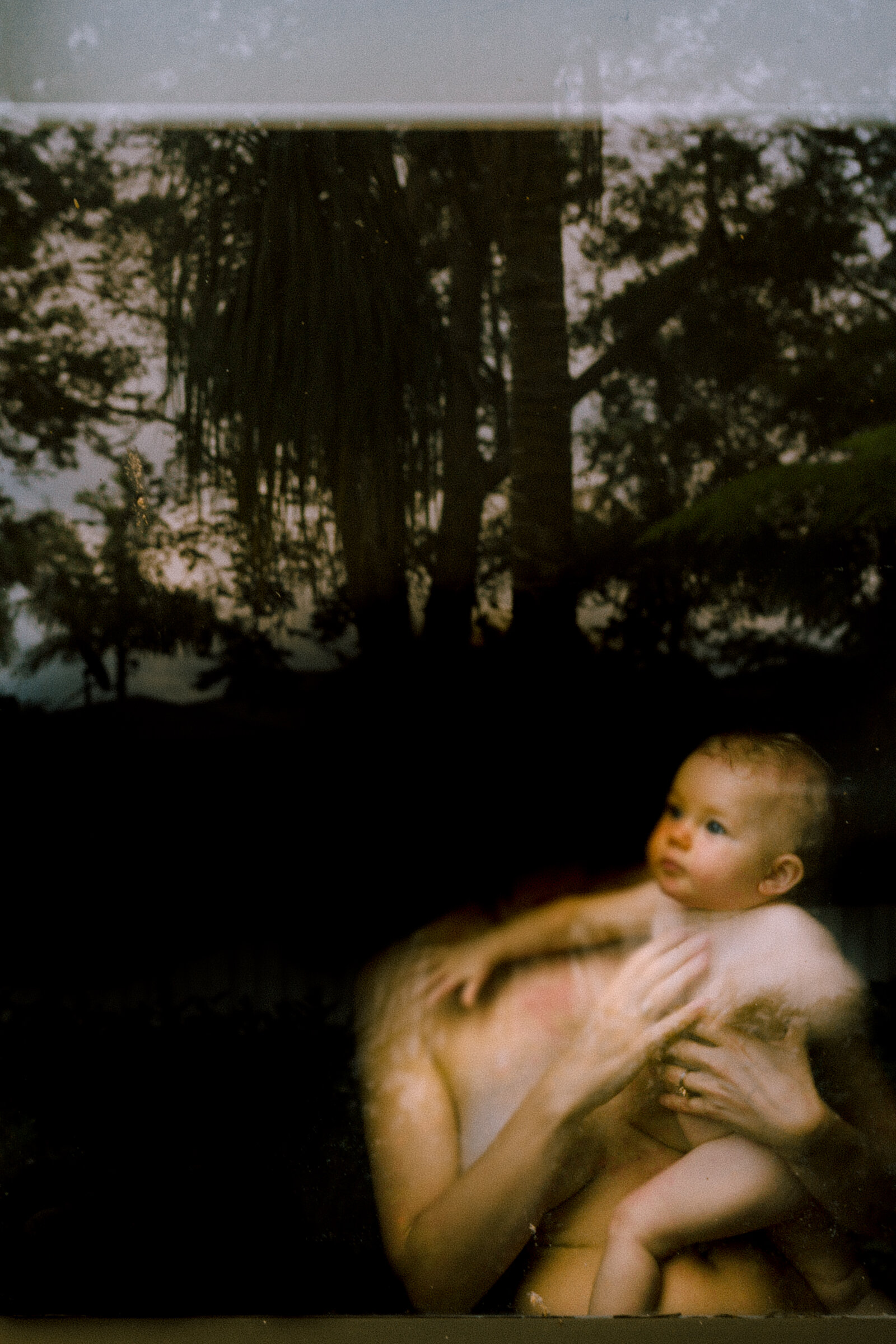
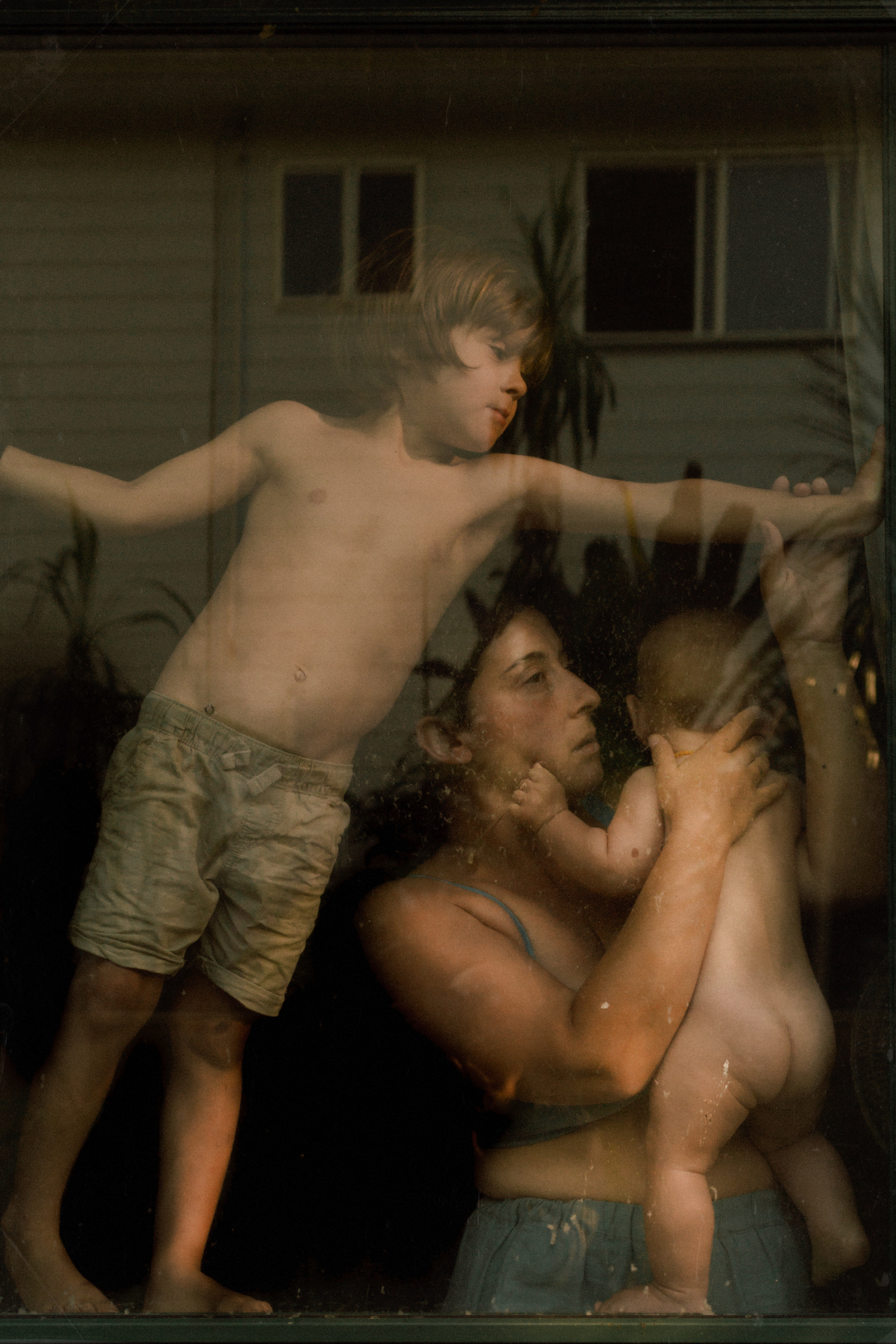

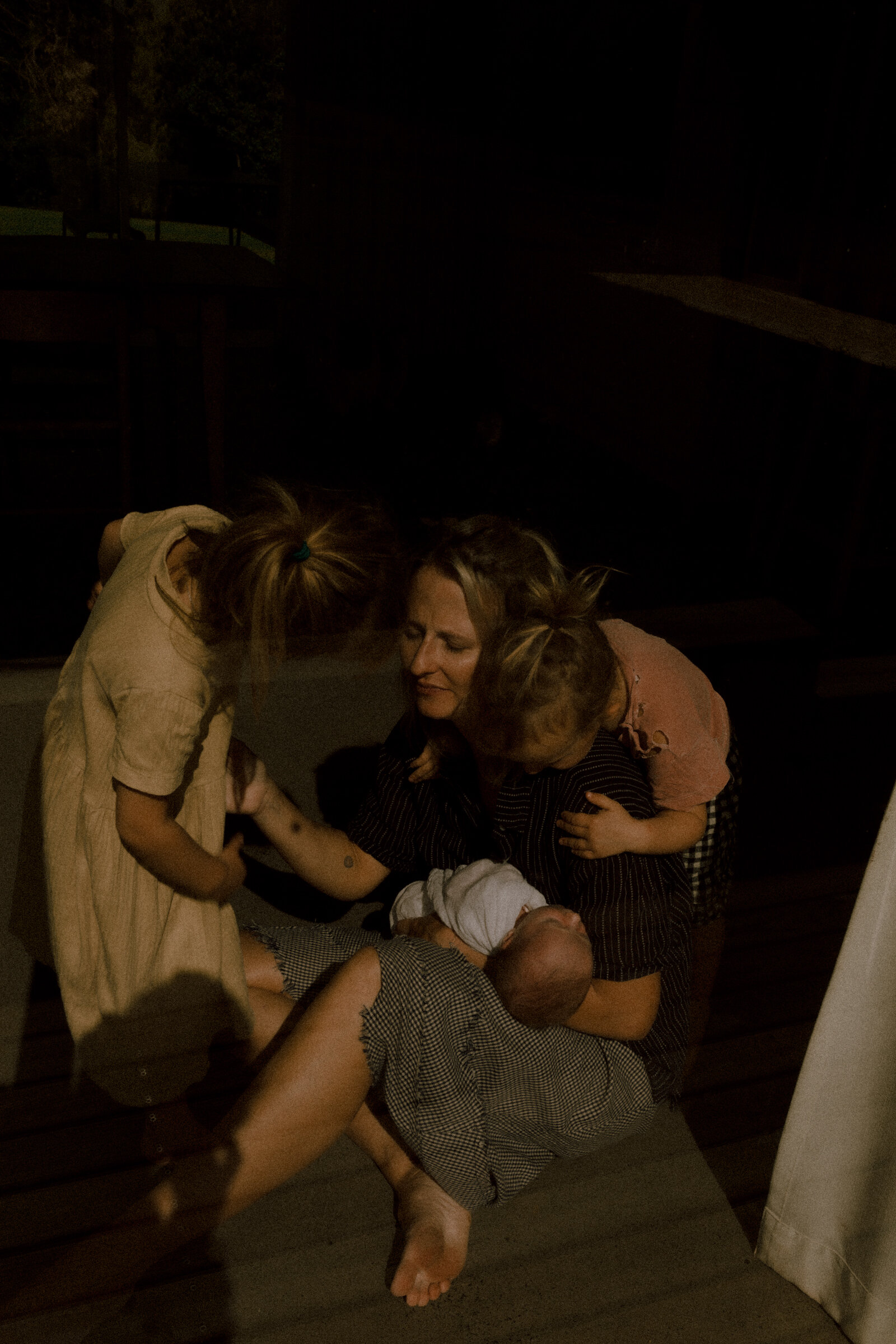
“Two new identities: Mother and Motherless.
The collision of birth and death marks the inception of what became a long-running commentary, nearly a decade in the making.
In-Passing began in 2015, the year Lisa became a mother to her first child, shortly followed by the loss of her mother to illness.
At first, the creation of images served as both a determined witness to a new reality and a therapeutic outlet for her grief and awe.
The images are saturated with the profound metamorphosis that accompanies motherhood, representing the corporeal and psychological shifts that redefine the self. Reminiscent of the adolescent journey, this evolution of identity navigates a liminal space where the maternal self simultaneously vanishes and is reborn—a quiet reinvention at the threshold of both loss and renewal.
In its most apparent form, it is a visceral account of the chaos and intimacy within the familial space during her children’s formative years. Each image speaks to the complexities, intimacy, and emotional landscapes of the mother-child universe.
Beyond this, there lies the pursuit of something more elusive—an intangible force that lingers at the periphery of memory and consciousness. It is the unspoken weight of motherhood, shaping each experience in ways that are deeply felt but not always easily understood.”
The collision of birth and death marks the inception of what became a long-running commentary, nearly a decade in the making.
In-Passing began in 2015, the year Lisa became a mother to her first child, shortly followed by the loss of her mother to illness.
At first, the creation of images served as both a determined witness to a new reality and a therapeutic outlet for her grief and awe.
The images are saturated with the profound metamorphosis that accompanies motherhood, representing the corporeal and psychological shifts that redefine the self. Reminiscent of the adolescent journey, this evolution of identity navigates a liminal space where the maternal self simultaneously vanishes and is reborn—a quiet reinvention at the threshold of both loss and renewal.
In its most apparent form, it is a visceral account of the chaos and intimacy within the familial space during her children’s formative years. Each image speaks to the complexities, intimacy, and emotional landscapes of the mother-child universe.
Beyond this, there lies the pursuit of something more elusive—an intangible force that lingers at the periphery of memory and consciousness. It is the unspoken weight of motherhood, shaping each experience in ways that are deeply felt but not always easily understood.”


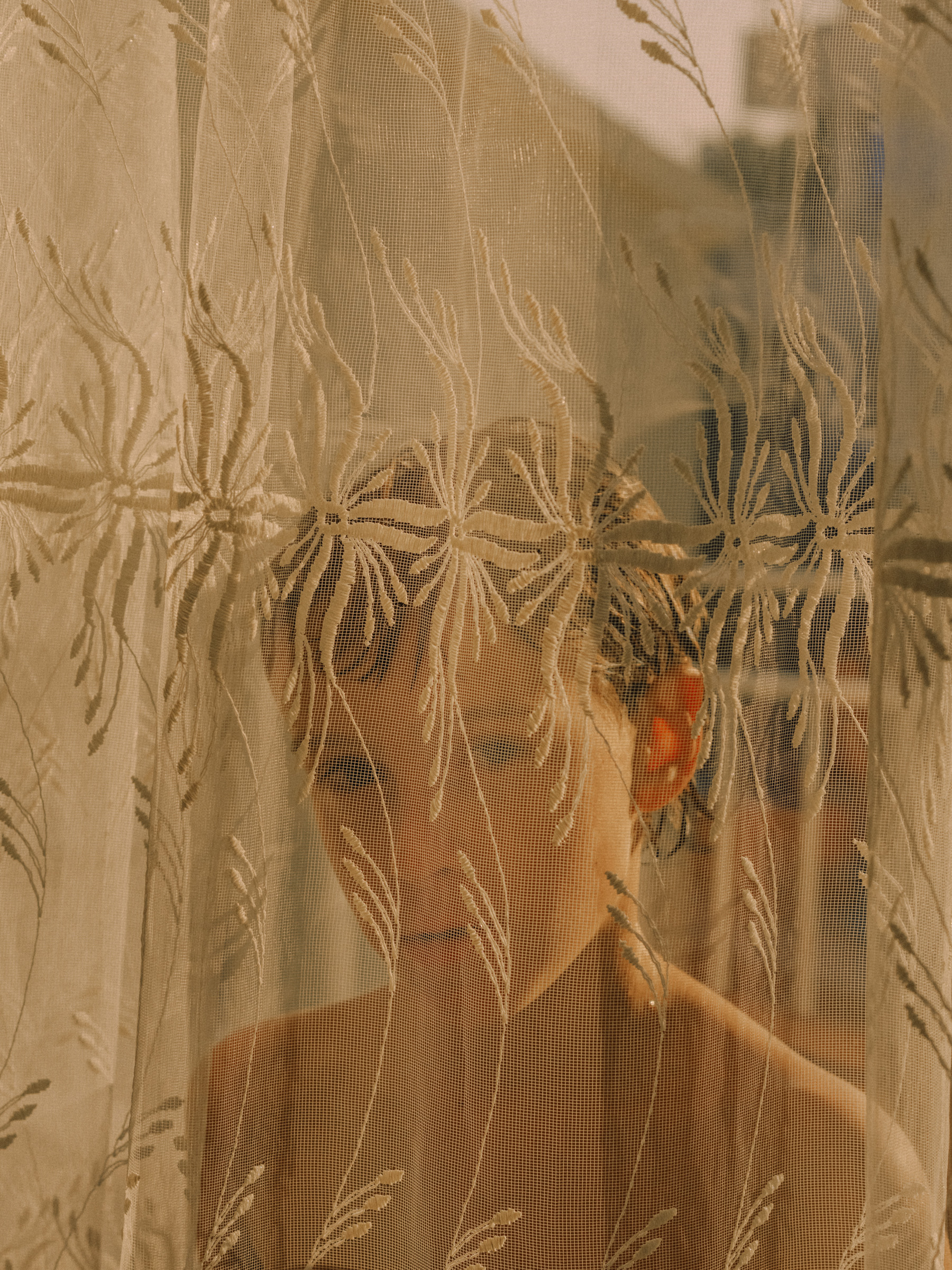


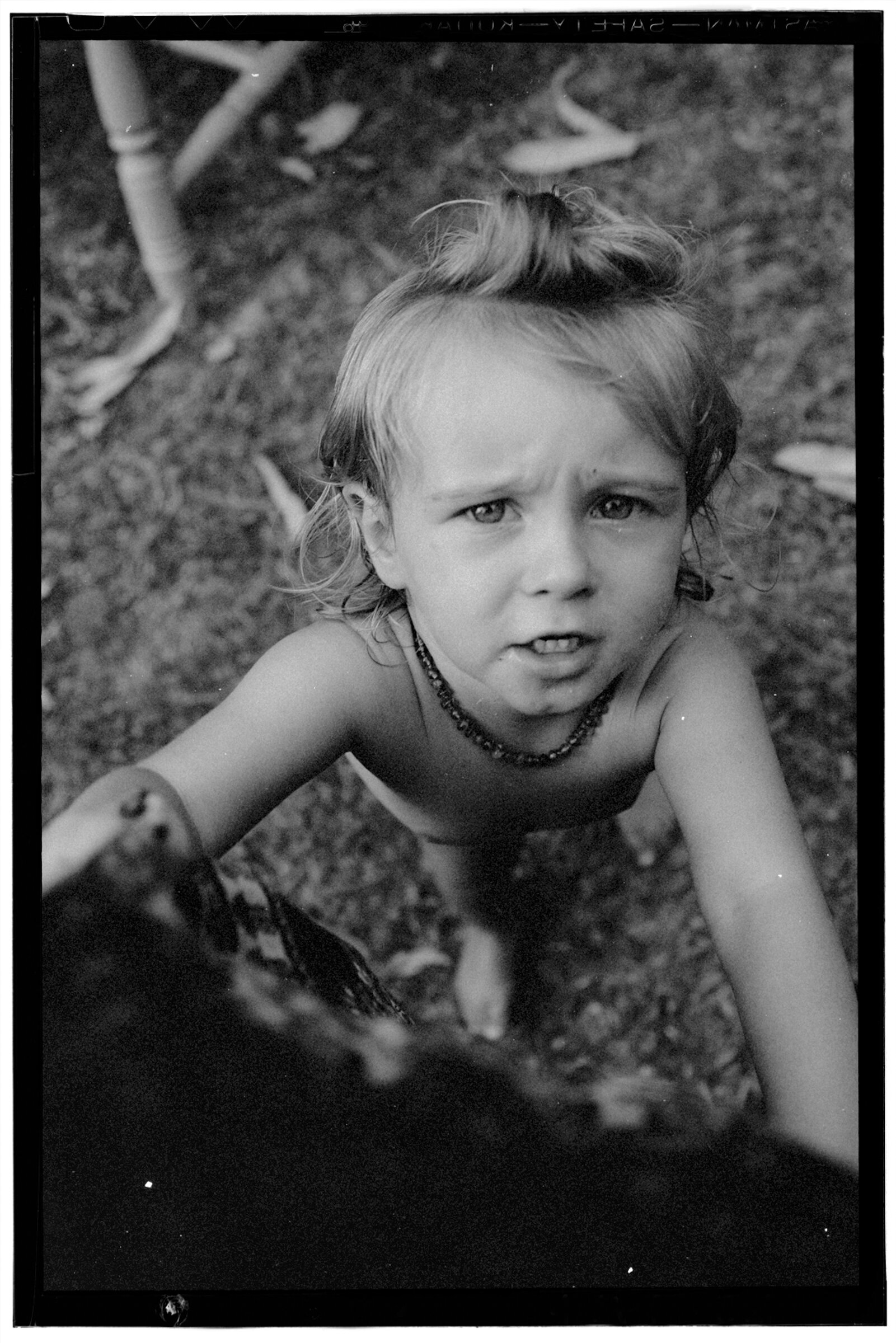


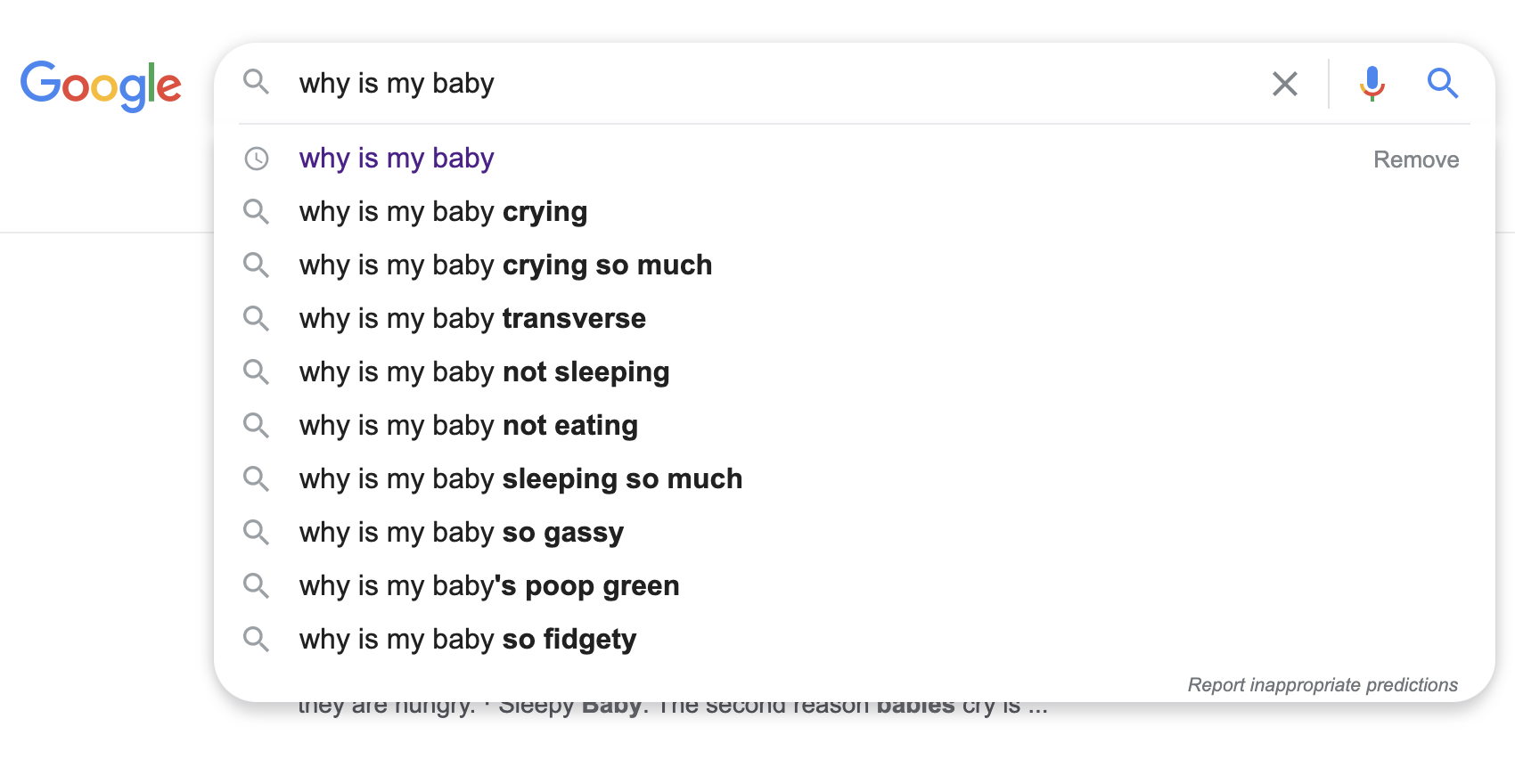
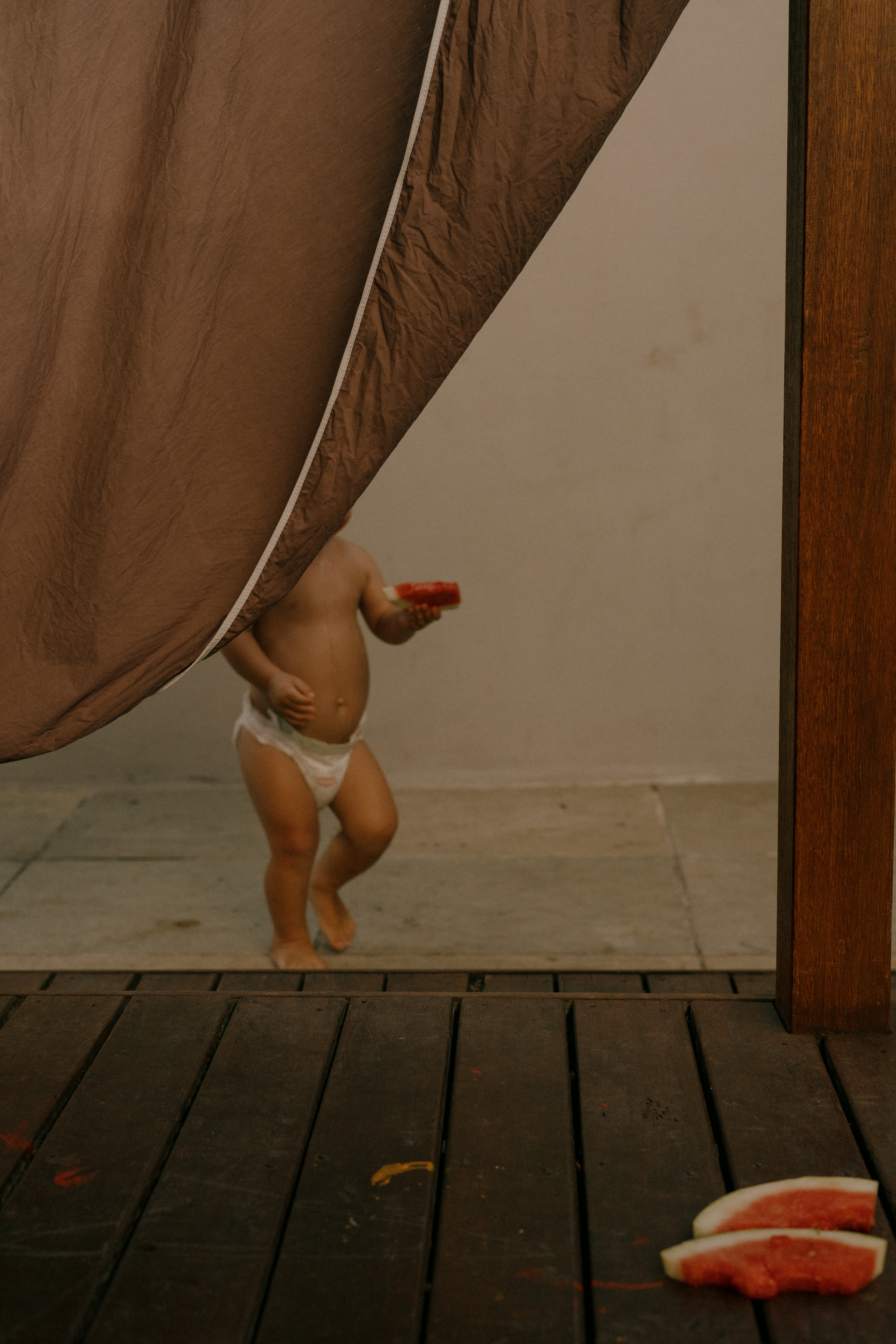









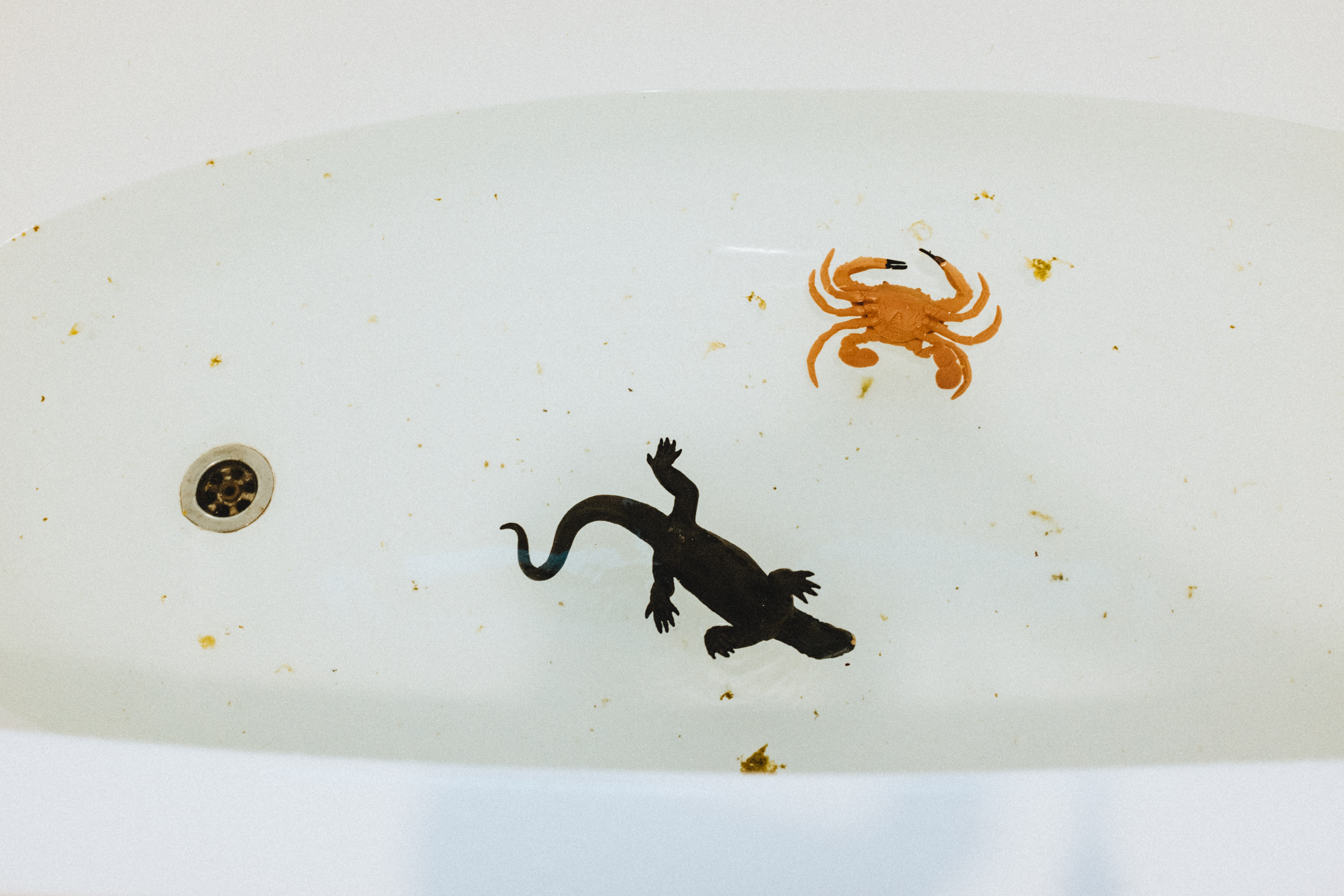


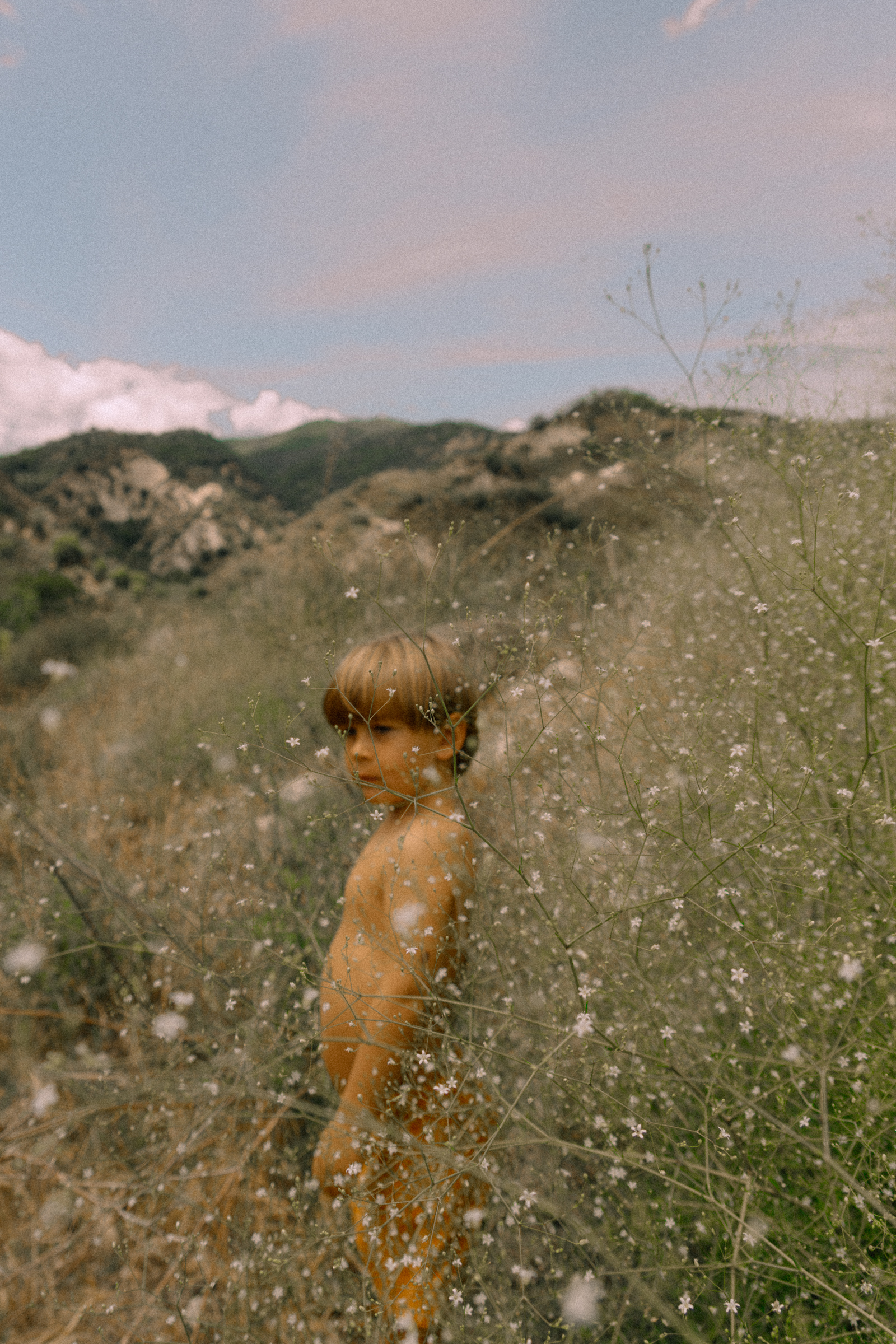

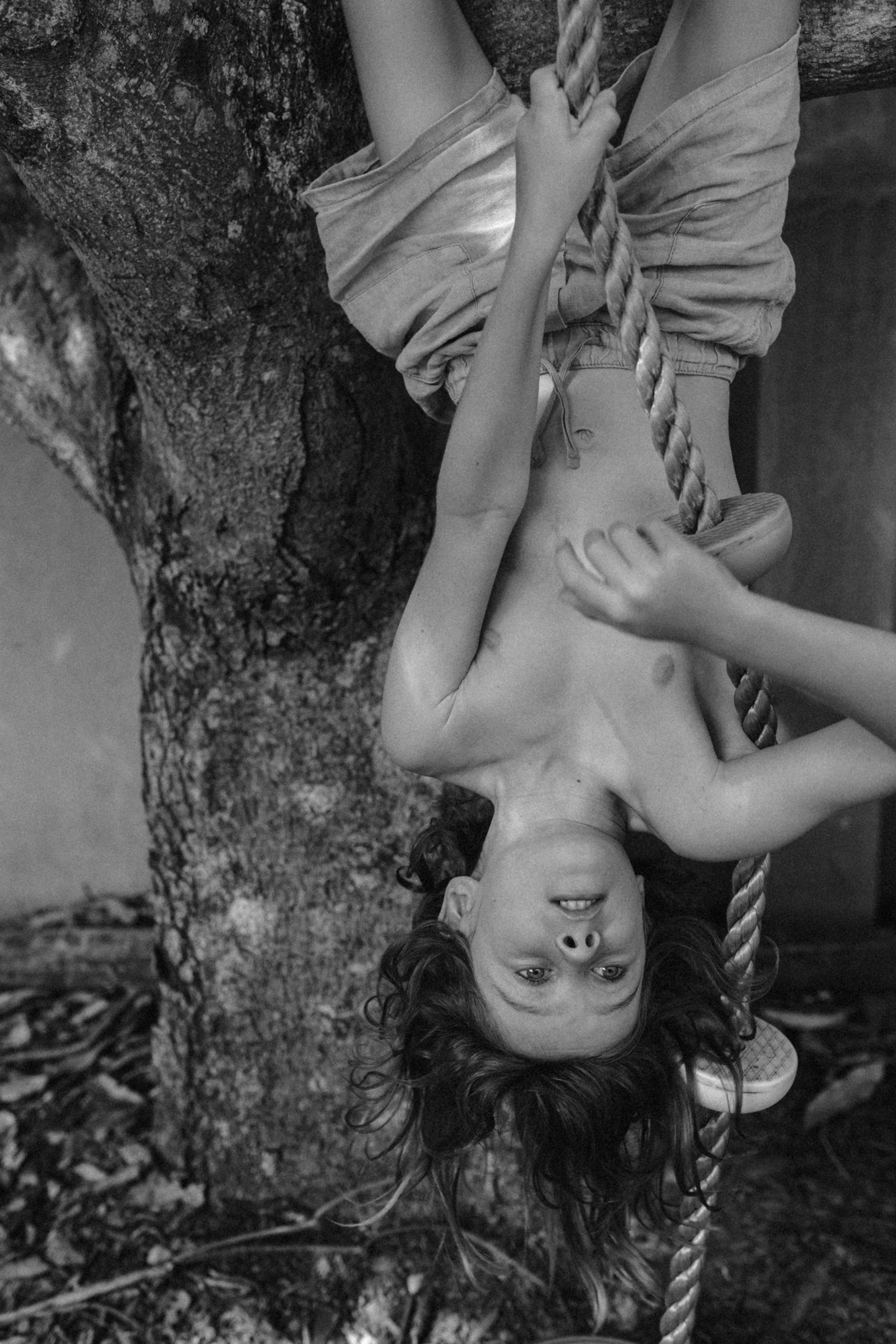
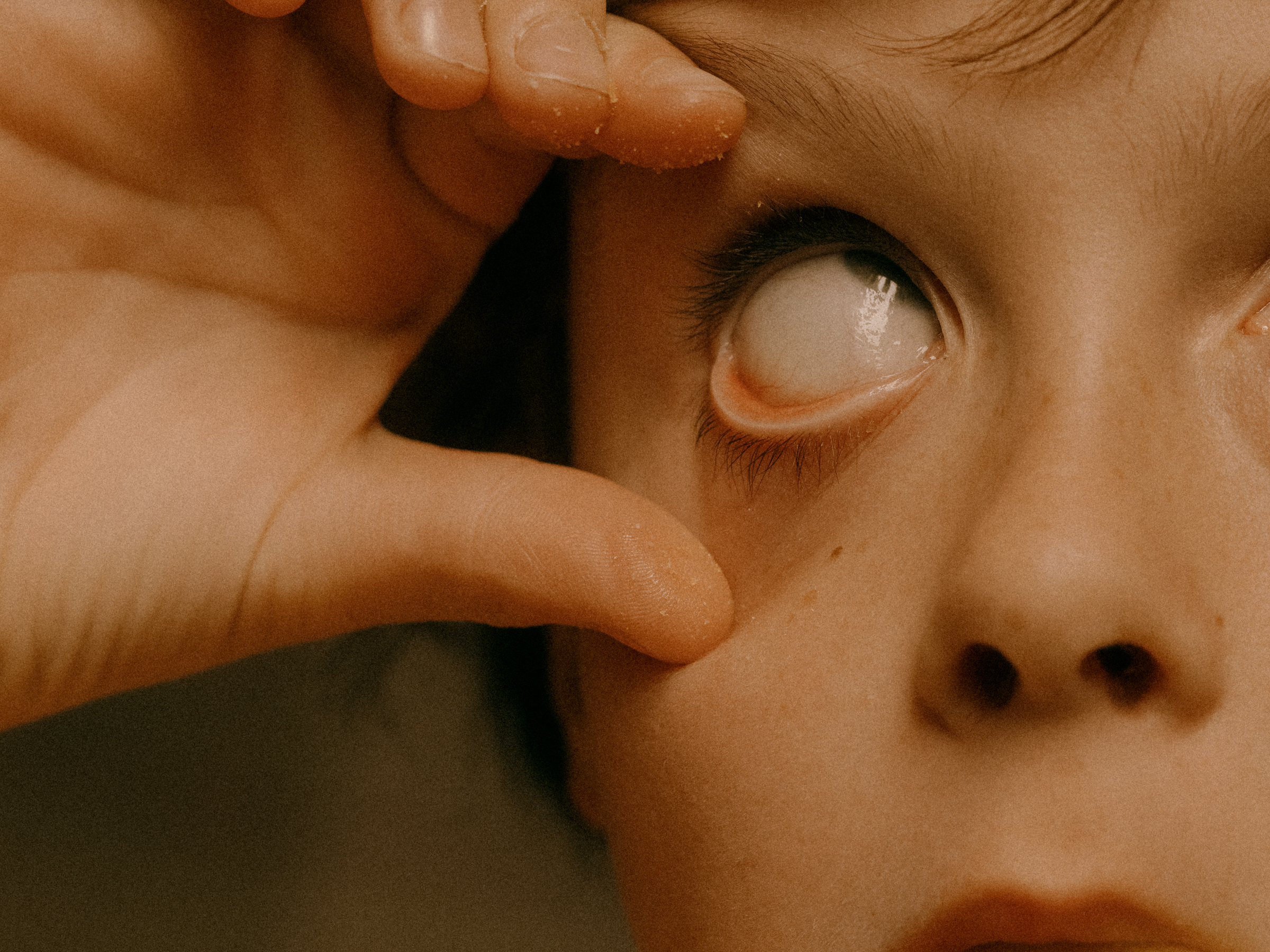


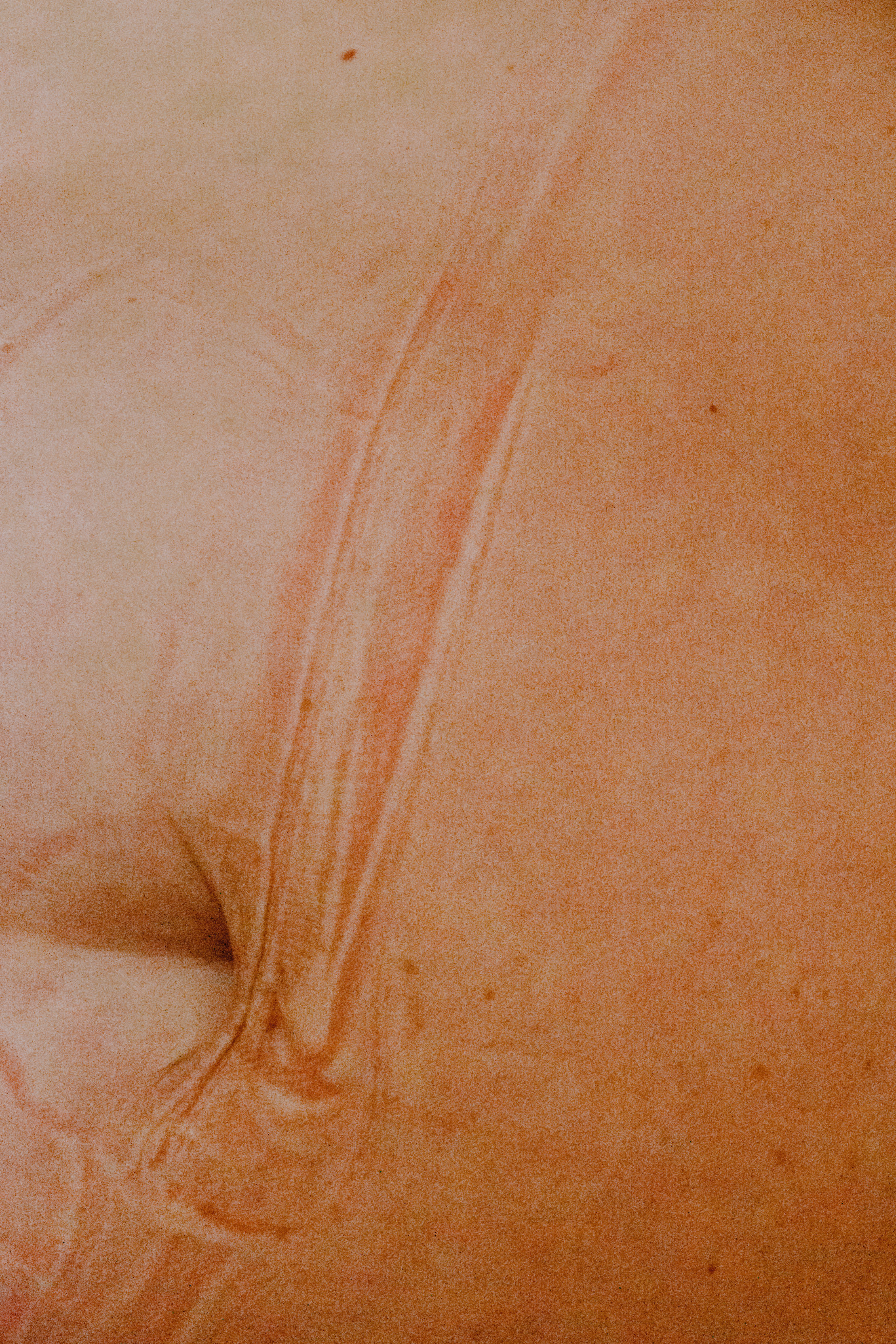


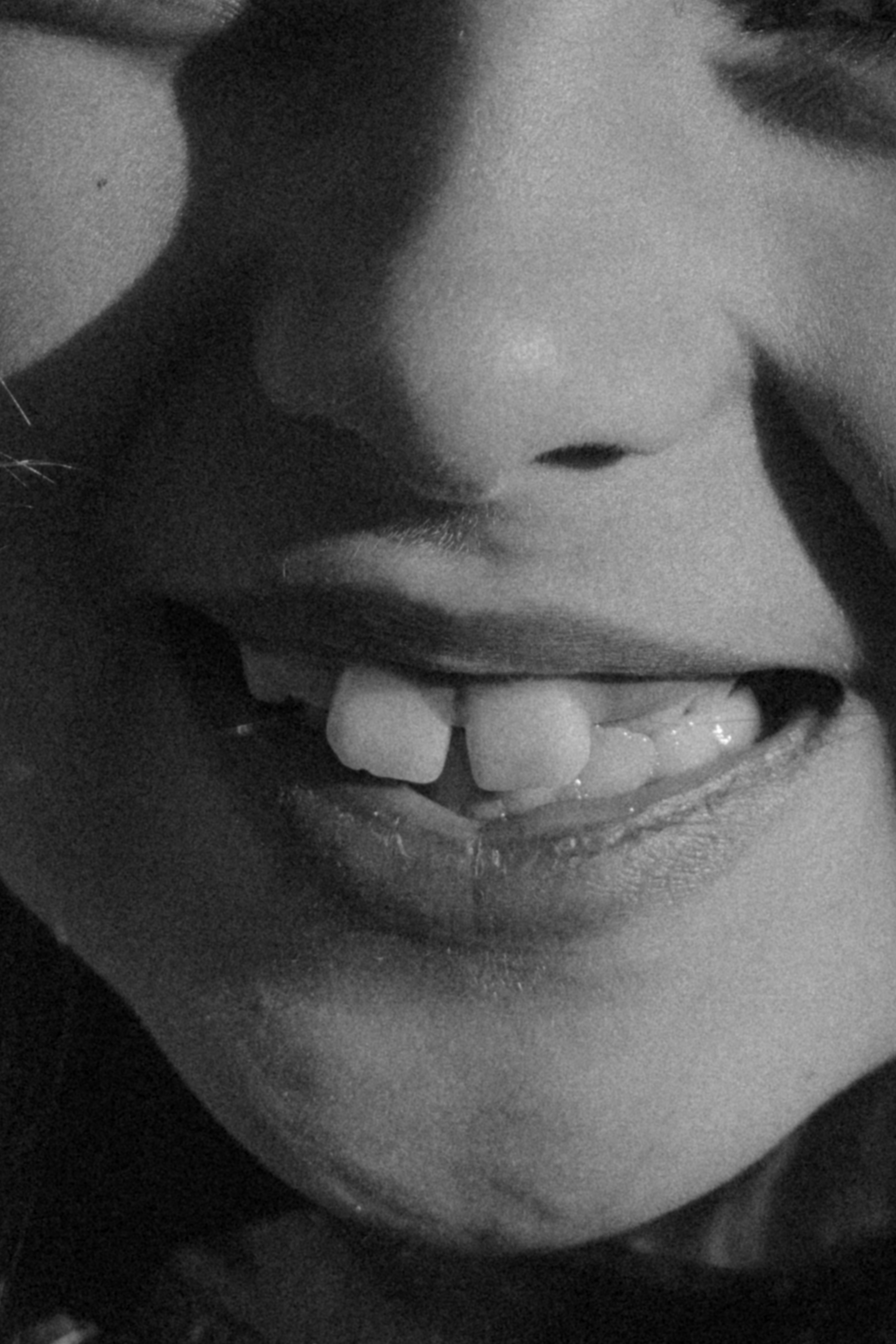

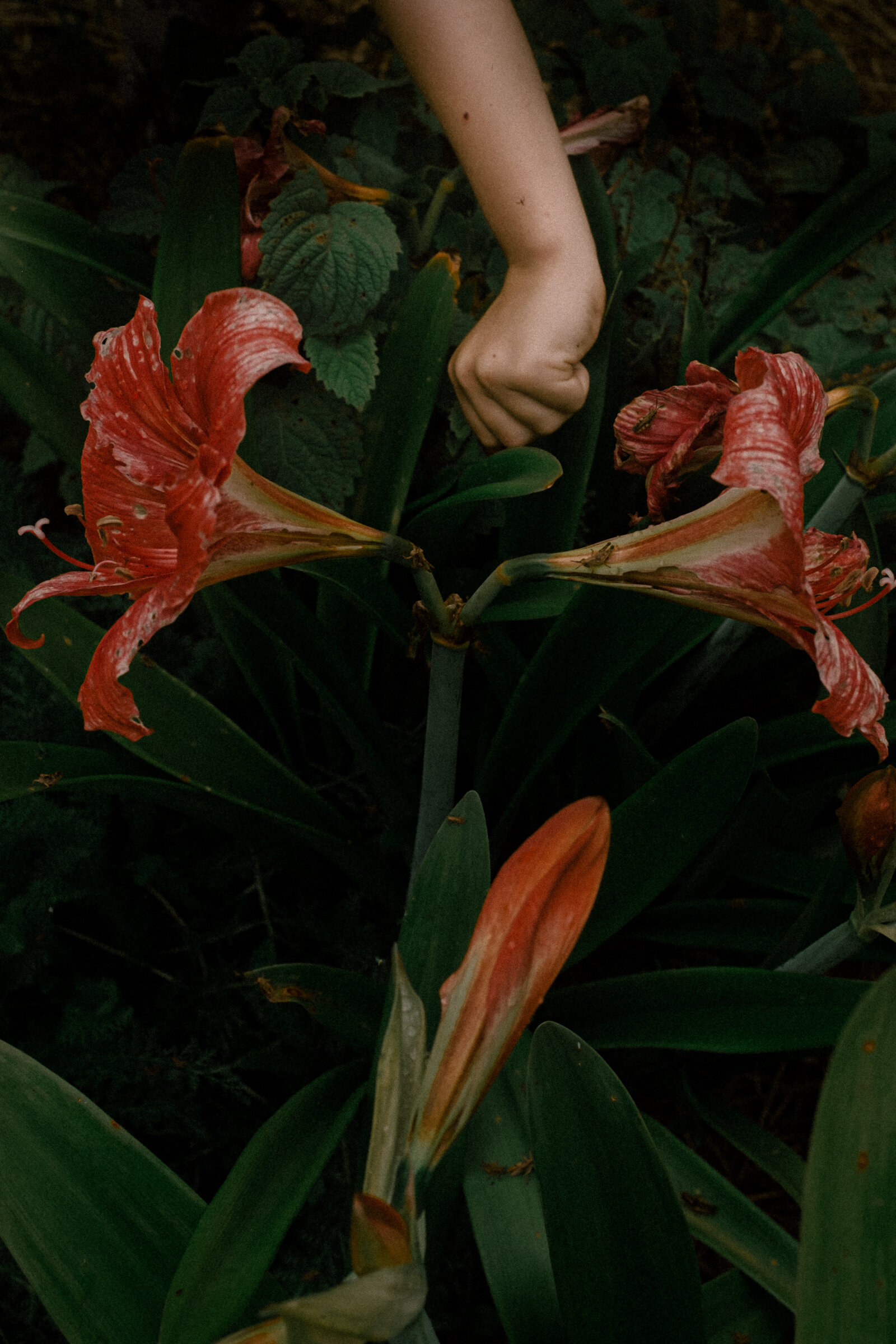
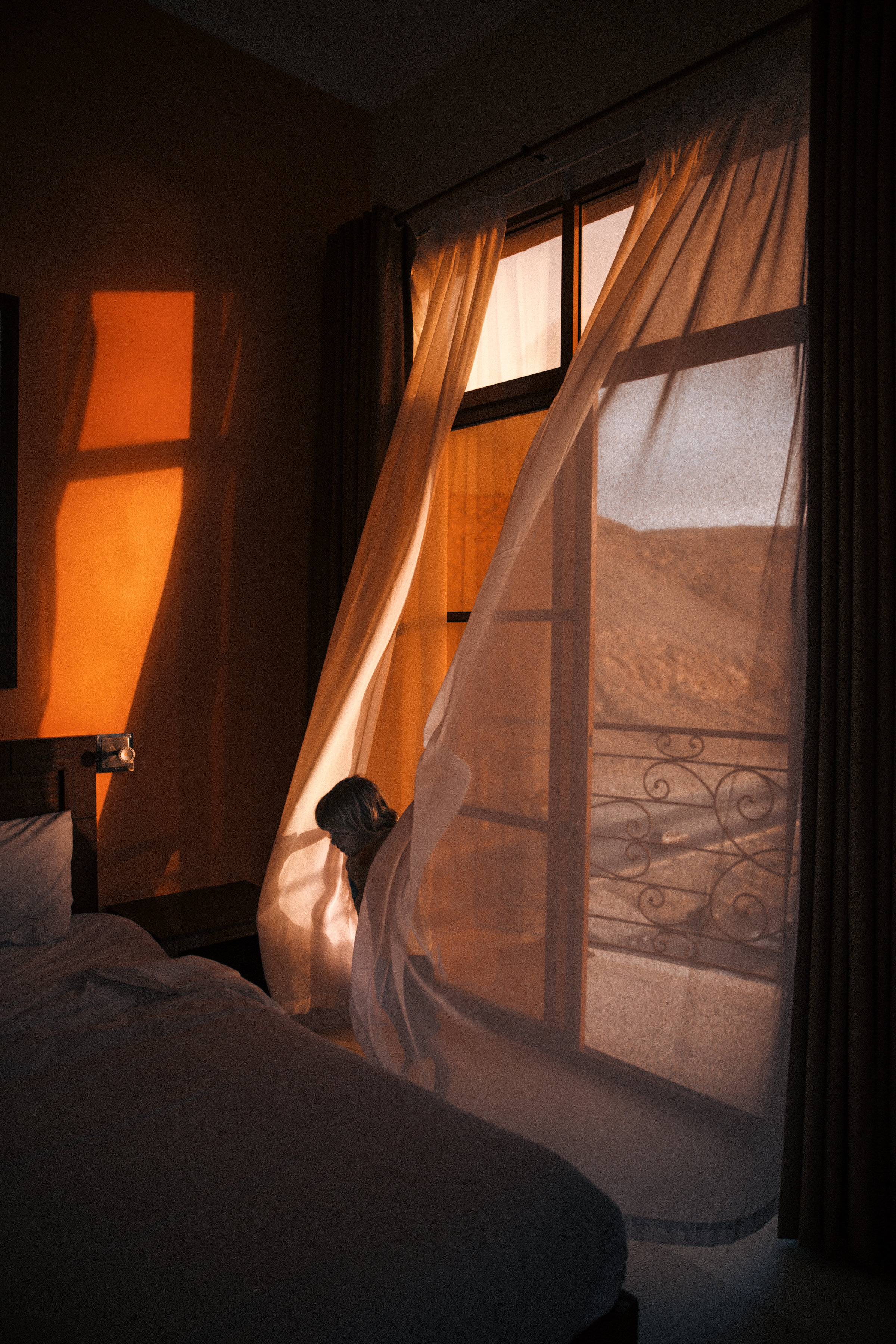
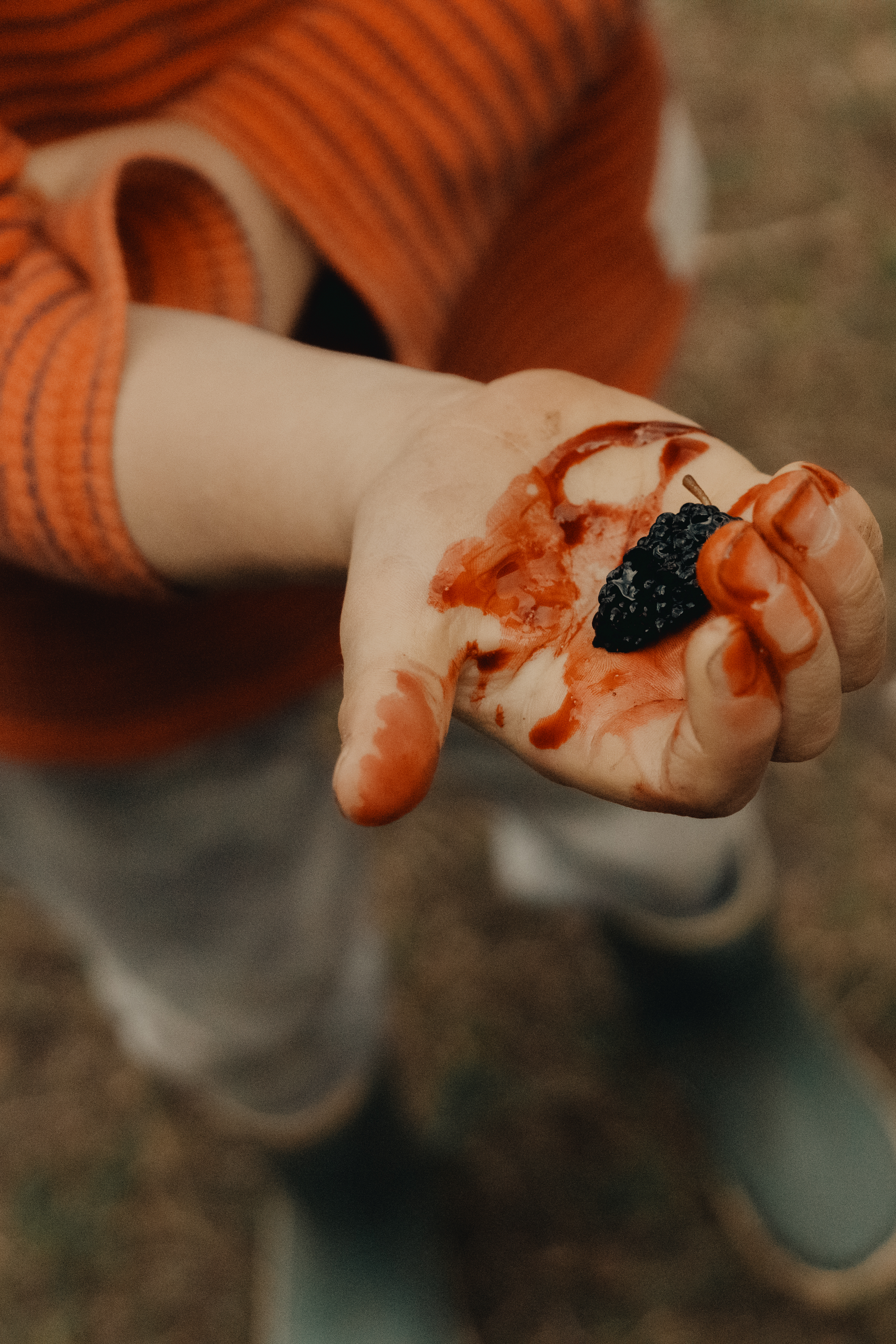



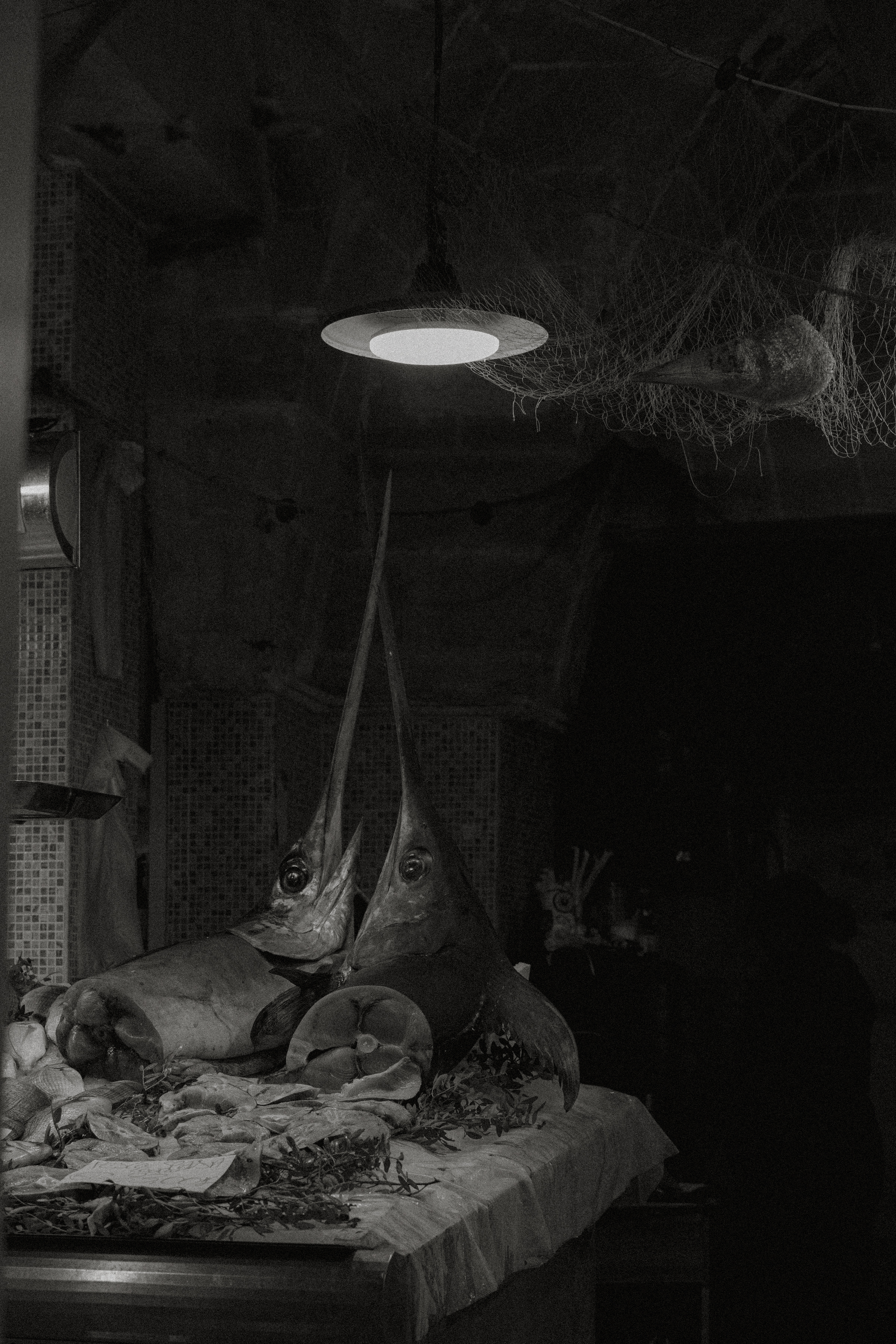
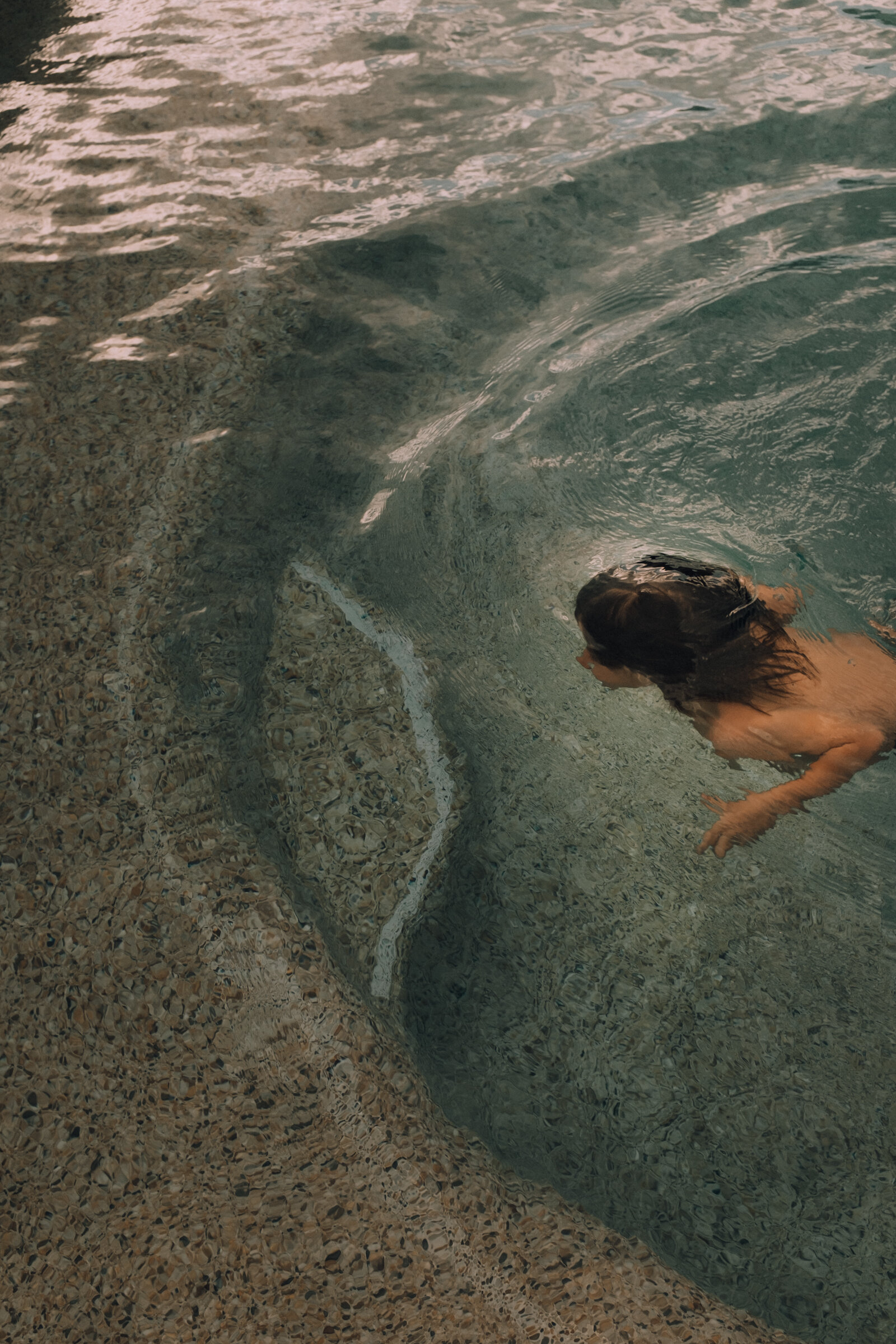
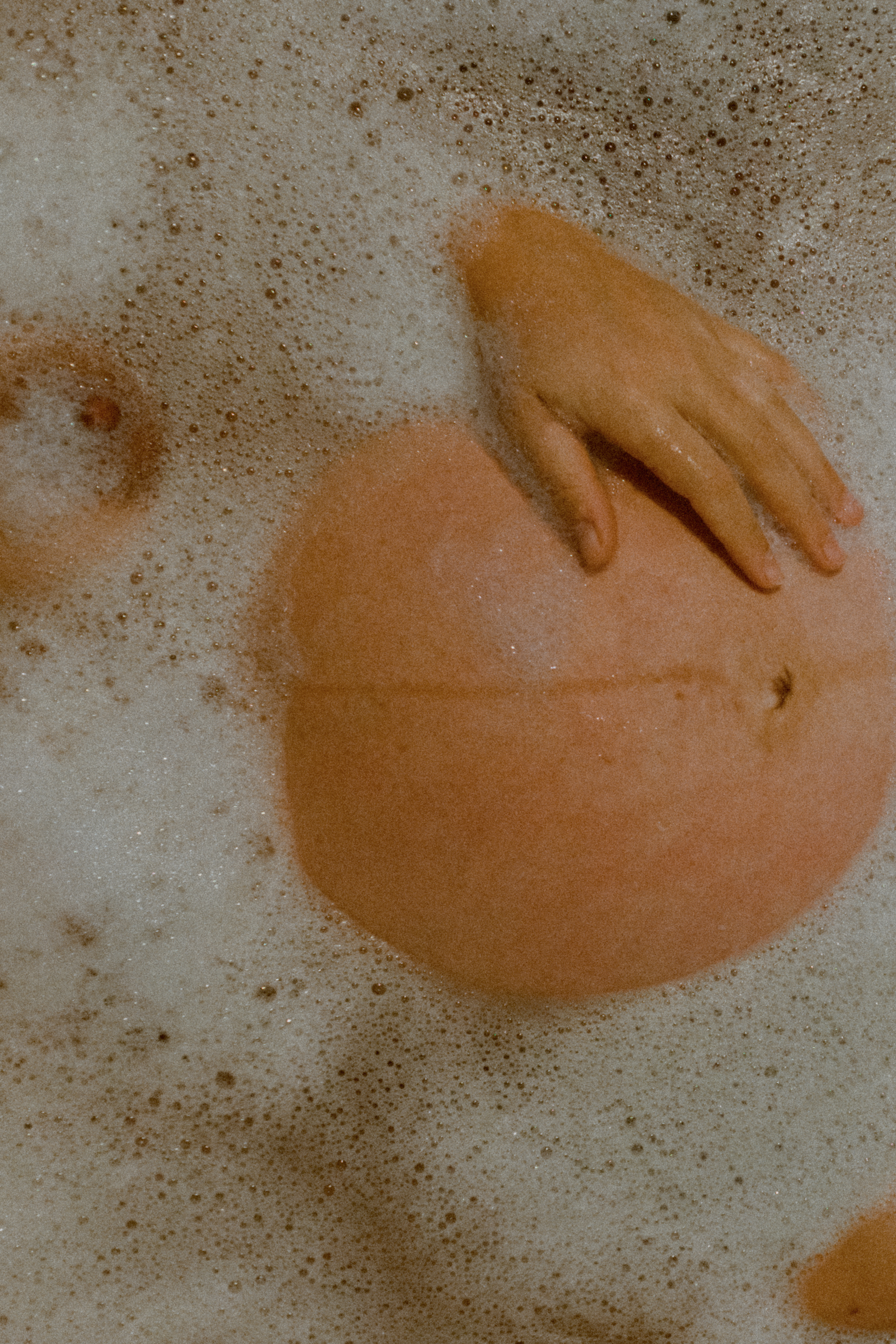

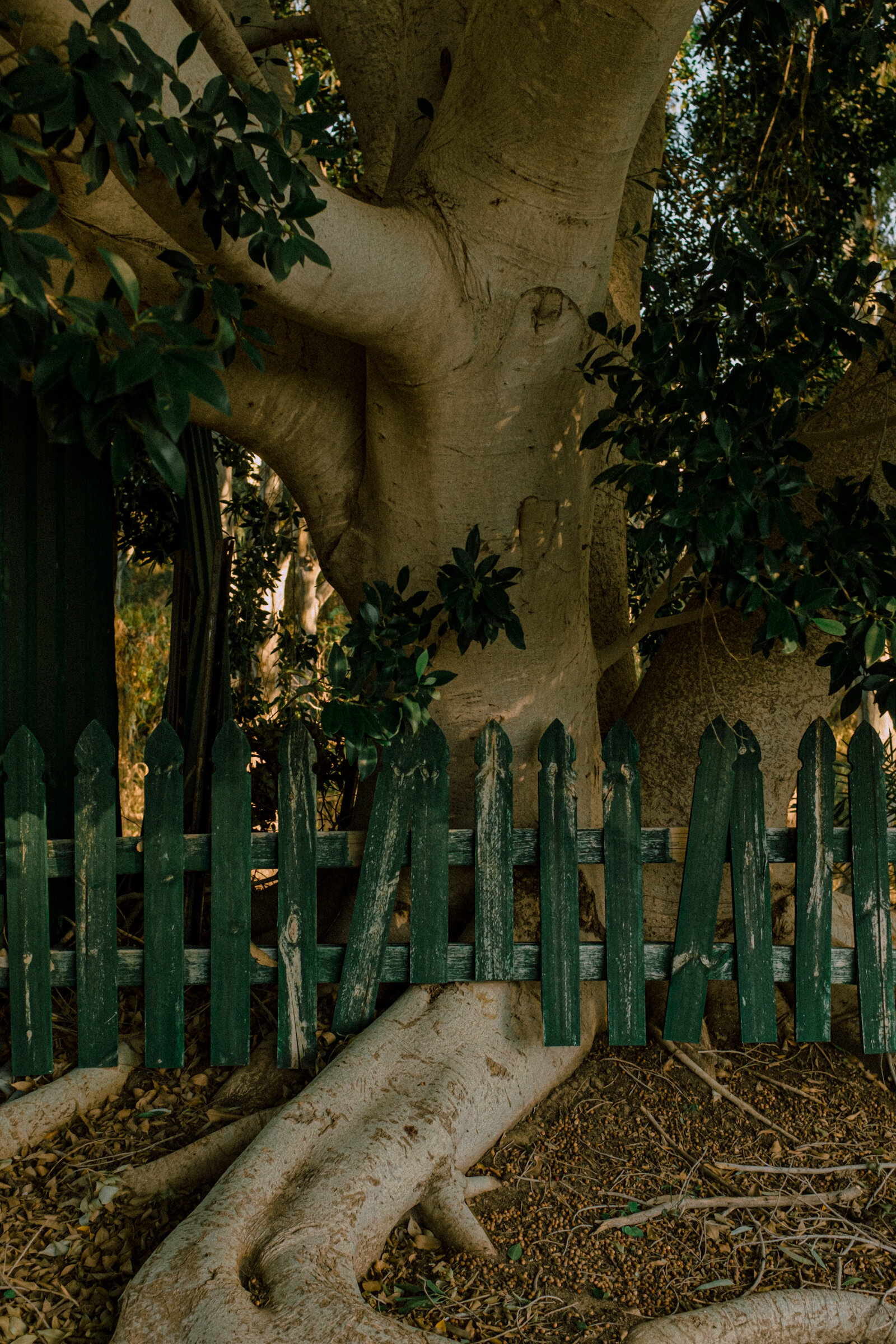
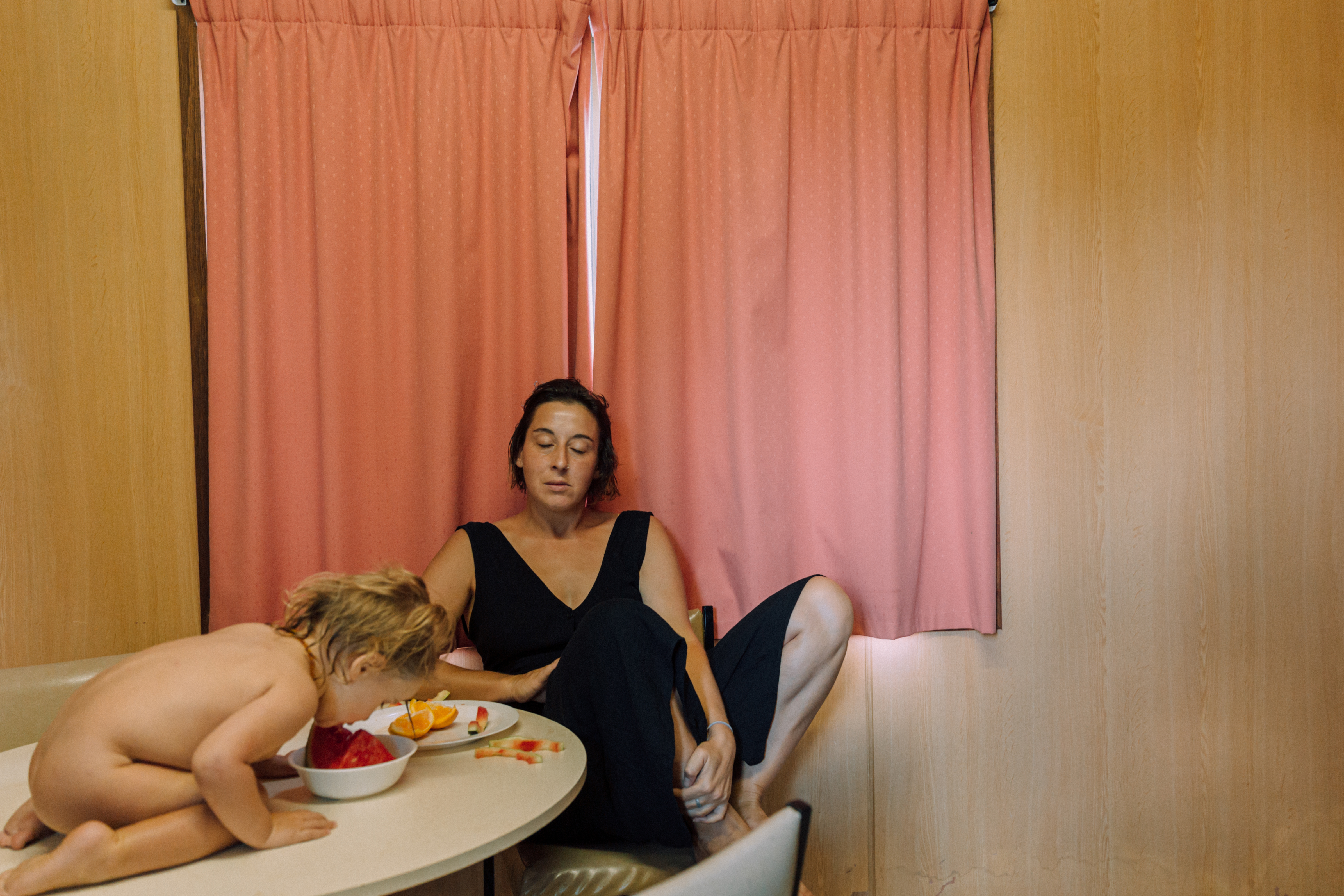

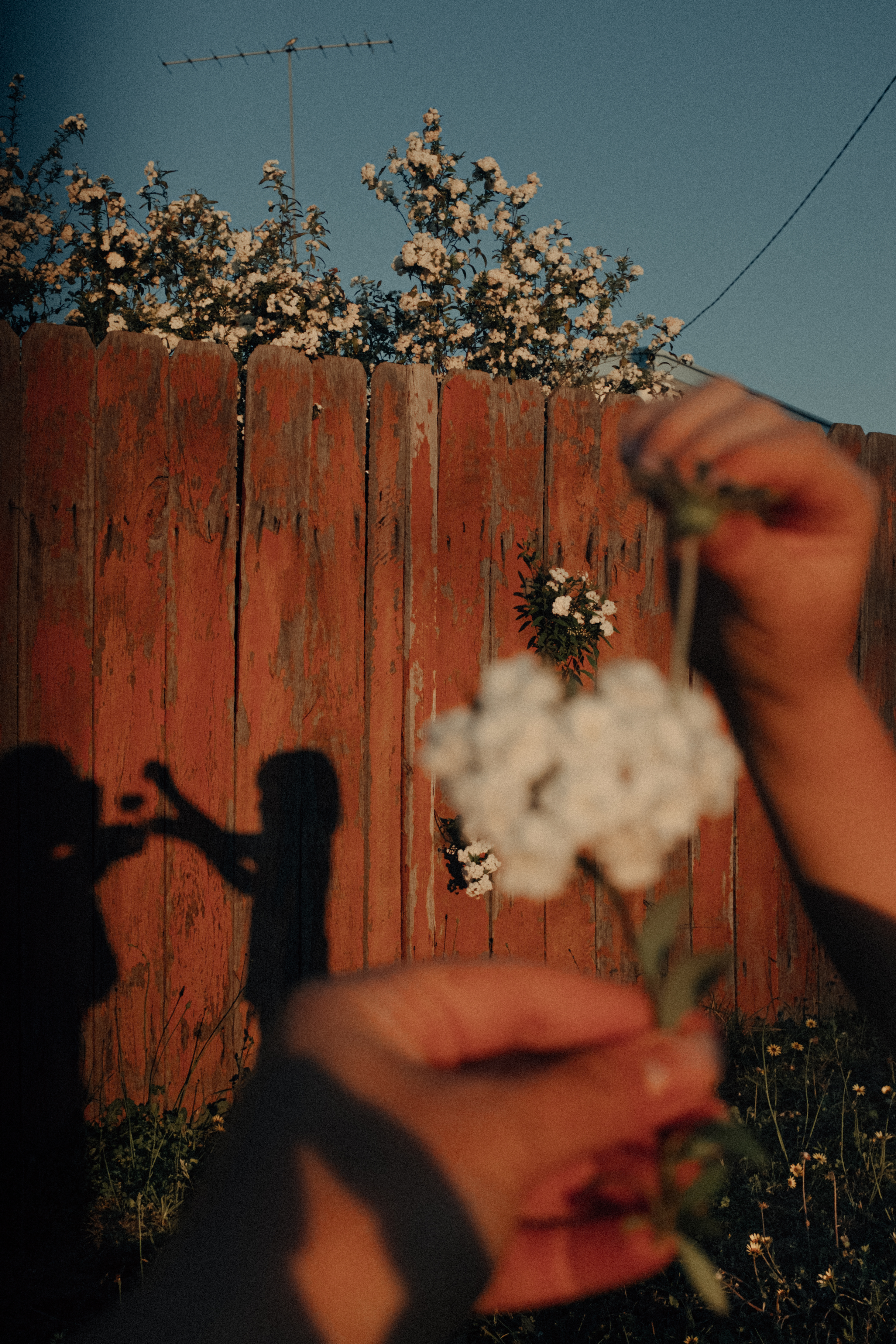
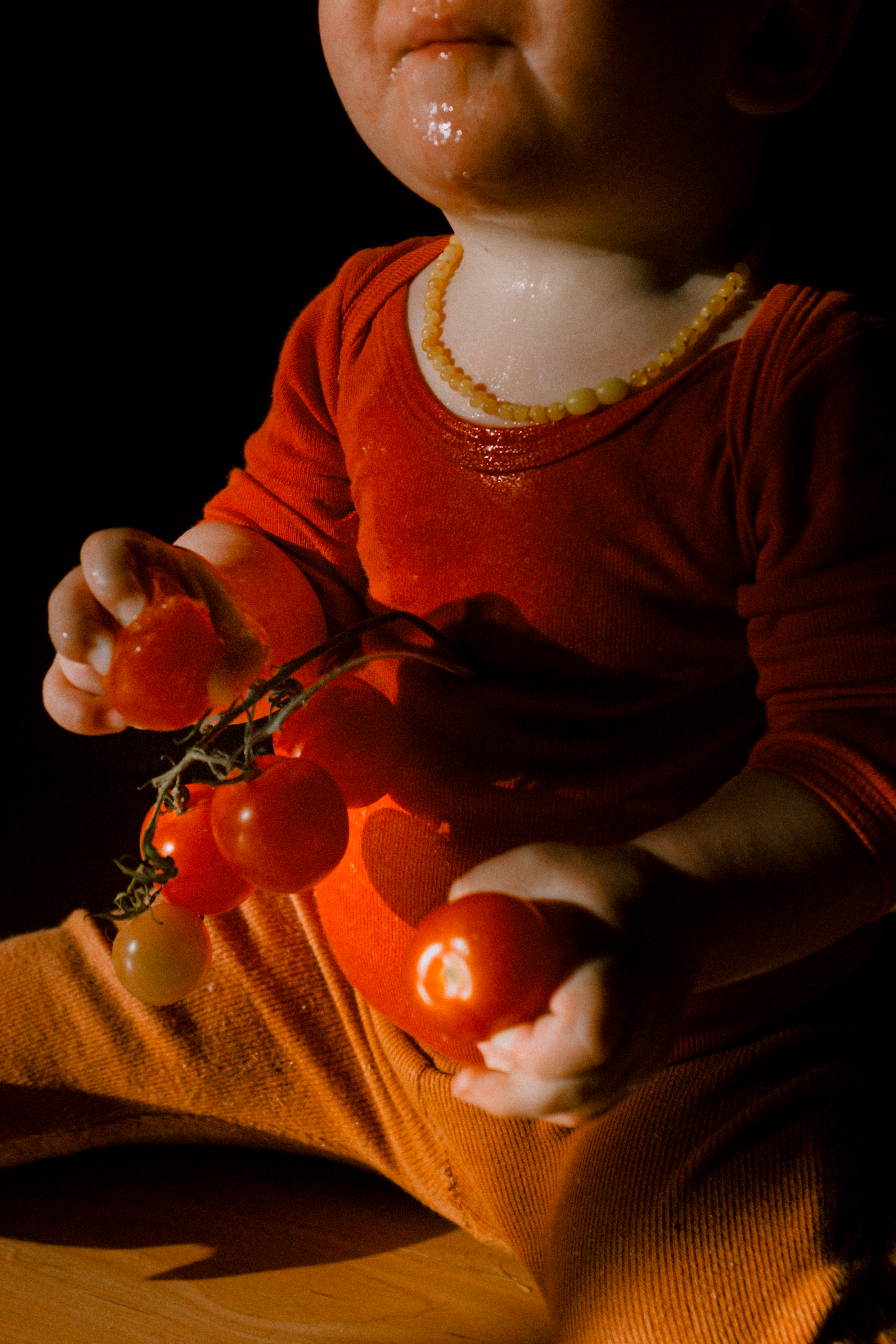
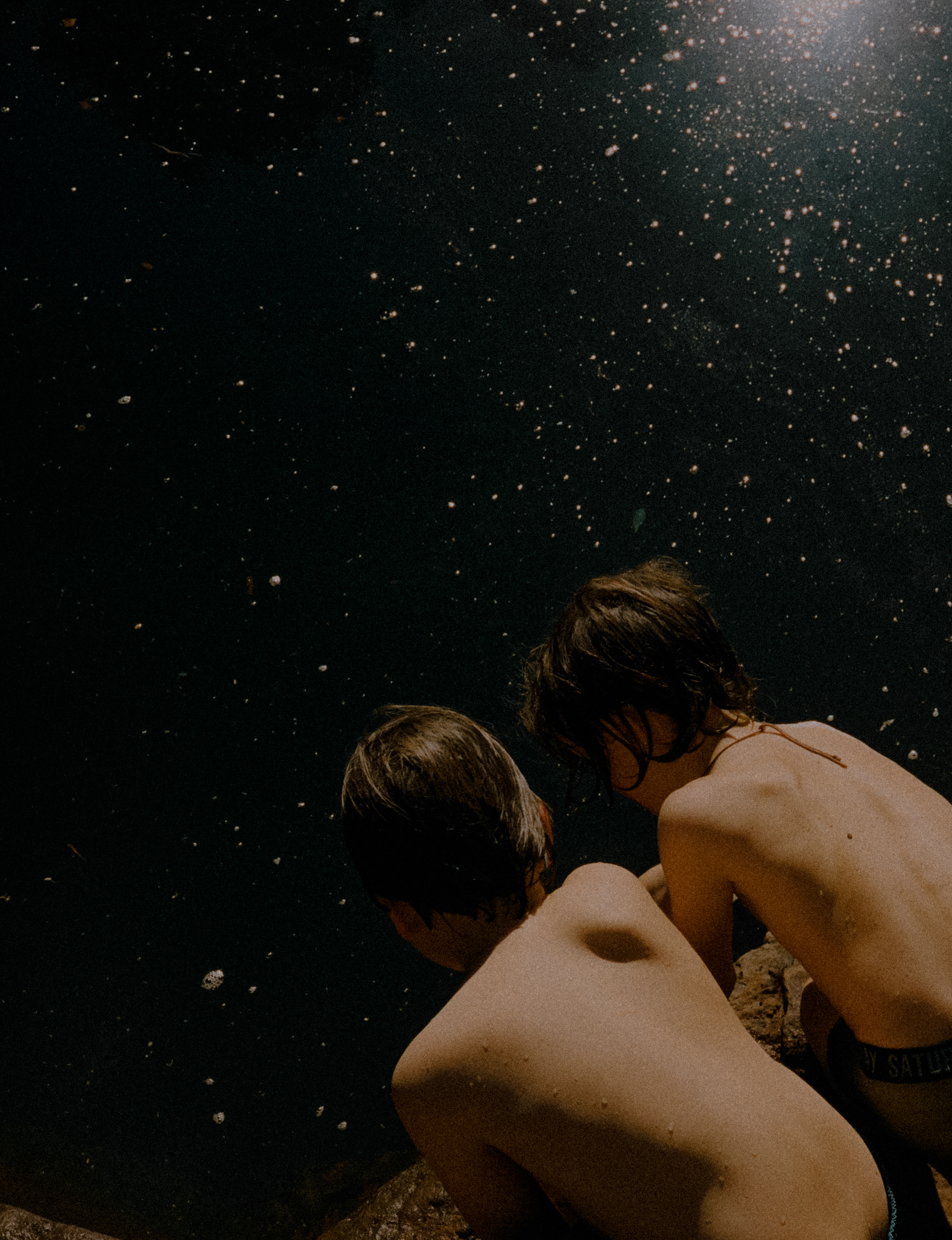
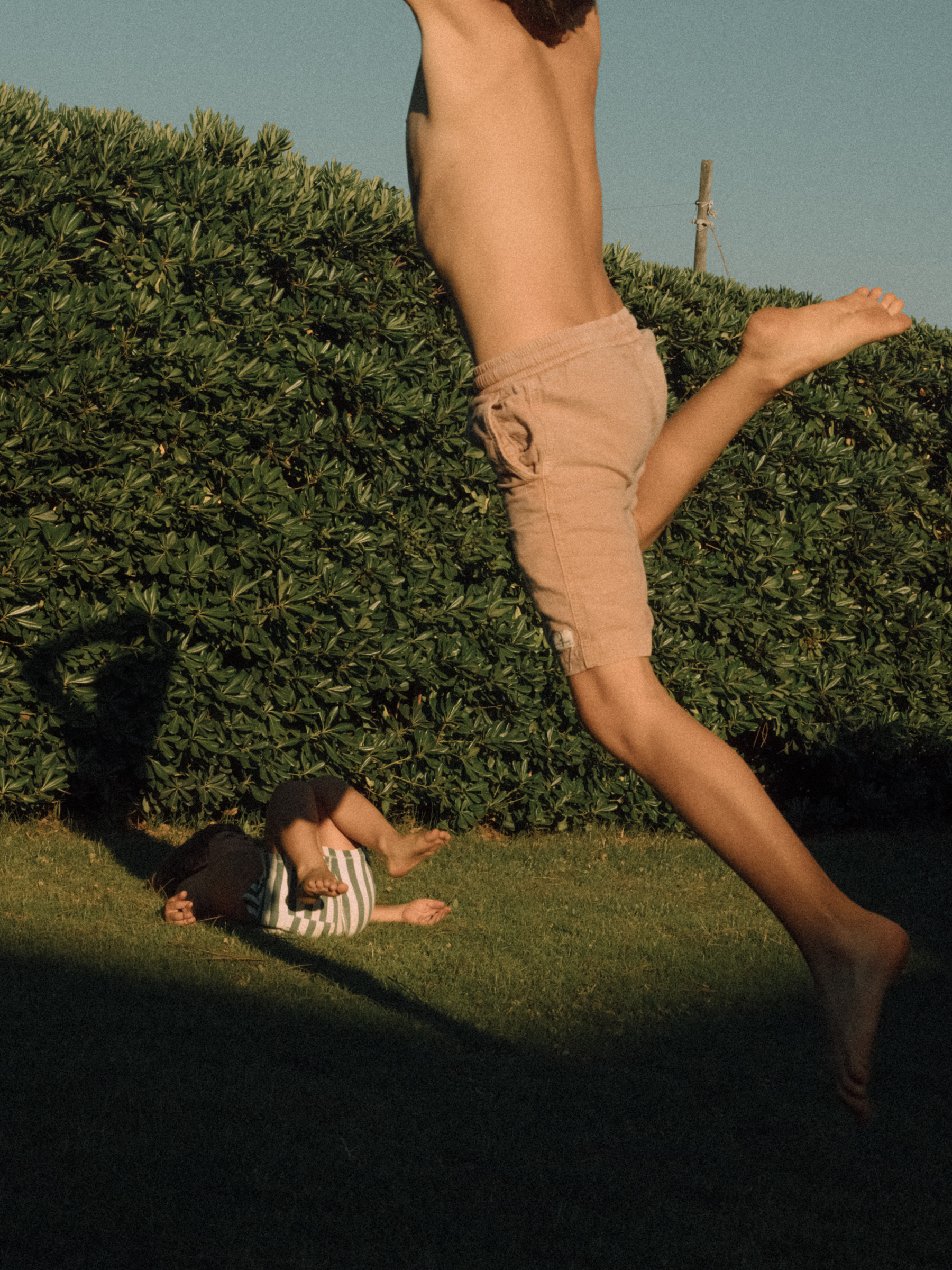
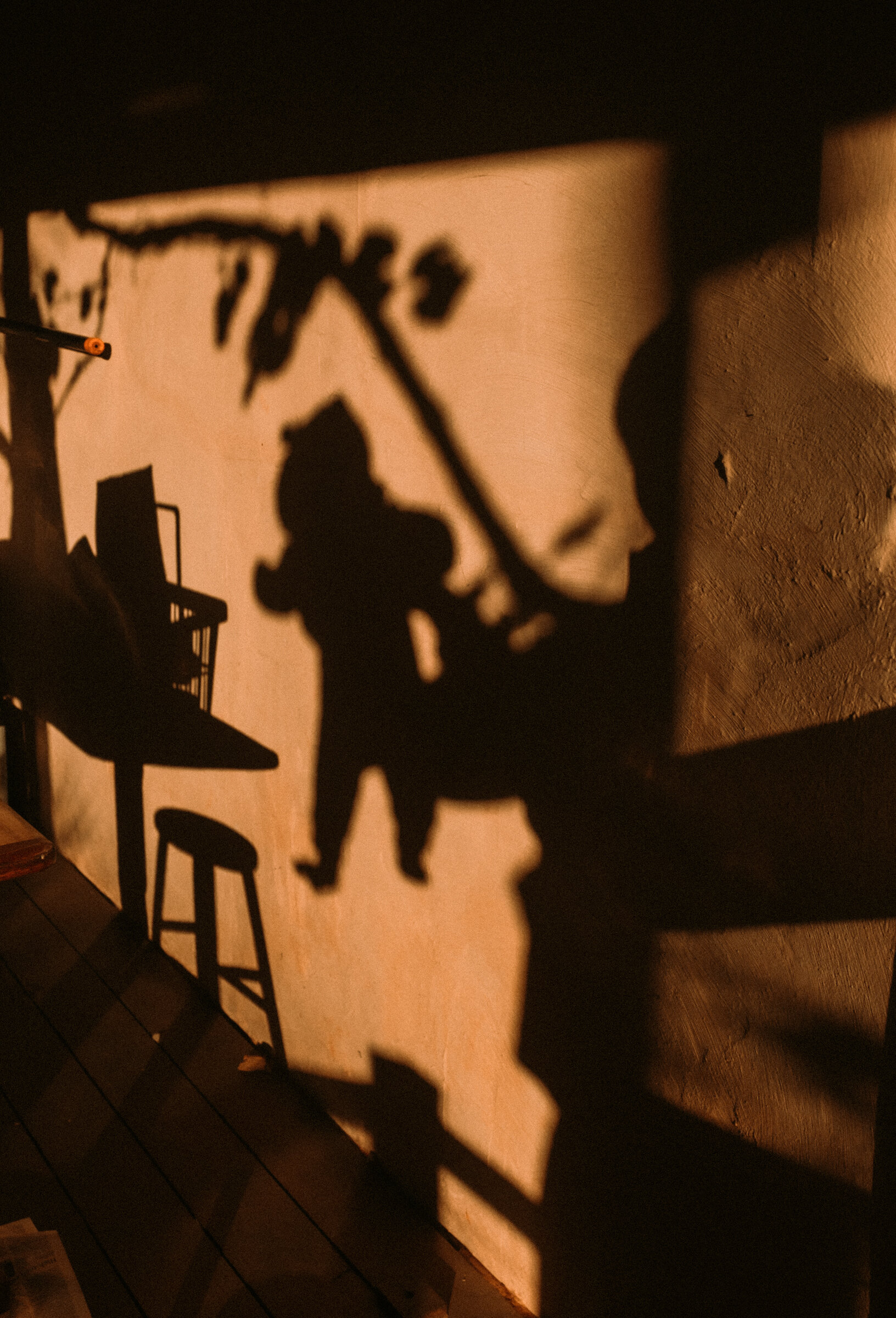
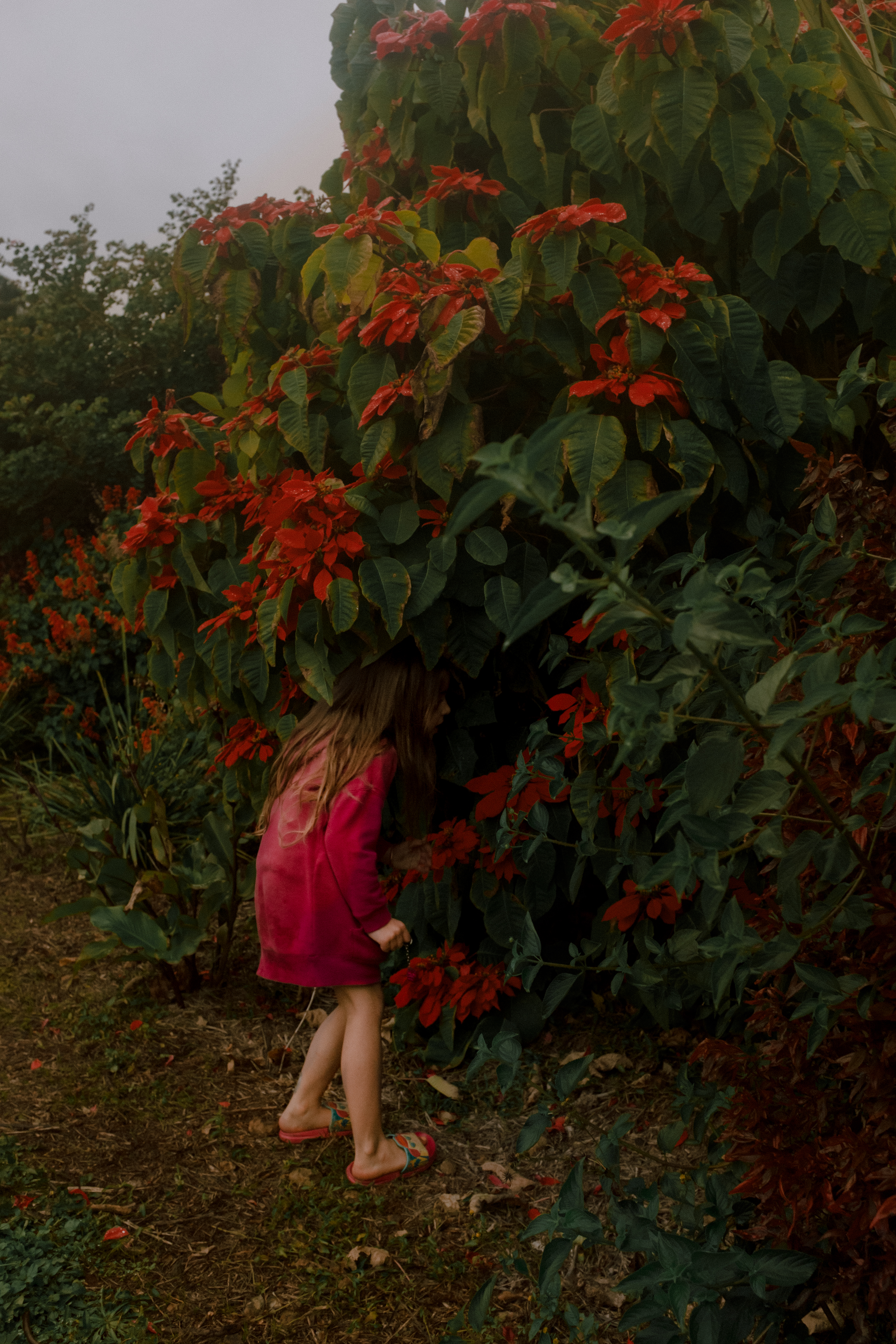


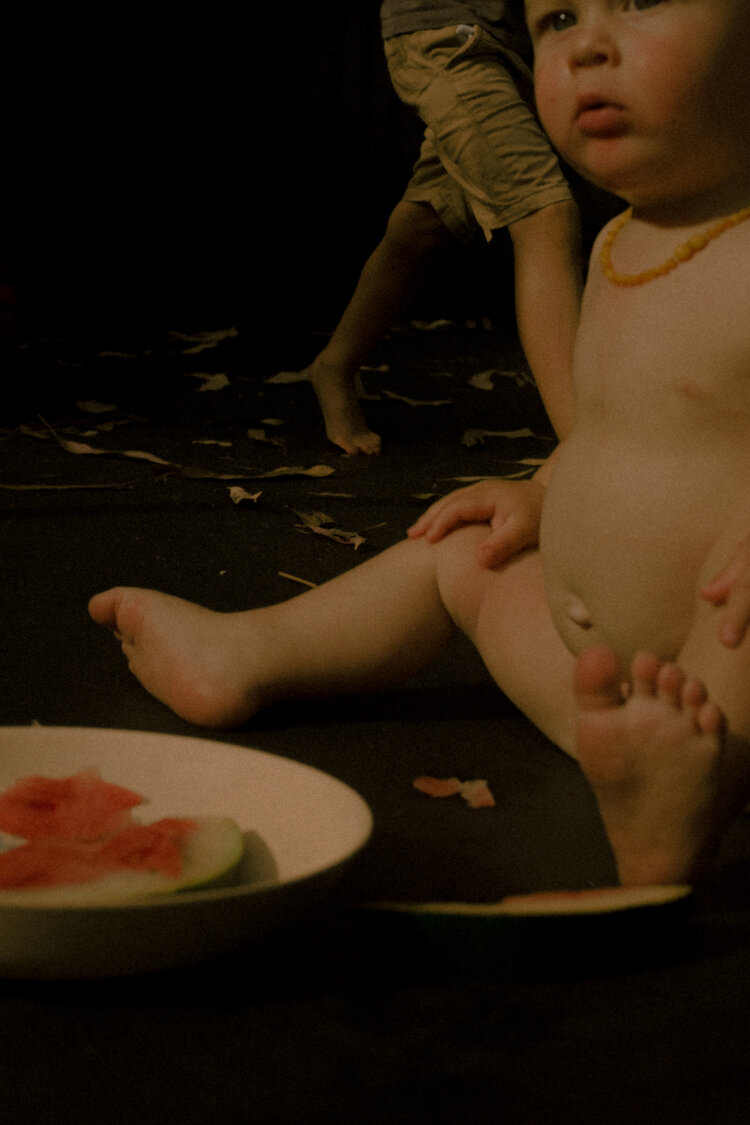
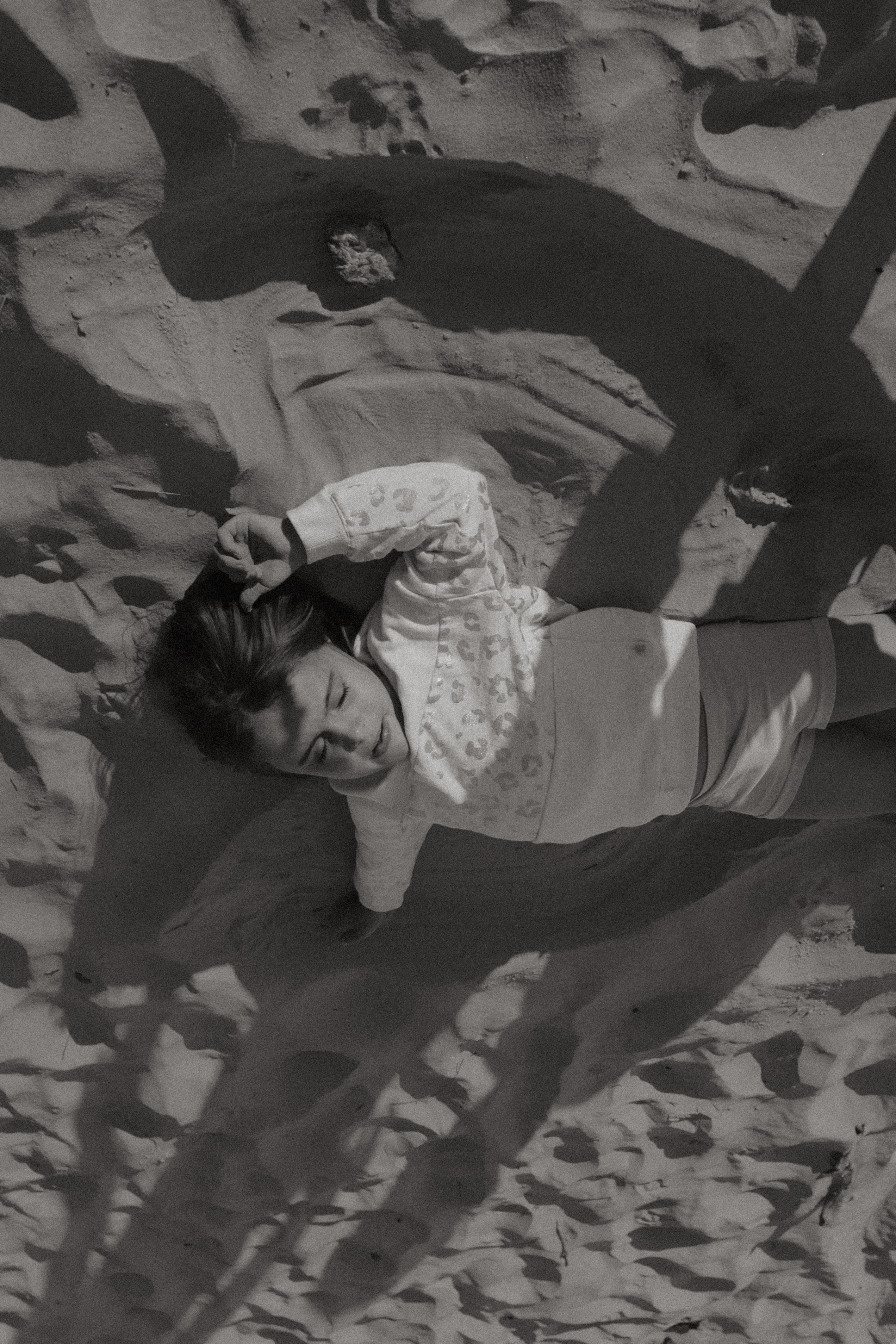
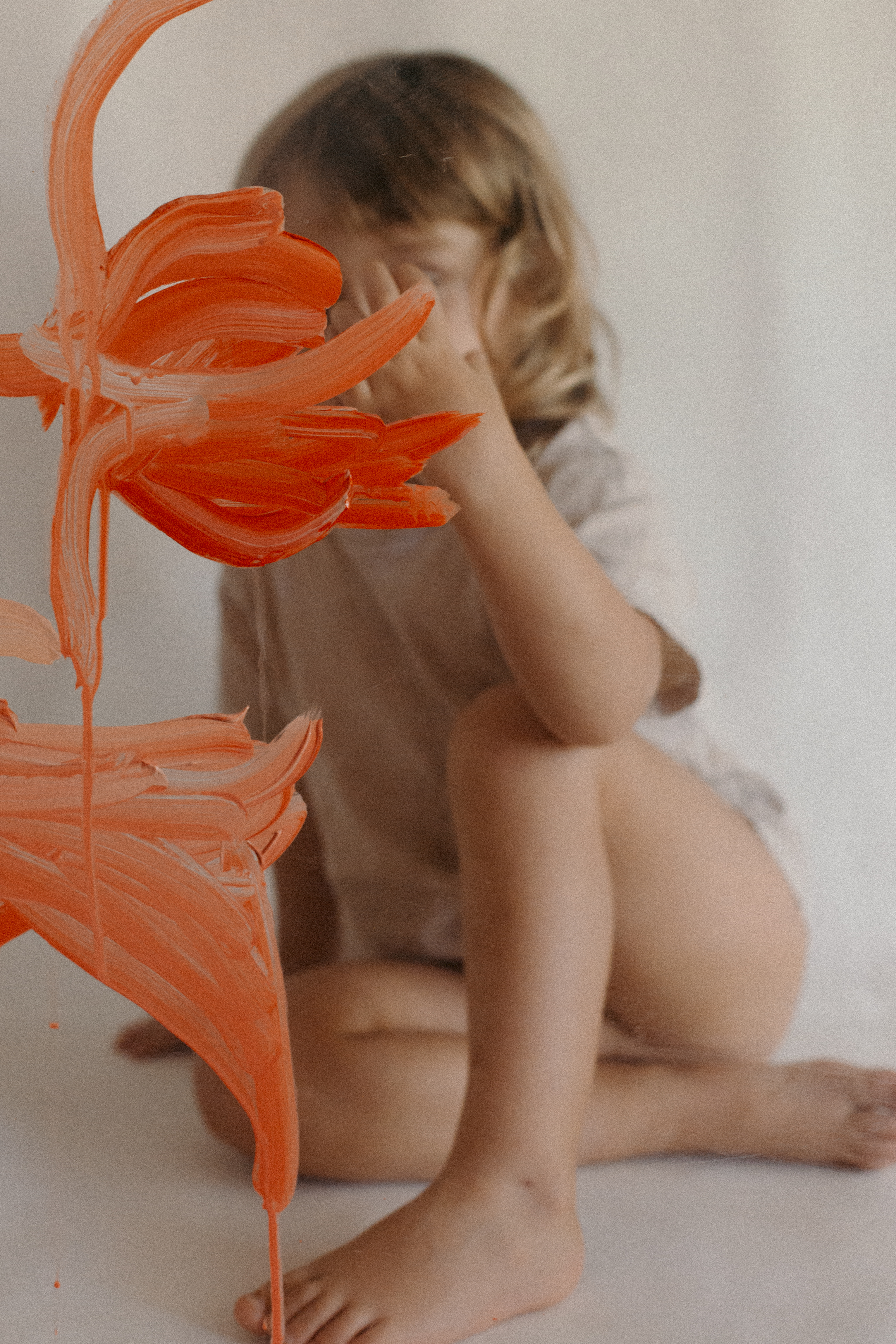




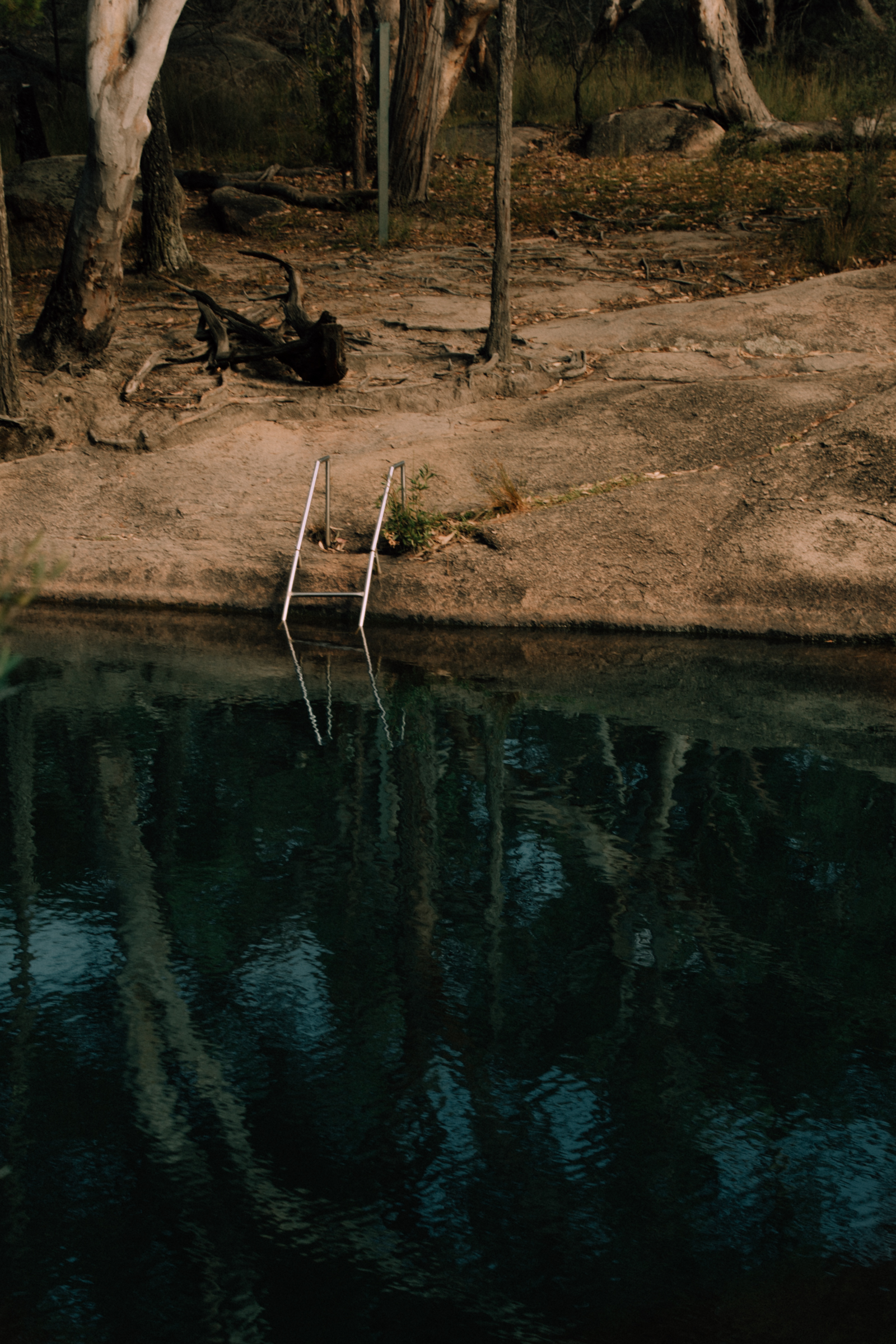
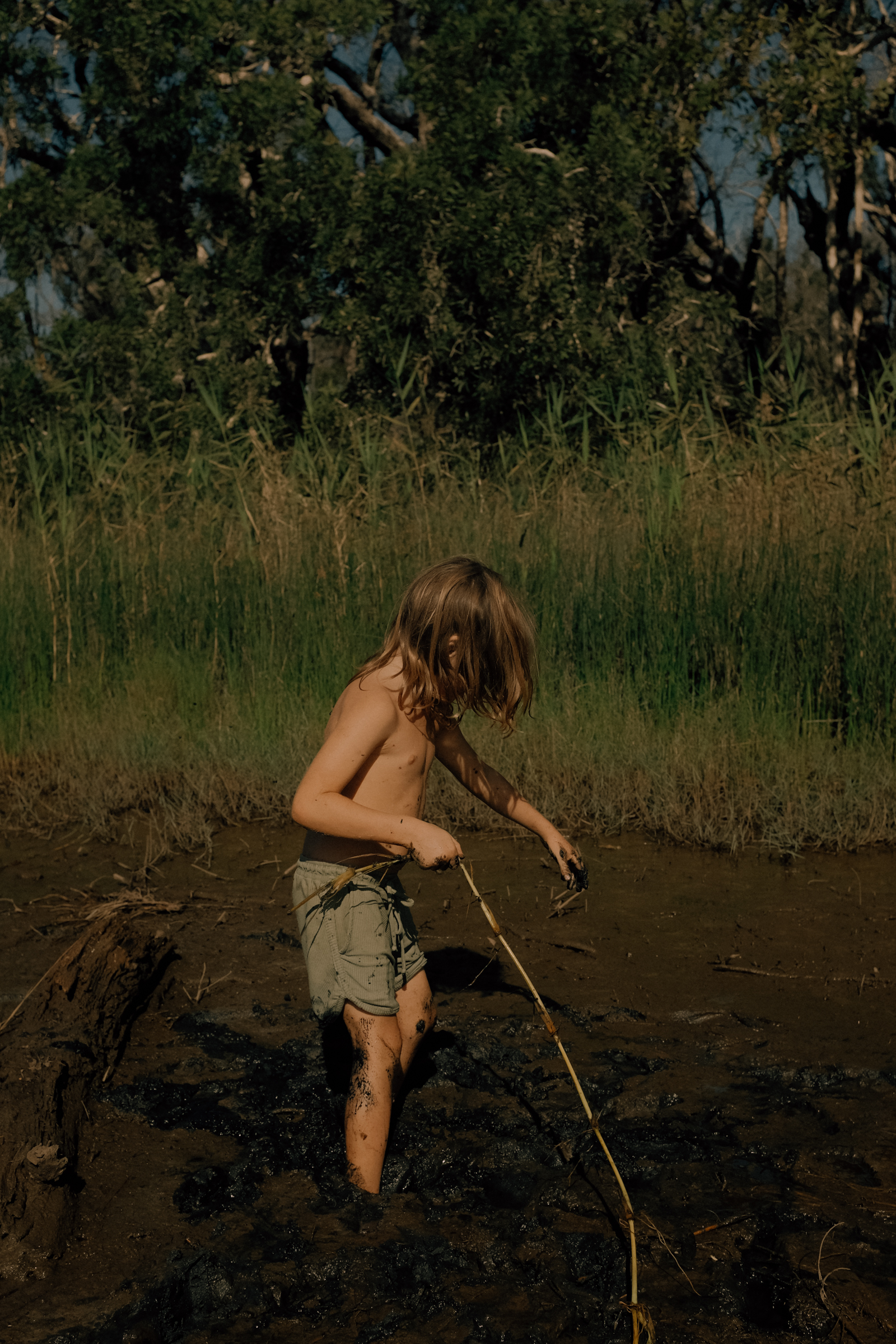
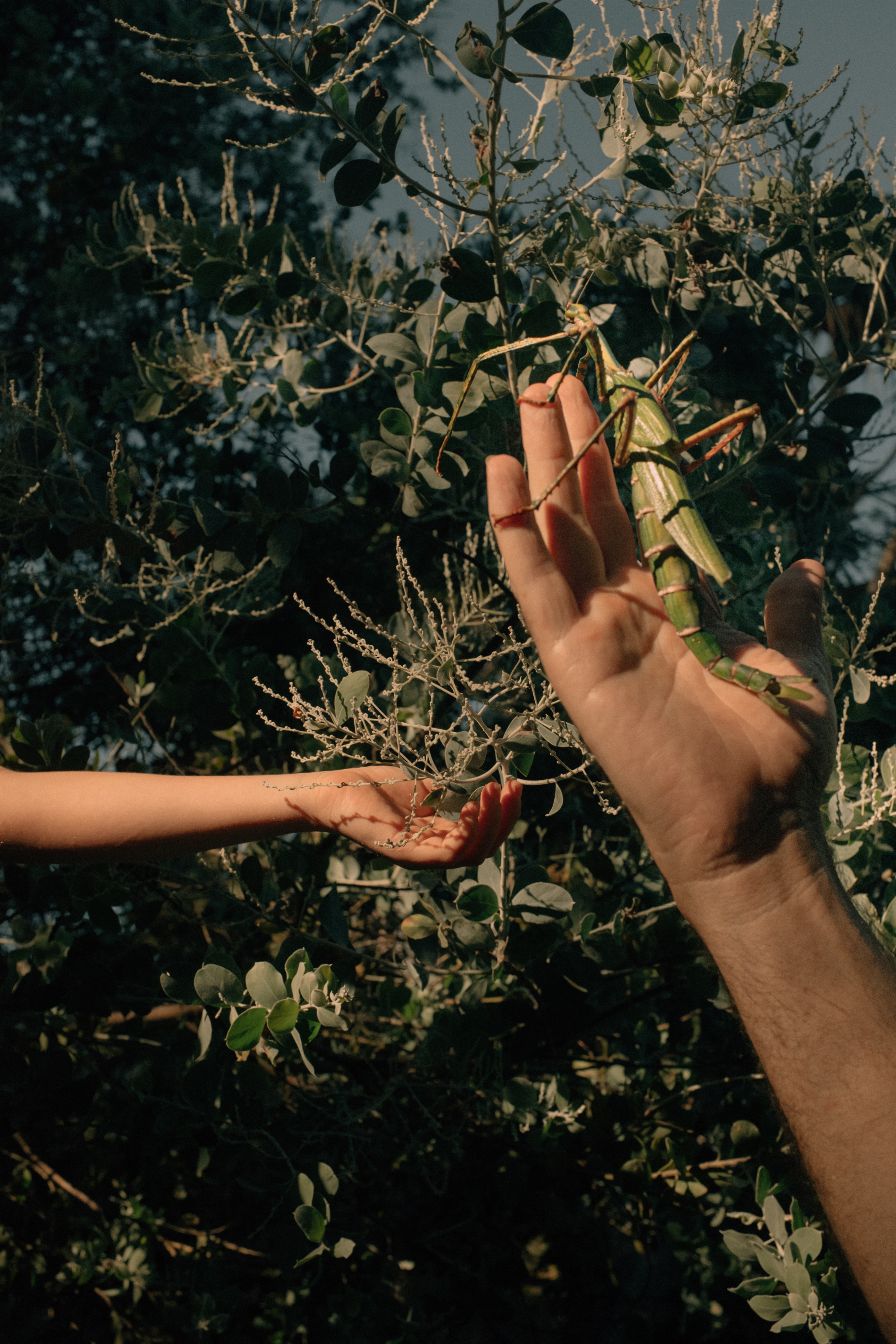

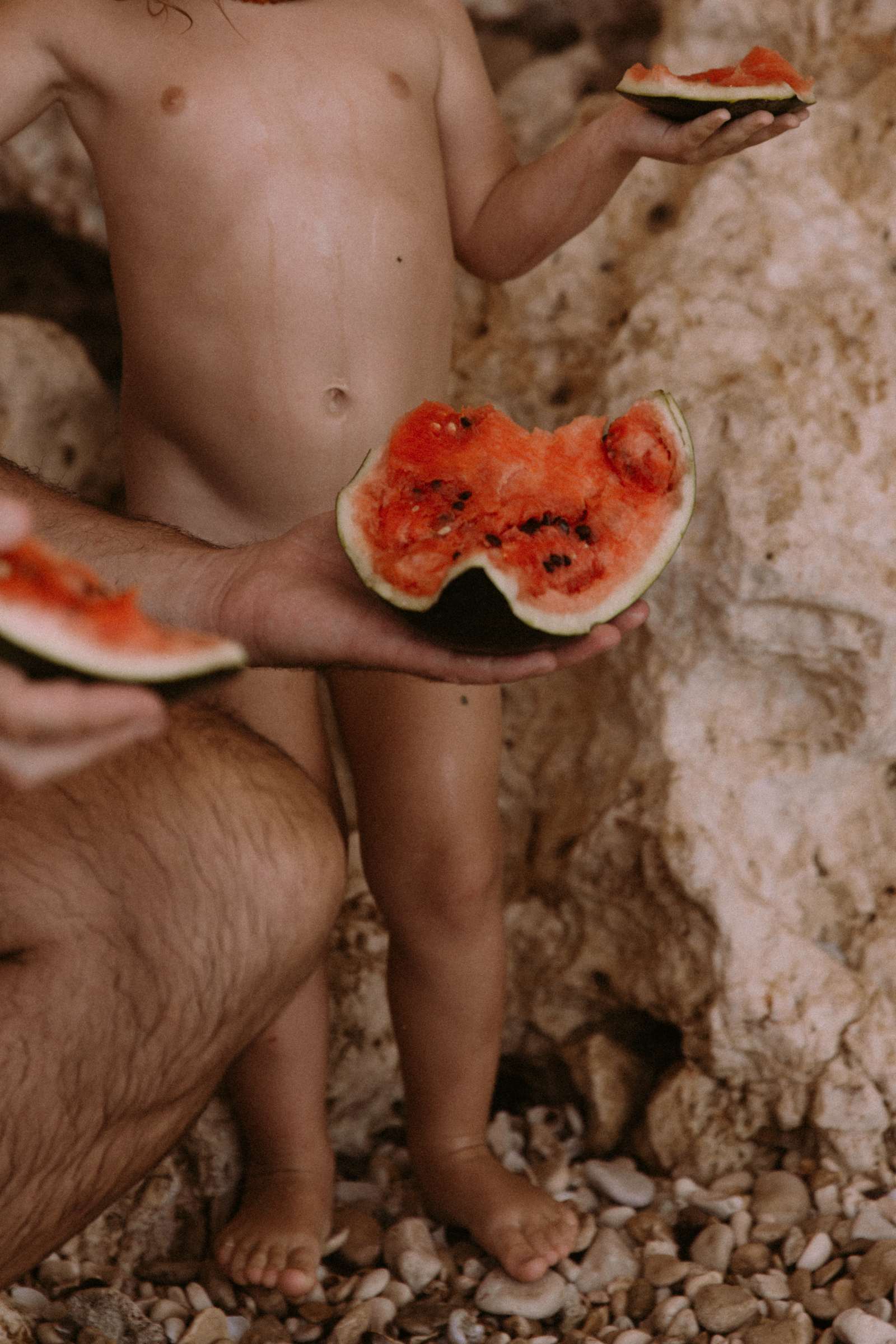


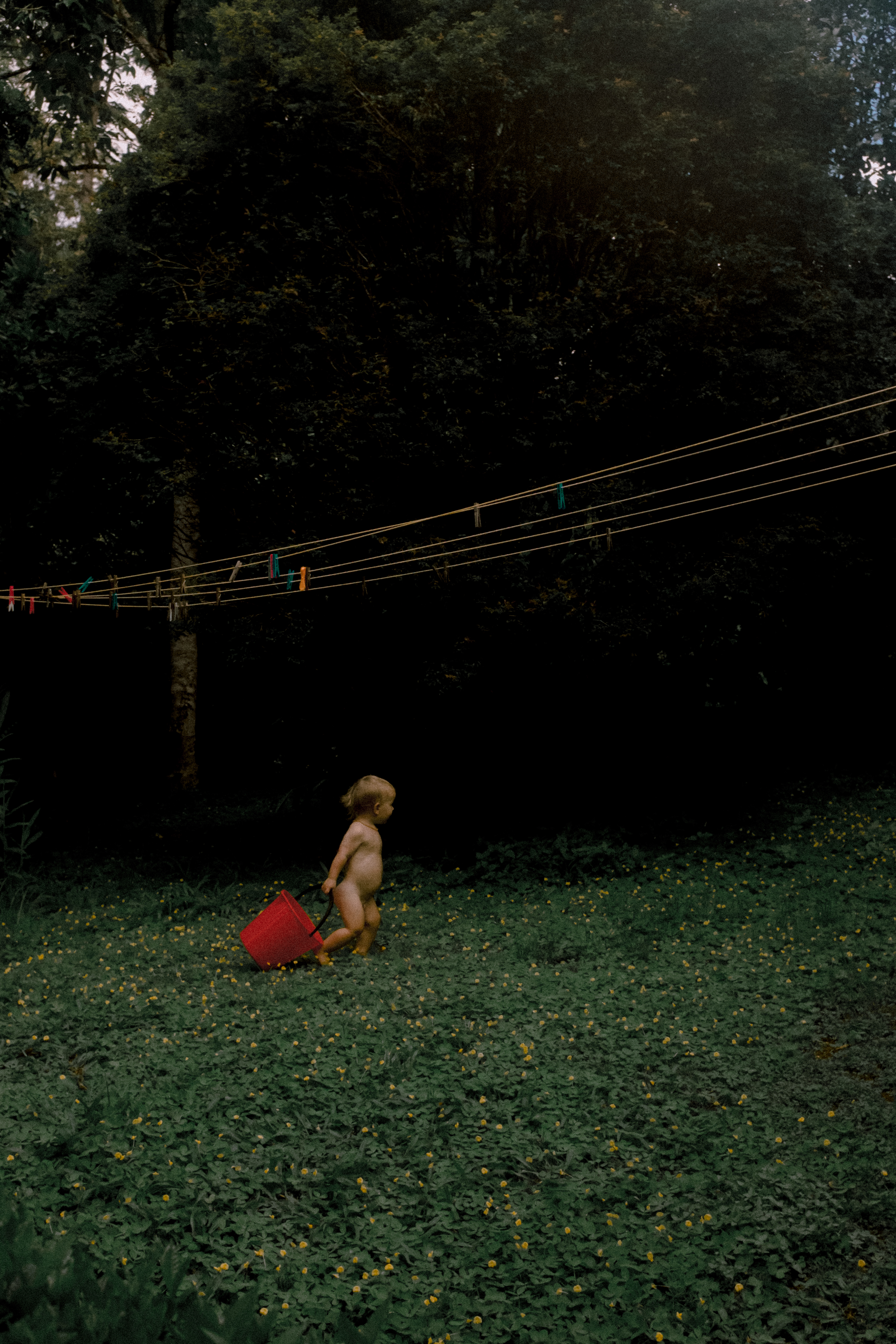
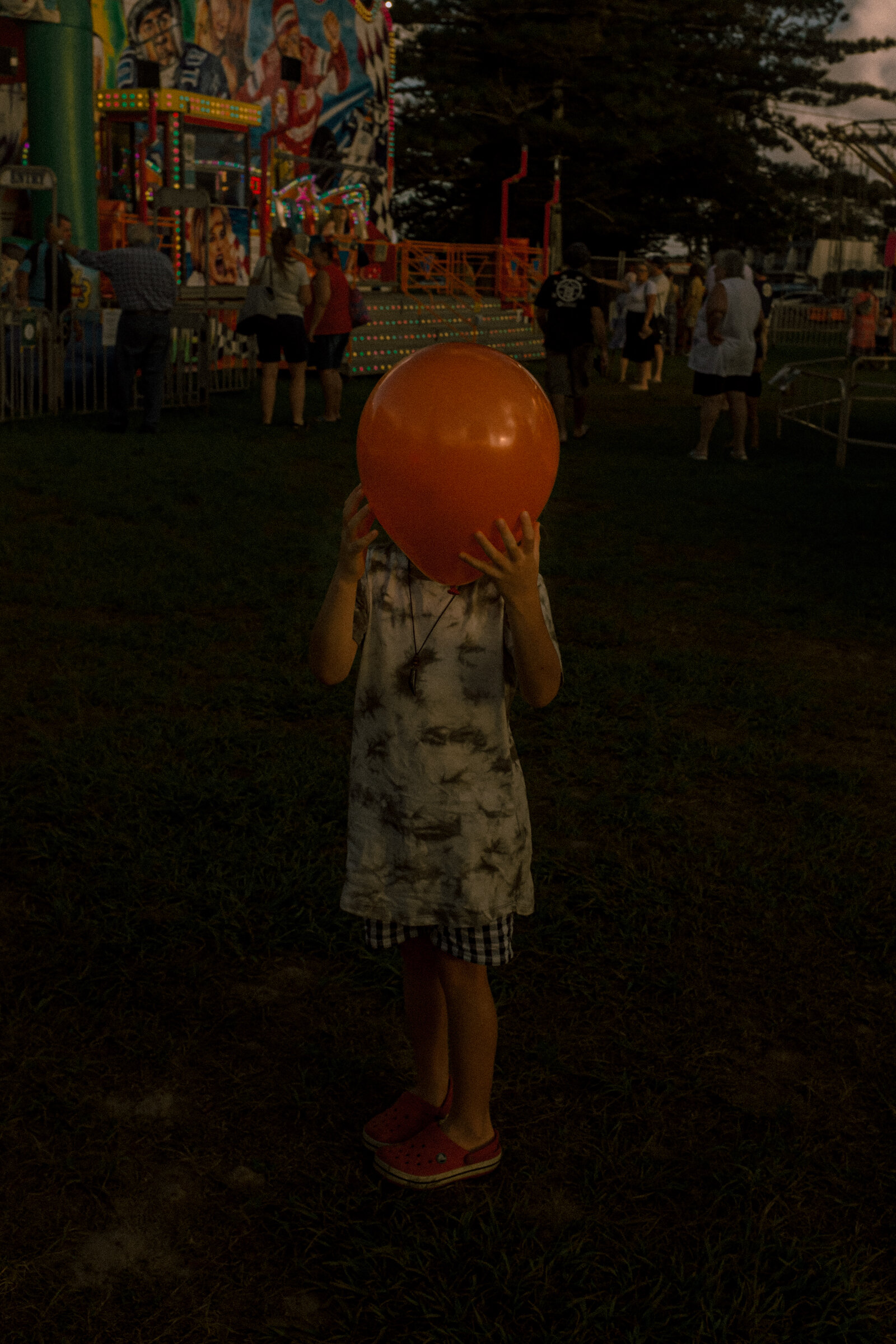
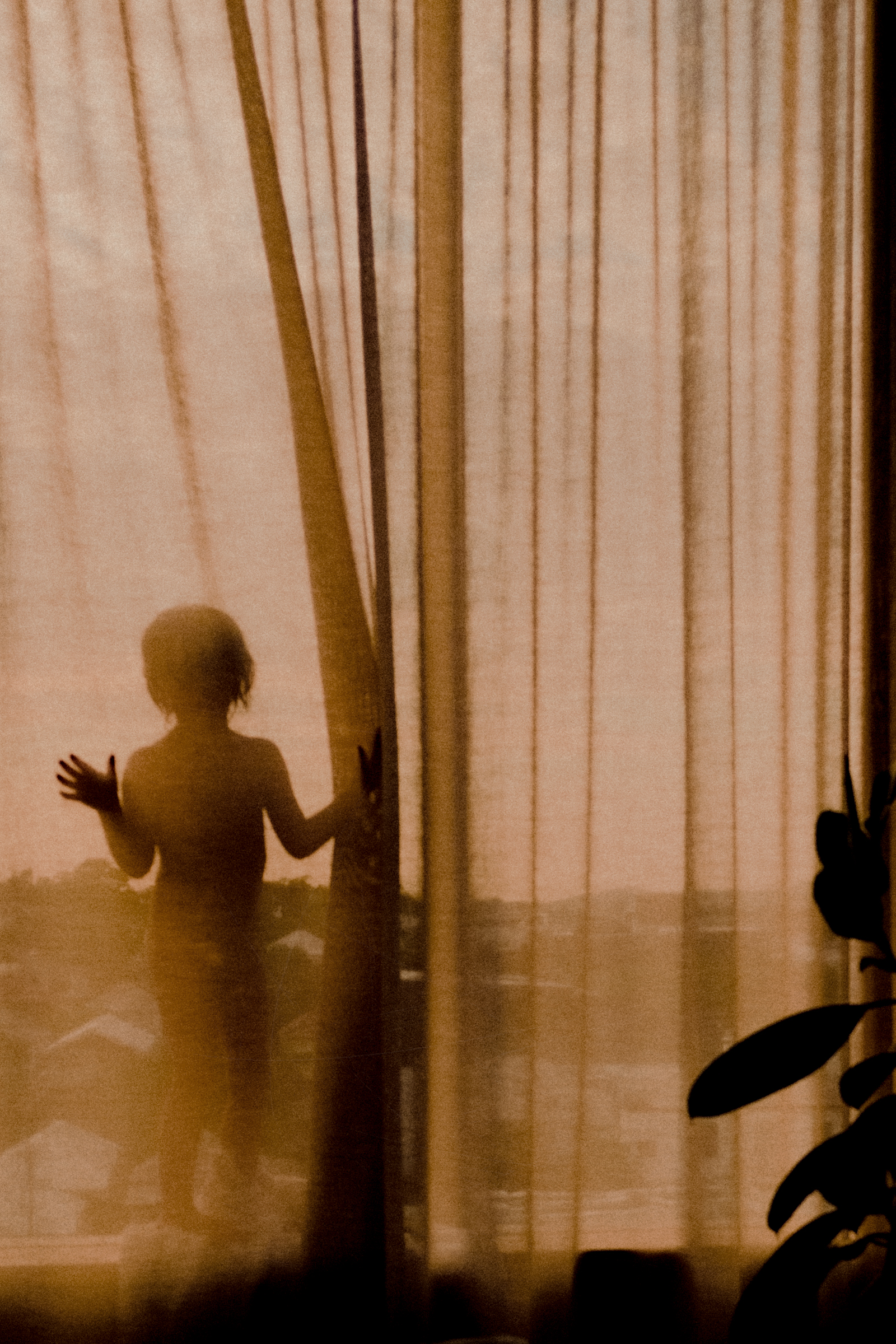
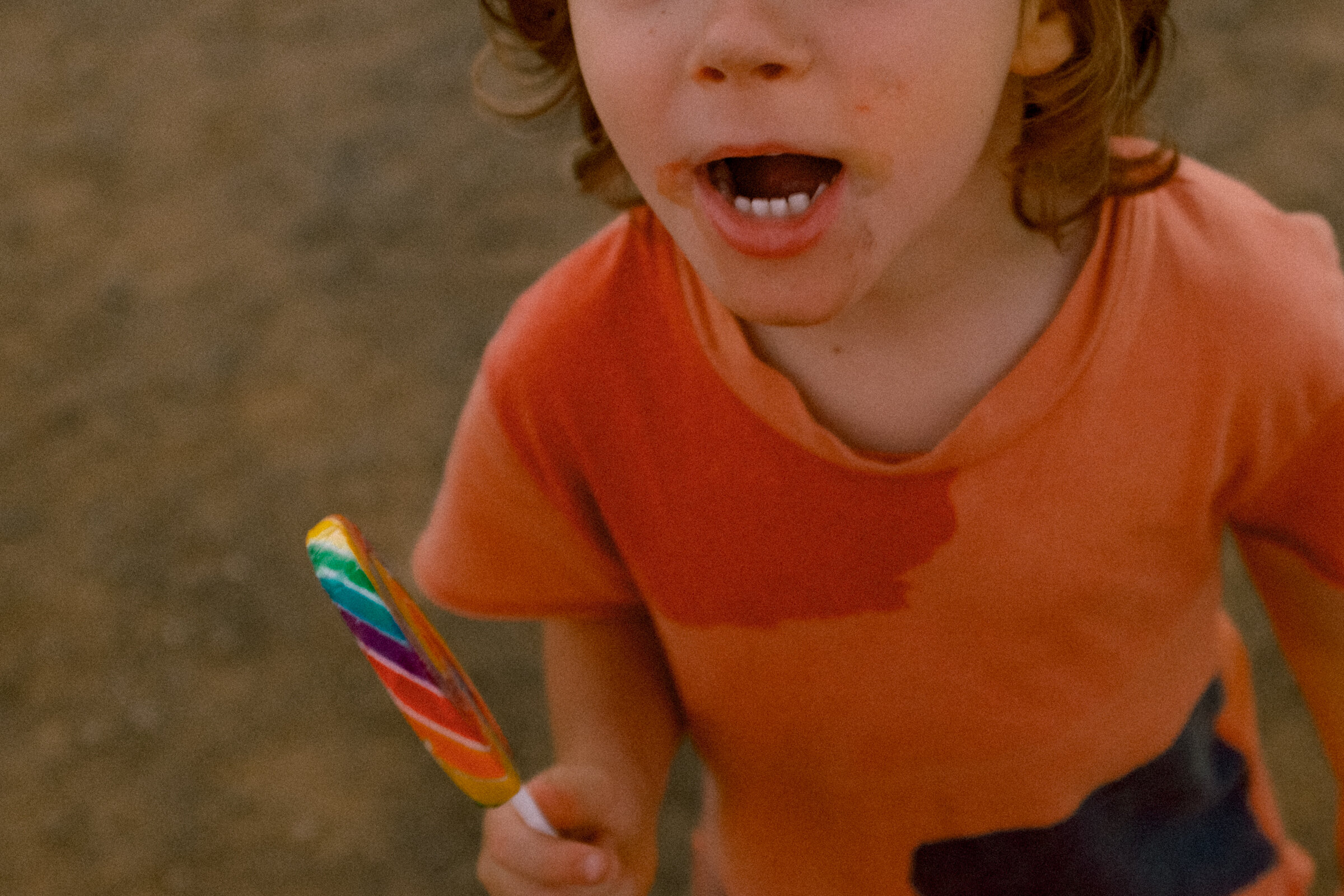
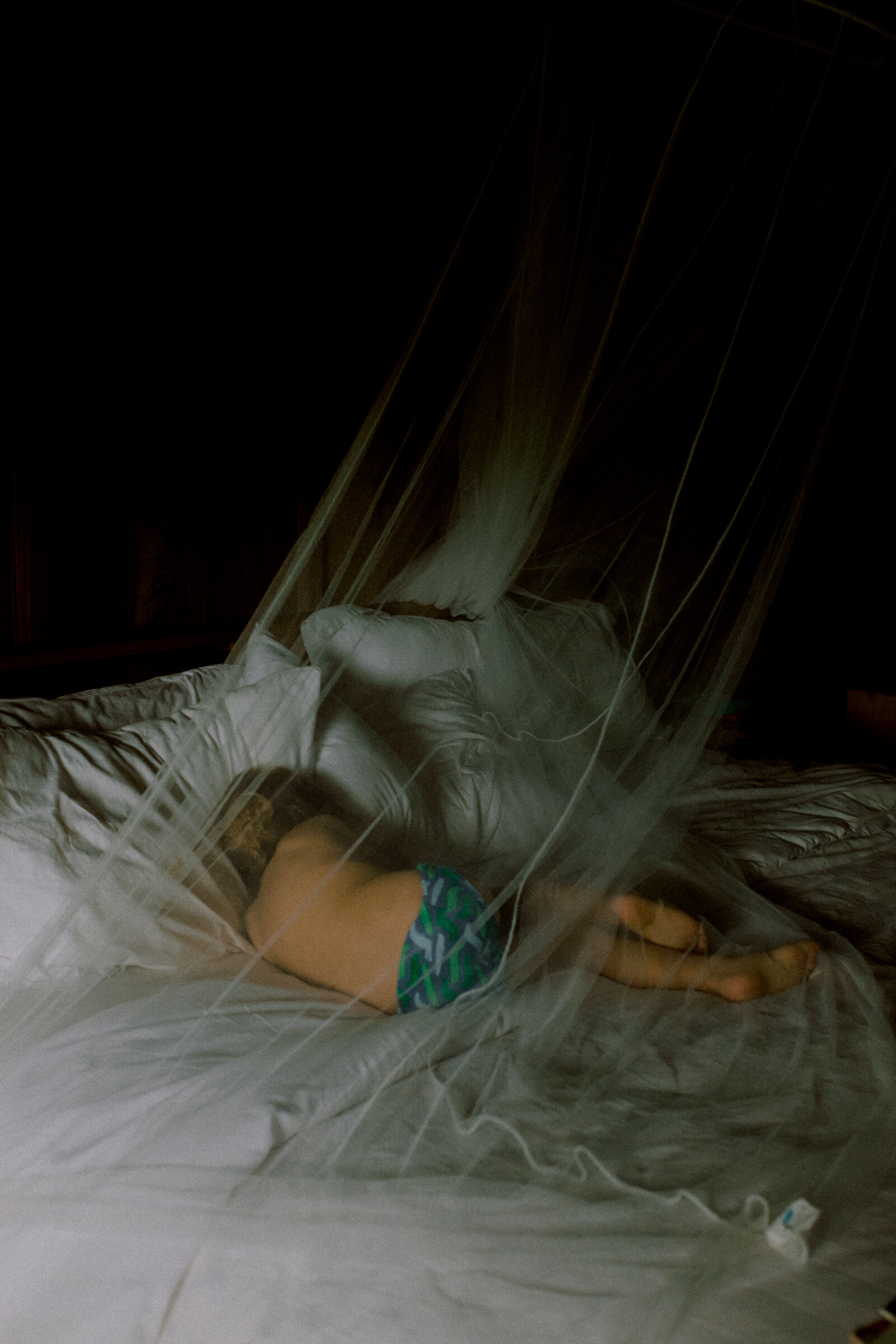
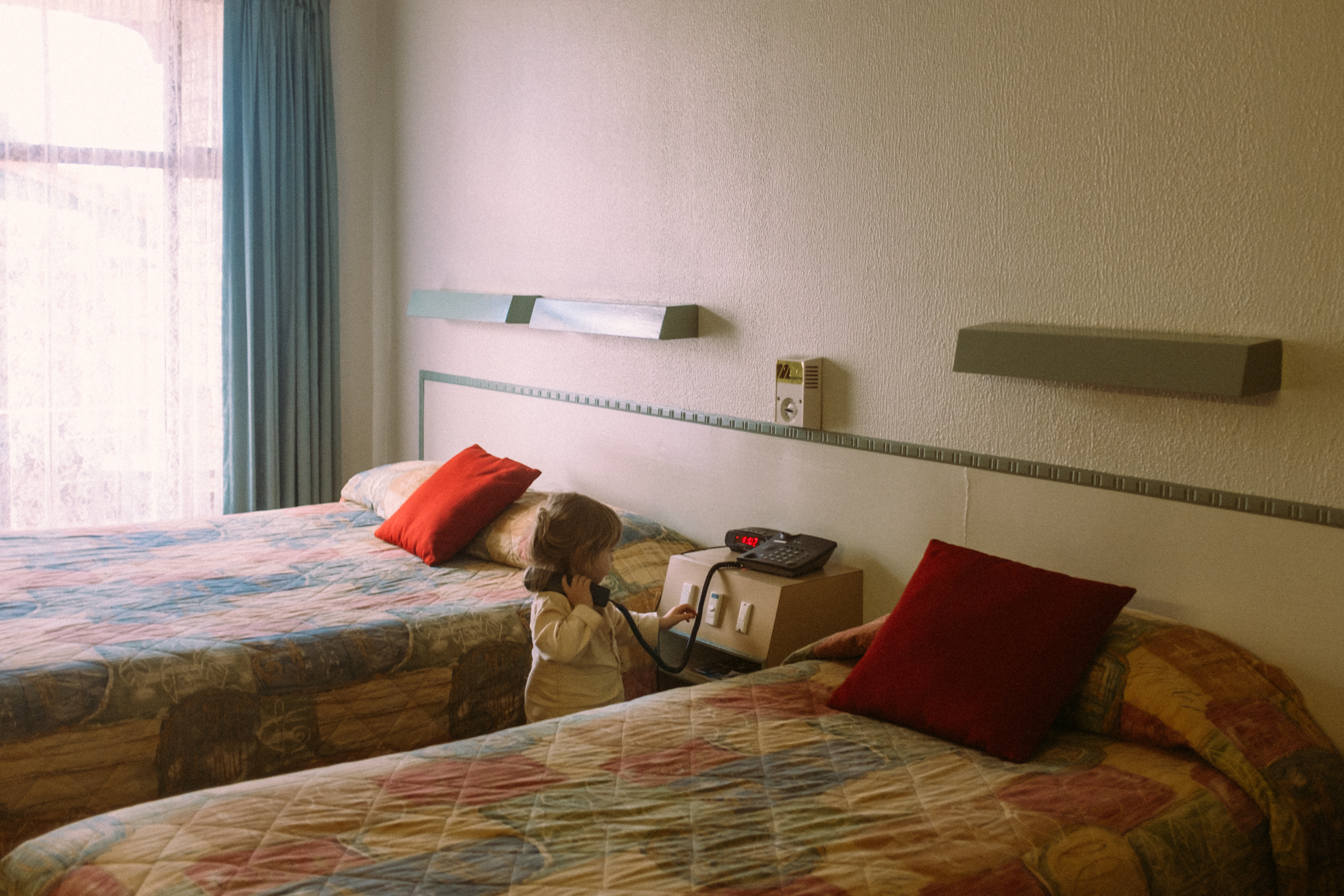
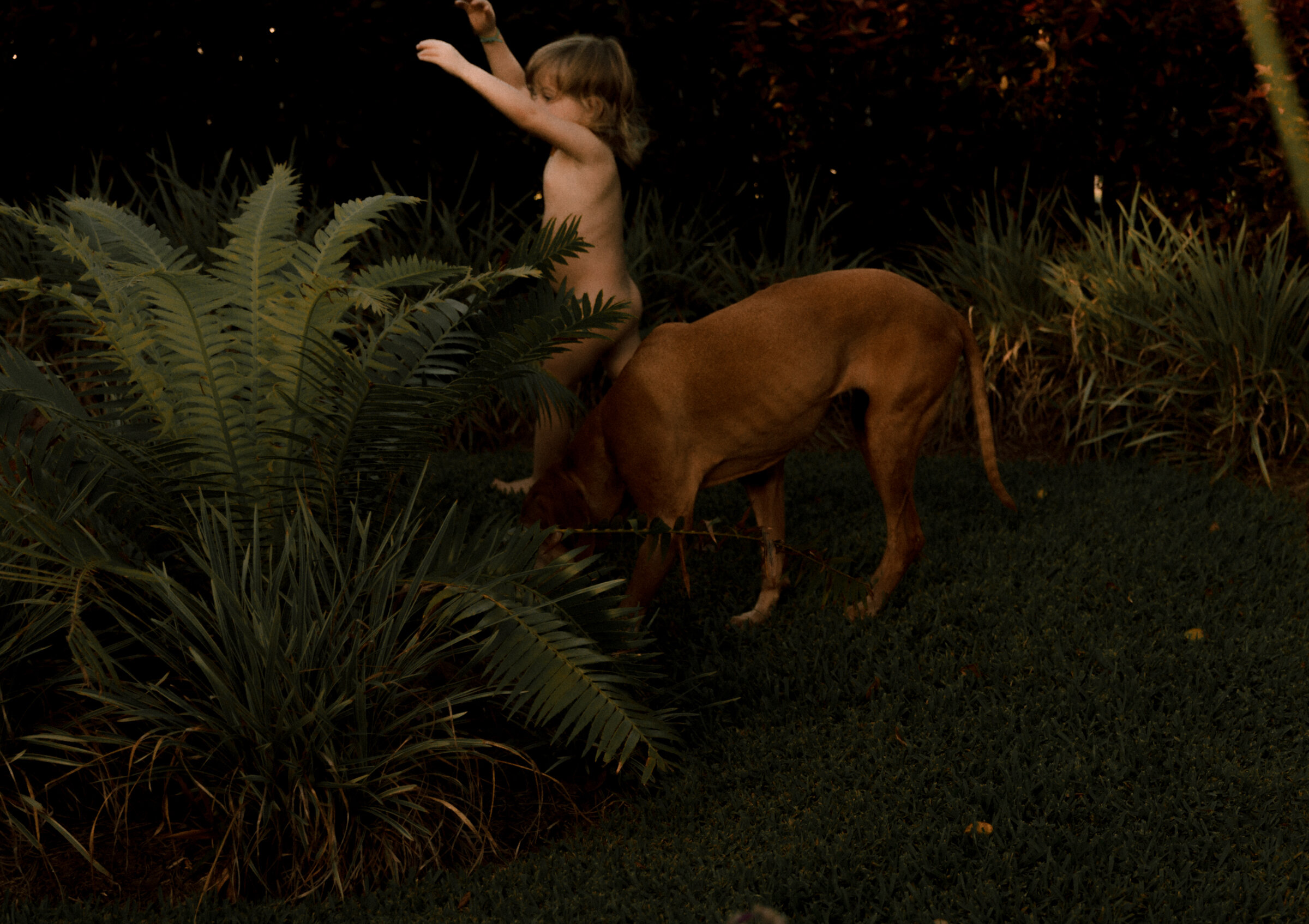

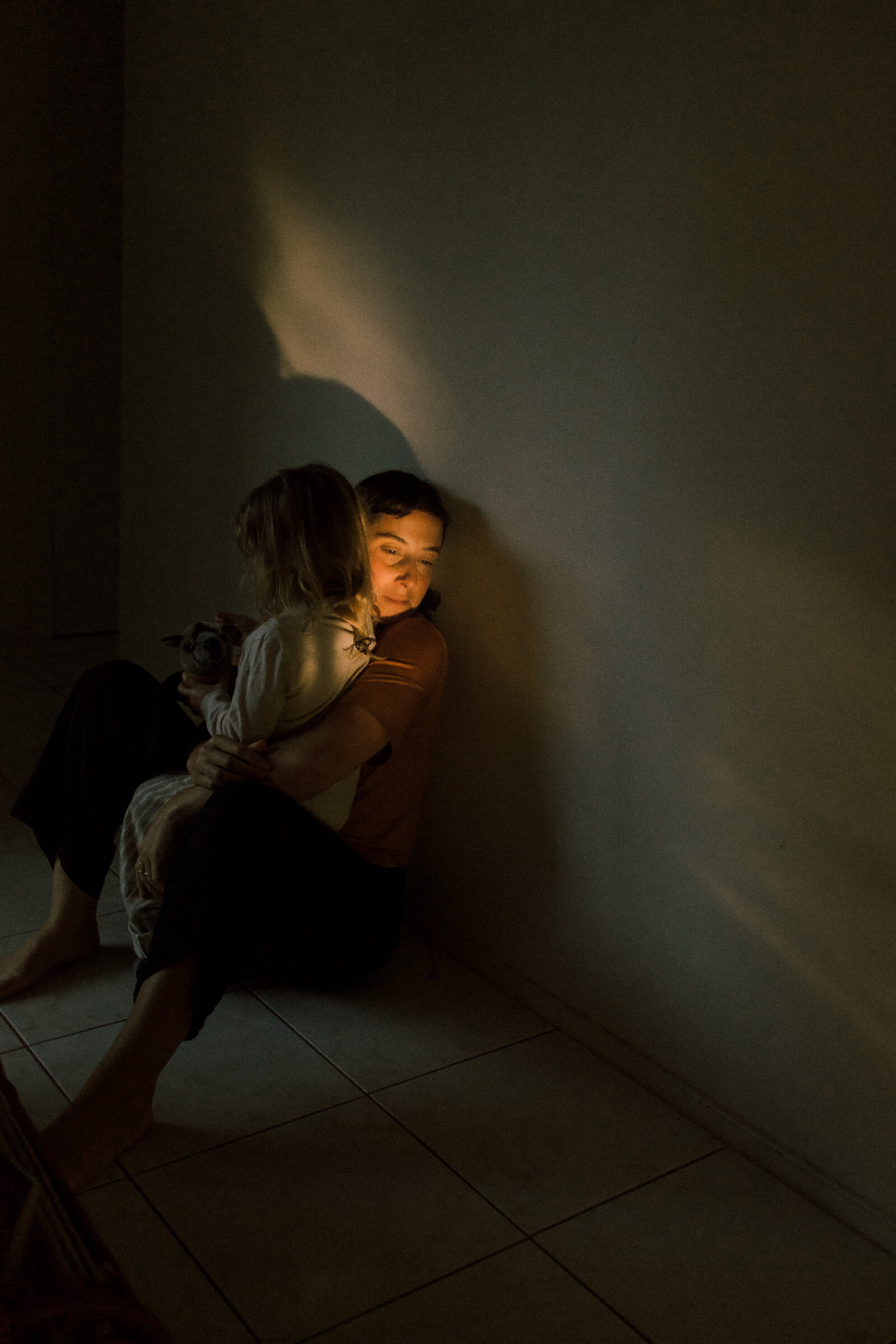

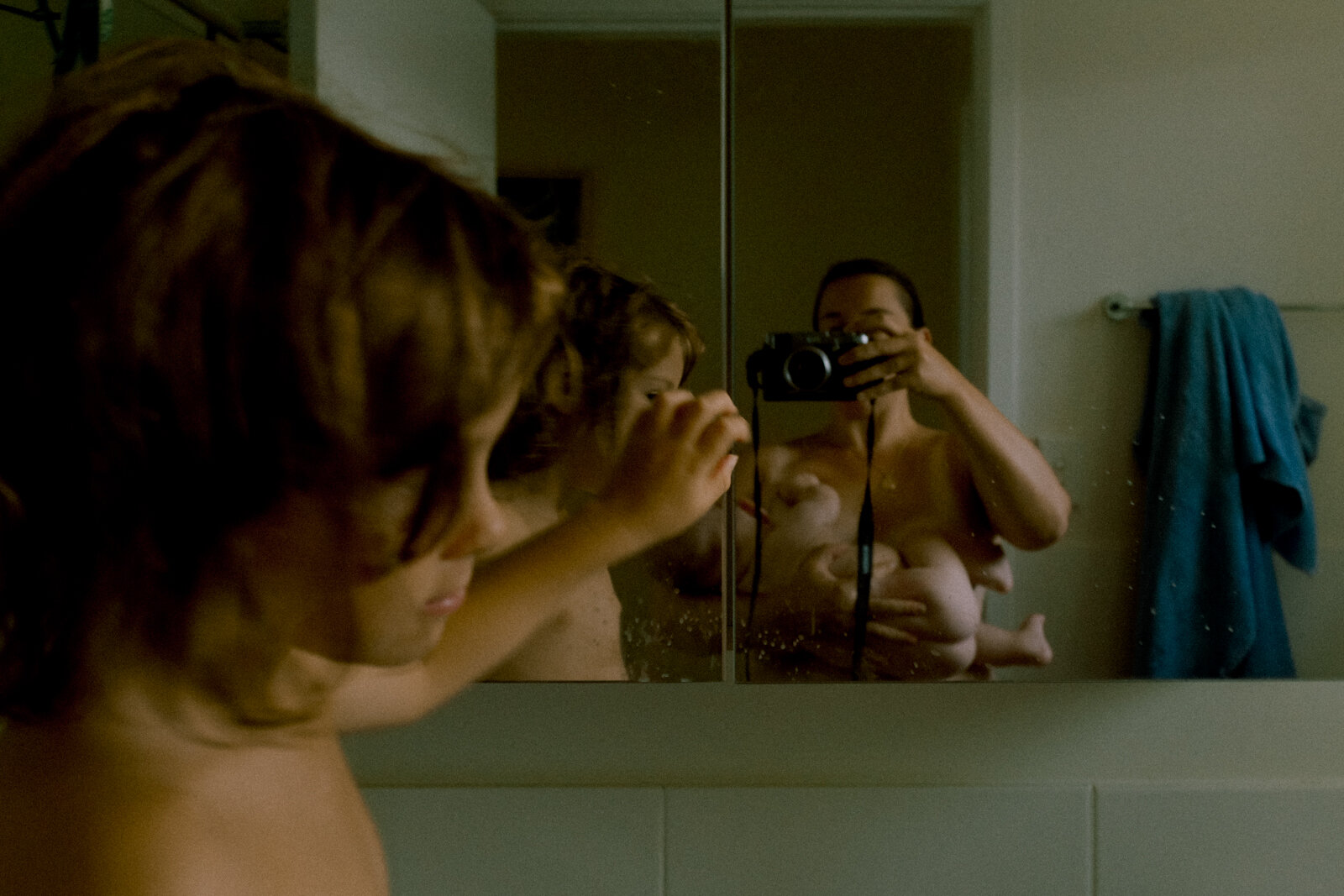




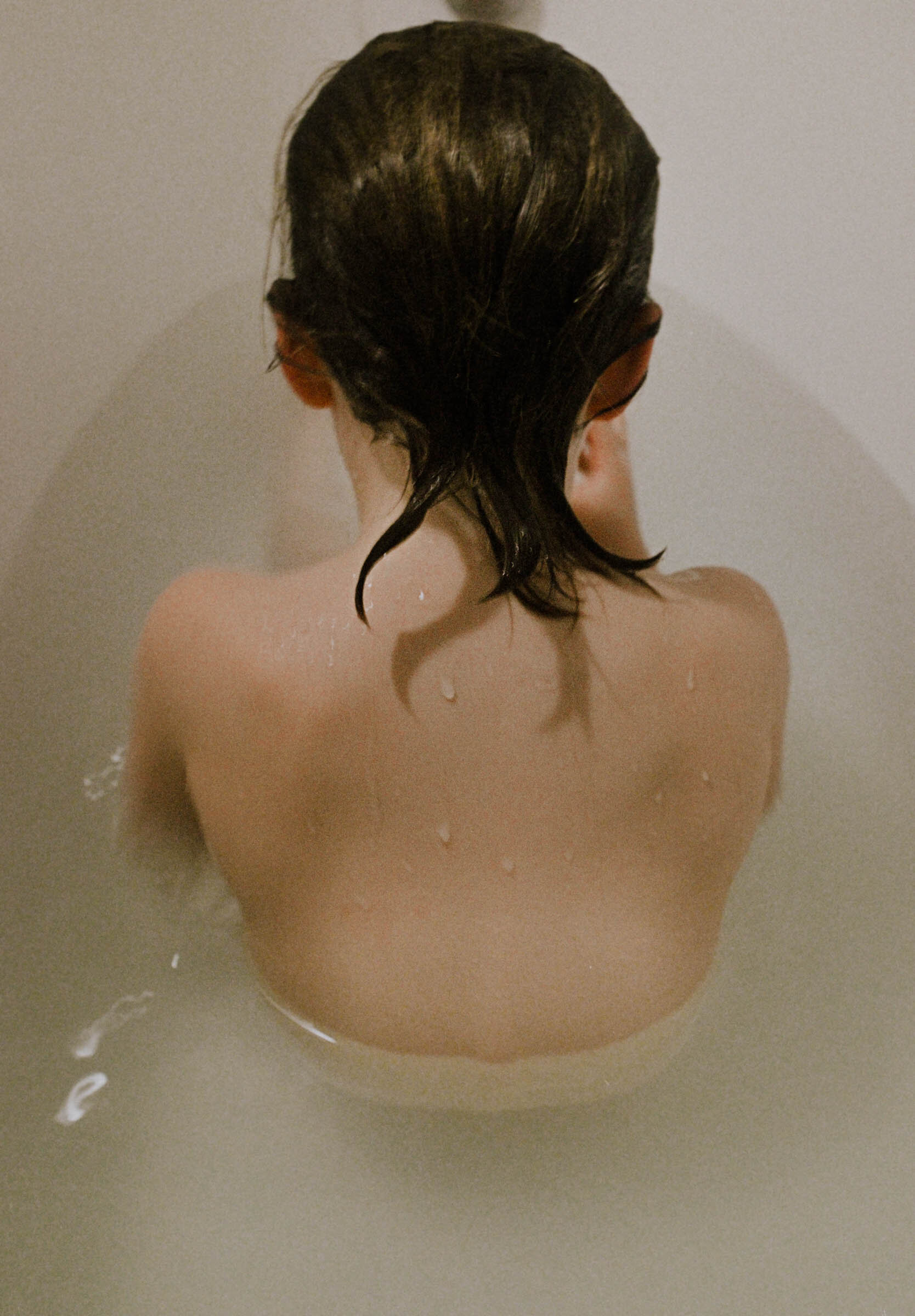
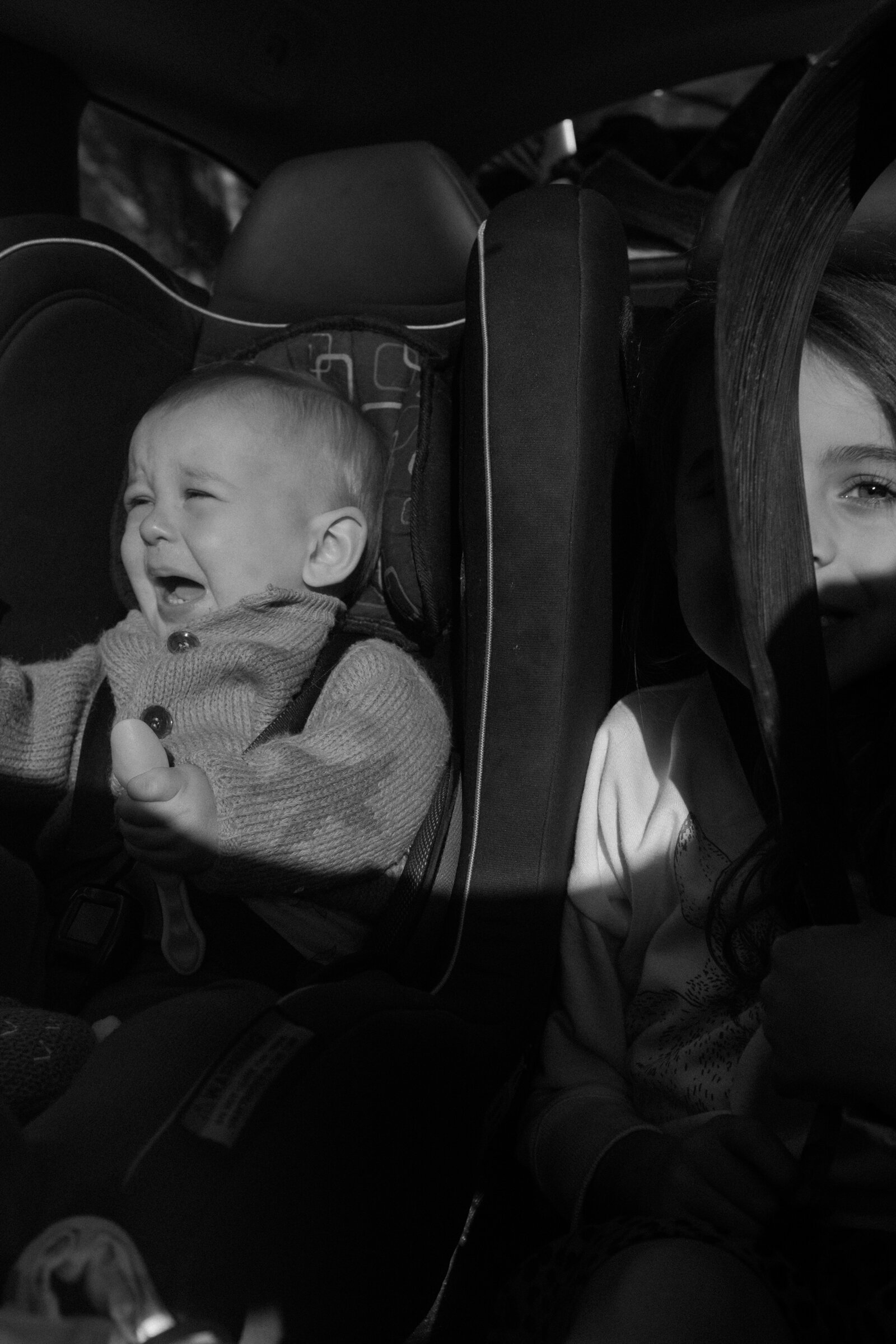

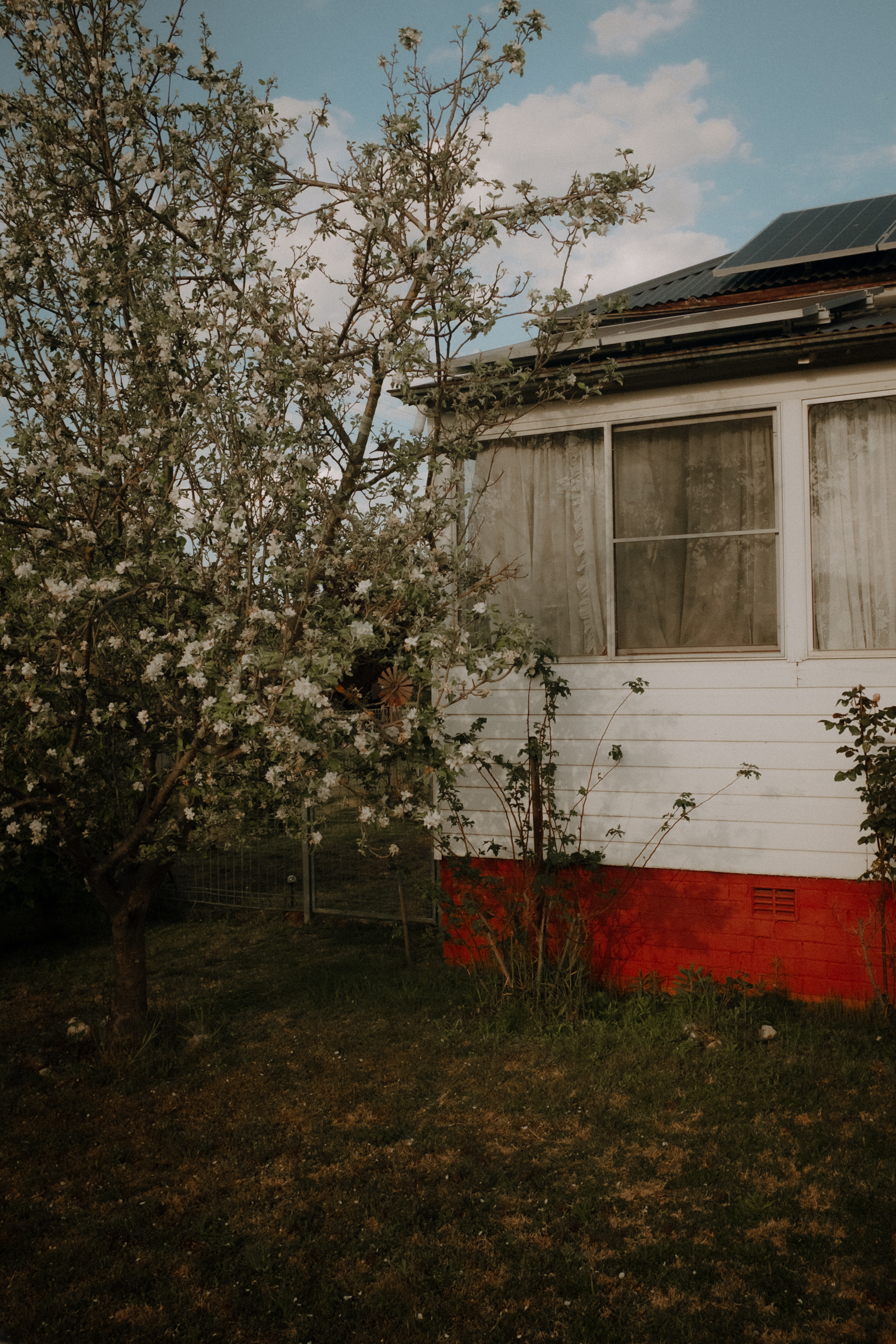
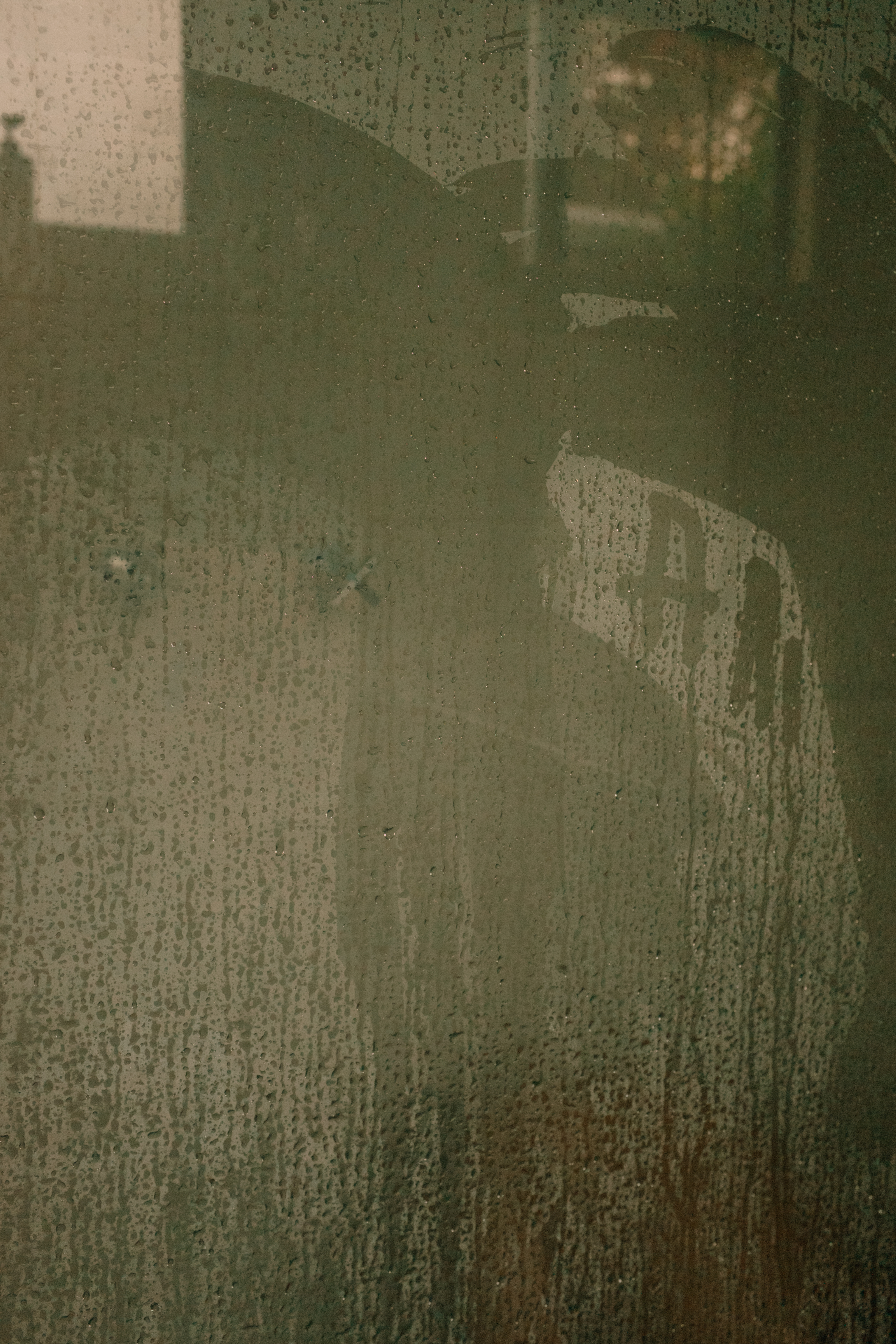

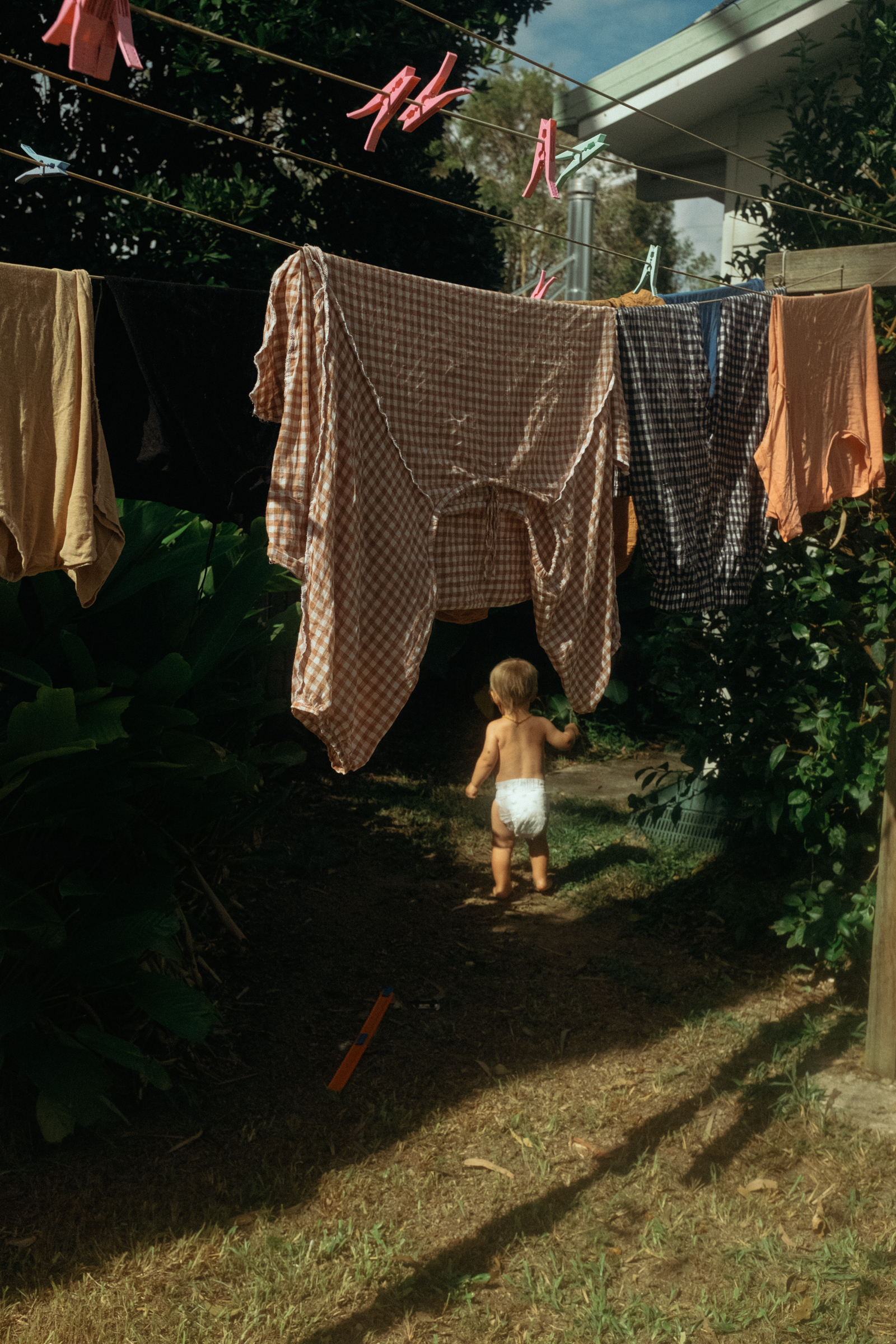

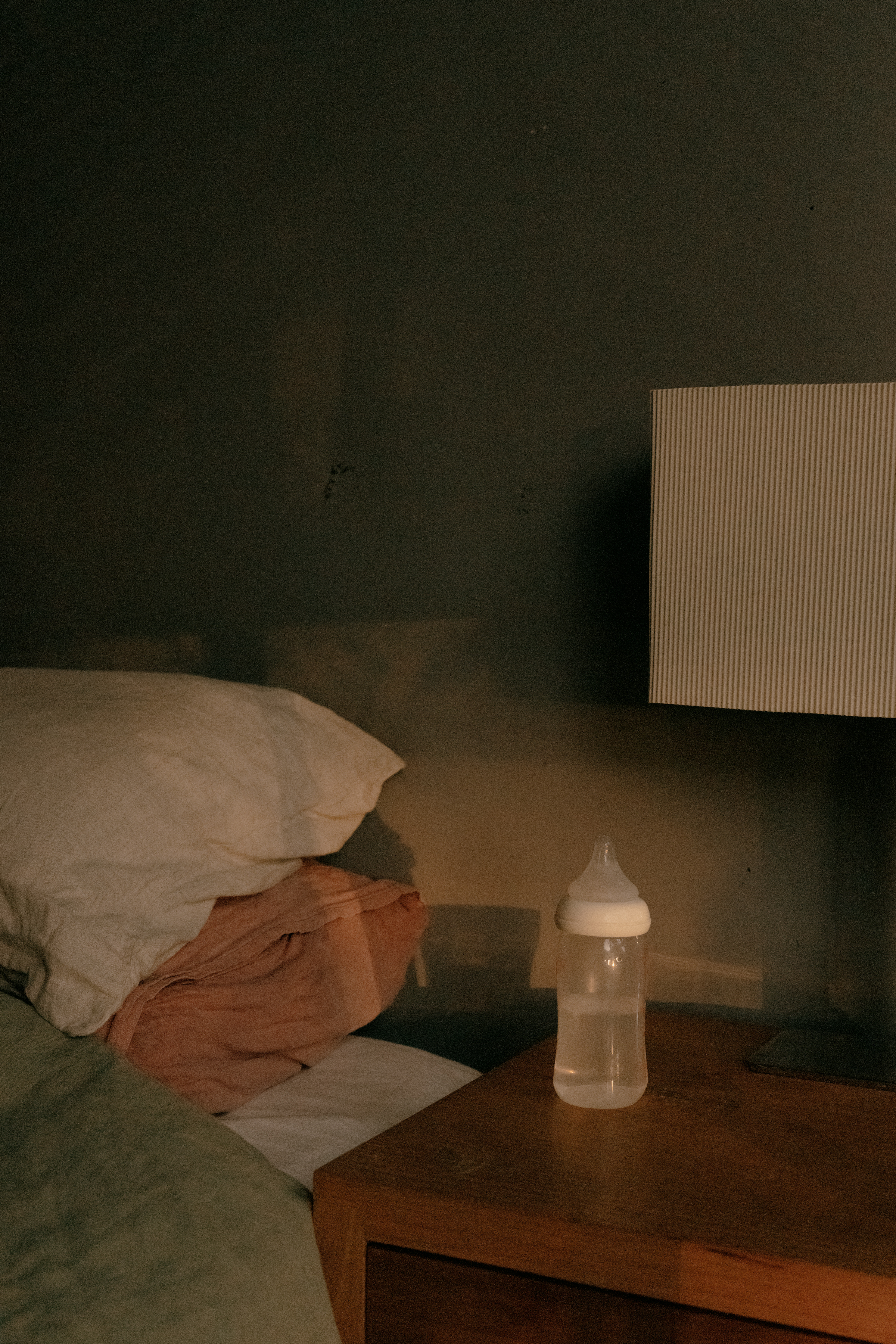

How long does a mother ‘carry’ a child?
As early as the second week of pregnancy there is a two-way transference of cells and DNA between the fetus and the mother. Cells containing DNA cross the placenta and enter into the mothers’ bloodstream, embedding in various organs including the heart, brain and lungs, where evidence has shown that they can remain for decades.
This phenomenon is called microchimerism, from the word ‘chimera’, referring to a mythical creature made up of the parts of different animals.
Mother, as chimera.
As early as the second week of pregnancy there is a two-way transference of cells and DNA between the fetus and the mother. Cells containing DNA cross the placenta and enter into the mothers’ bloodstream, embedding in various organs including the heart, brain and lungs, where evidence has shown that they can remain for decades.
This phenomenon is called microchimerism, from the word ‘chimera’, referring to a mythical creature made up of the parts of different animals.
Mother, as chimera.
The undeniable reality of our planet's warming is no longer a distant concern, nor a theoretical discourse—it is unfolding before our eyes, impacting our environment in real and immediate ways.
From catastrophic bushfires to unprecedented flooding, climate change is reshaping landscapes, displacing communities, and irrevocably altering landscapes and lives.
I recall the early months after the birth of my second son, amidst the ravages of Australia’s 'Black Summer' fires. Confined indoors, holding my newborn, I was gripped with concern over the smoky air—its invisible threat posing a silent danger to fragile lungs.
In the years that followed, my community faced the devastation of floods, their scale and severity surpassing anything previously recorded.
As a parent, the instinct to protect my children has never been more pronounced; these events triggered an overwhelming sense of vulnerability—and a persistent anxiety about their future.
The delicate balance between despairing at the magnitude of the devastation and maintaining outward optimism for their future in a world so visibly affected by these crises has become increasingly difficult to navigate.
This emotional struggle is not only a personal experience, it reflects a collective reckoning with the environmental and societal challenges we must confront.




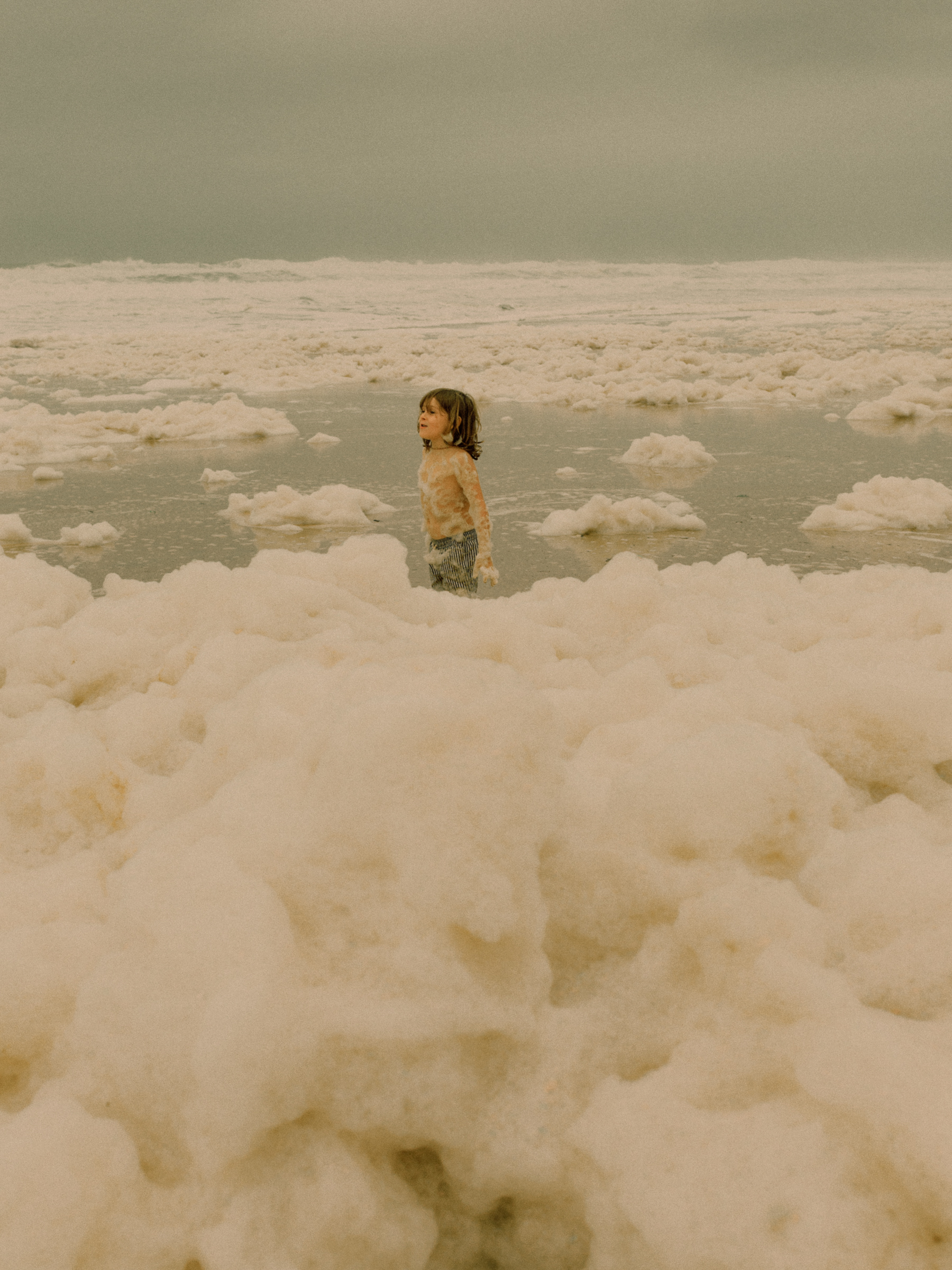












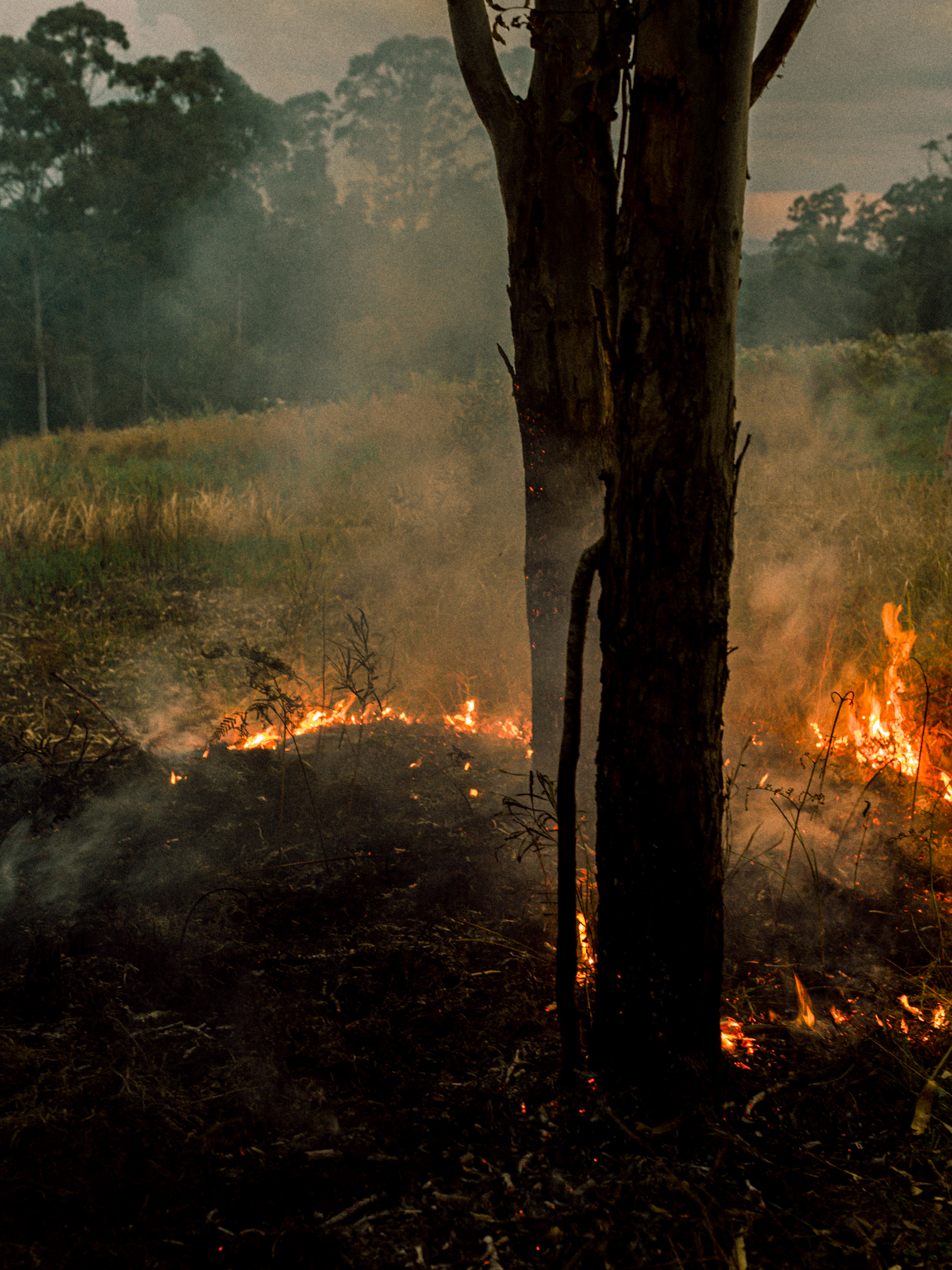

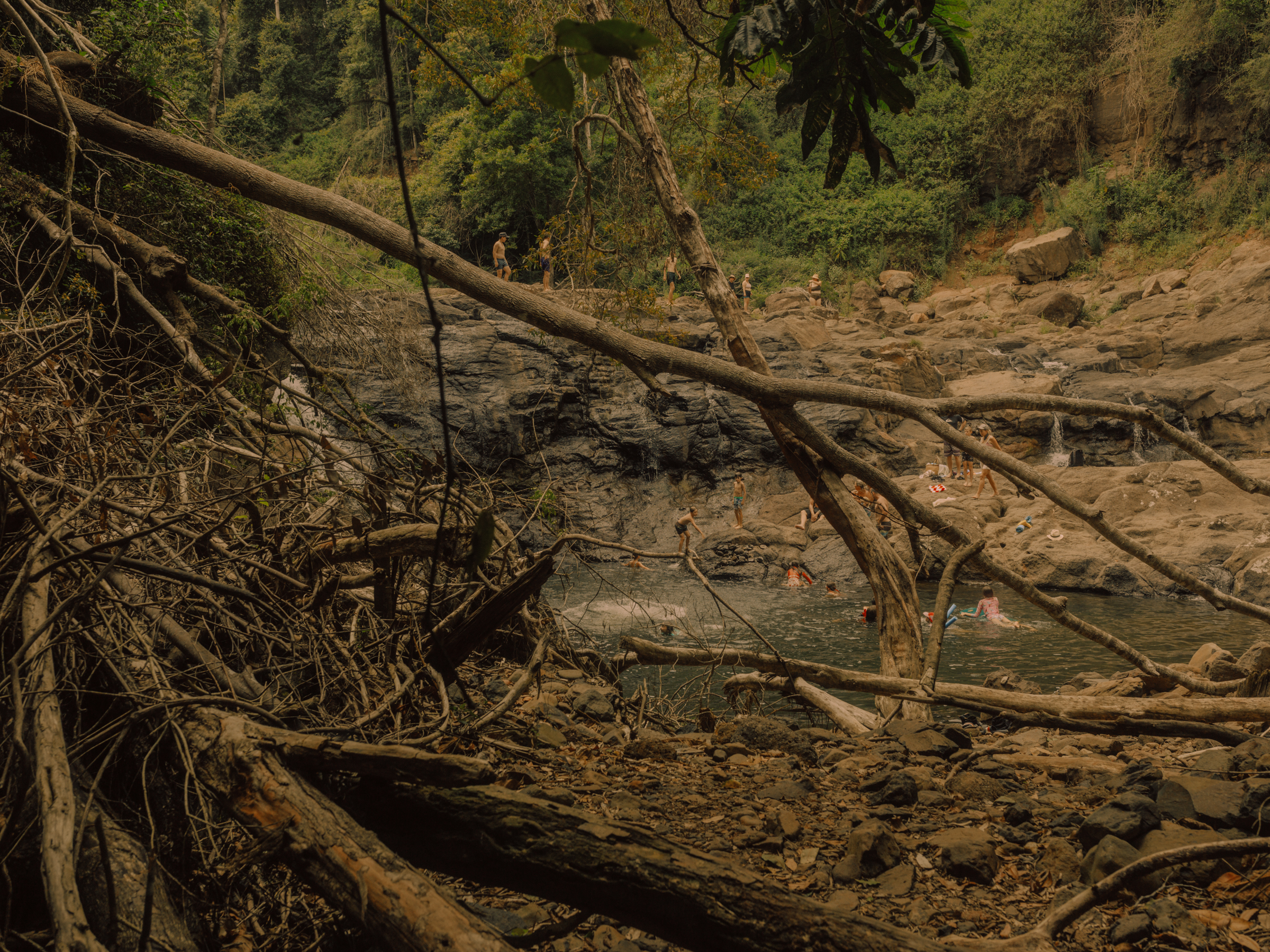



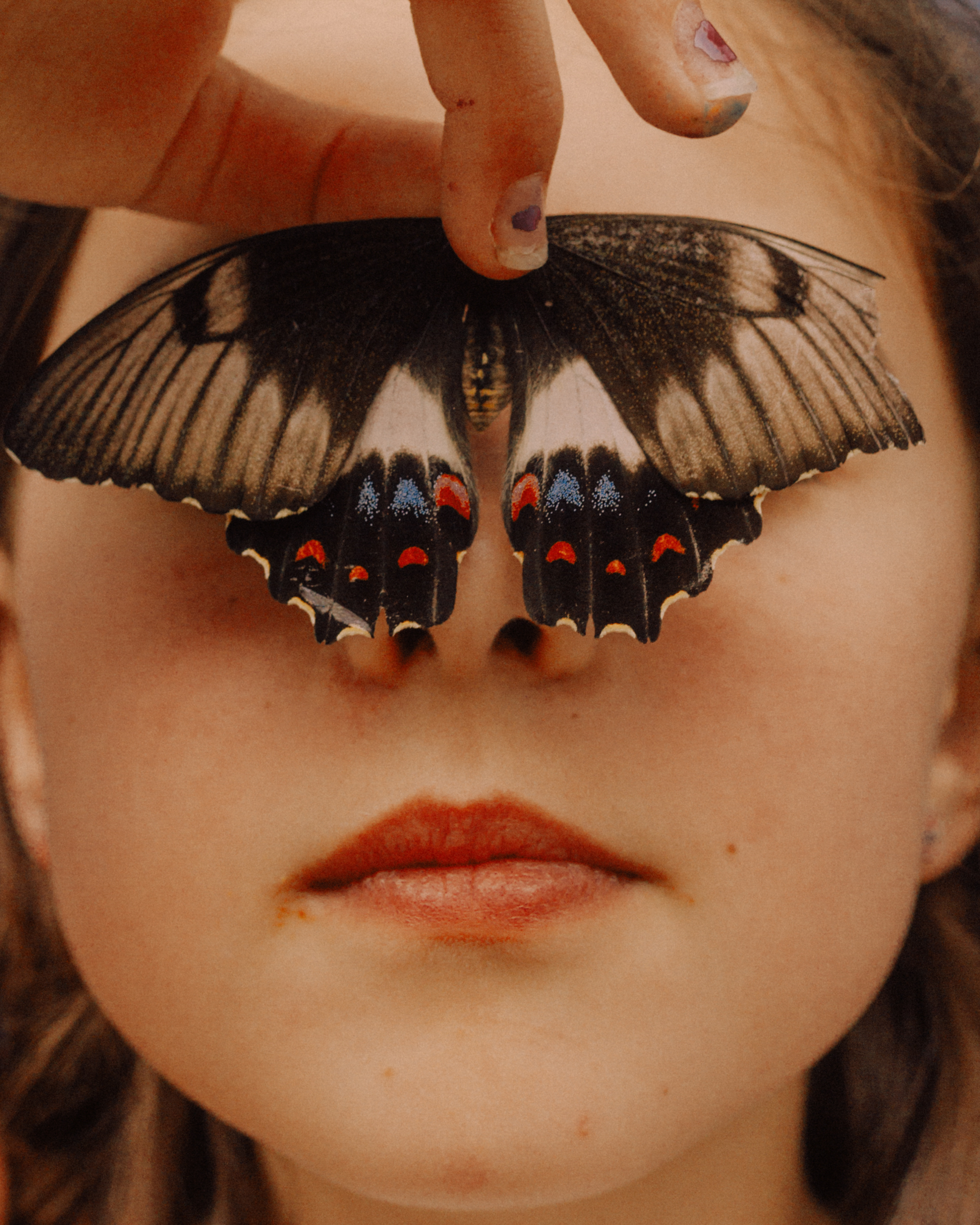
‘Mother’ is a statement on the unseen and undervalued labour of motherhood.
Spanning diverse locations, this ongoing body of work exposes the realities of maternal experience, challenging the cultural silence surrounding postpartum life.
Lisa’s own transition into motherhood served as the catalyst for this project. Like countless women before her, she encountered a system that prioritises the baby’s well-being while reducing the mother to a vessel—expected to endure profound physical and emotional changes with little societal recognition or structural support. The maternal body, revered in theory, is too often dismissed in practice.
Conversations around motherhood frequently centre on sacrifice, reinforcing a patriarchal expectation that women should silently bear the weight of caregiving.
The lack of realistic, diverse portrayals of postpartum life only exacerbates this issue, perpetuating unattainable ideals that isolate mothers and fuel guilt, anxiety, and self-doubt.
Motherhood is both radical and relentless. It is an unpaid, undervalued form of labour that sustains societies, yet policies and cultural frameworks continue to ignore its challenges.
This is exacerbated for mothers who are in vulnerable, disempowered or marginalised communities.
To recognise the full reality of motherhood is to acknowledge the need for systemic change—better support structures, more inclusive representations, and a rejection of the myth that maternal suffering is inevitable. Until these truths are addressed, motherhood will continue to be an individual struggle rather than a collective responsibility.
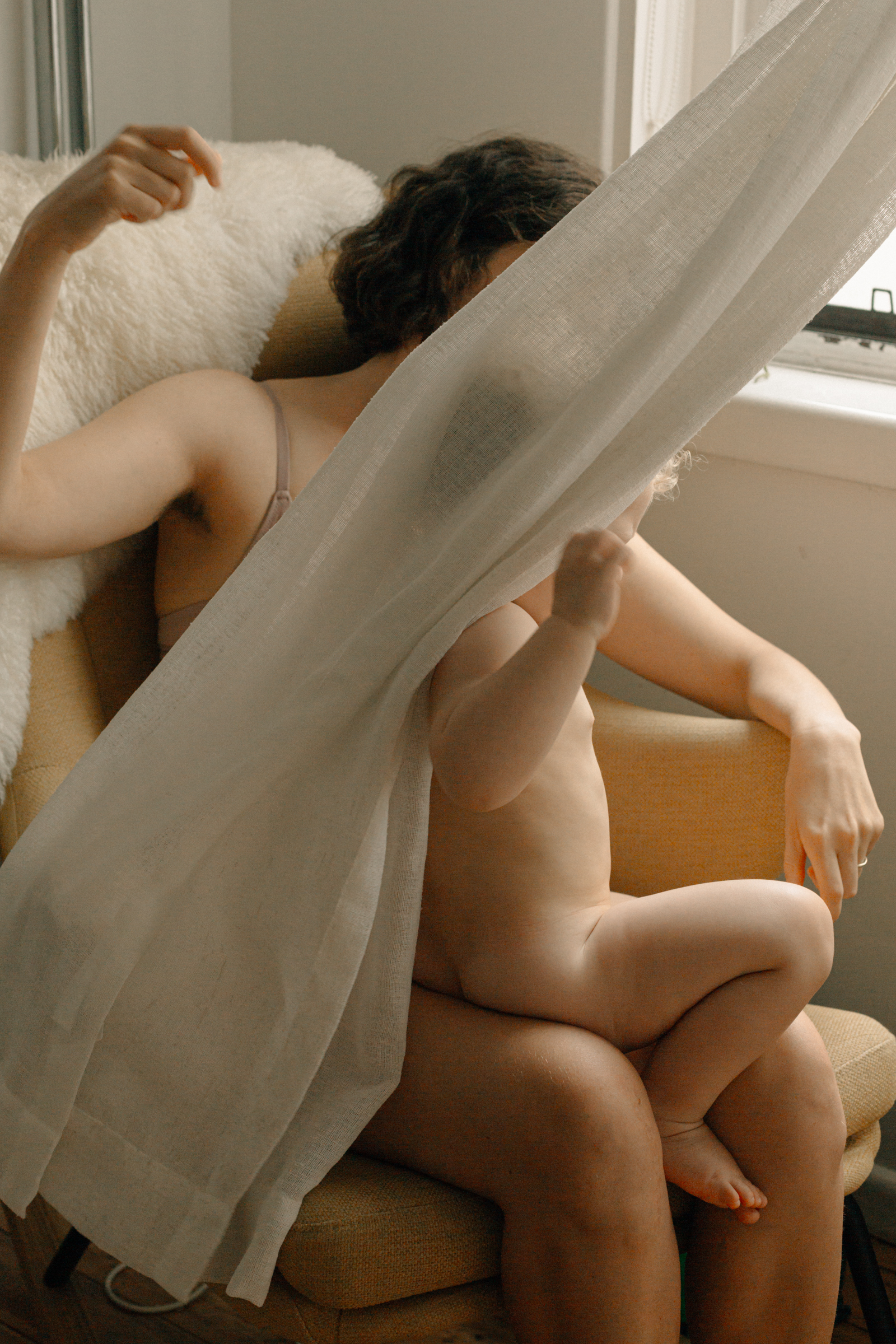
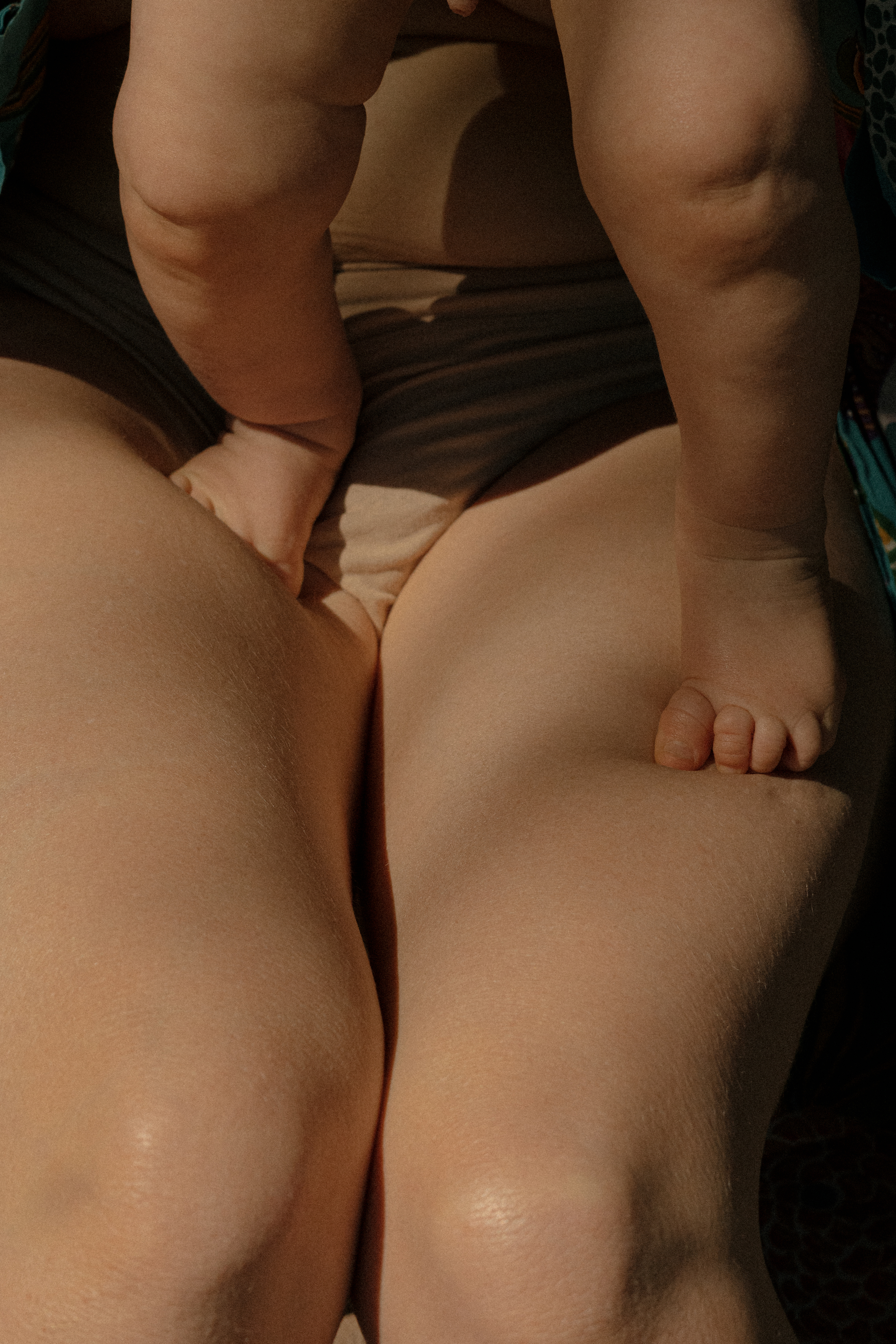
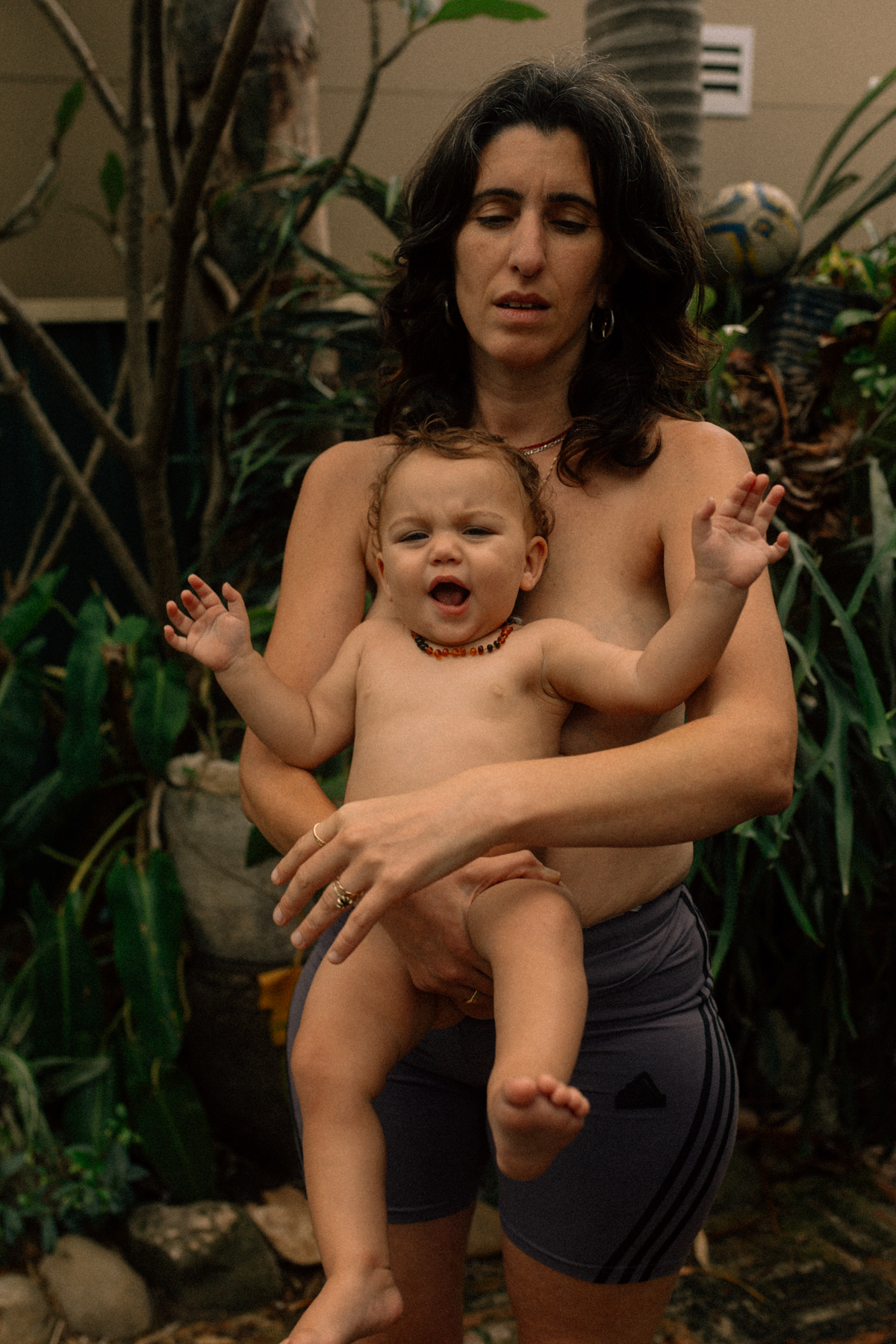
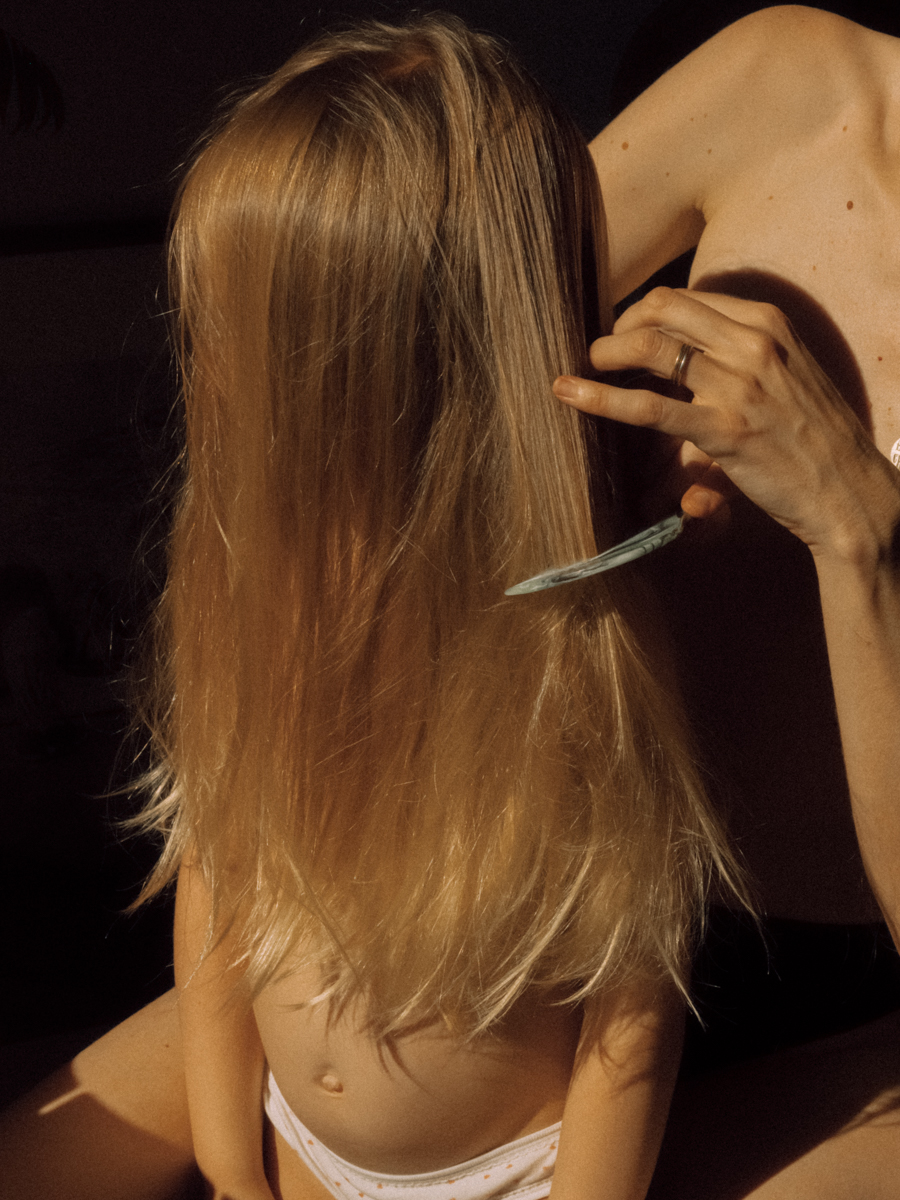
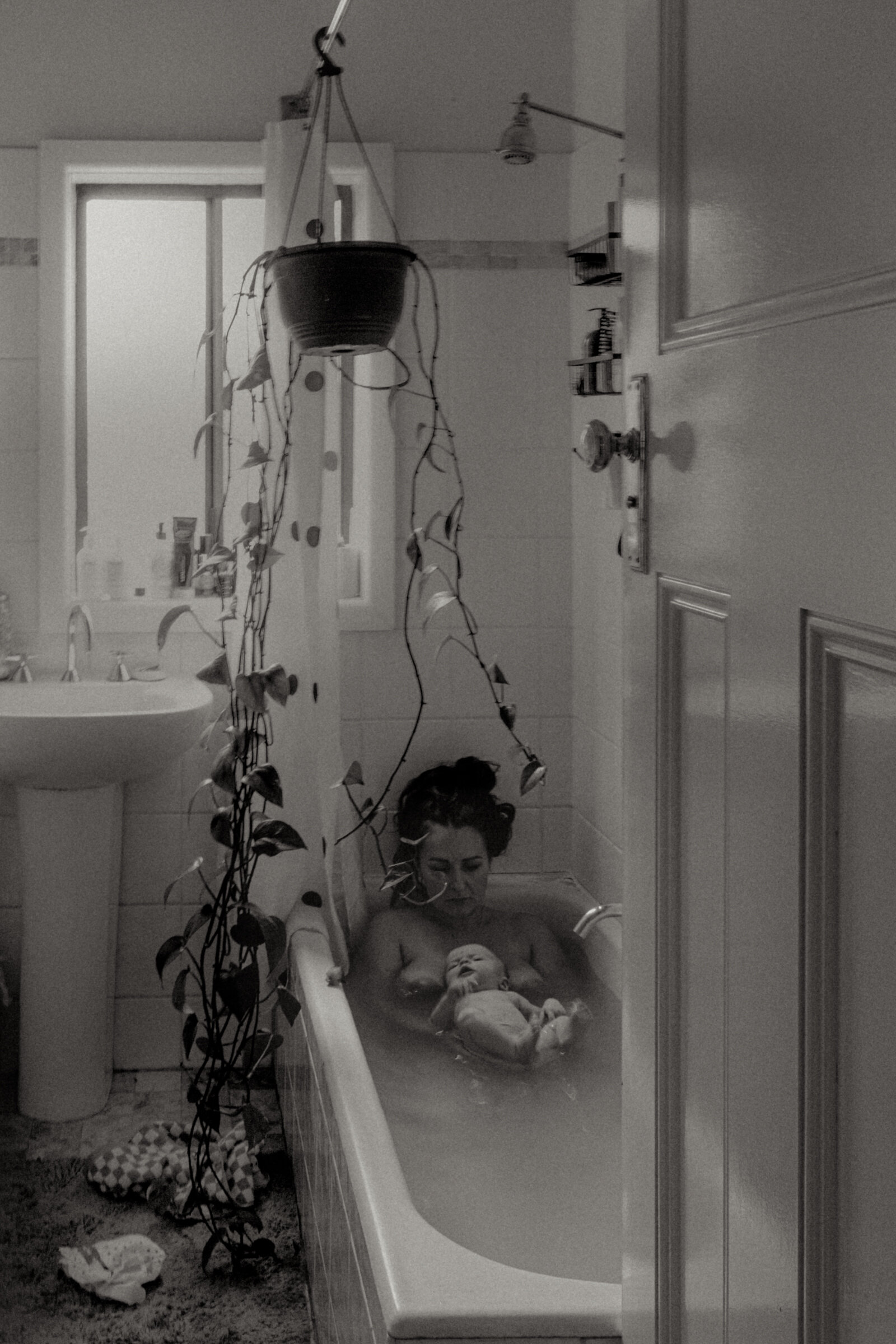
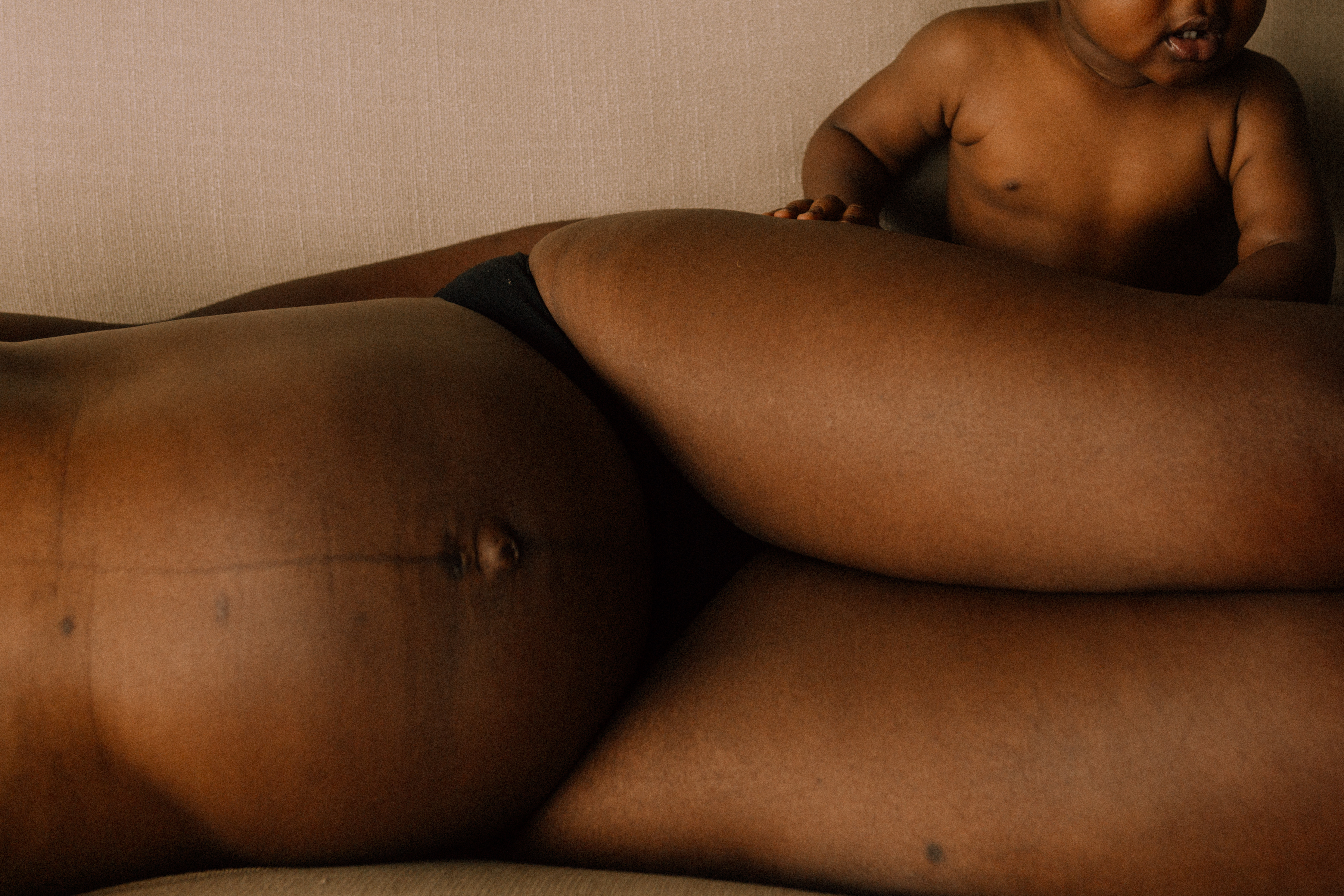
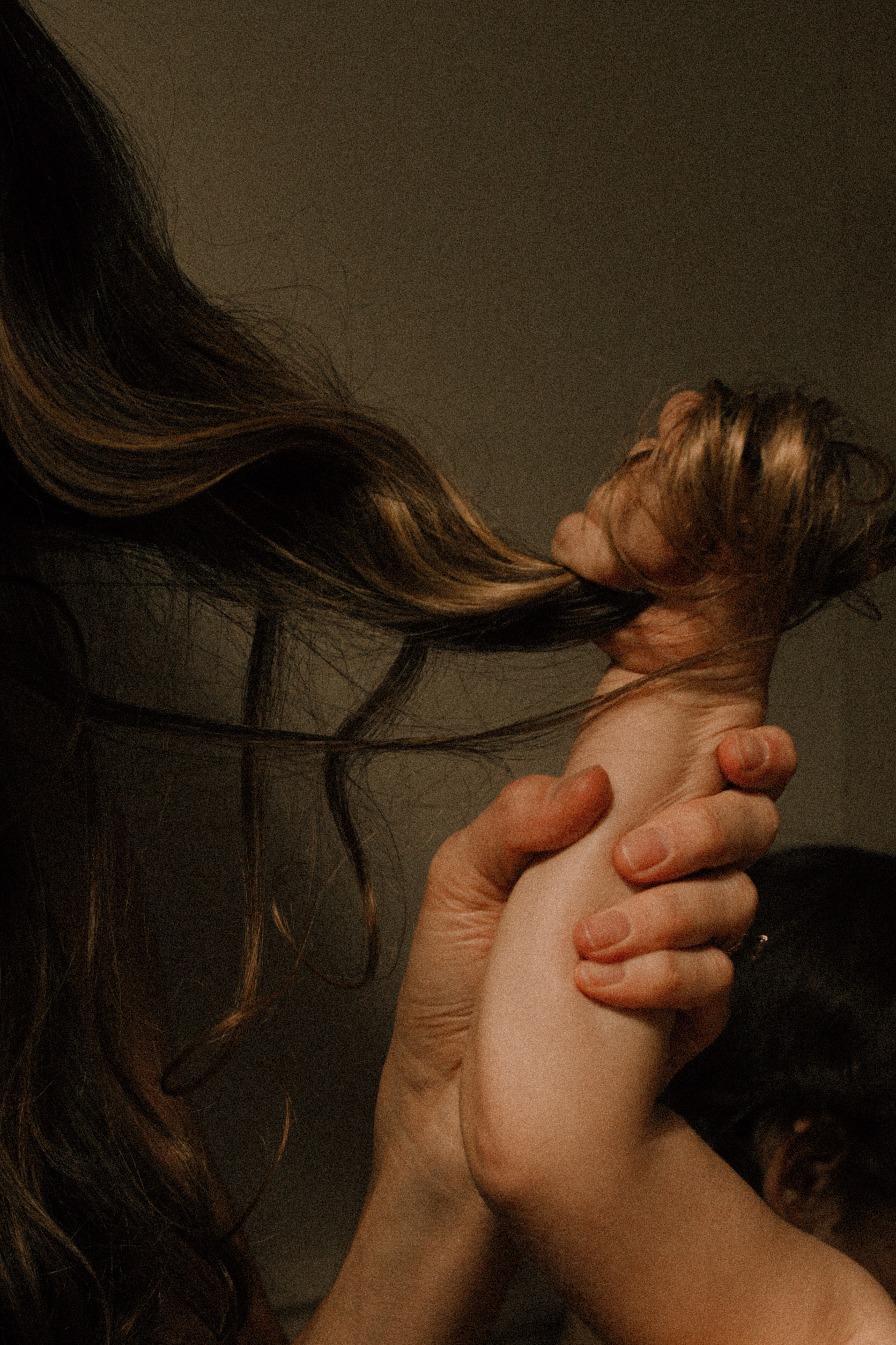
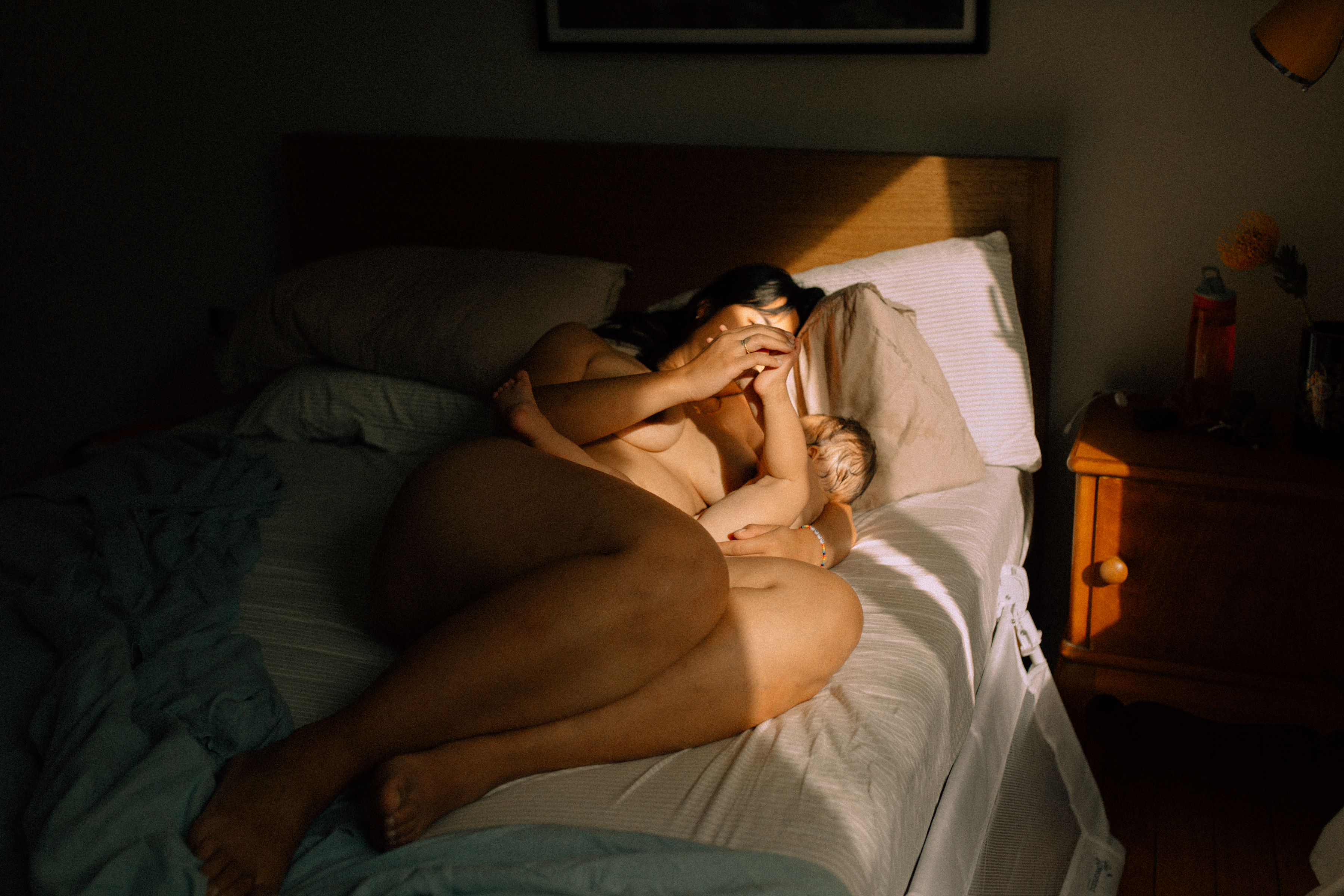
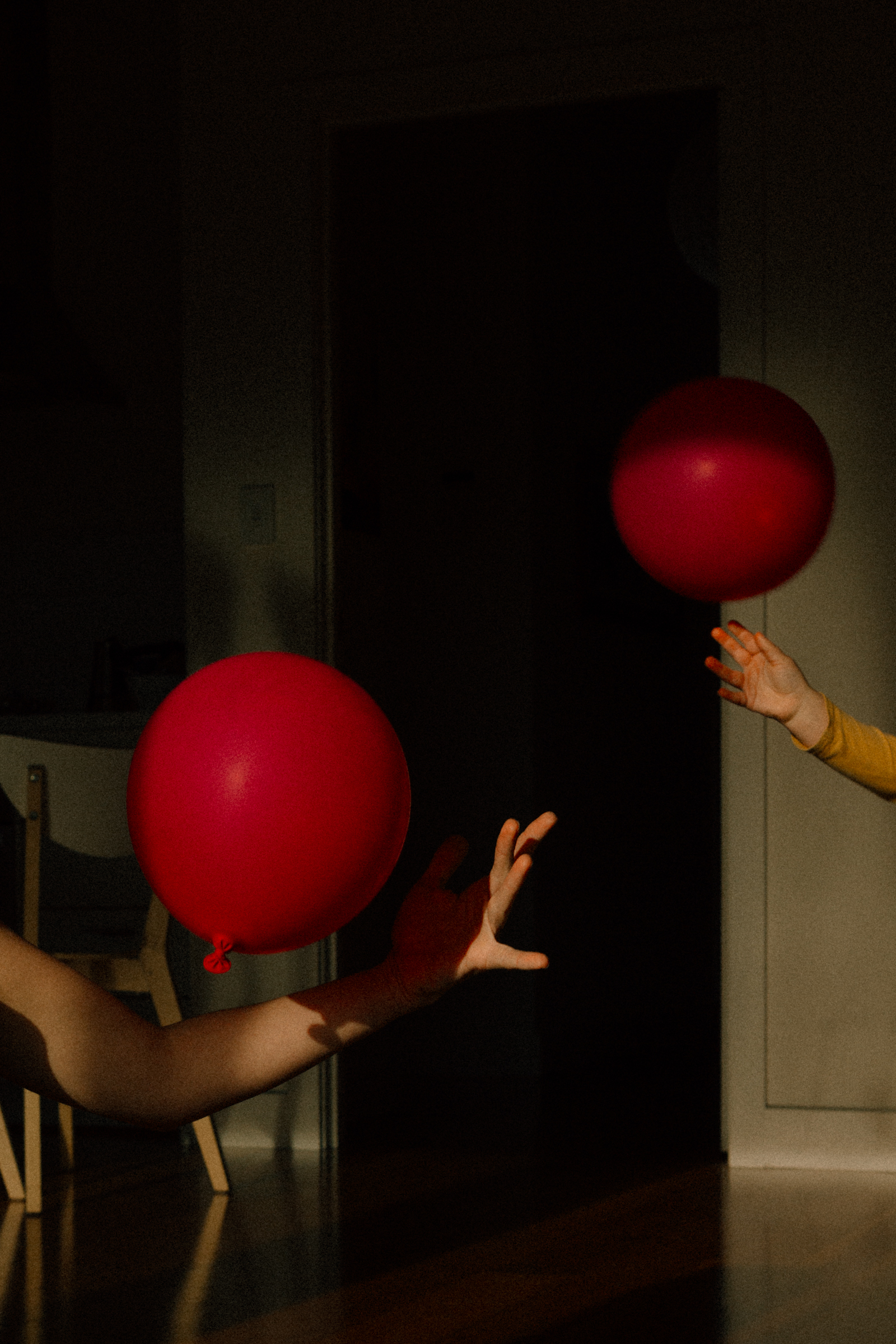
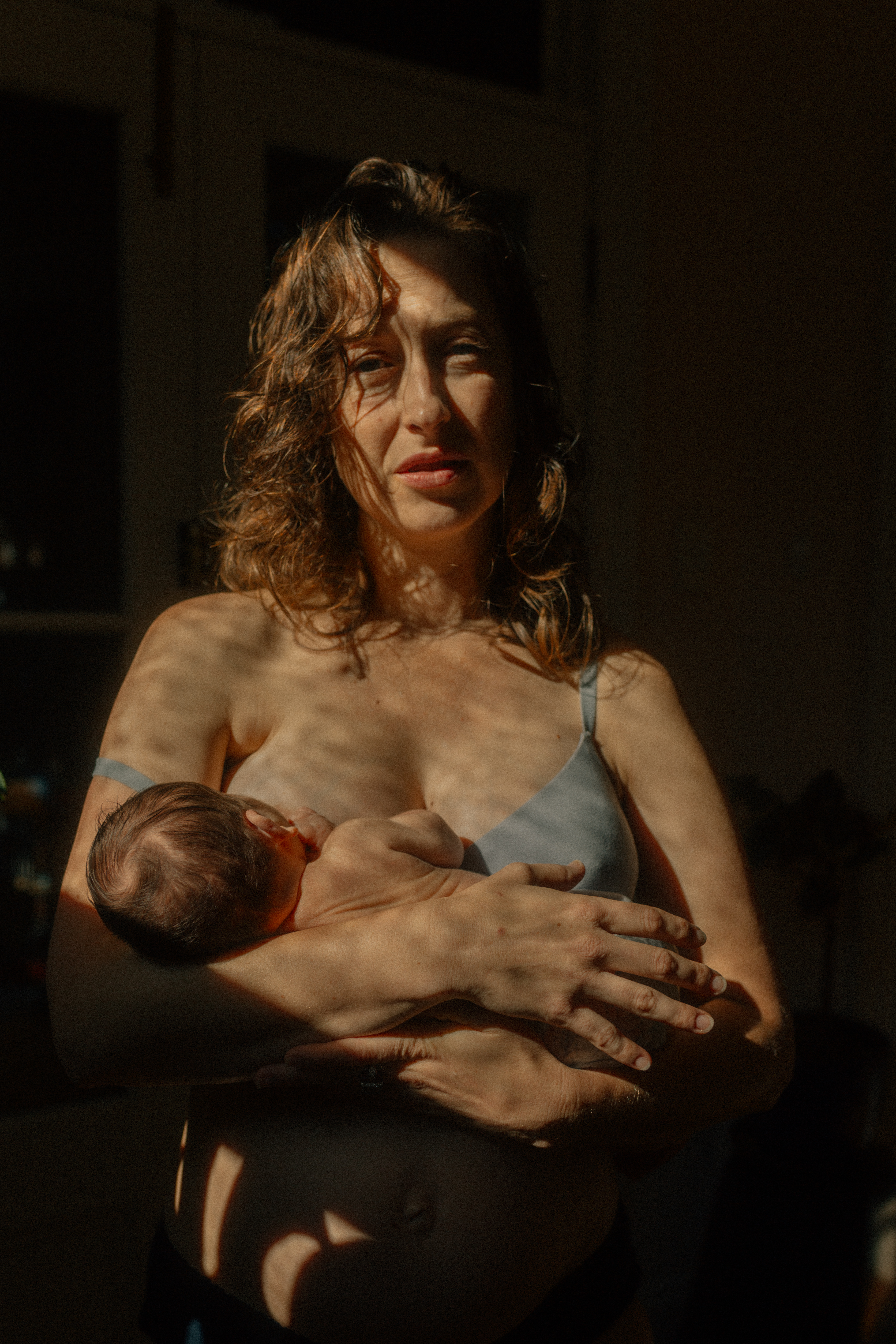
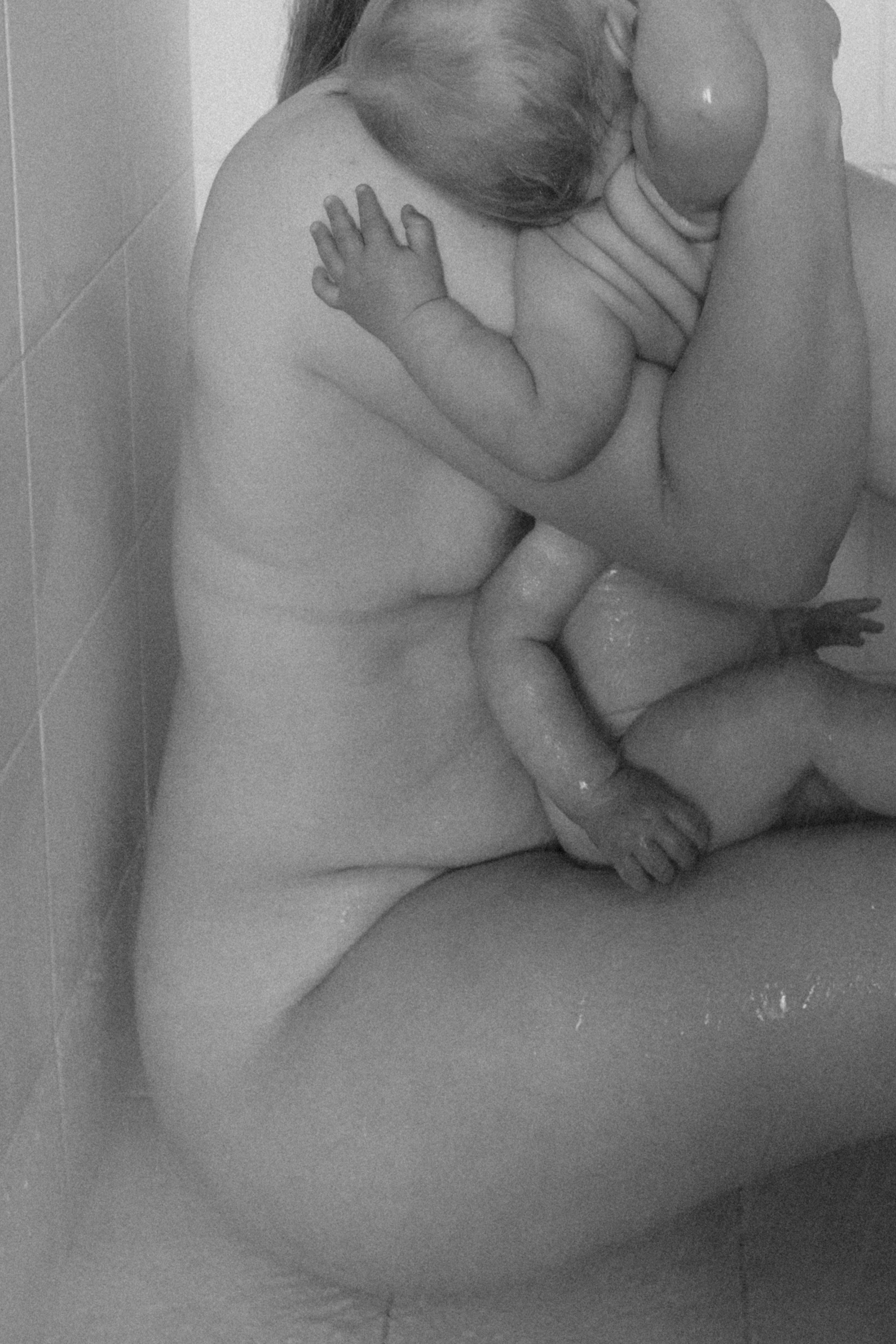
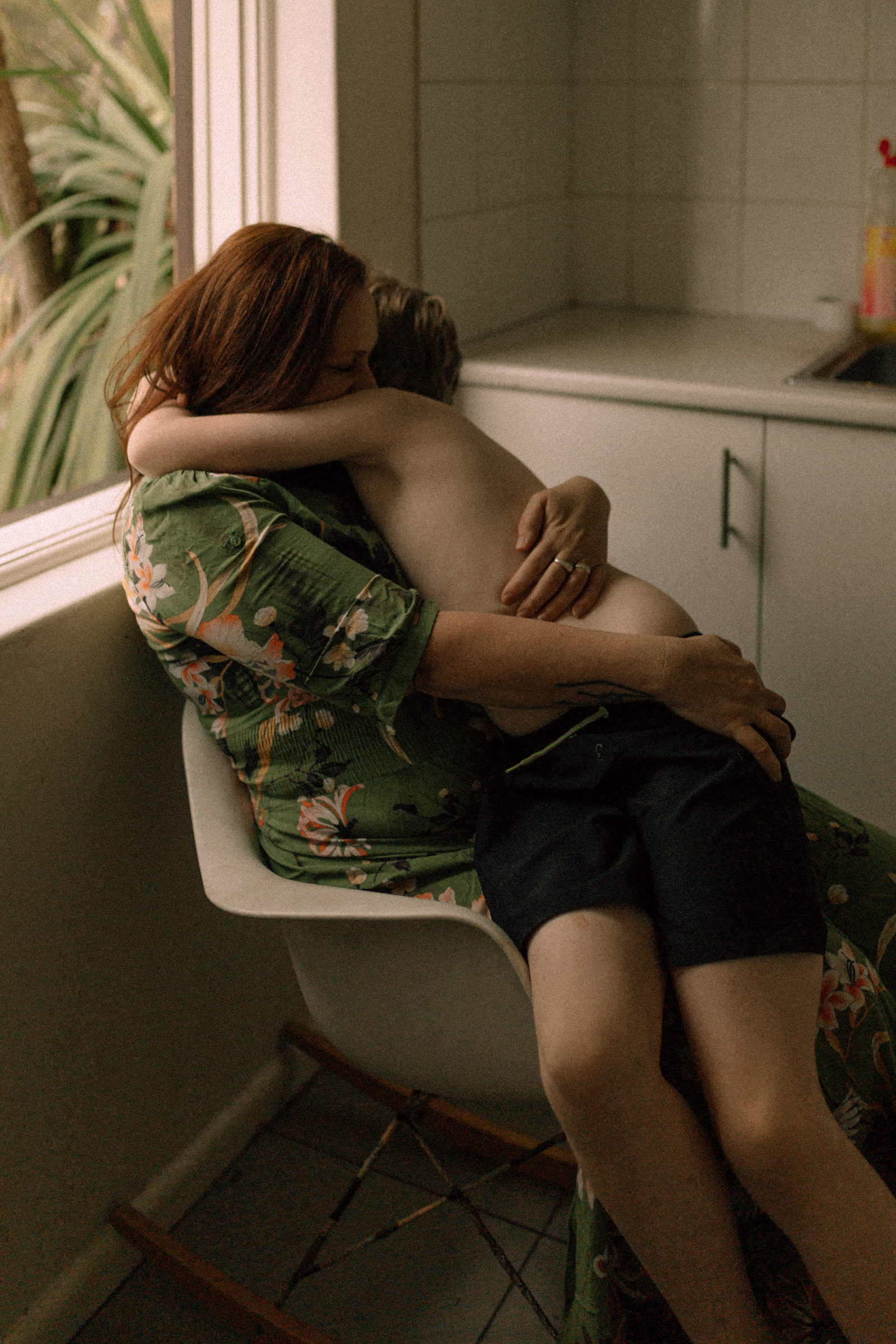
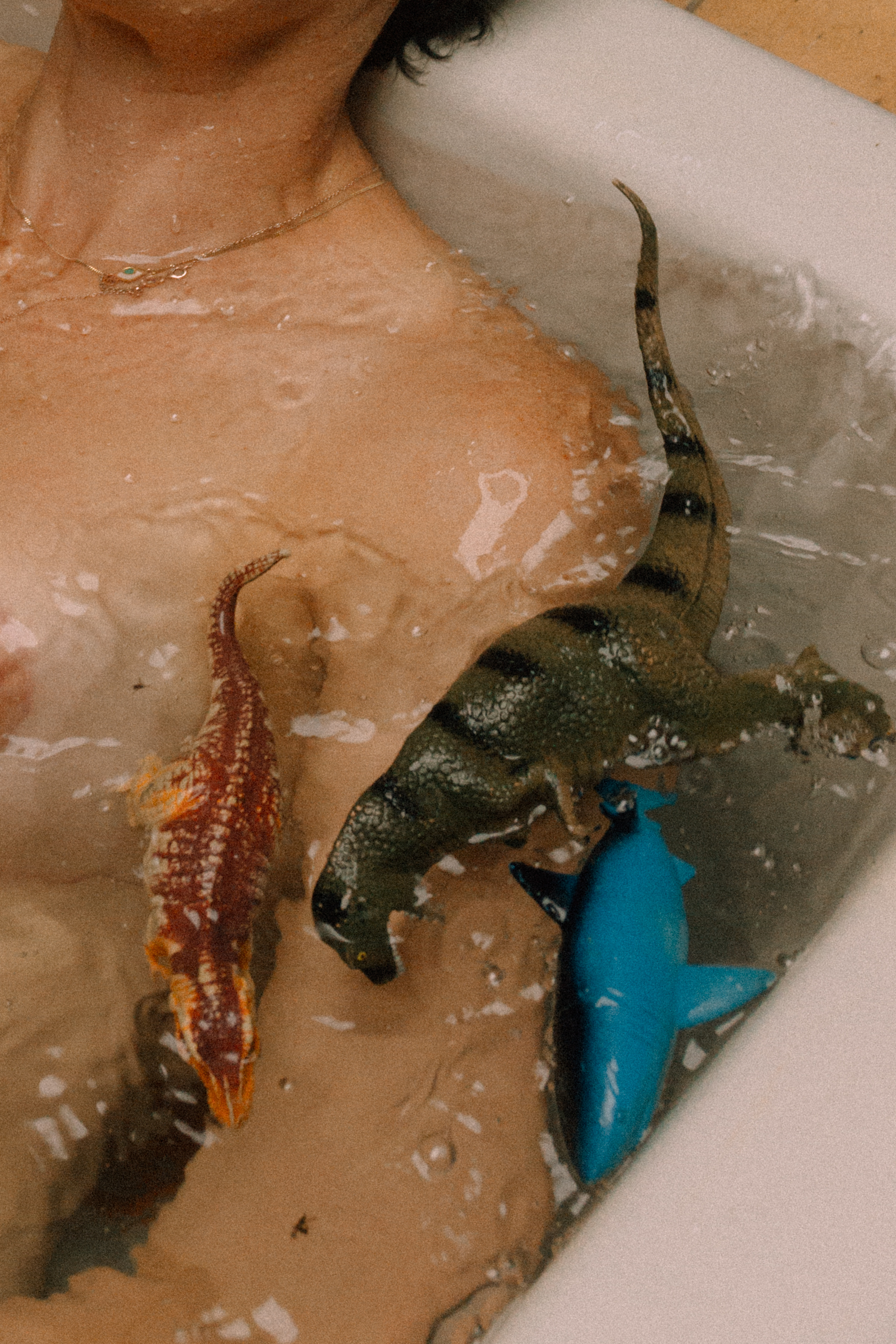
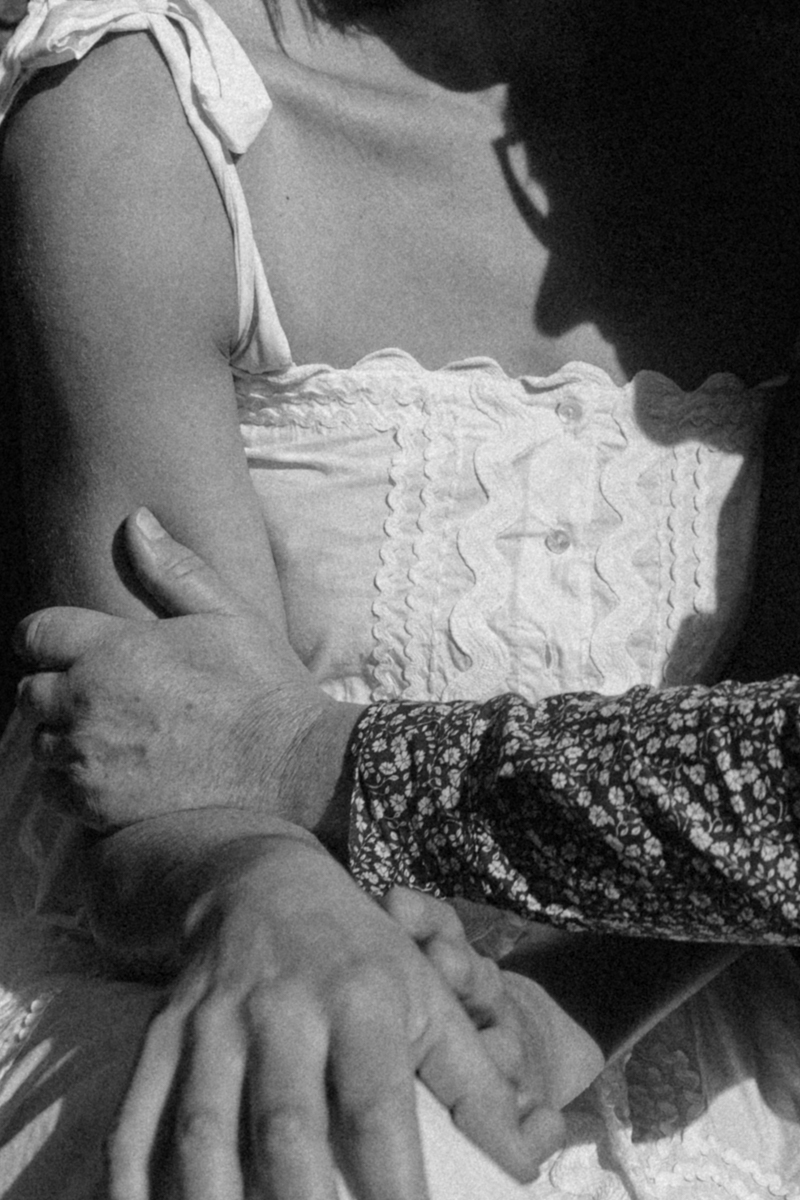
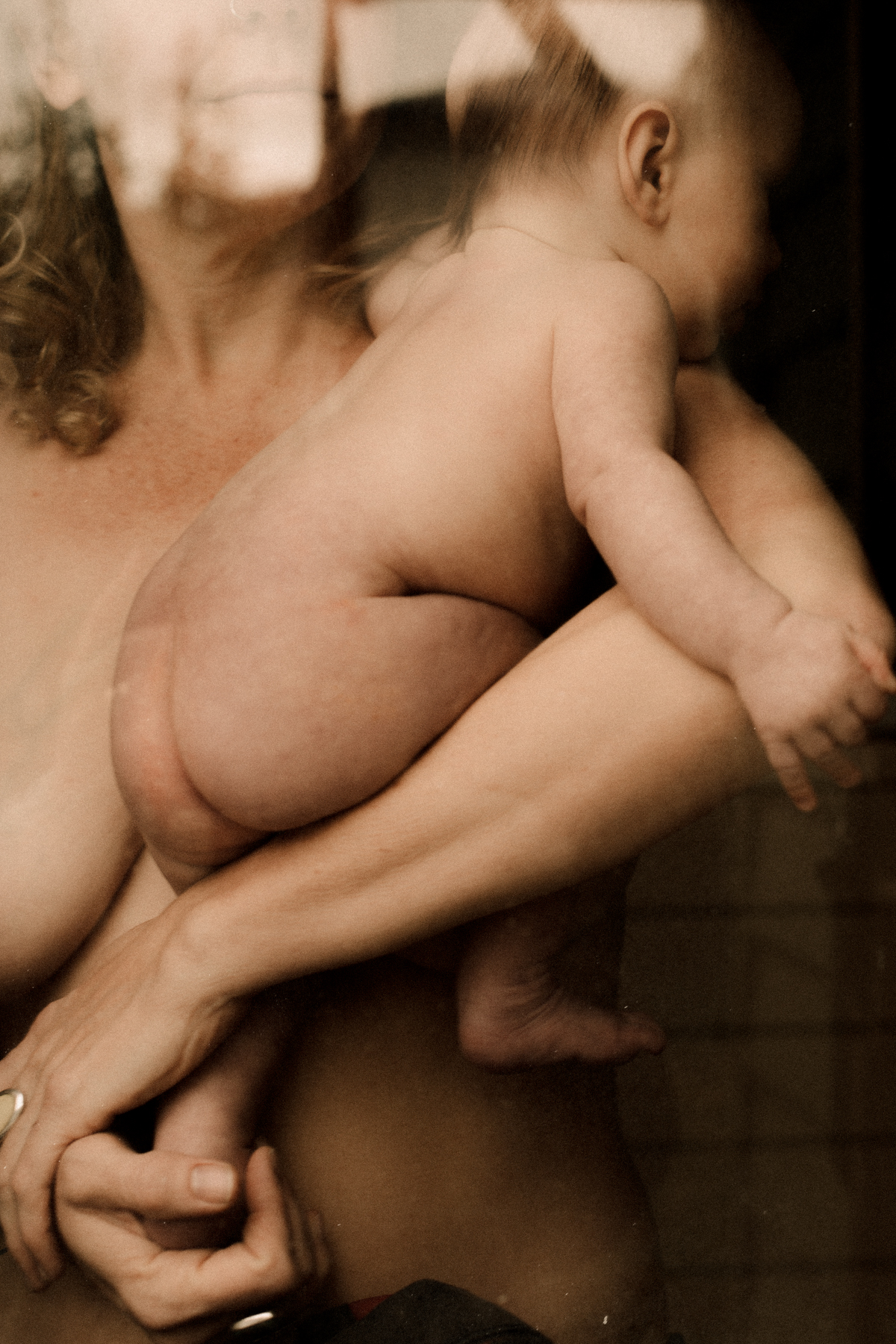
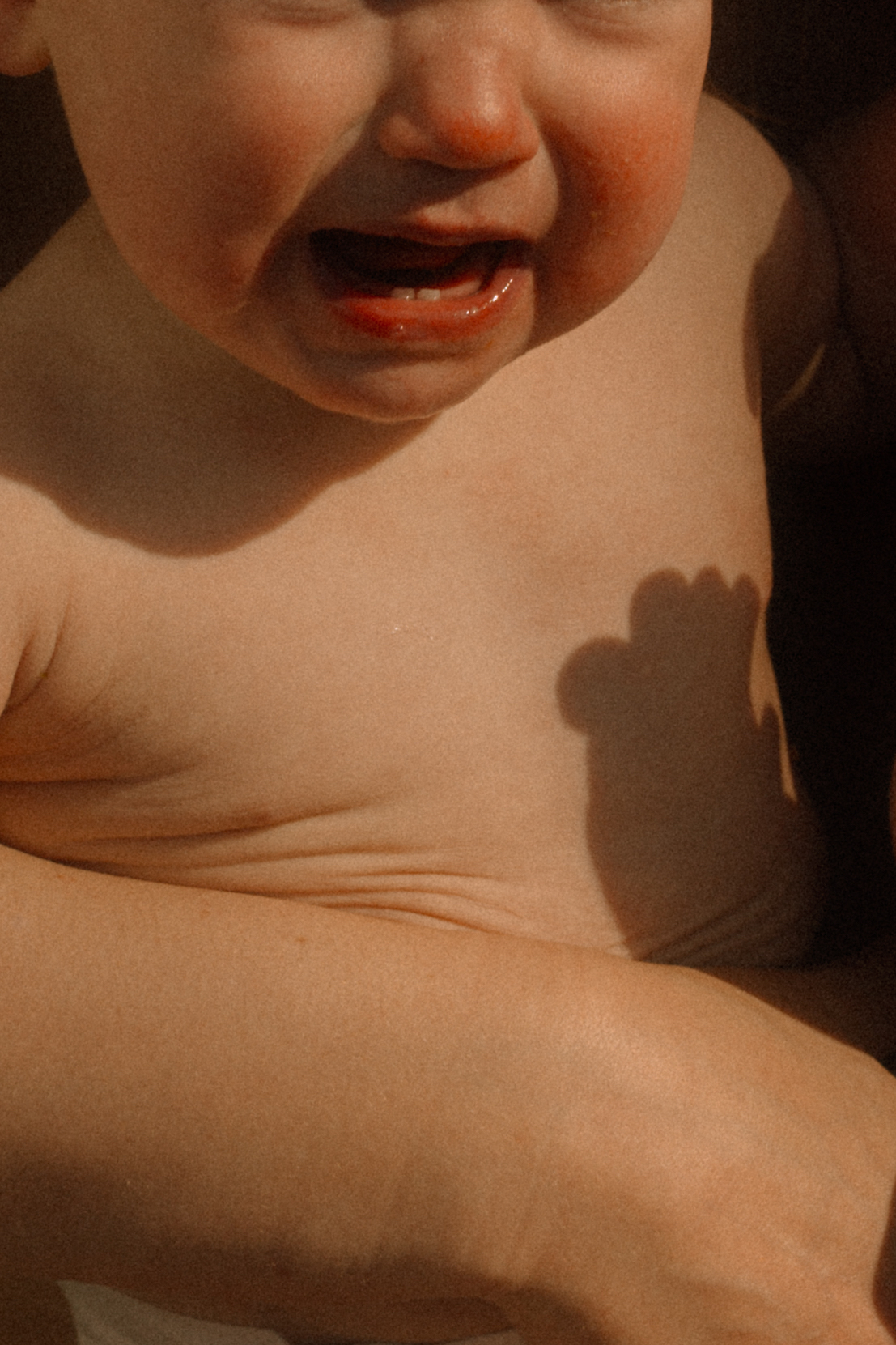
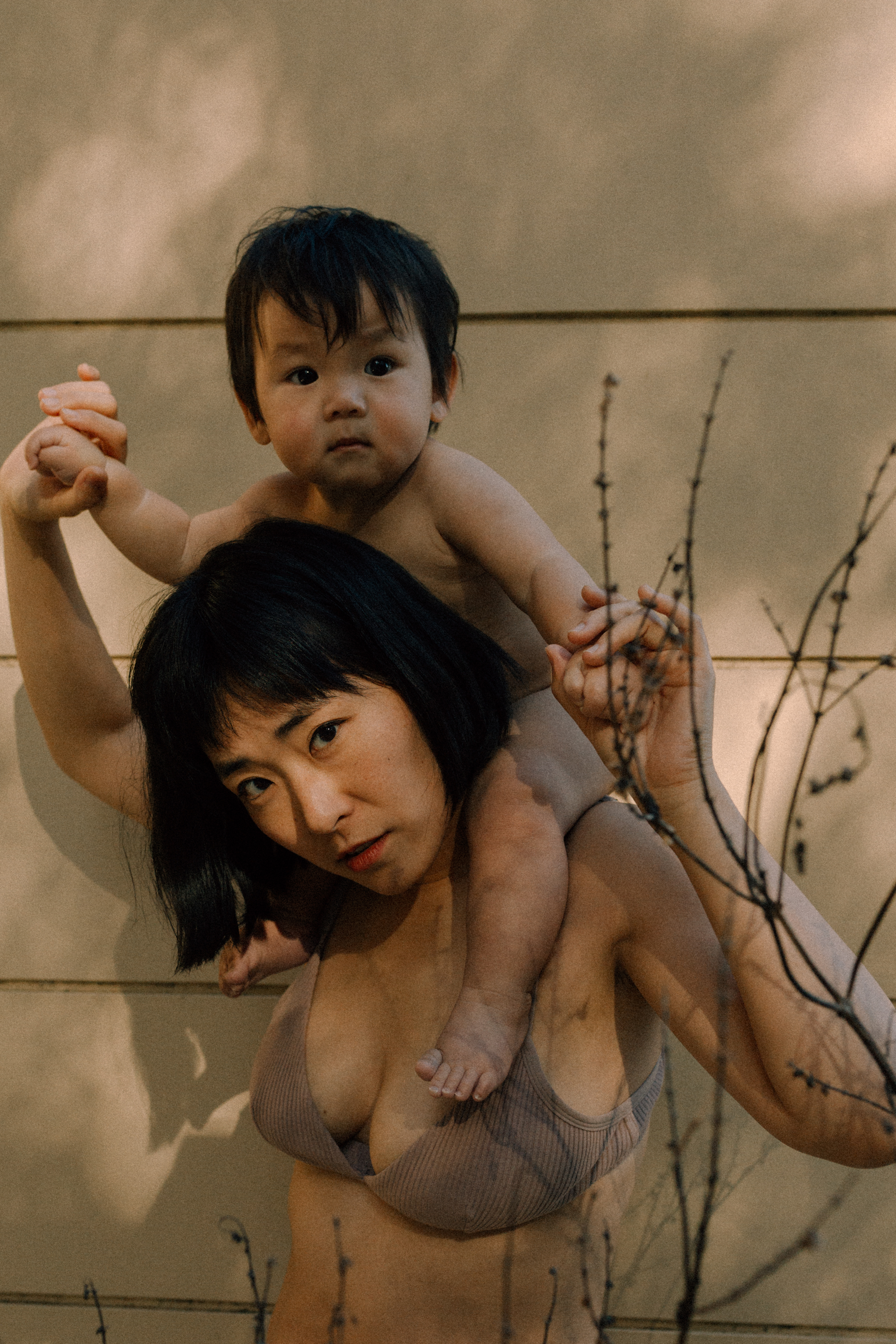
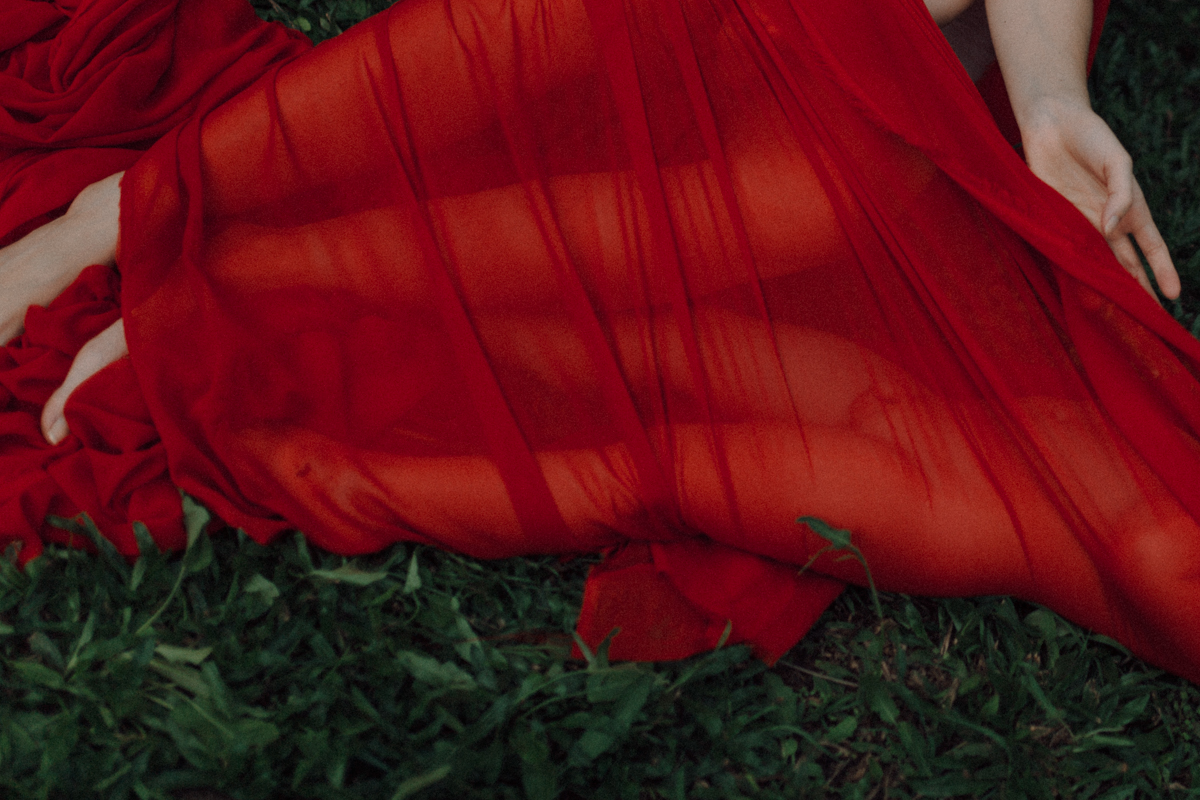
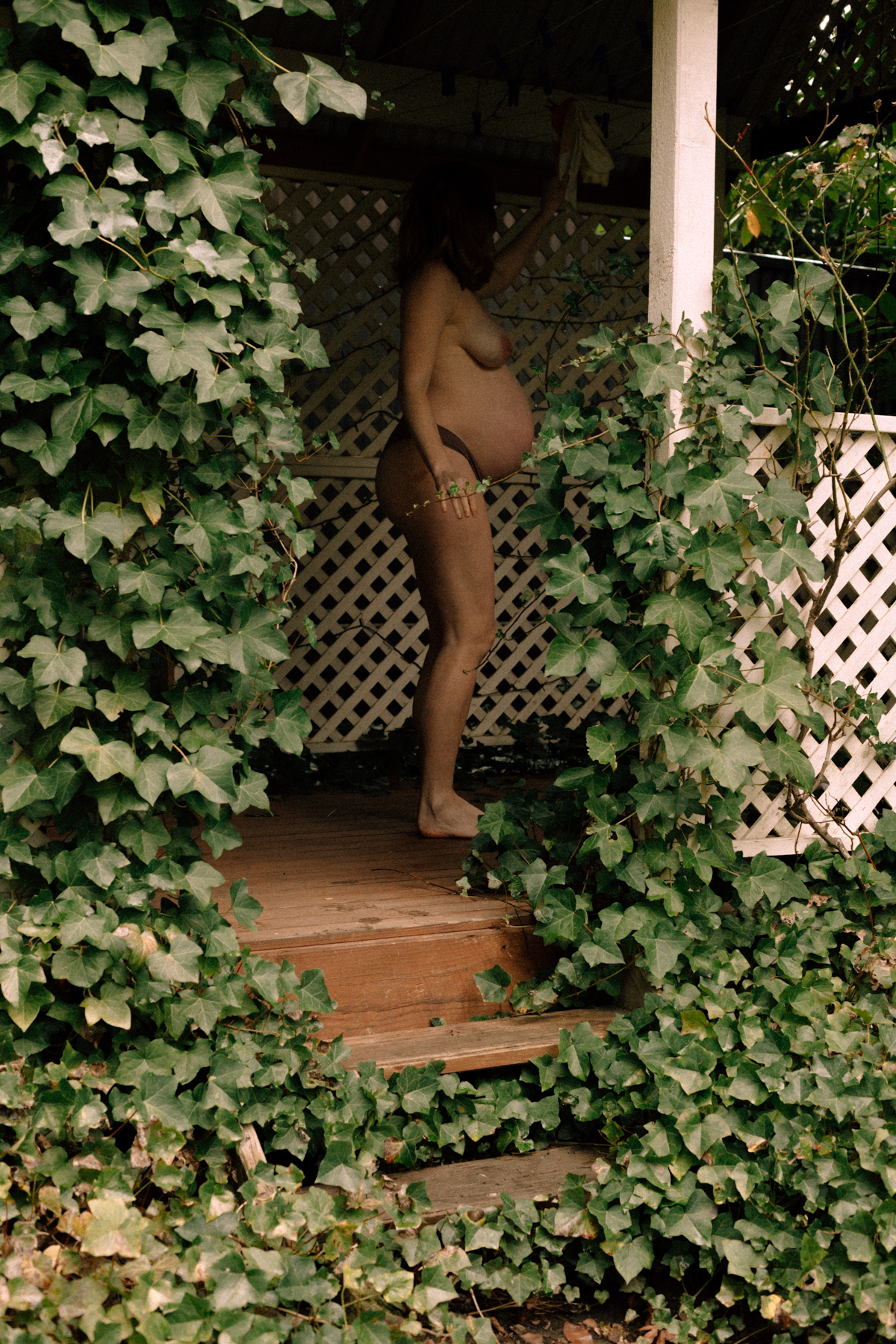
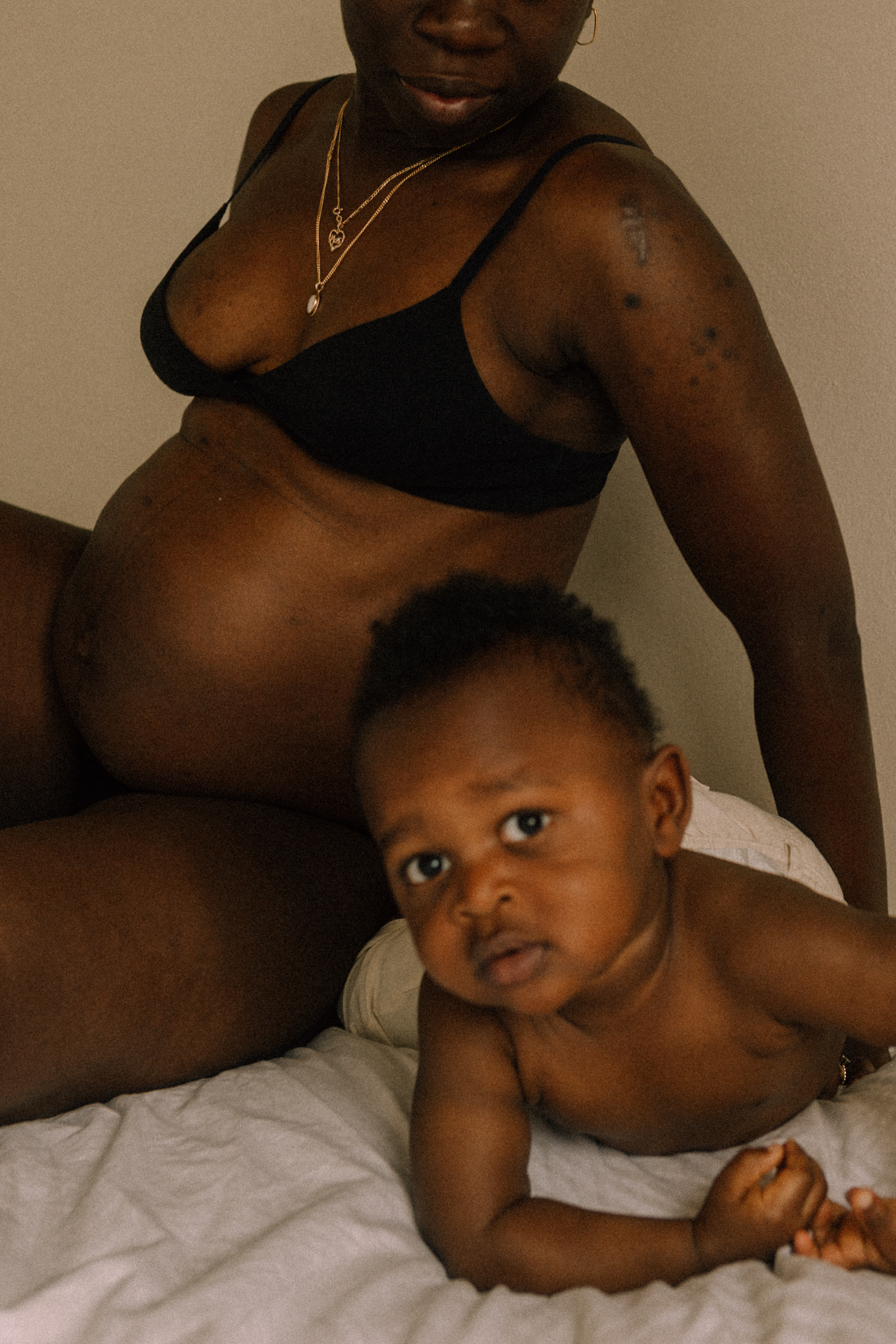
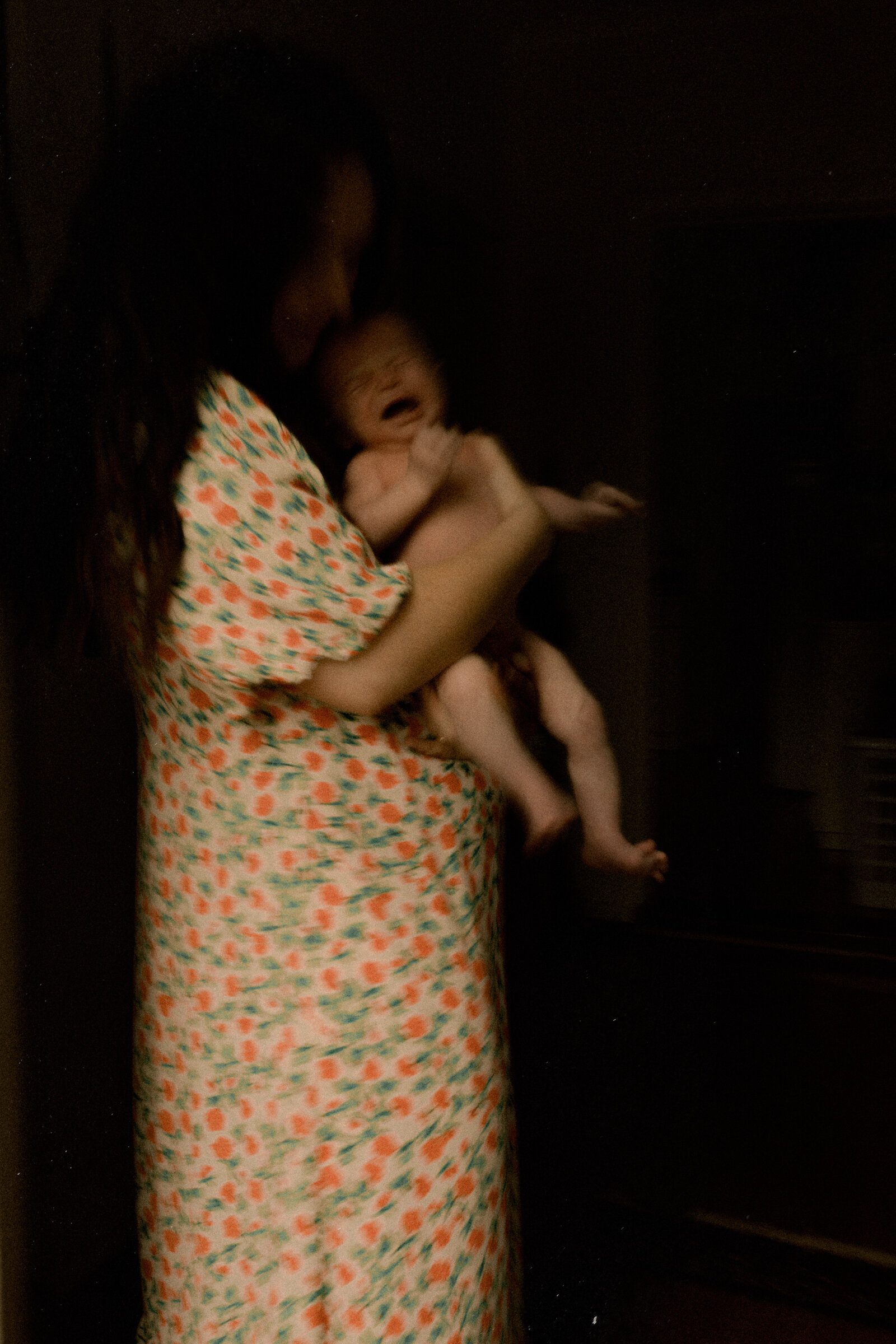
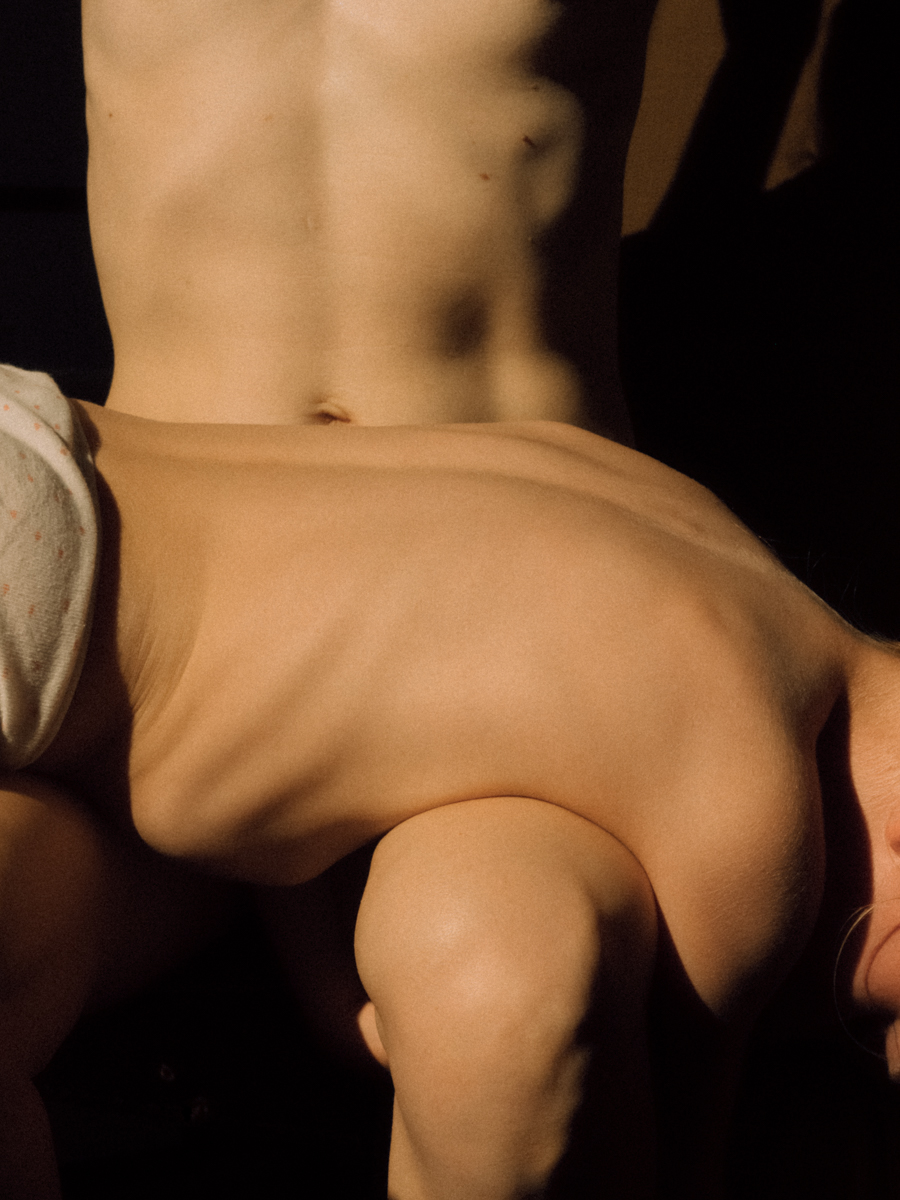
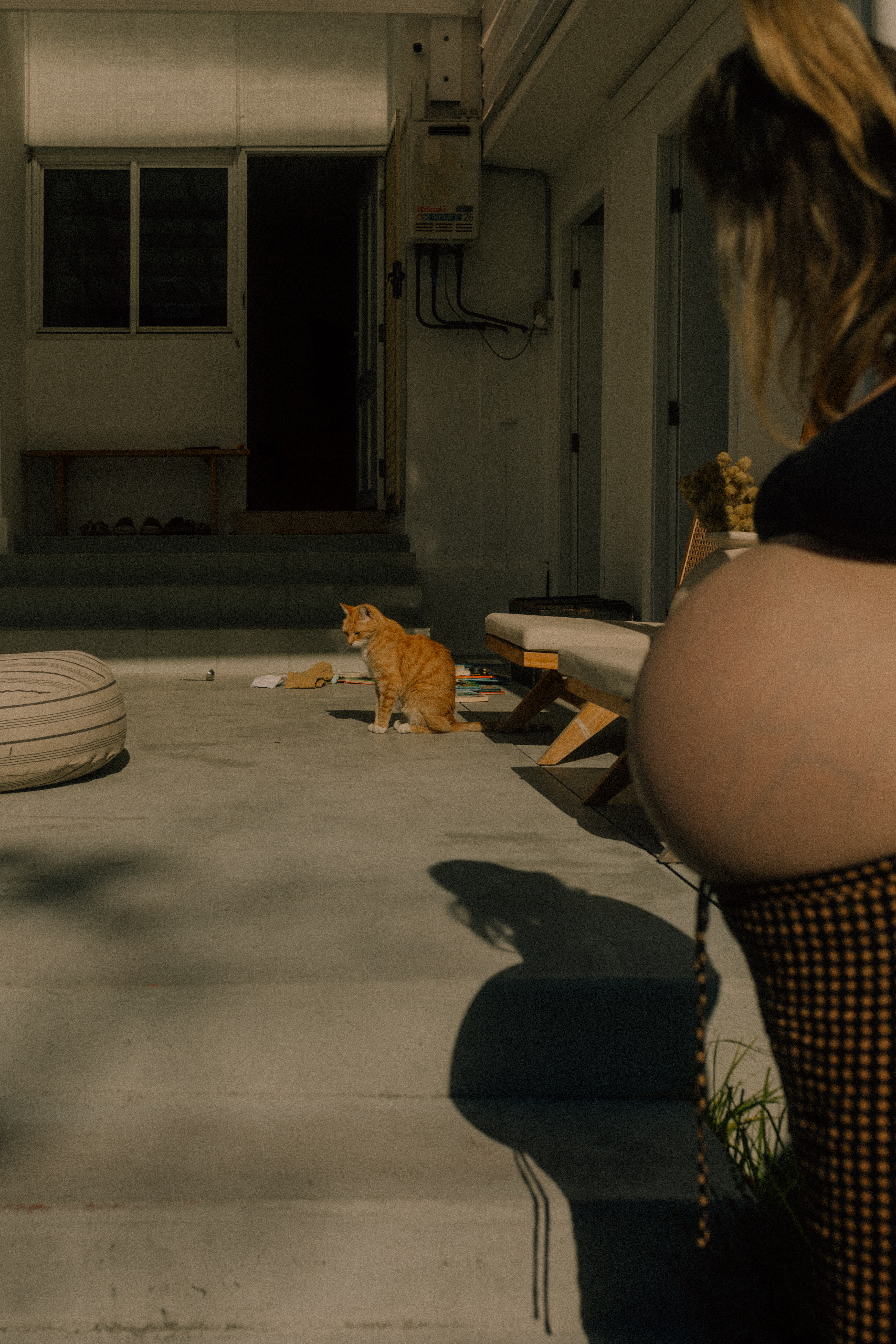
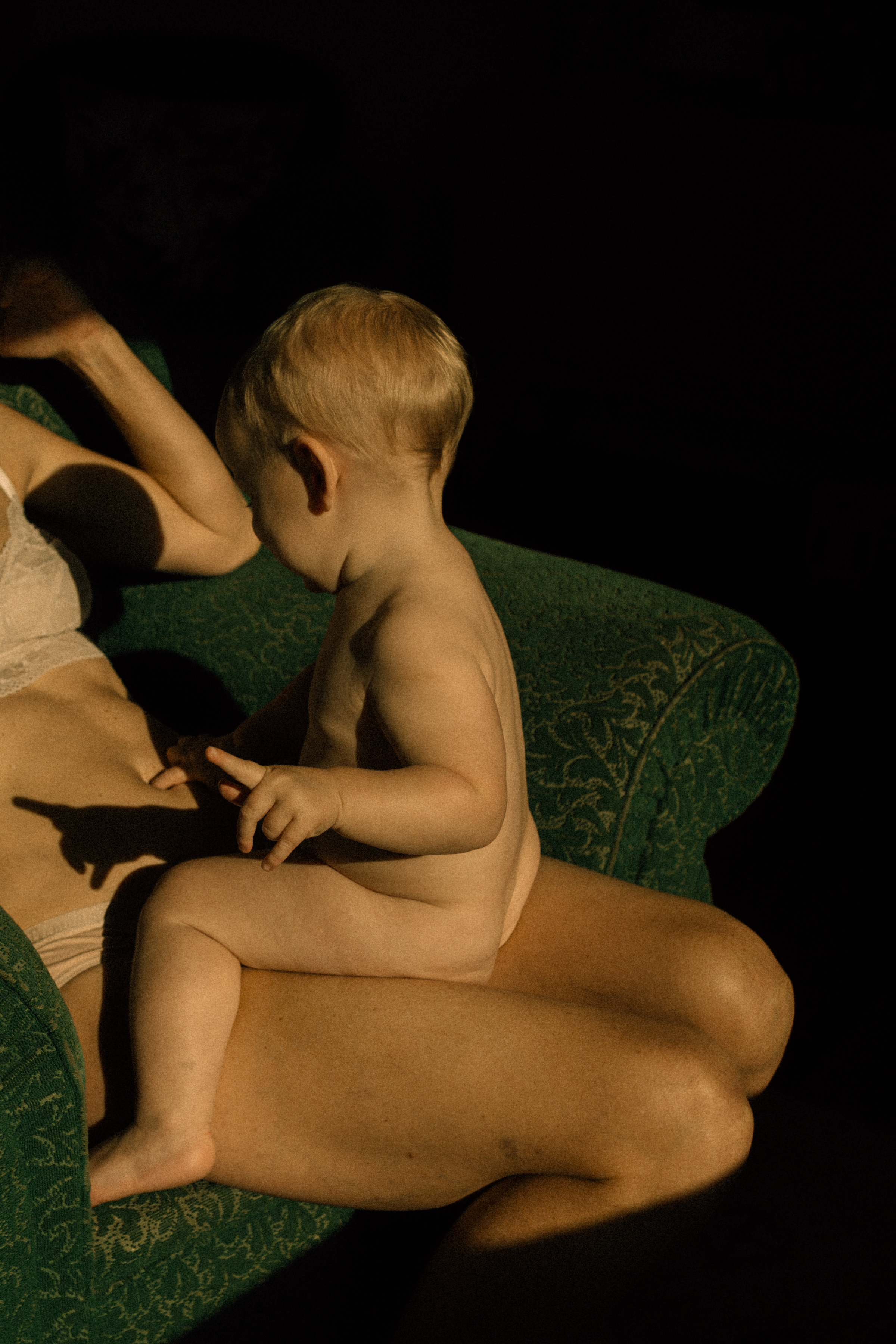
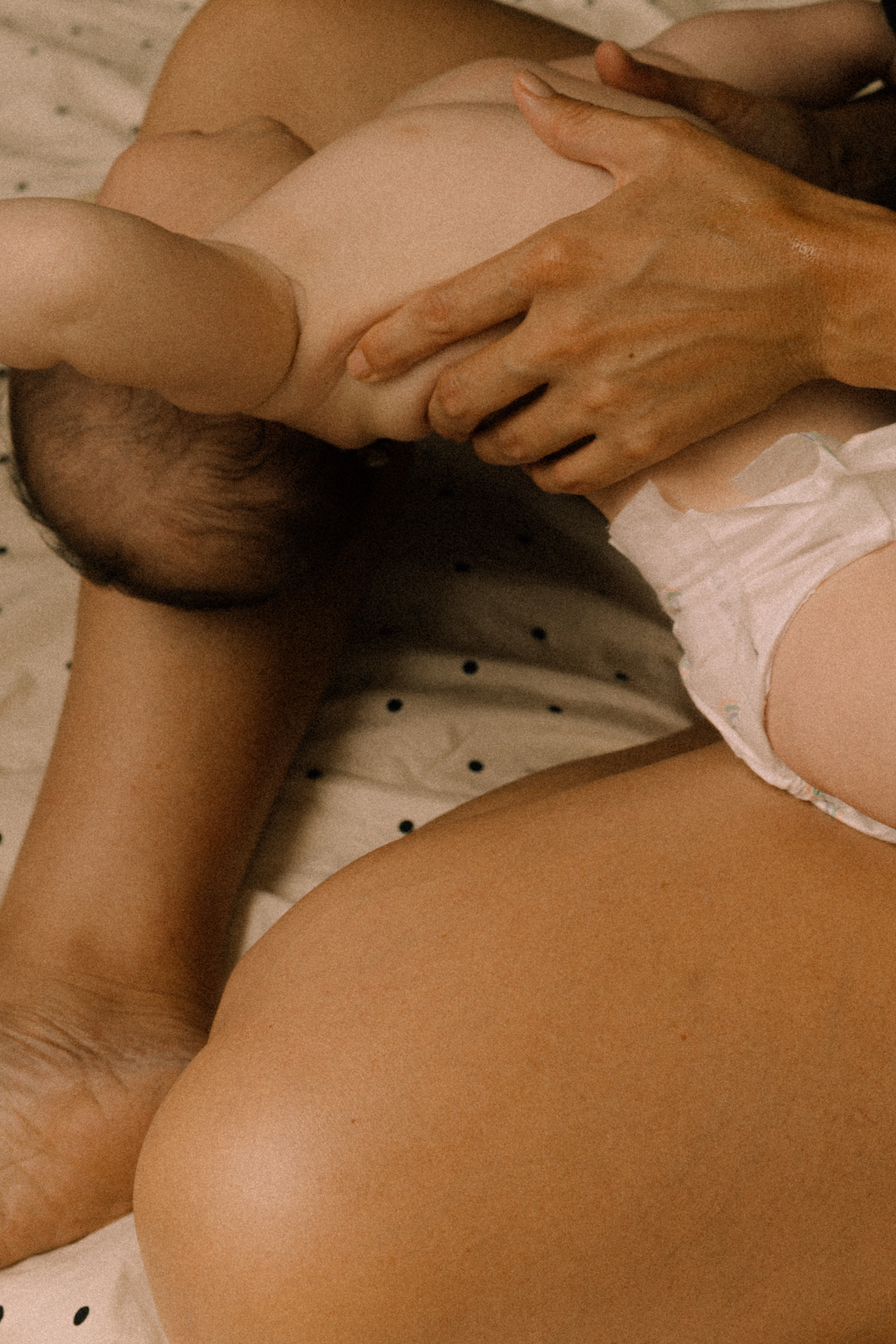
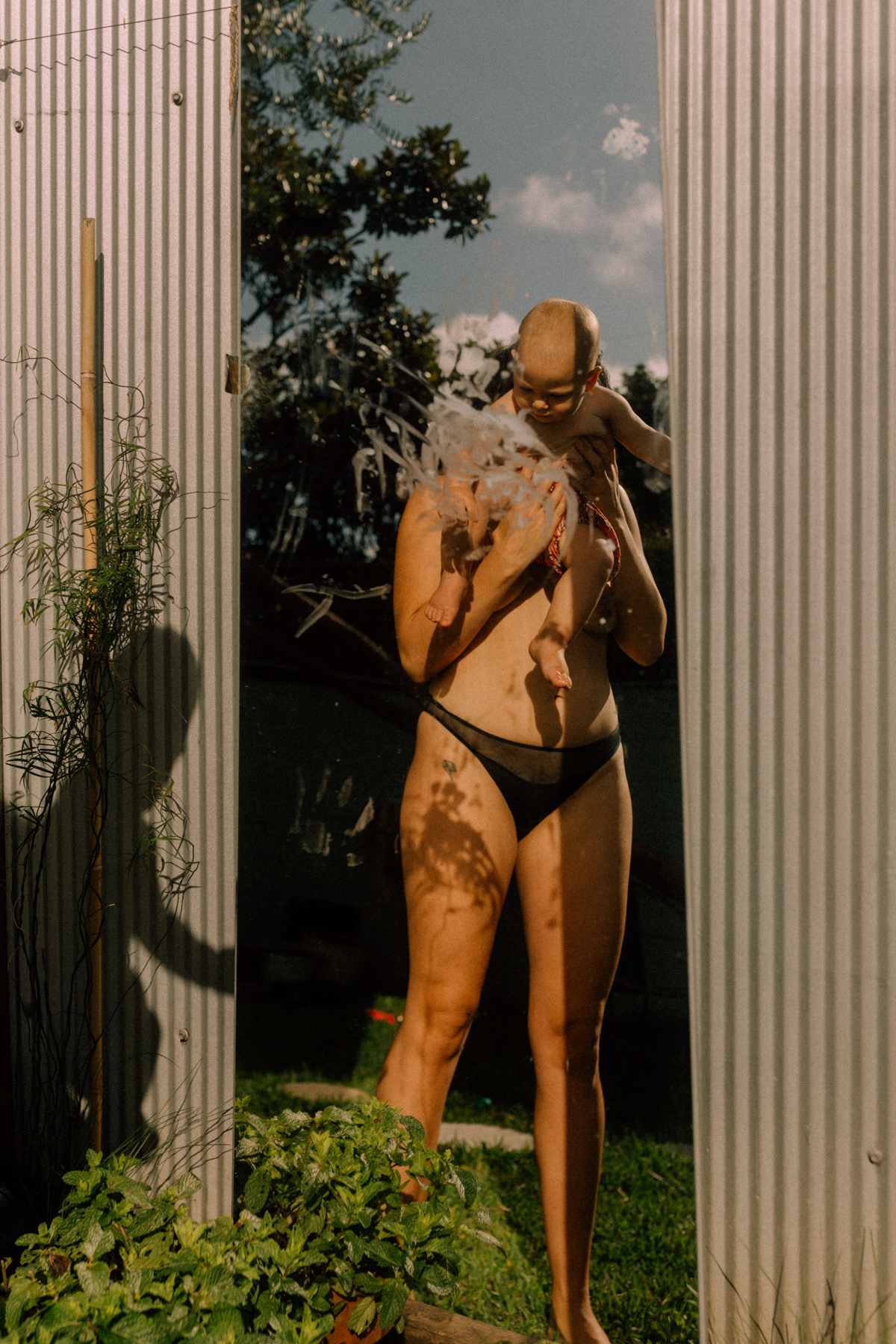
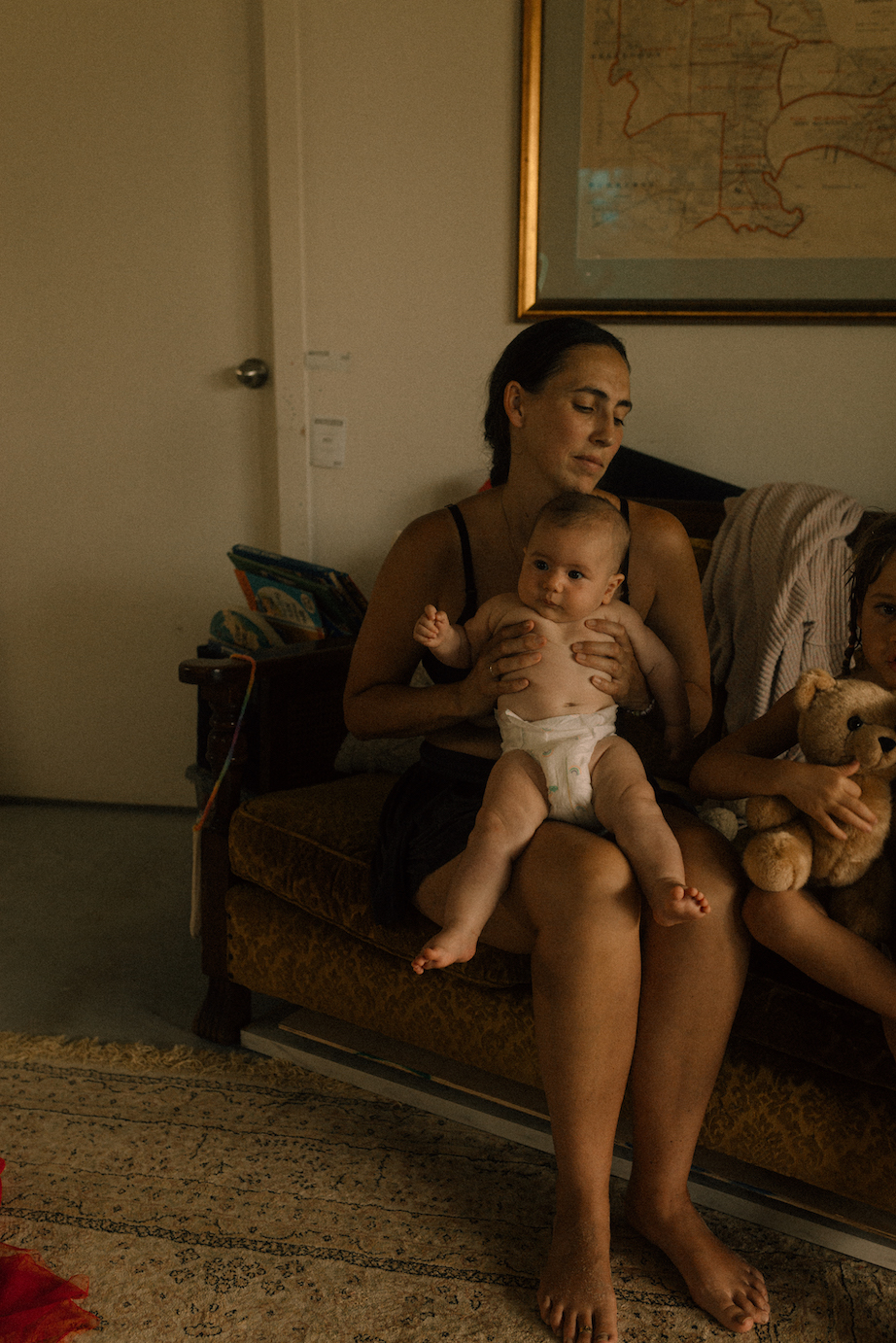
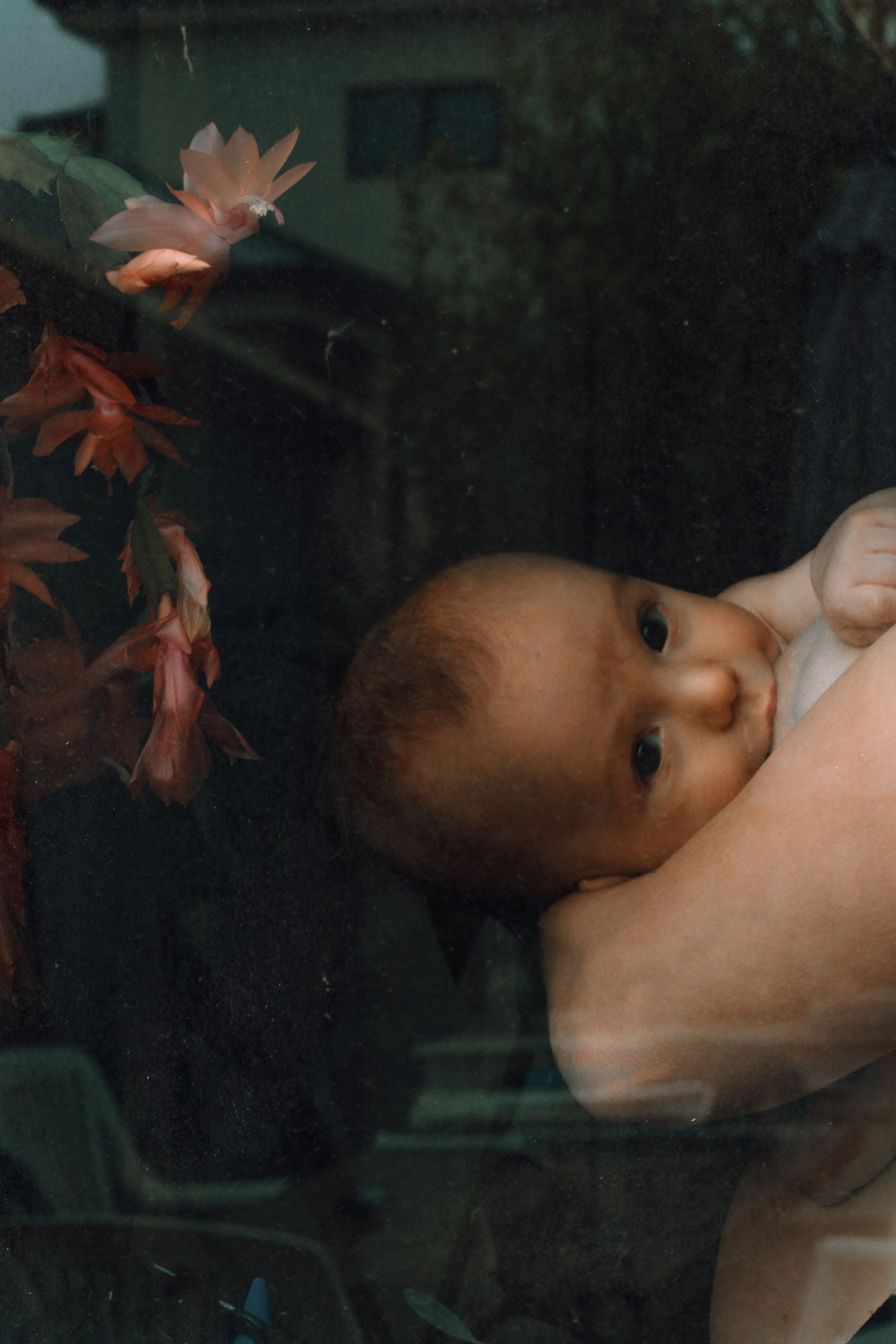
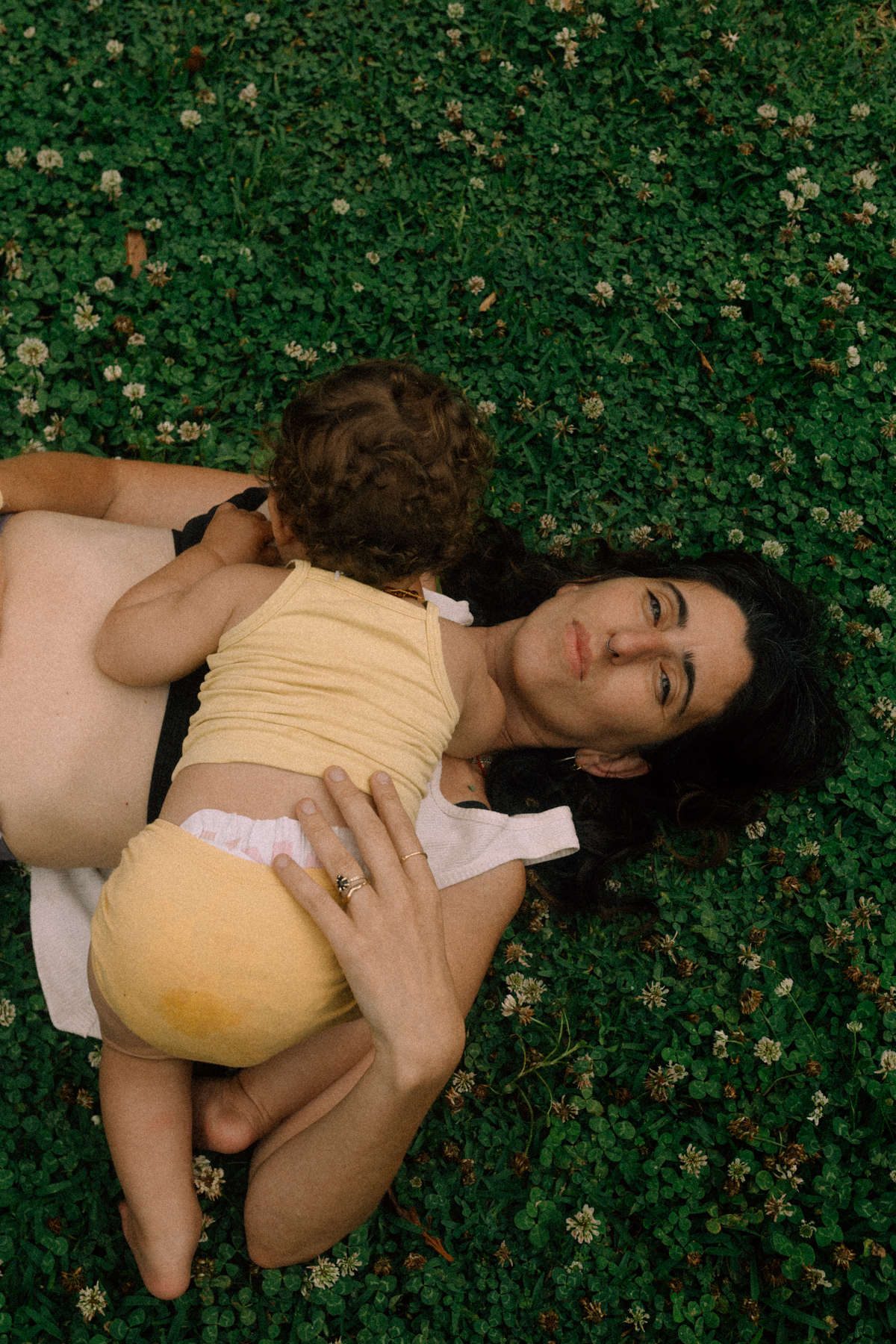
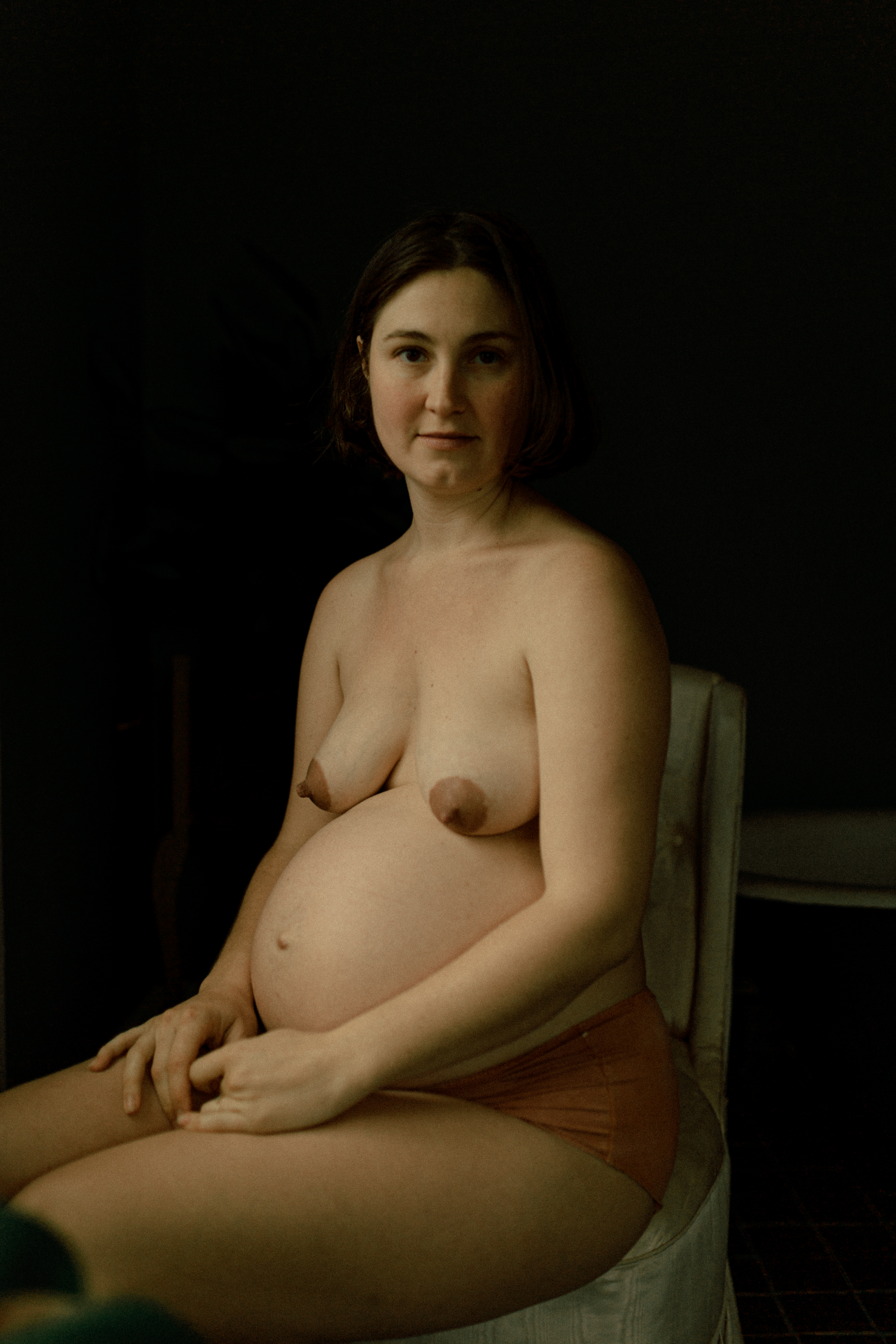
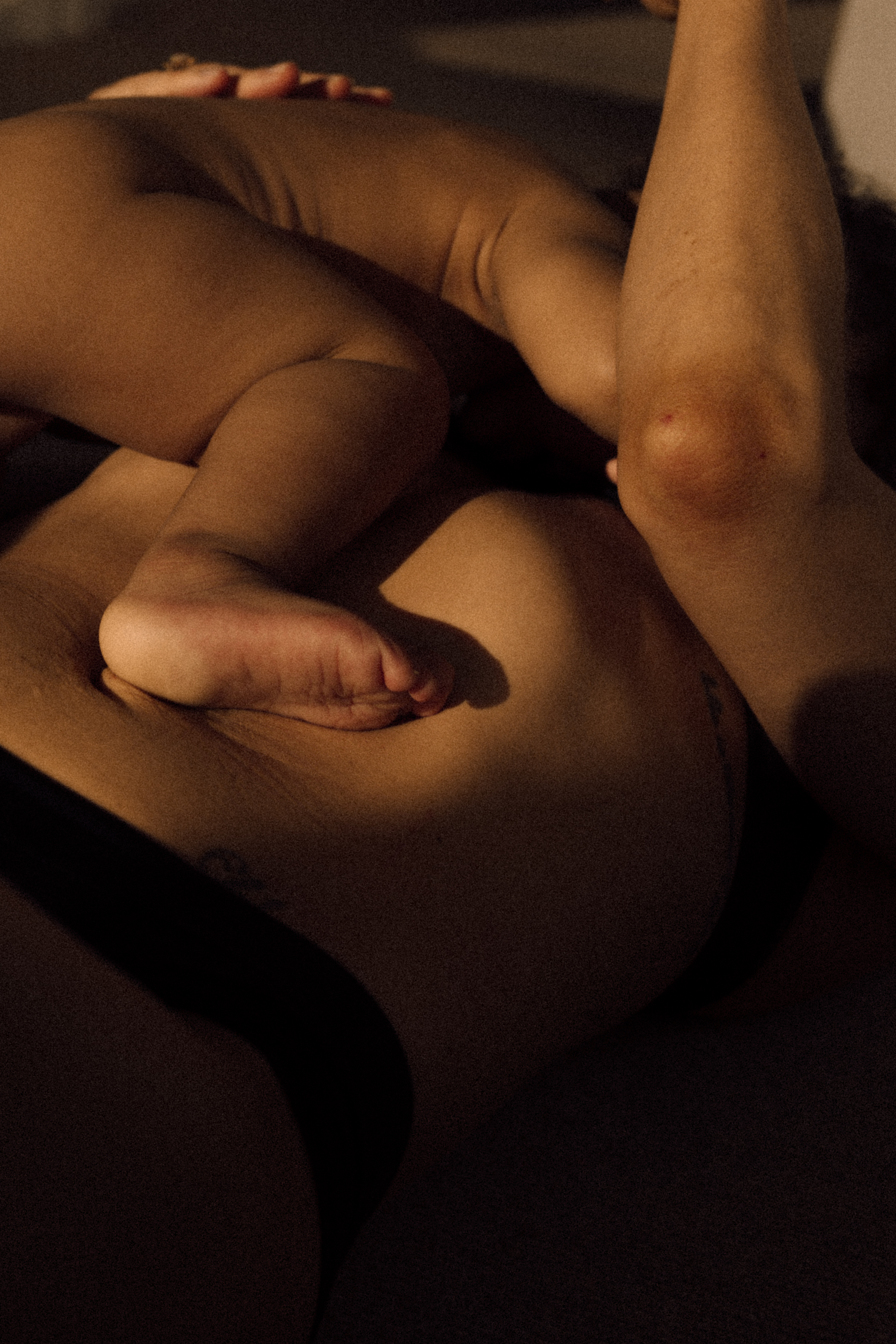
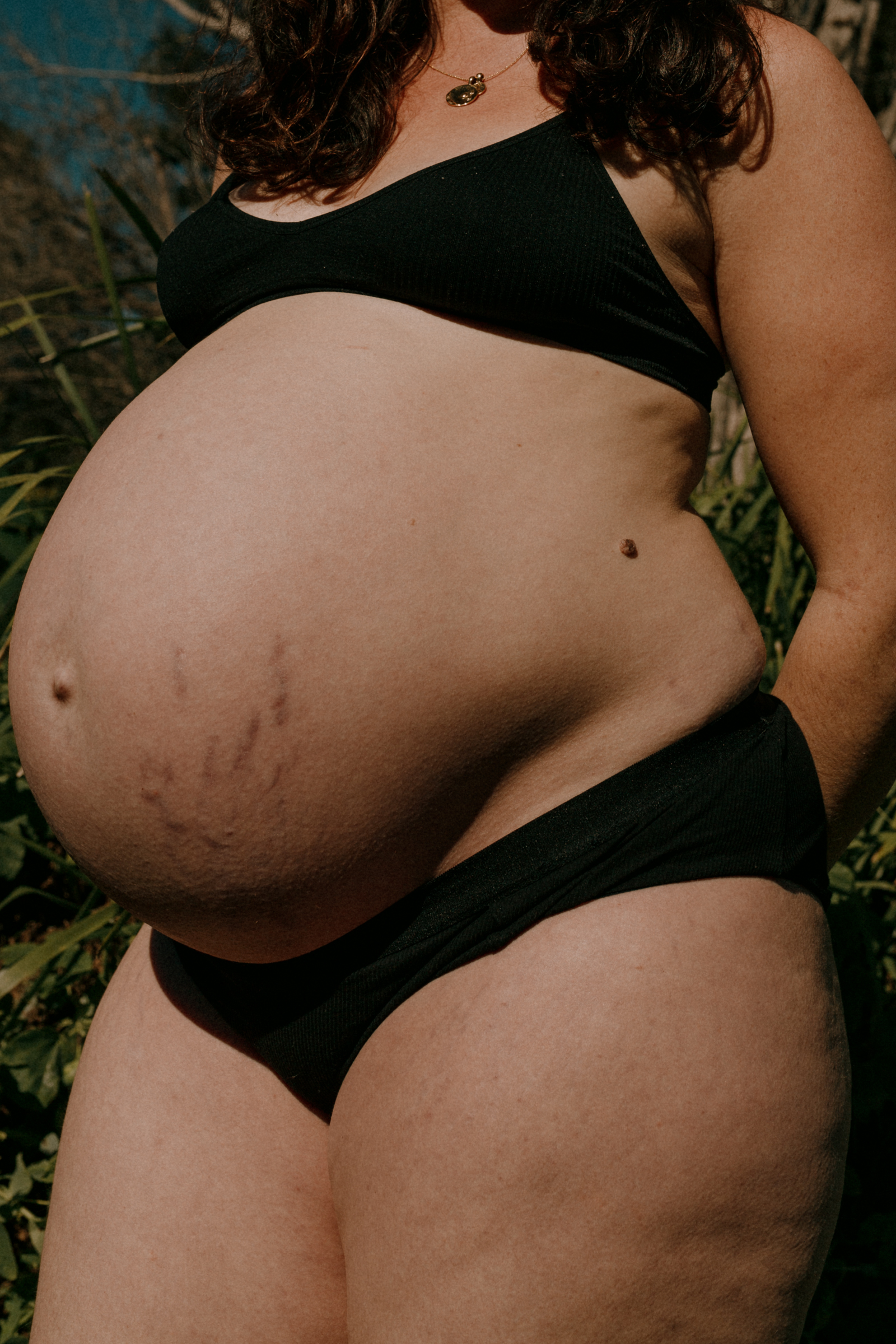
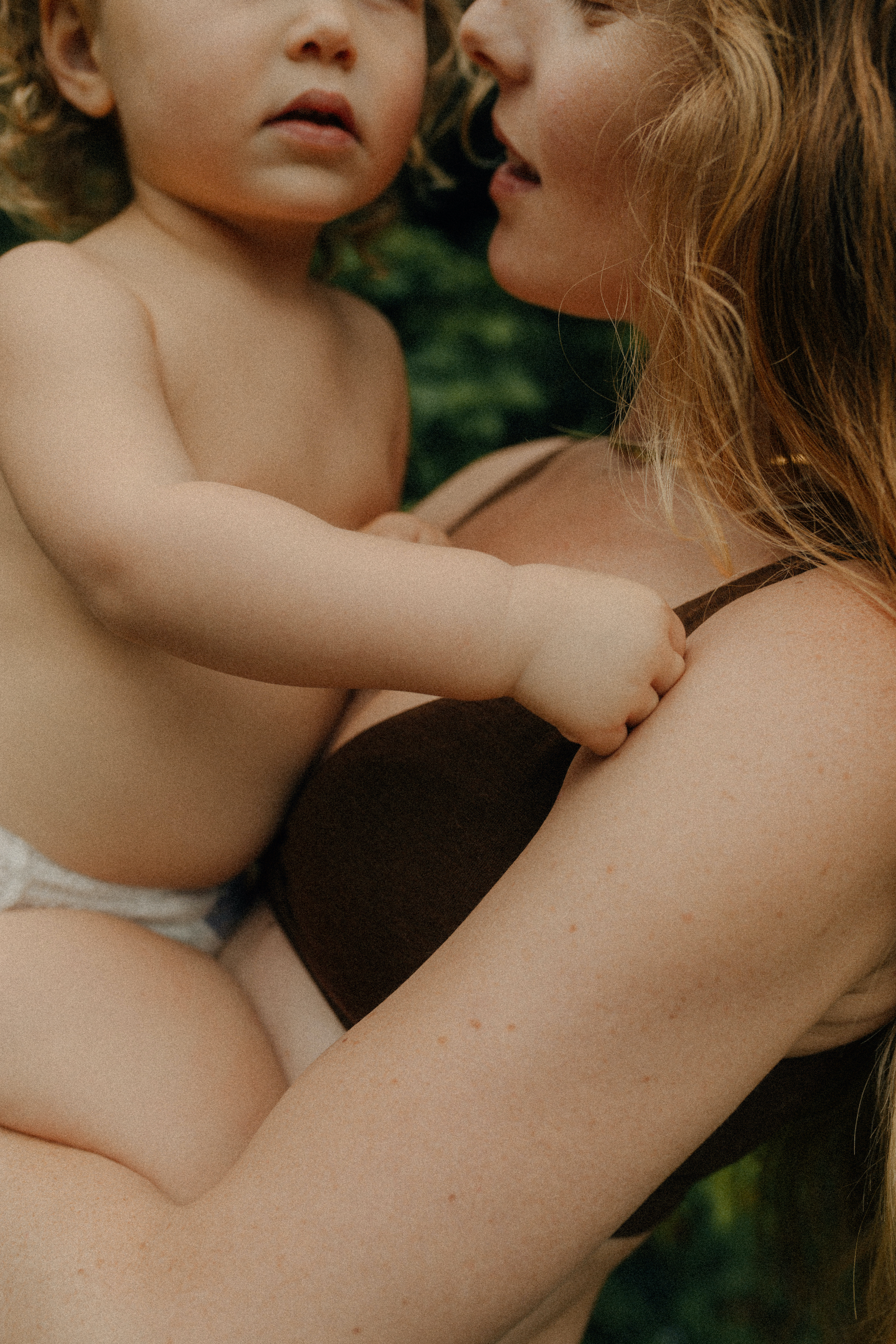
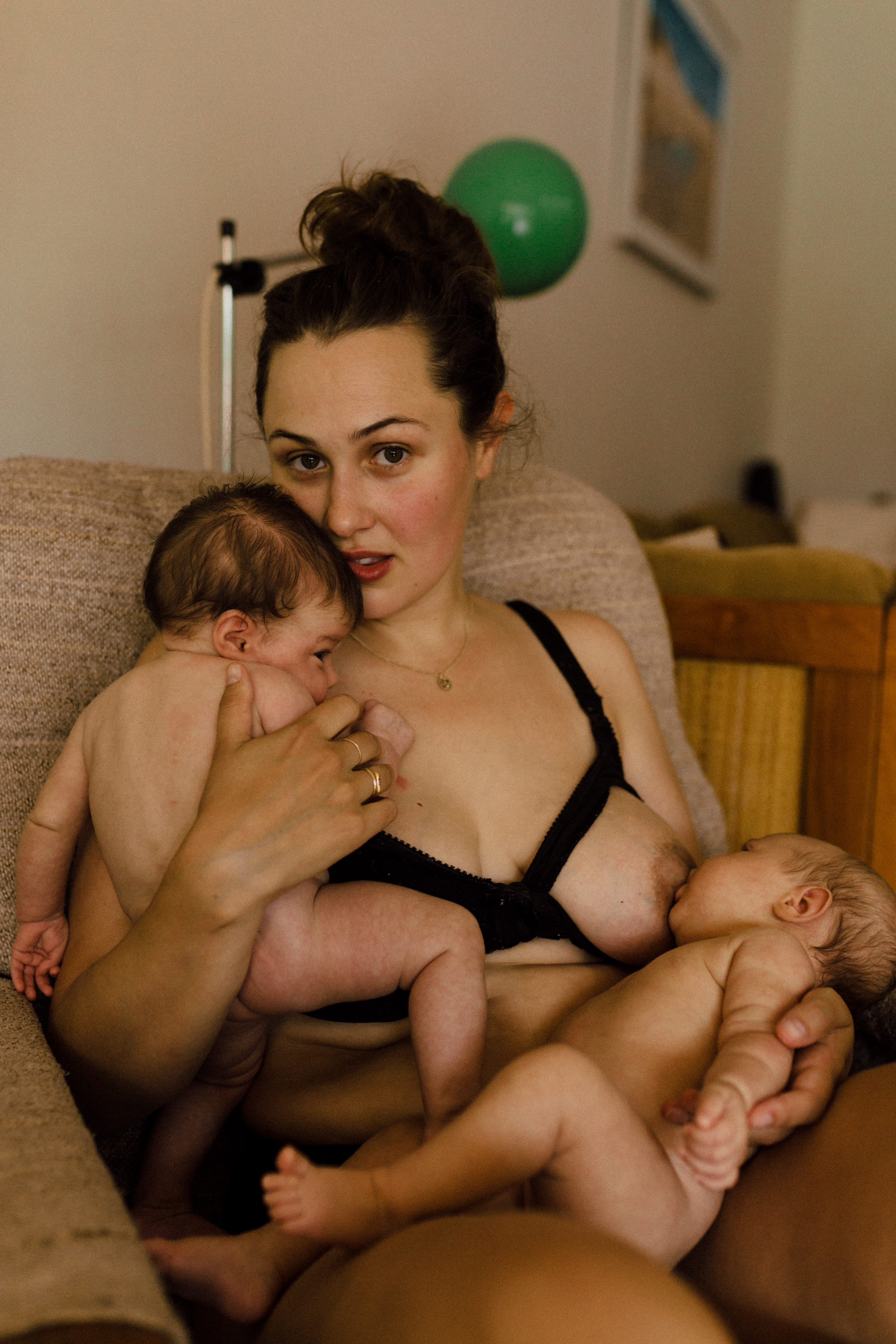
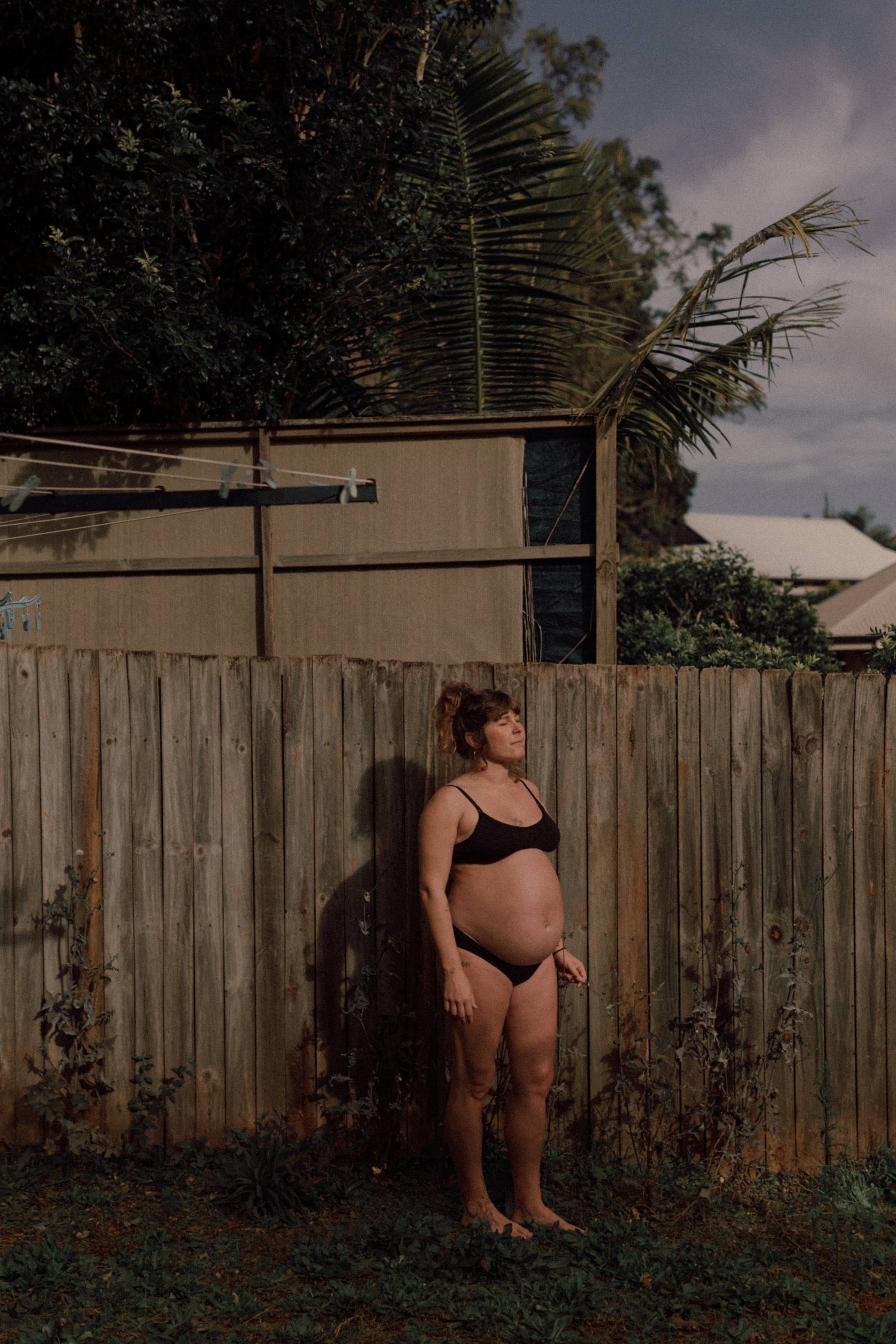
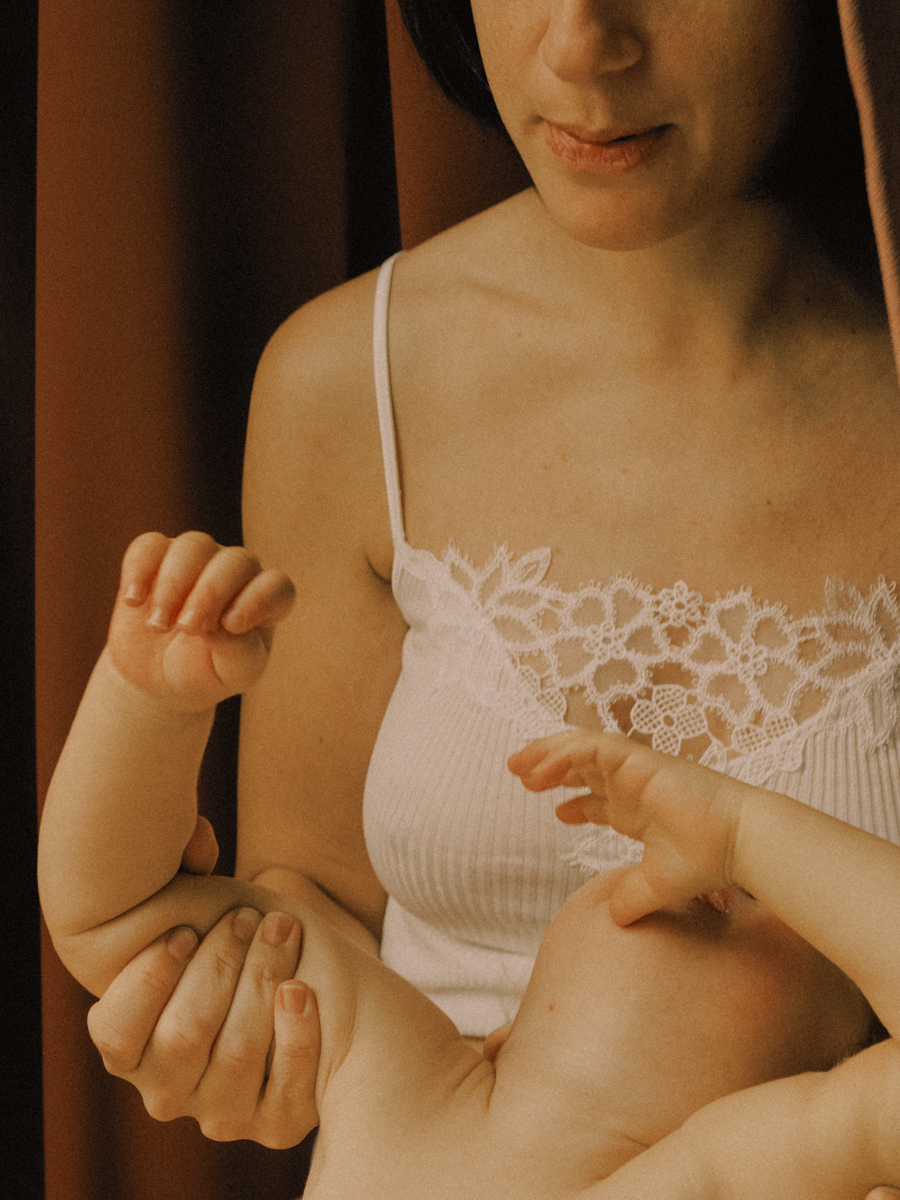
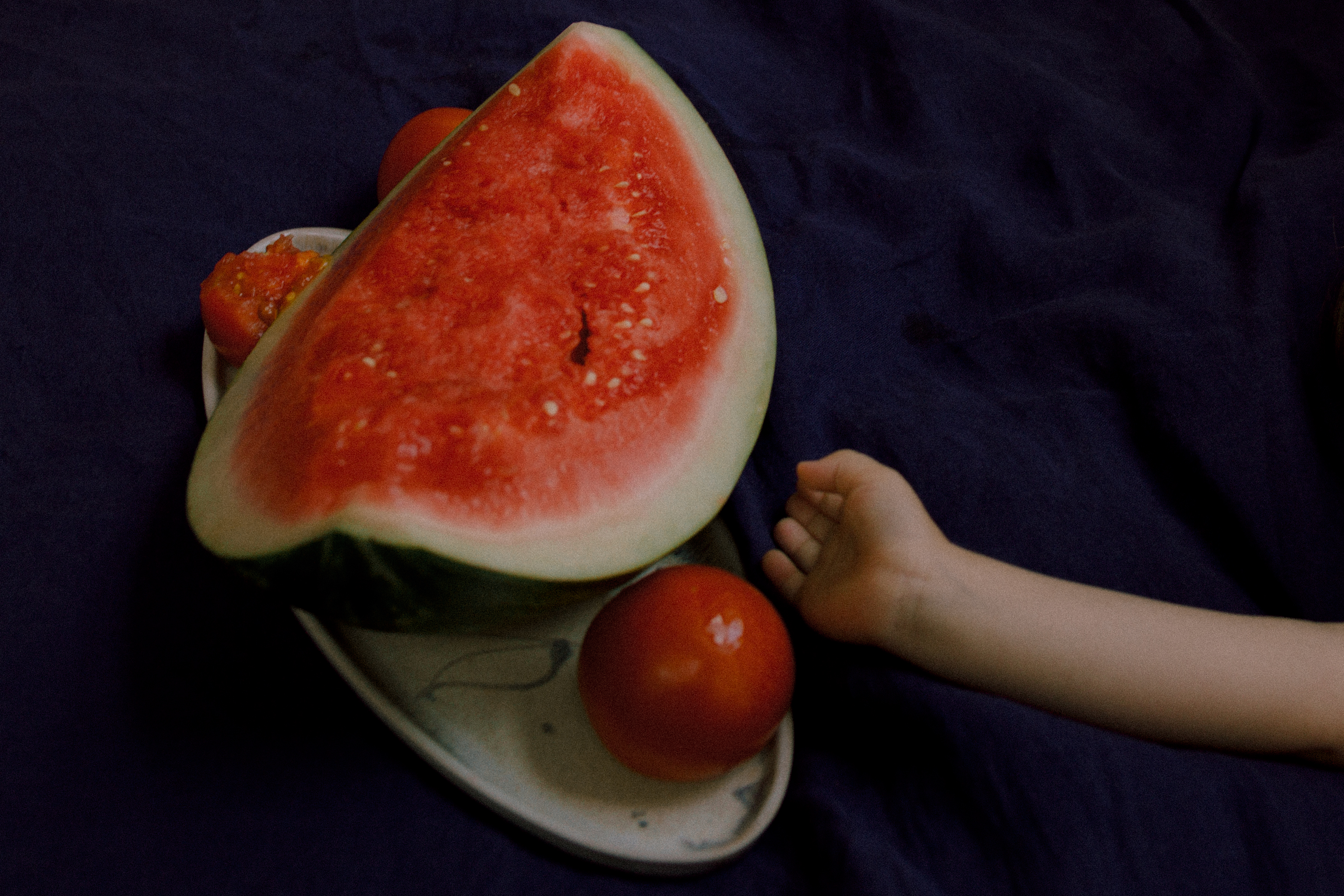
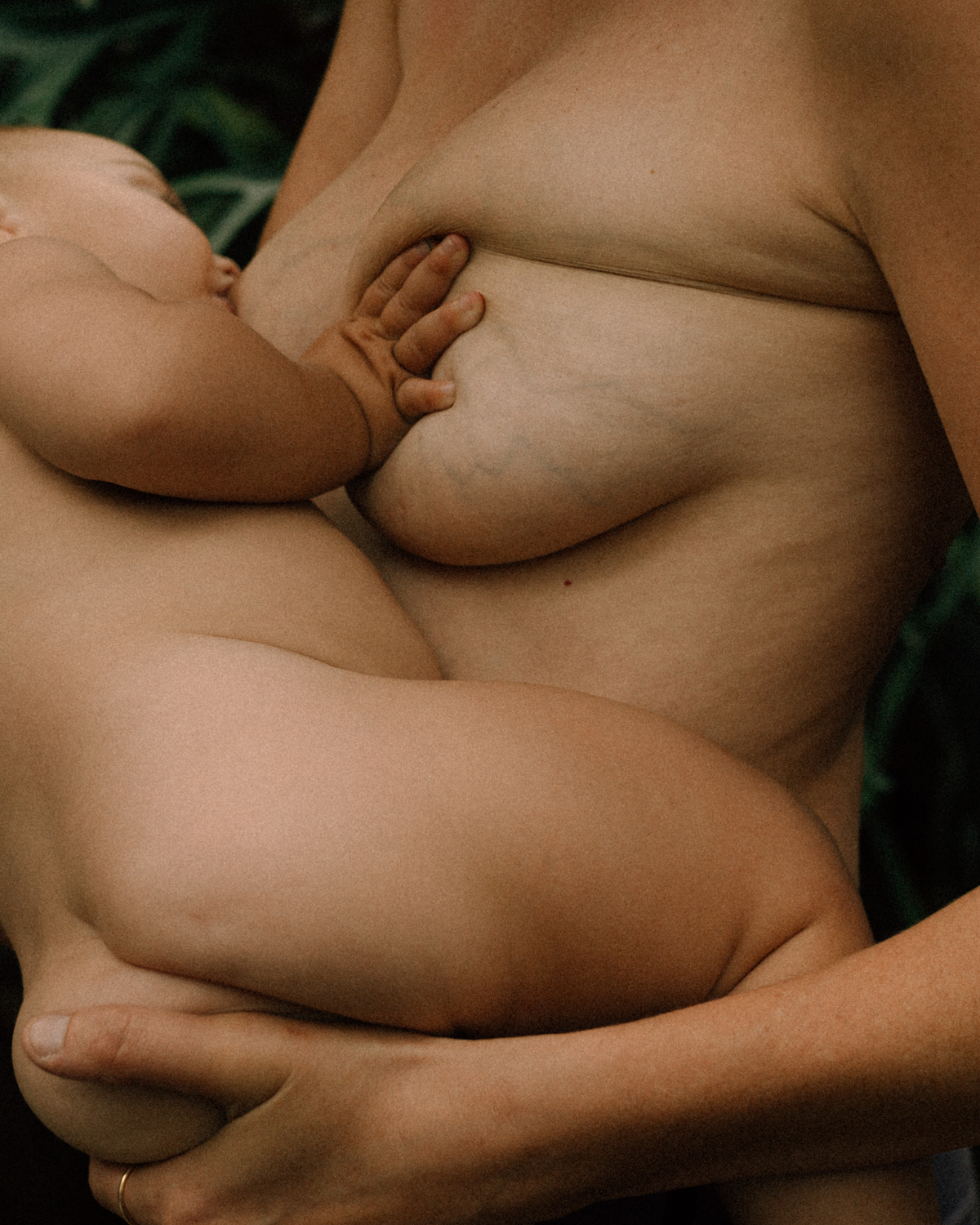
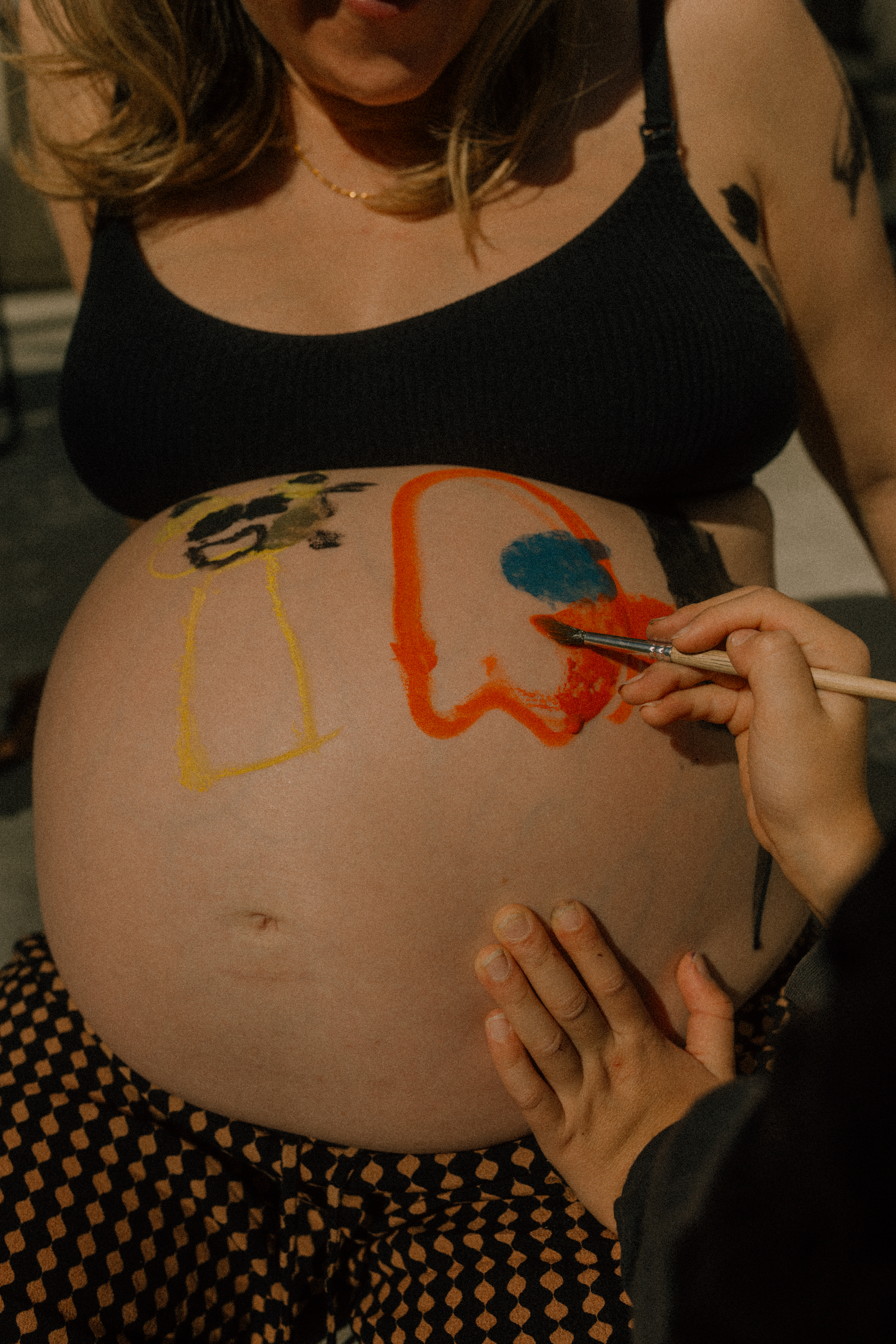
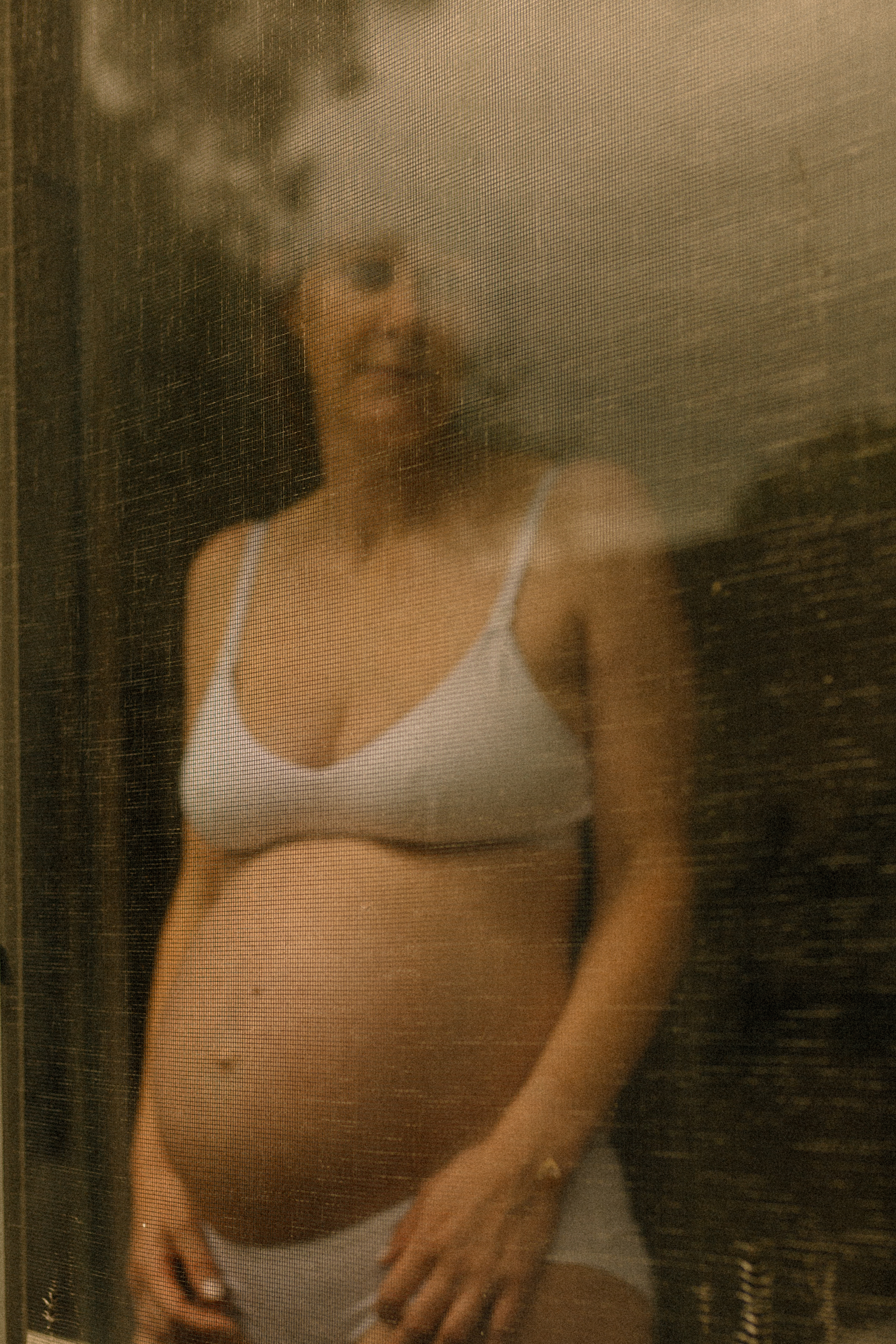
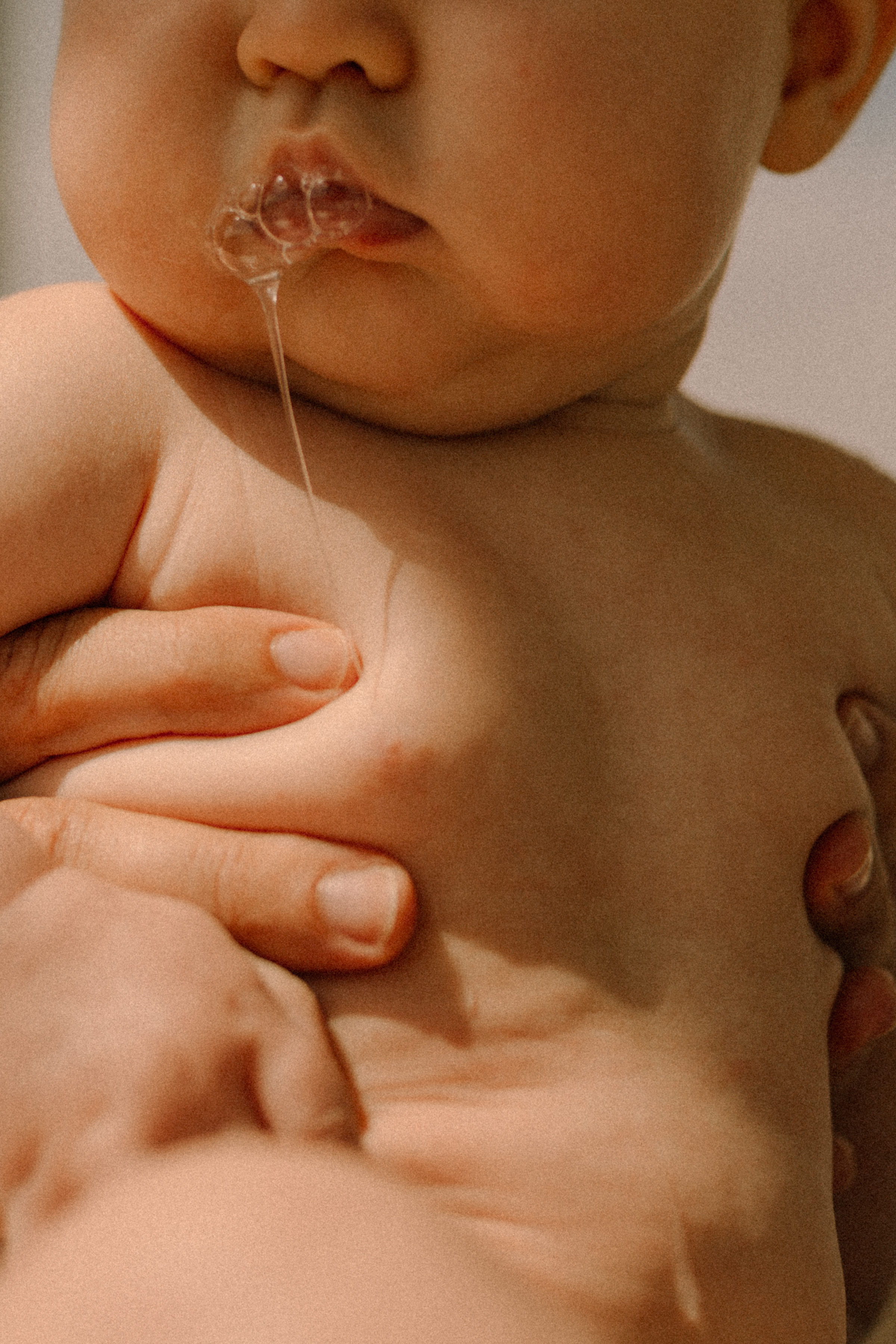
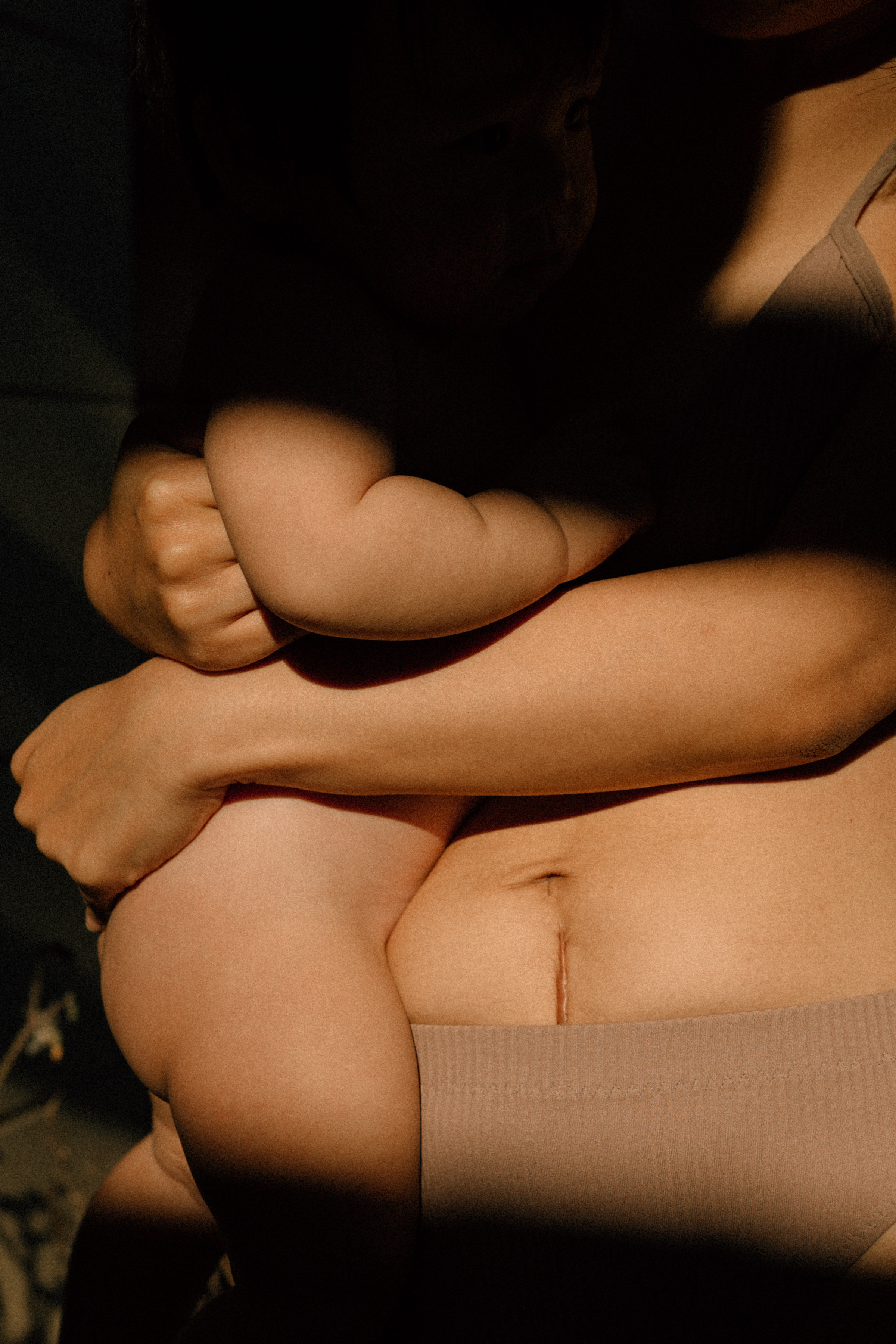
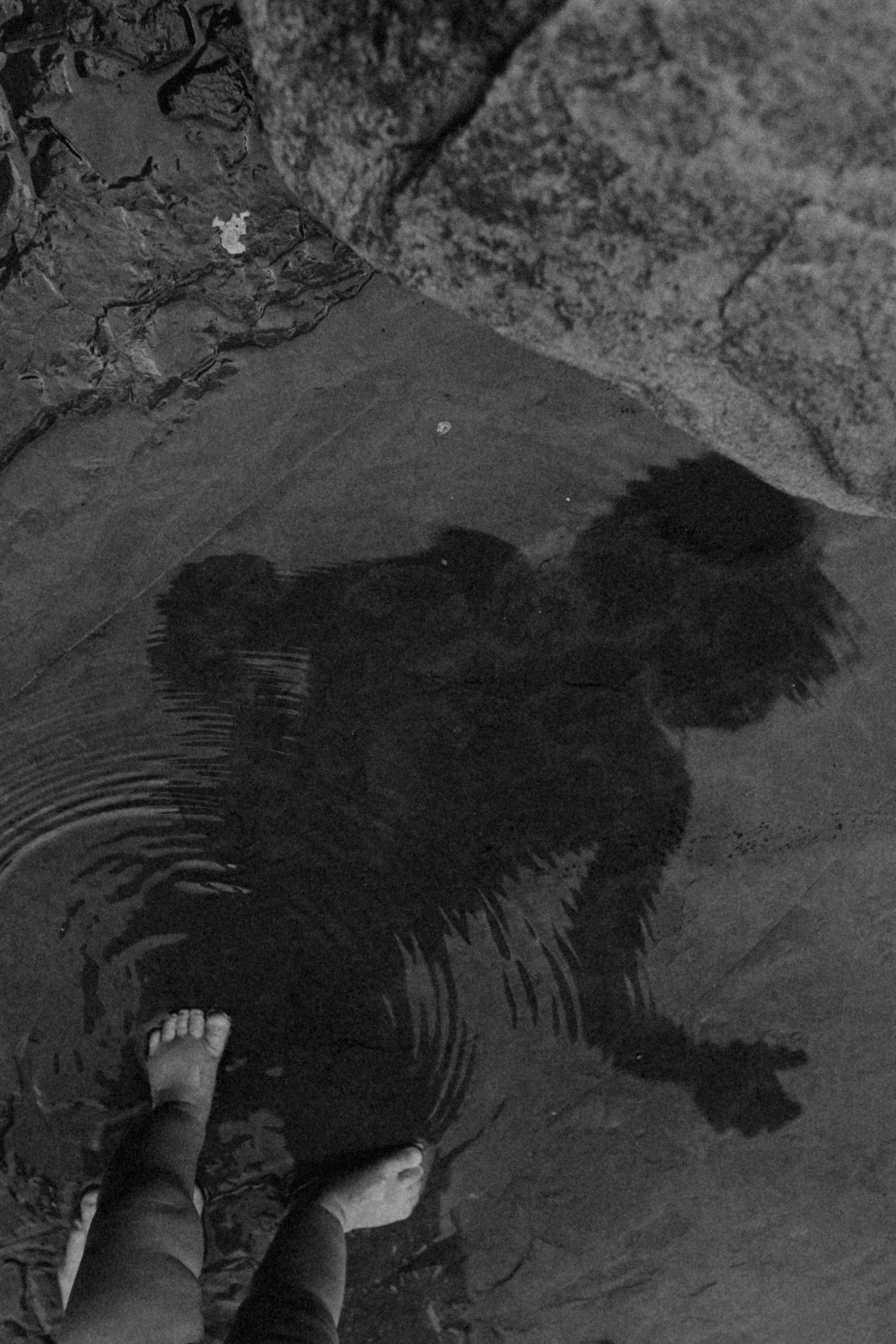
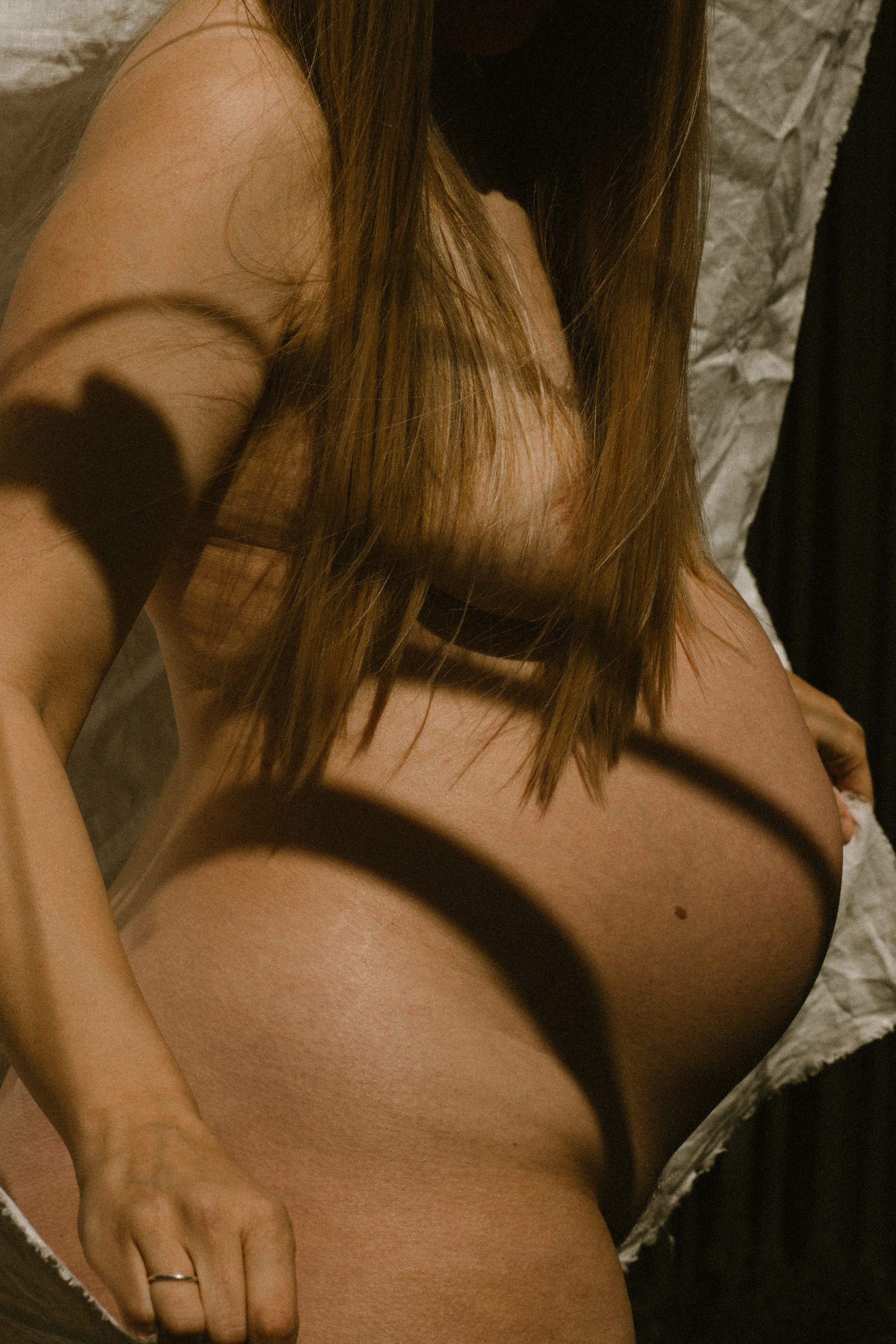
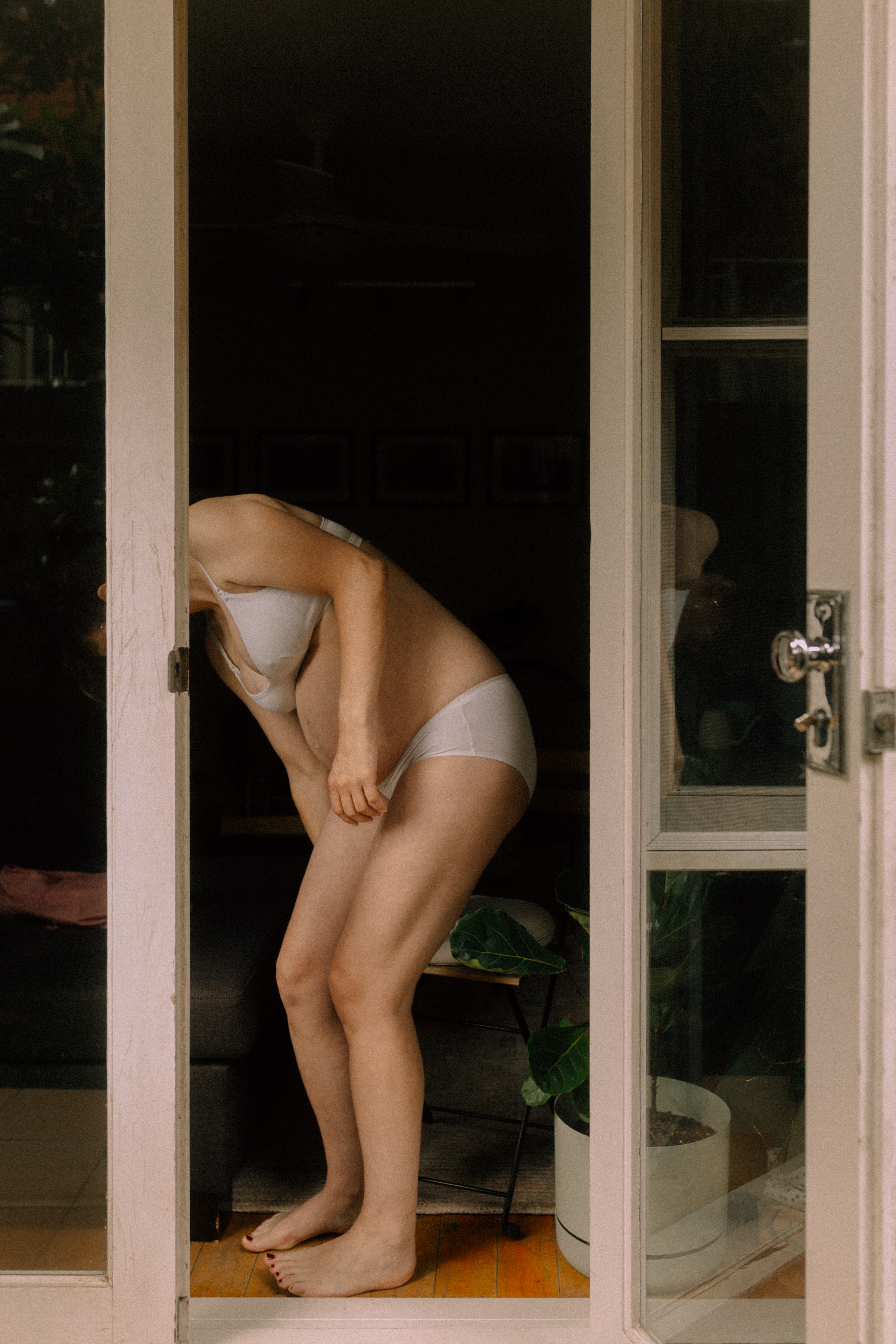
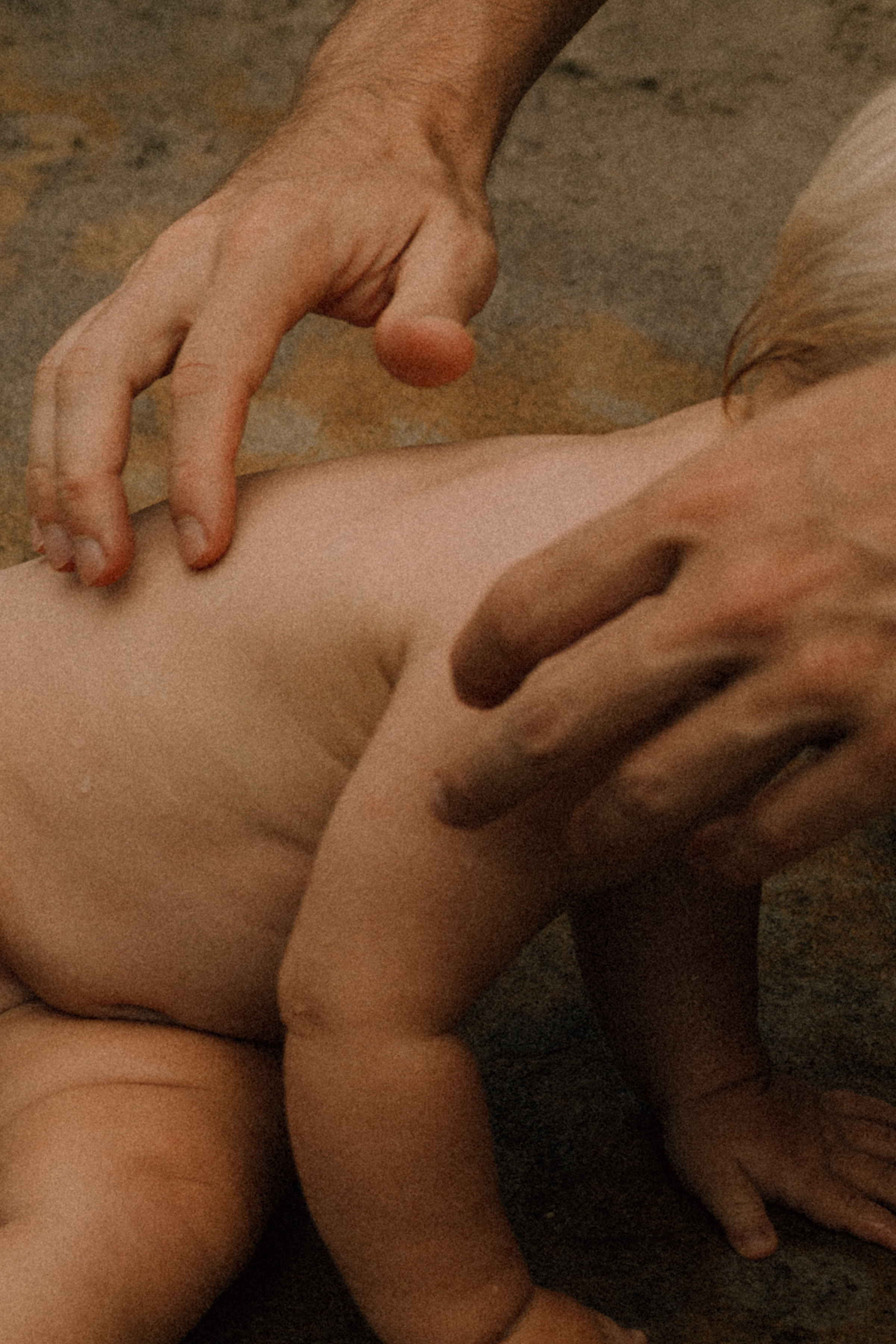
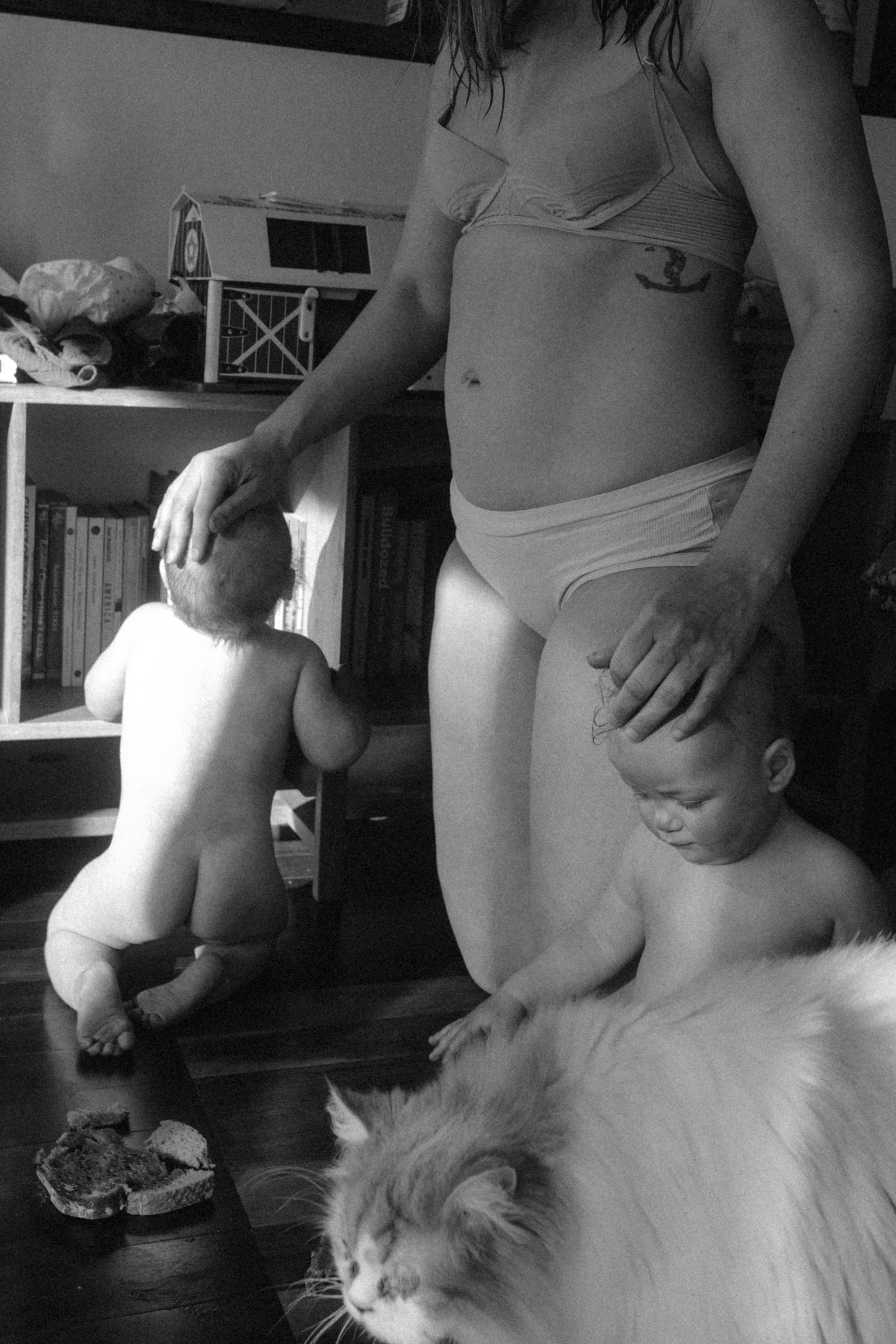
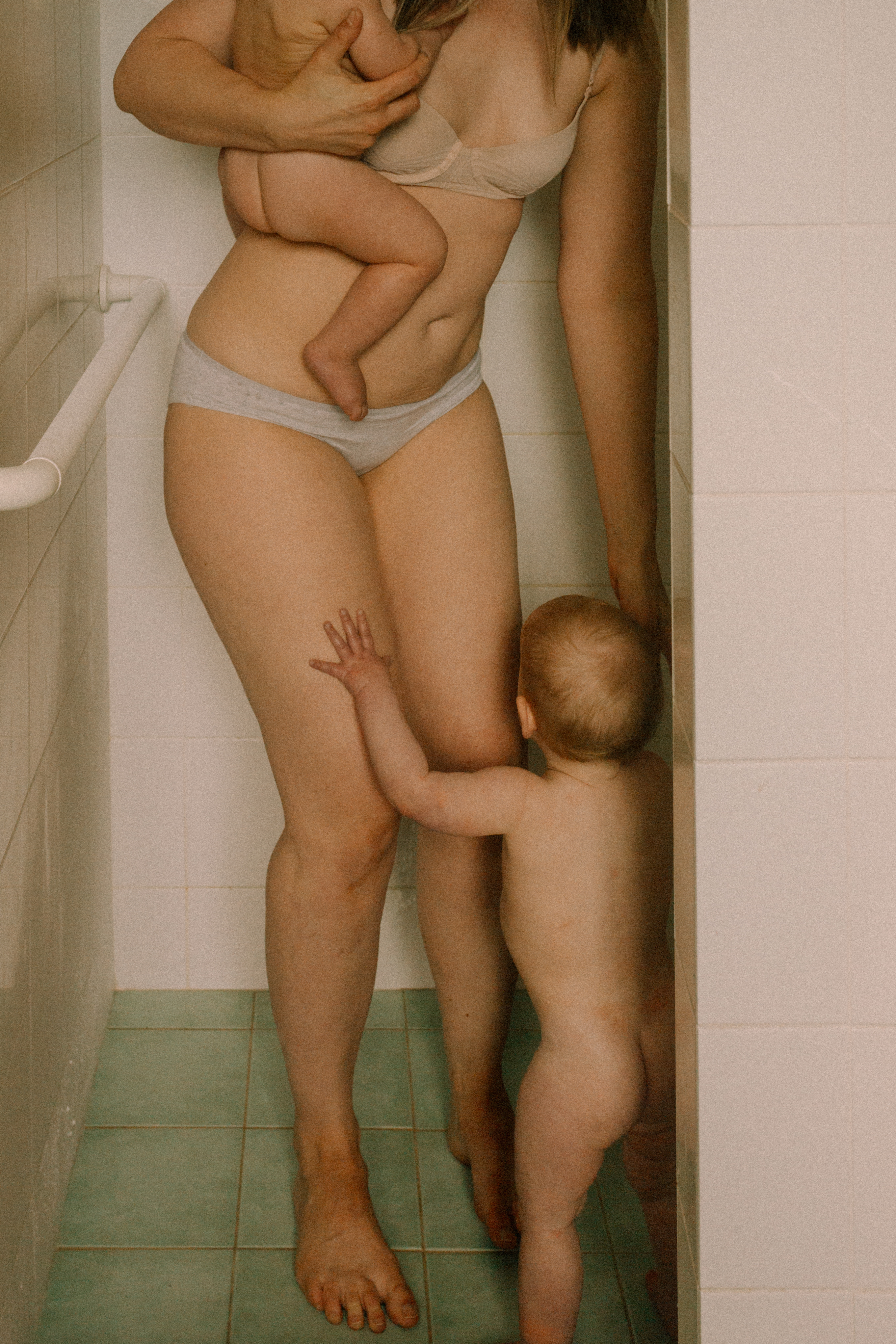
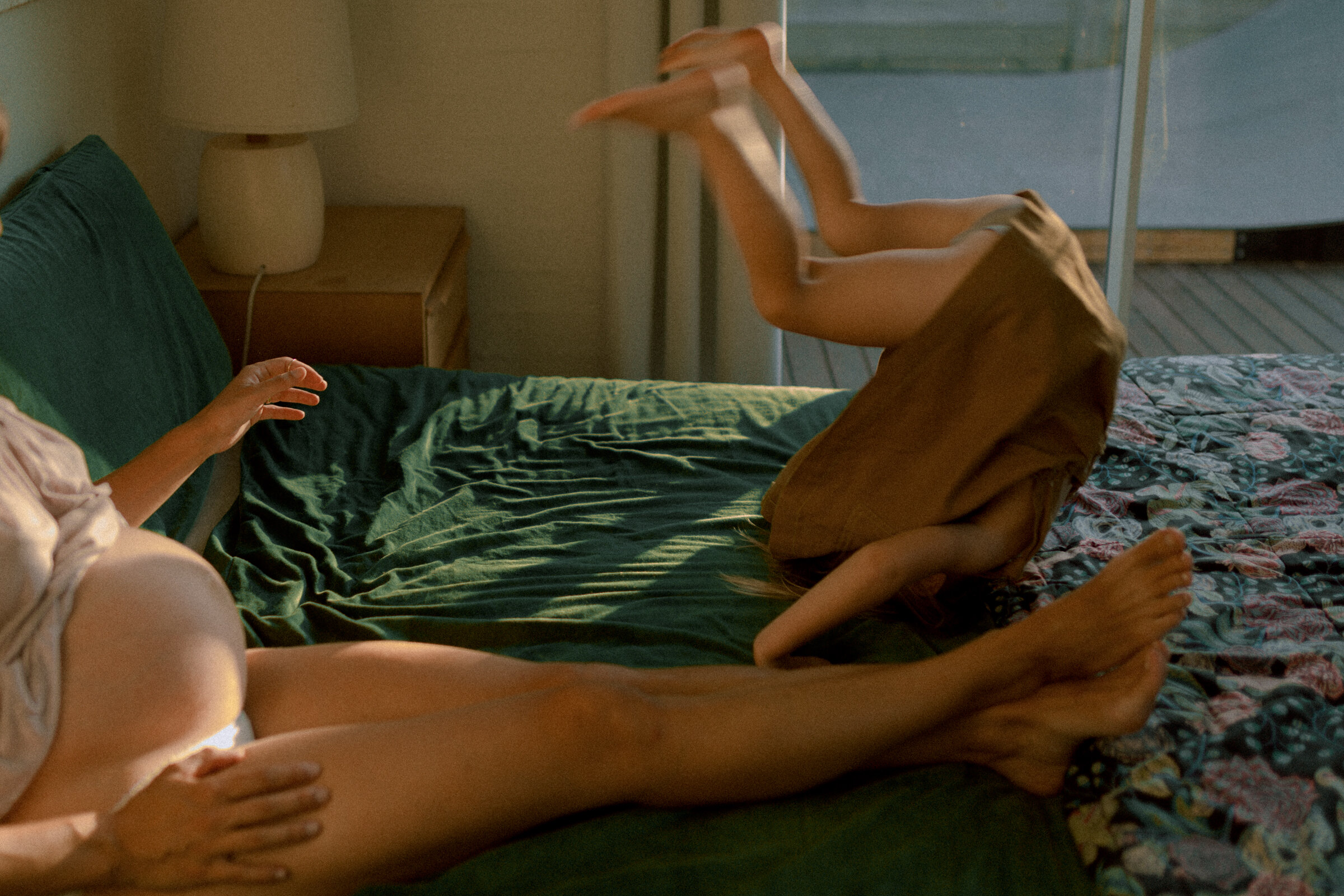
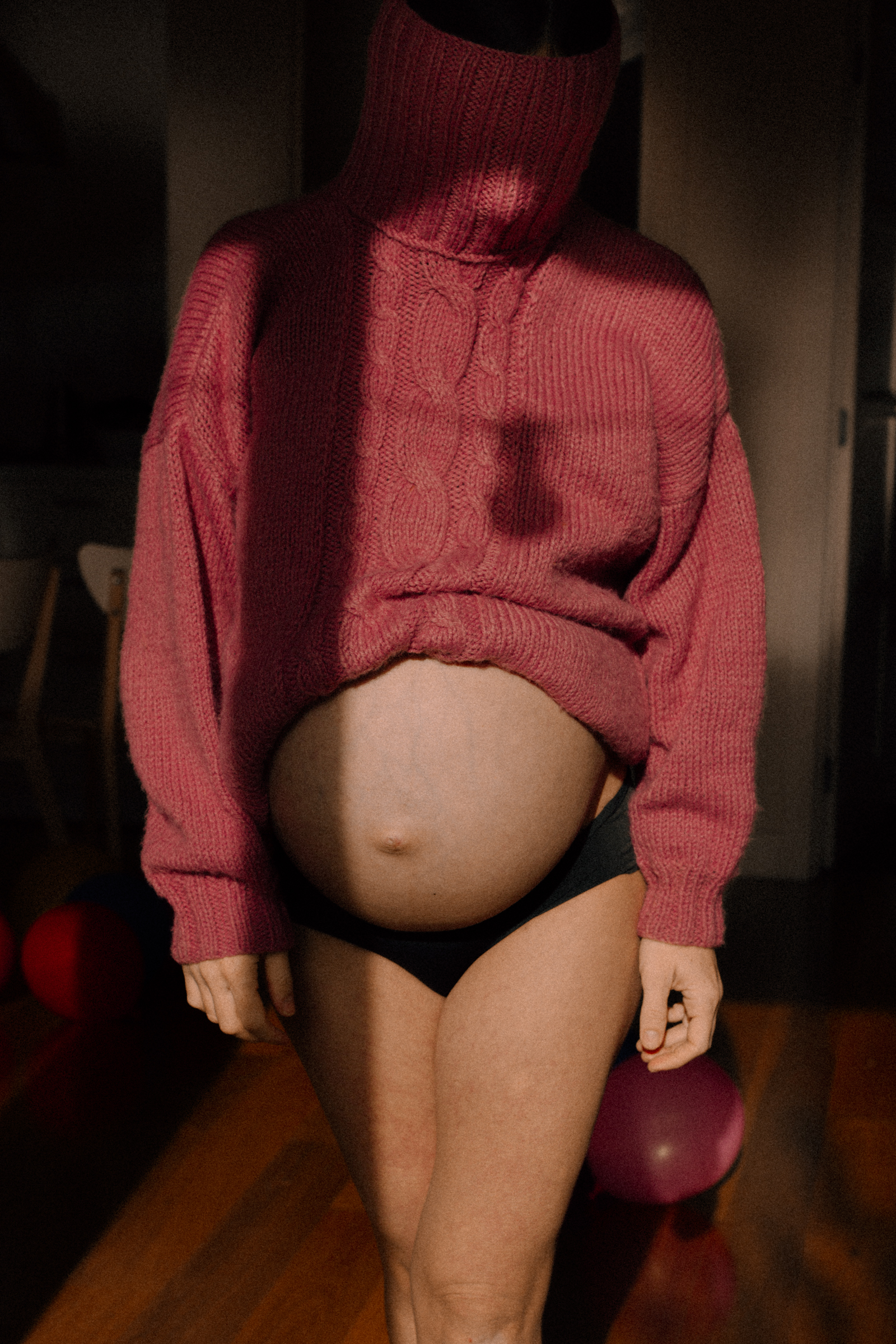
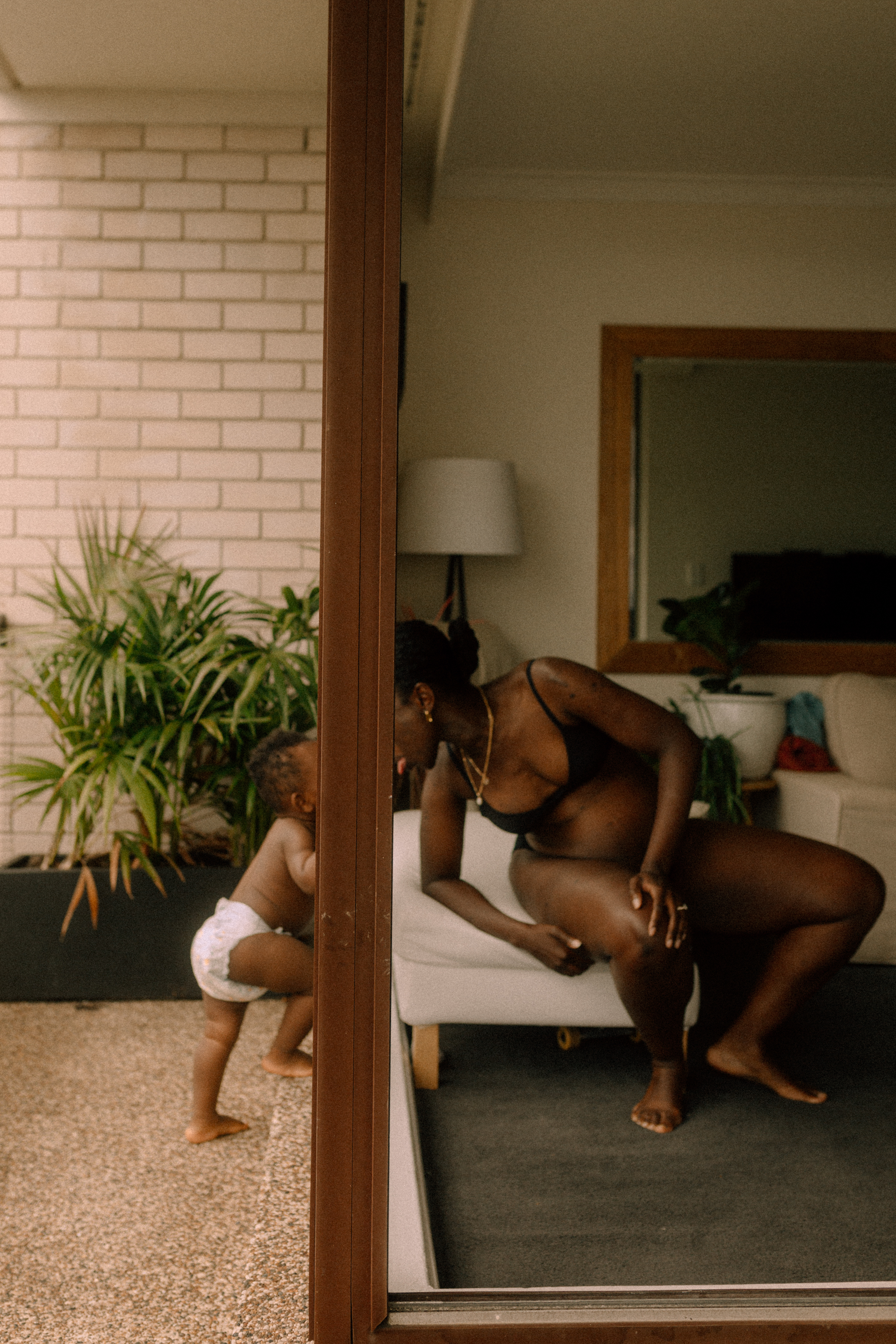
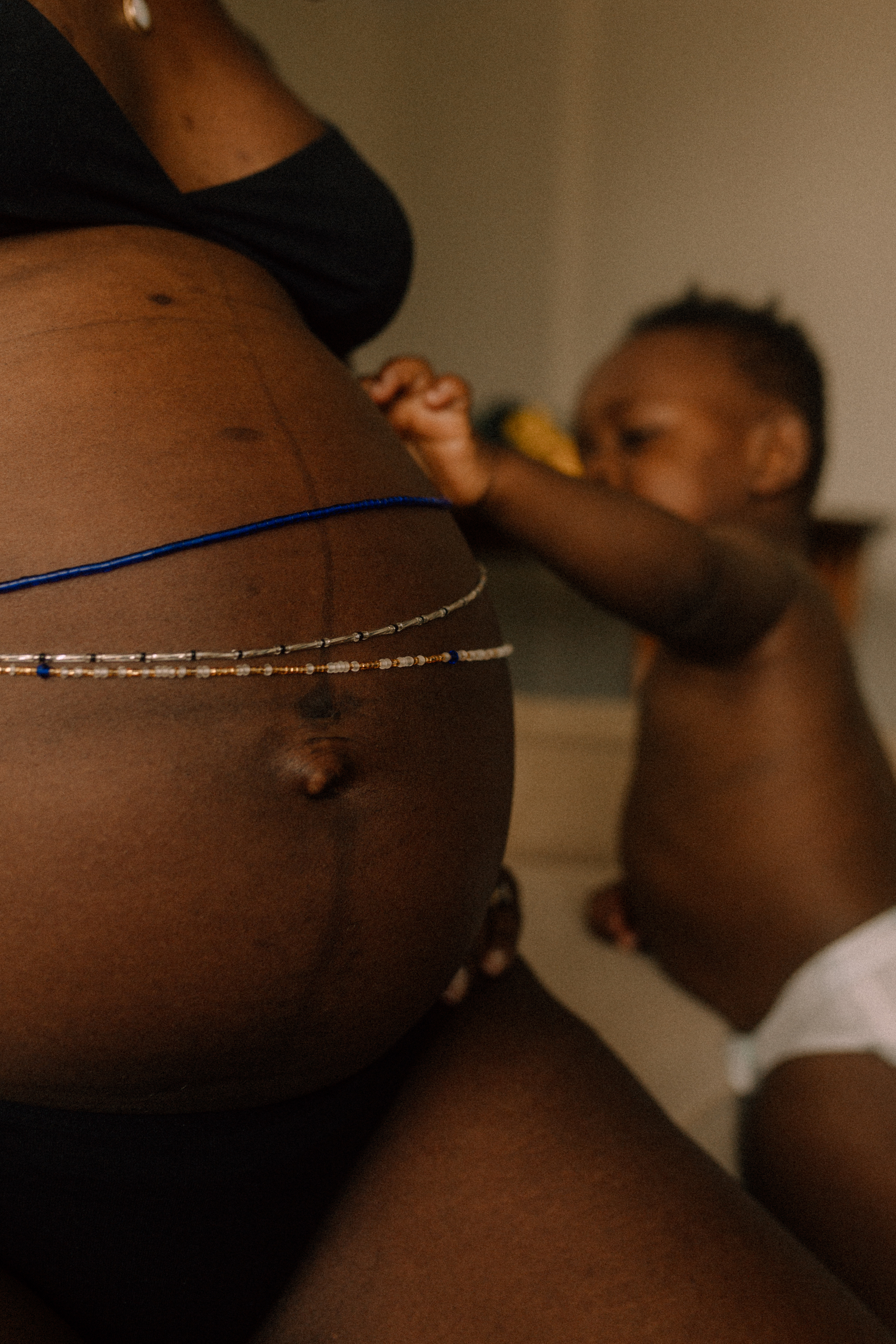
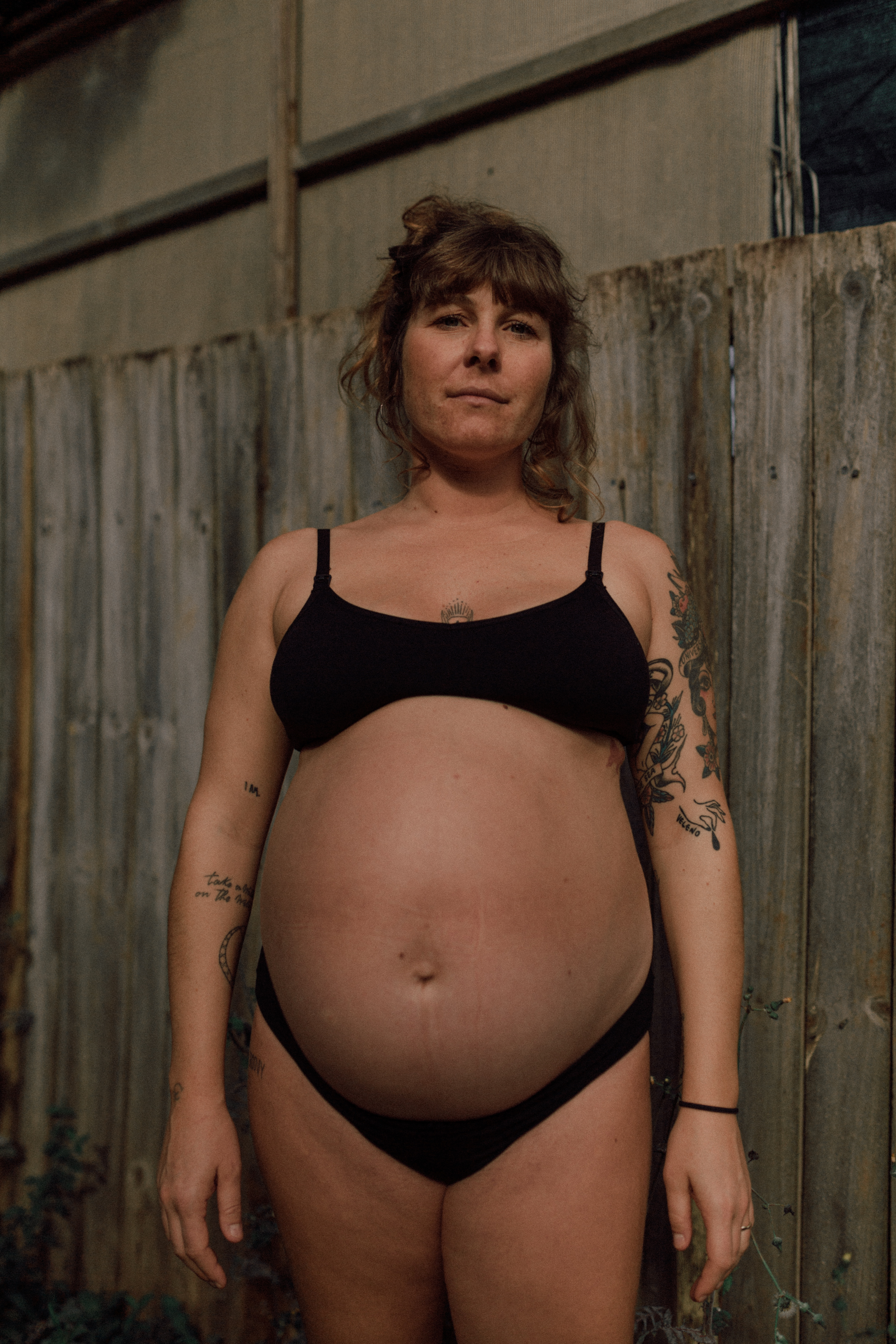
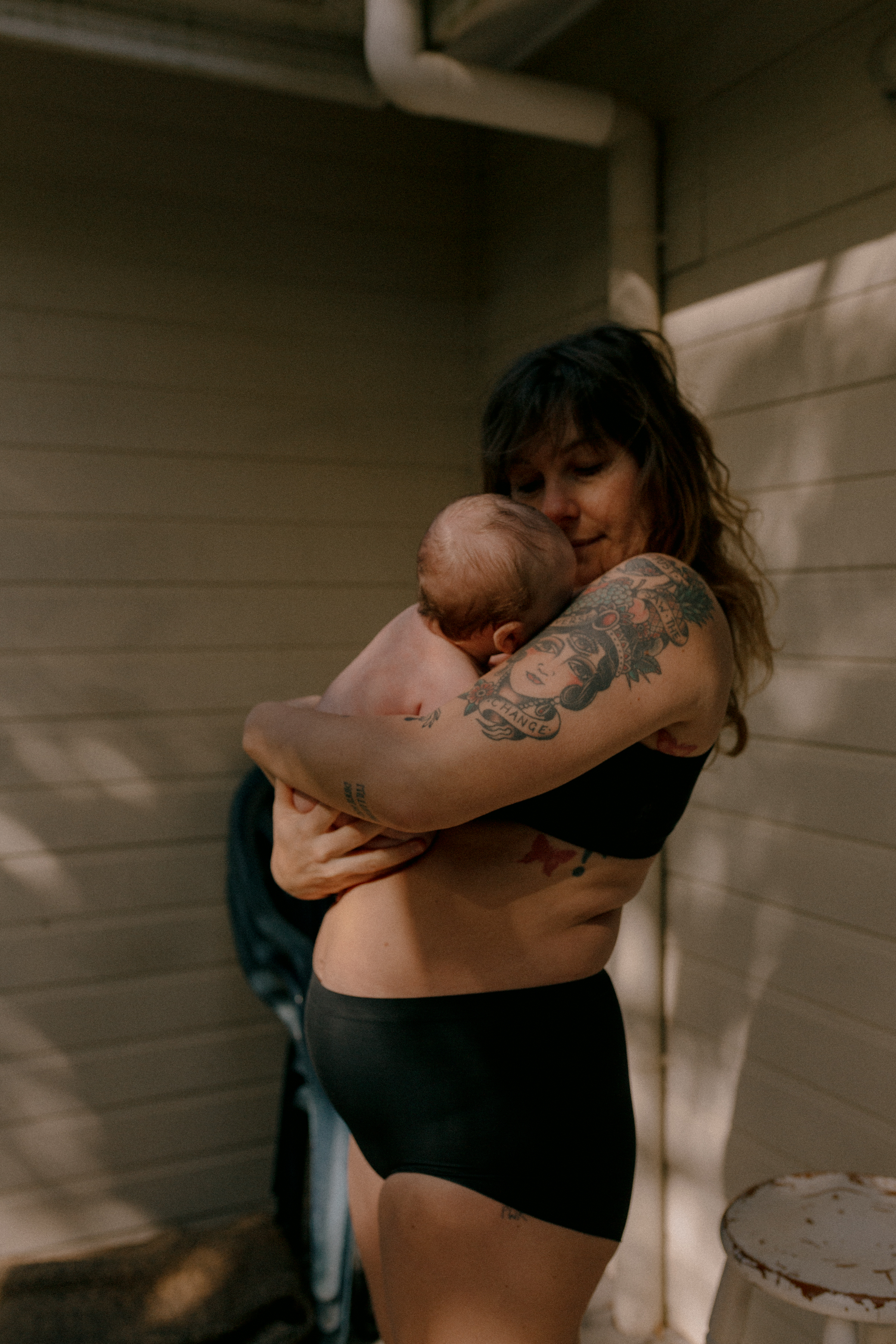
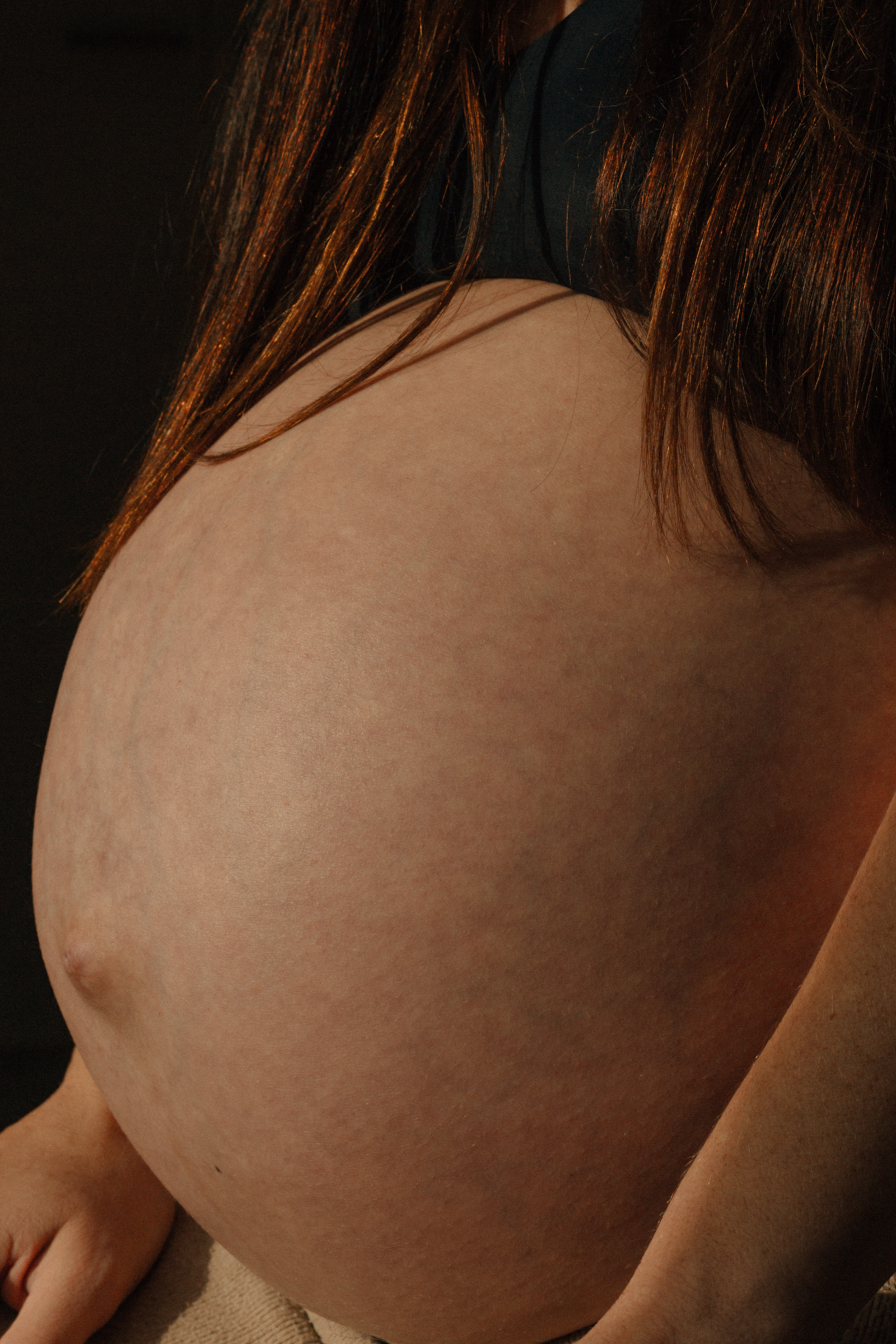
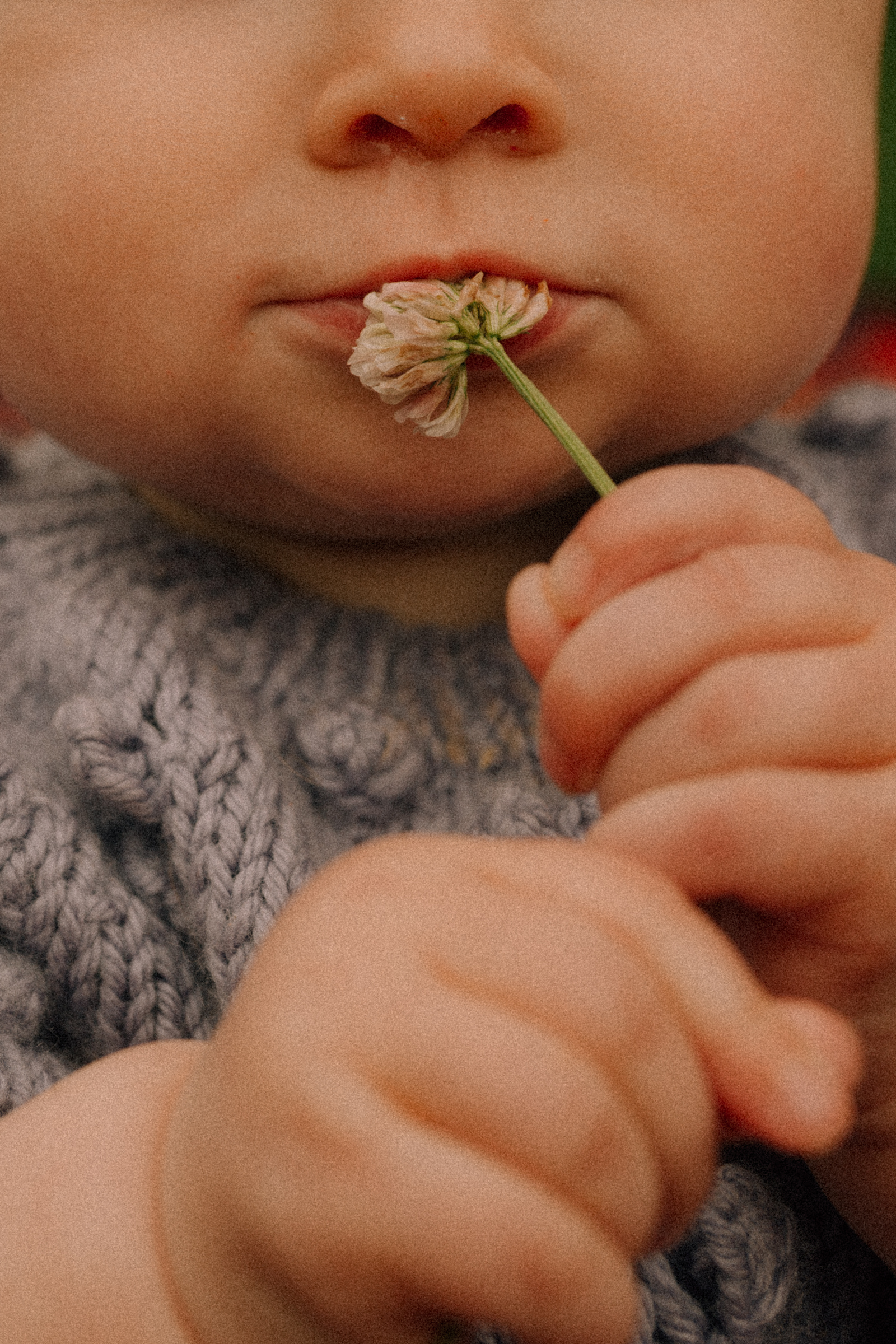
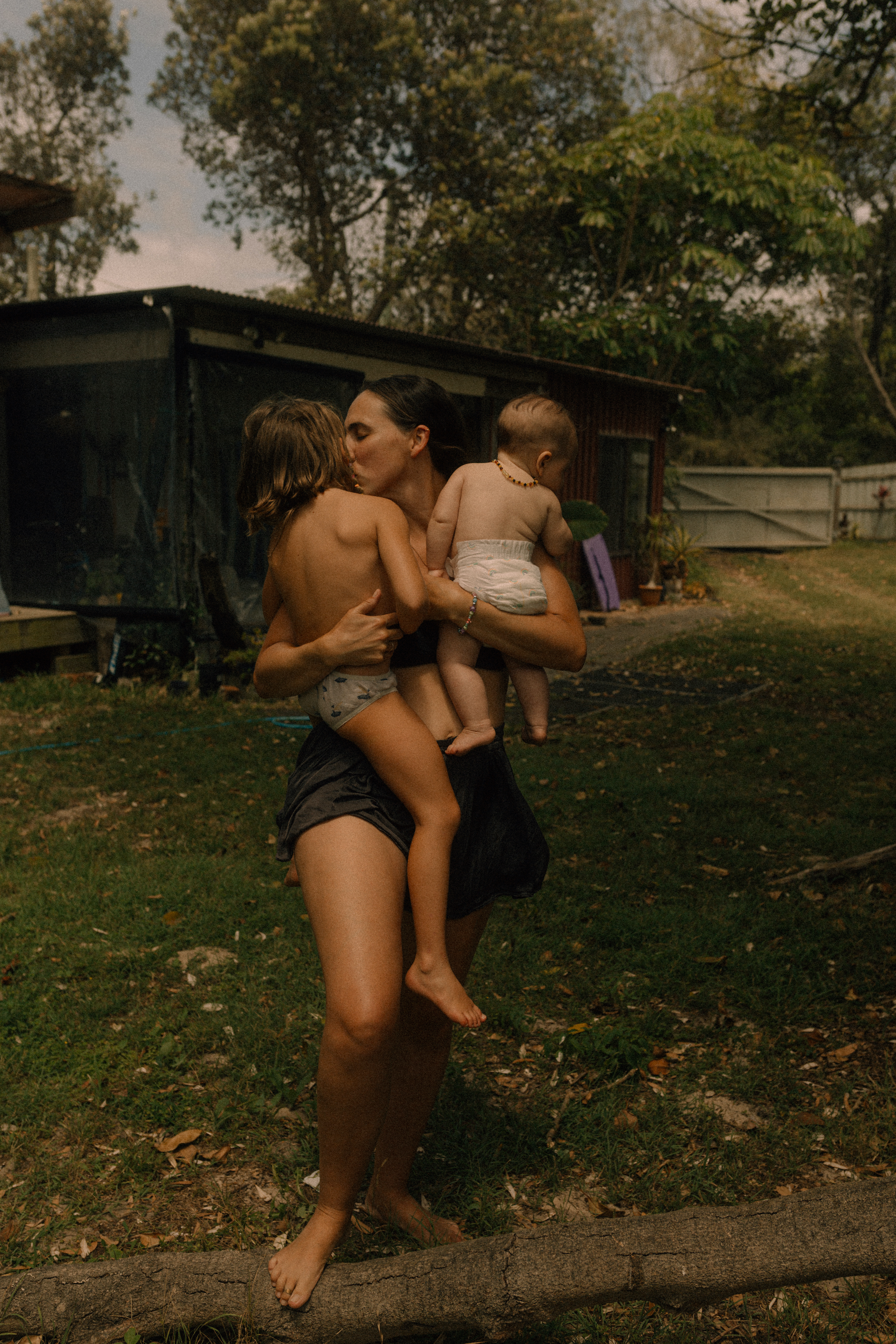
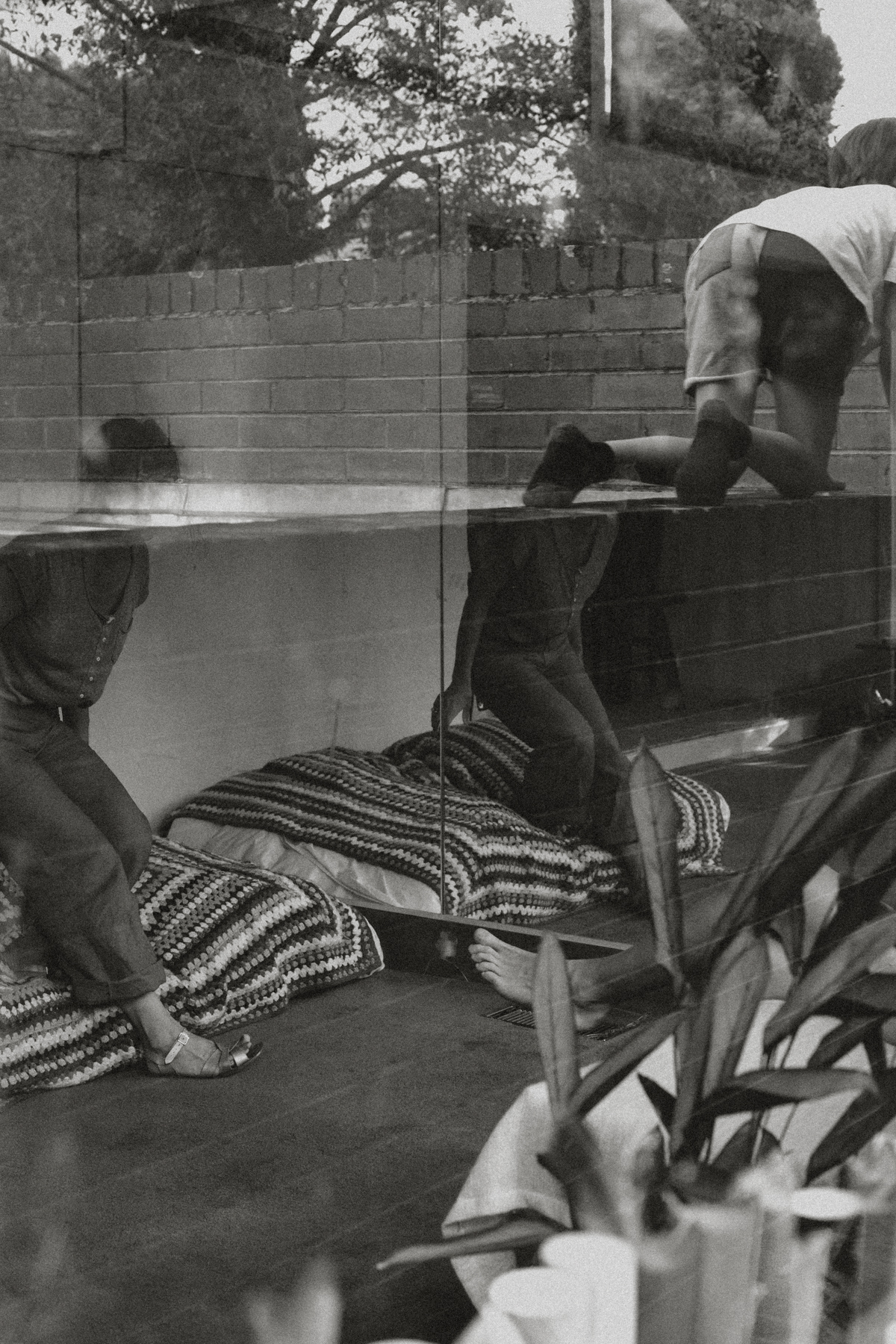

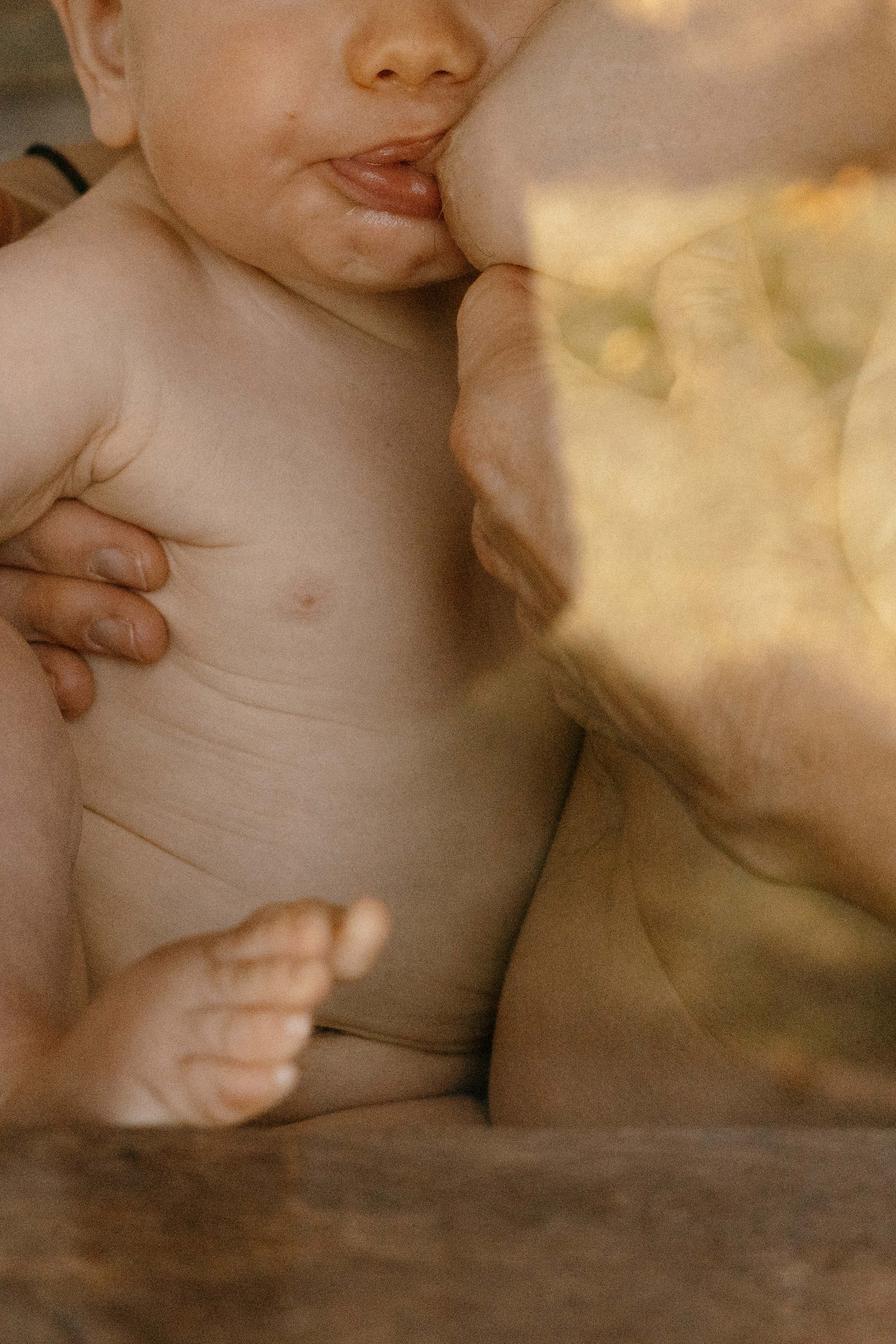
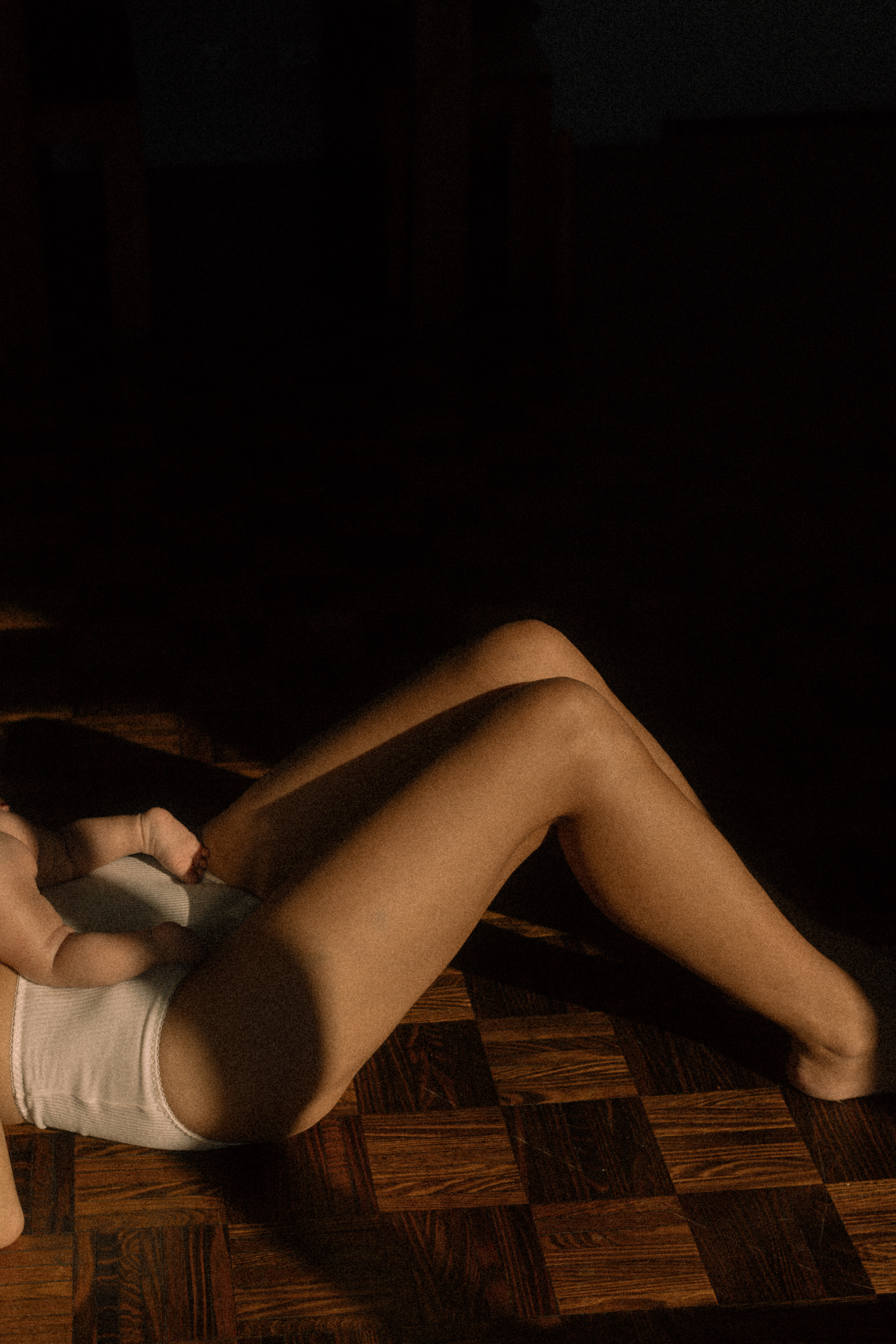
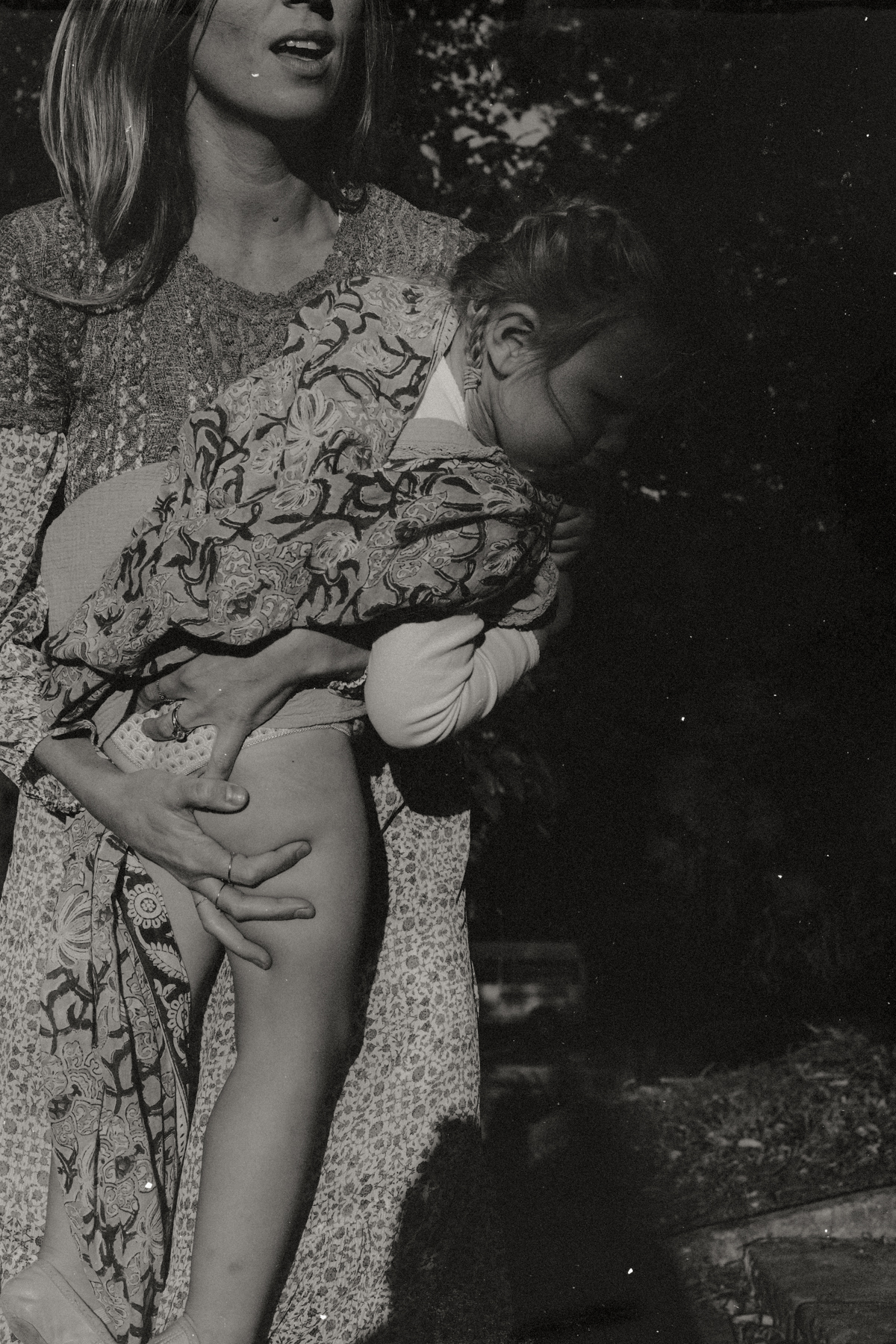
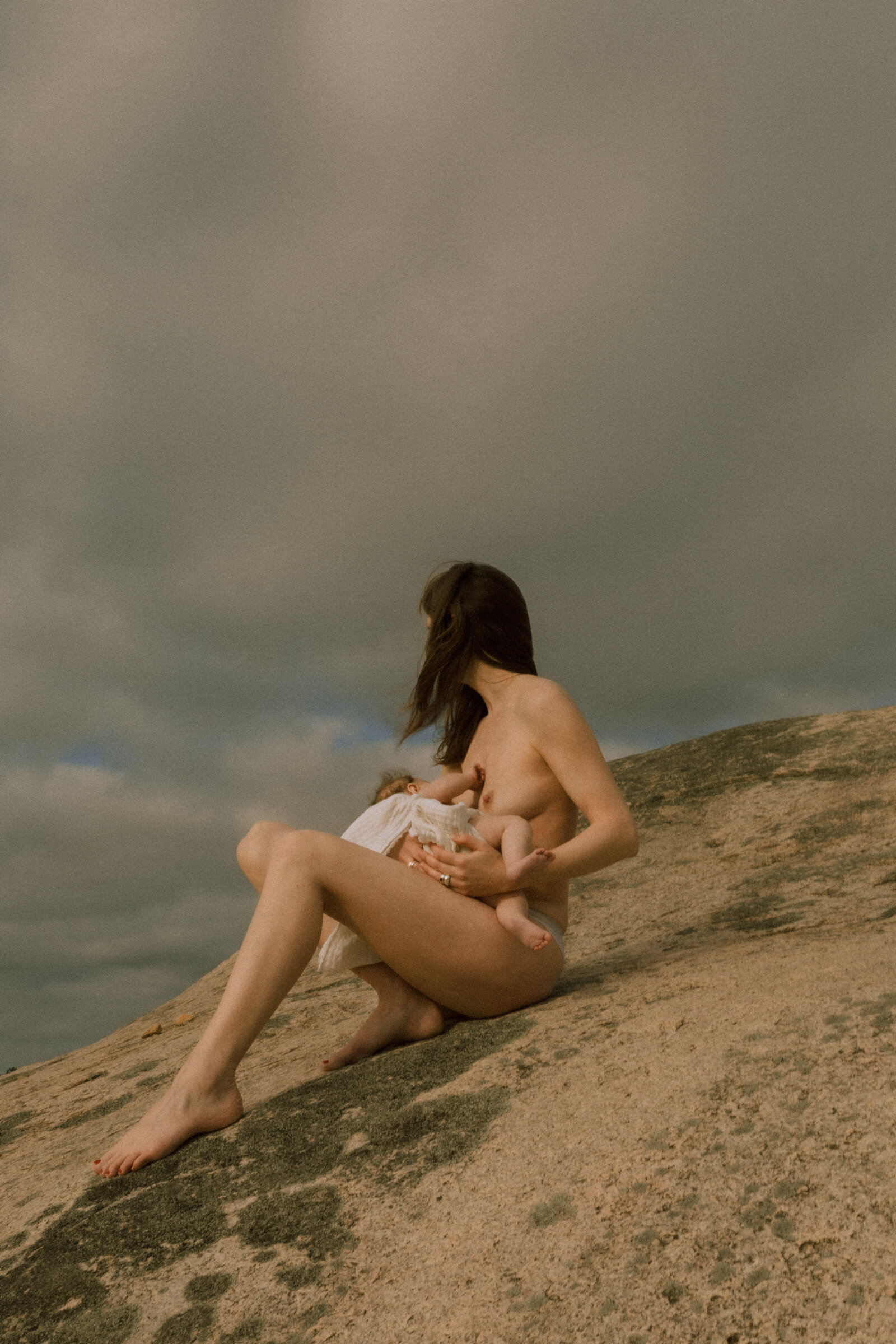
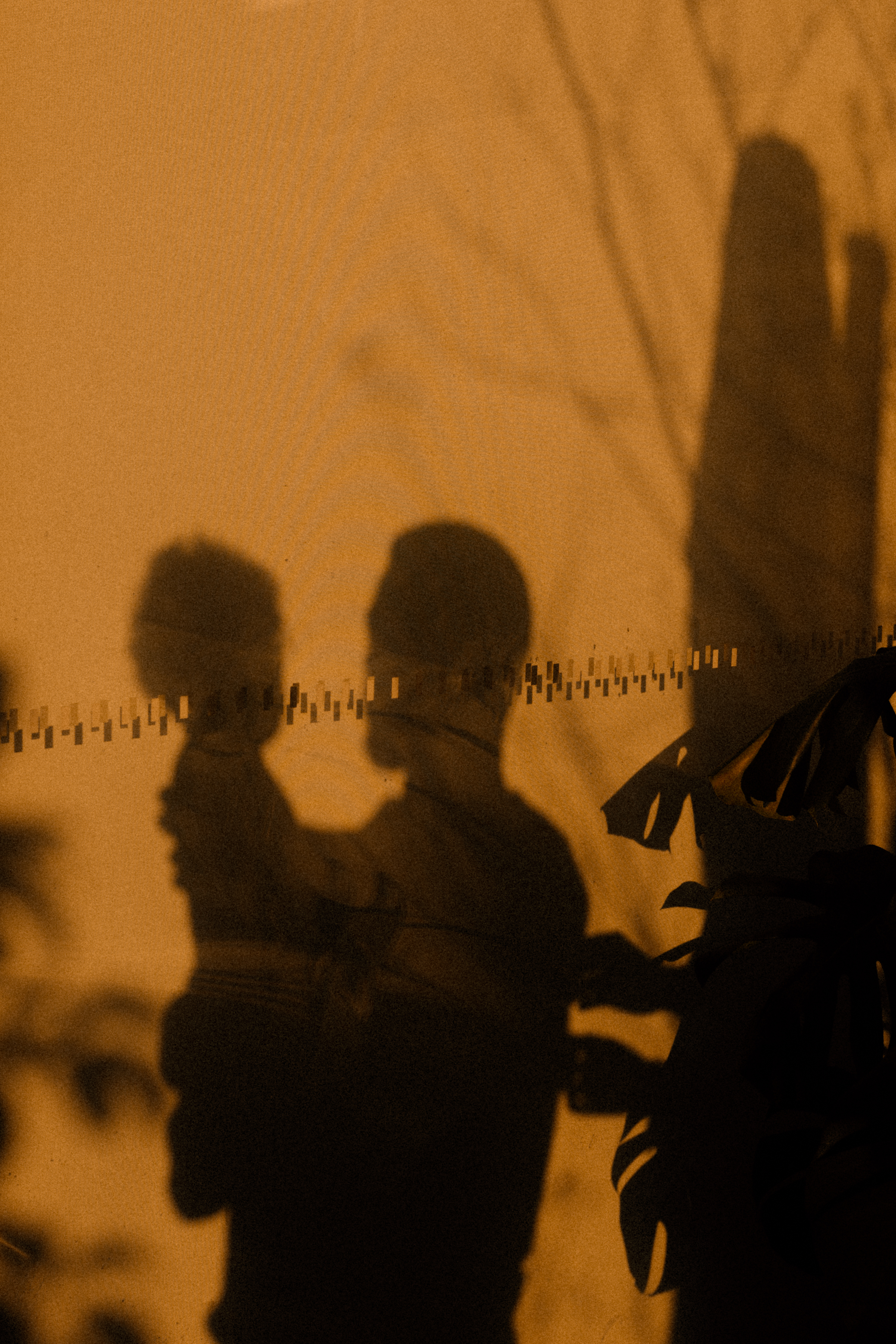
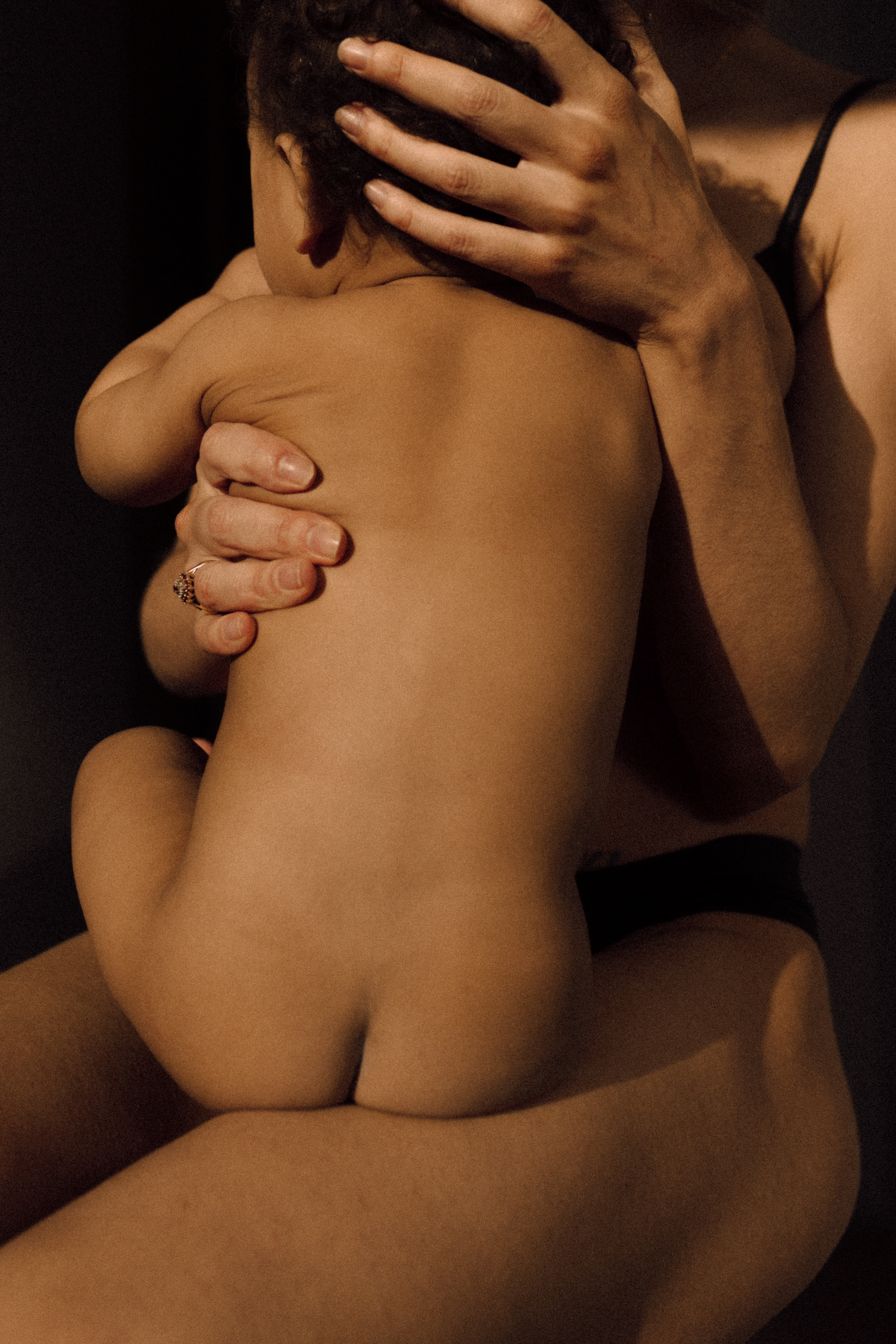
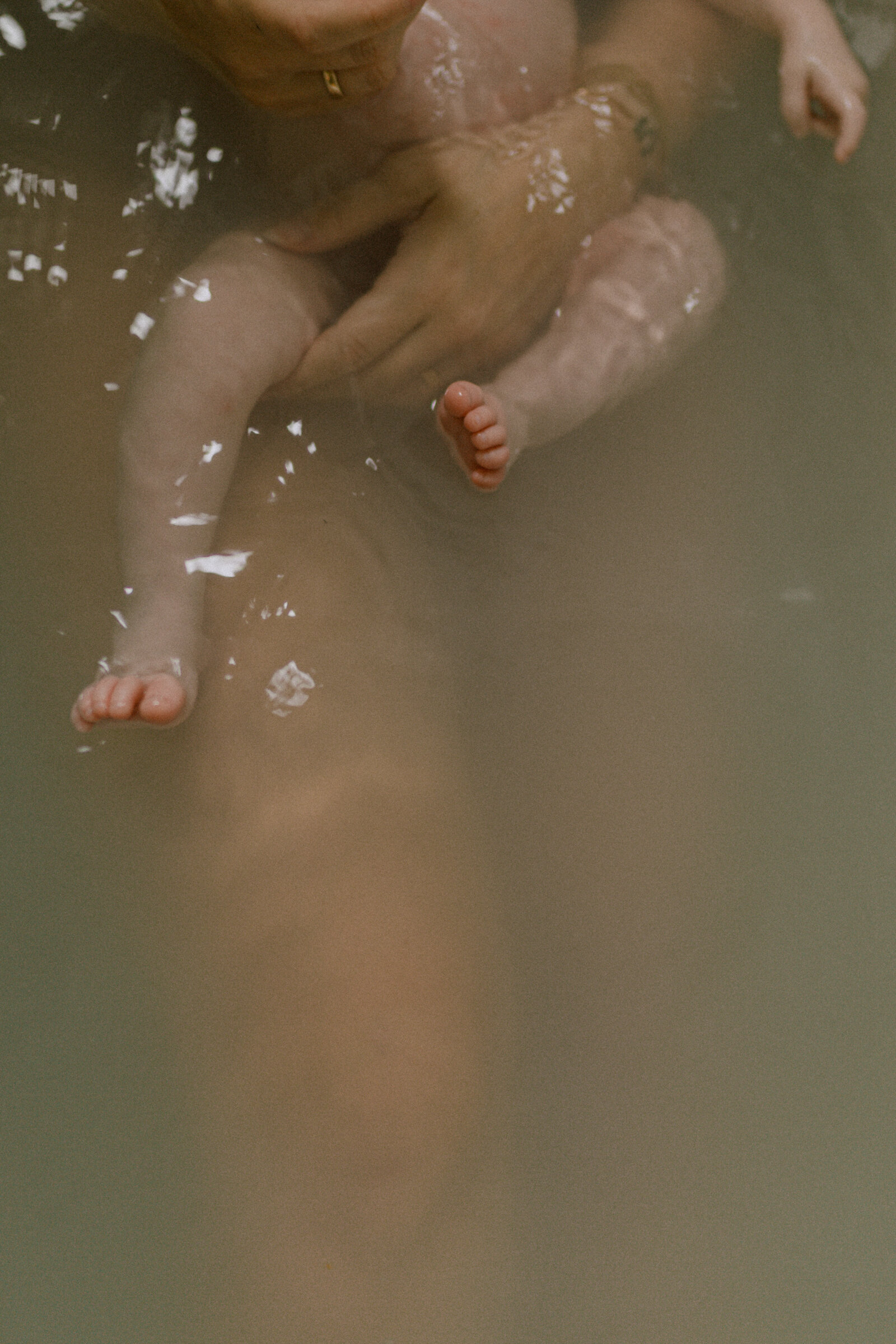
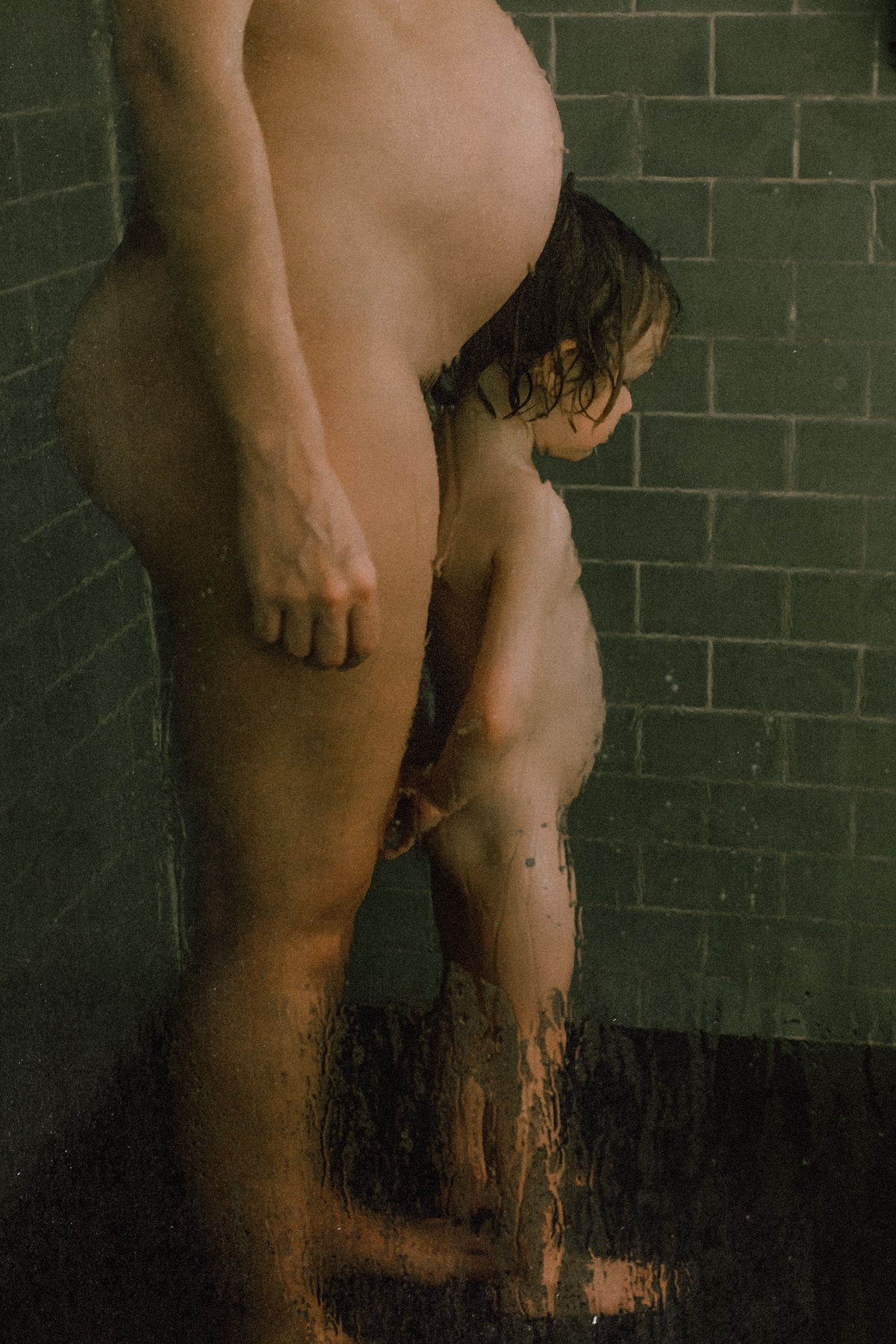
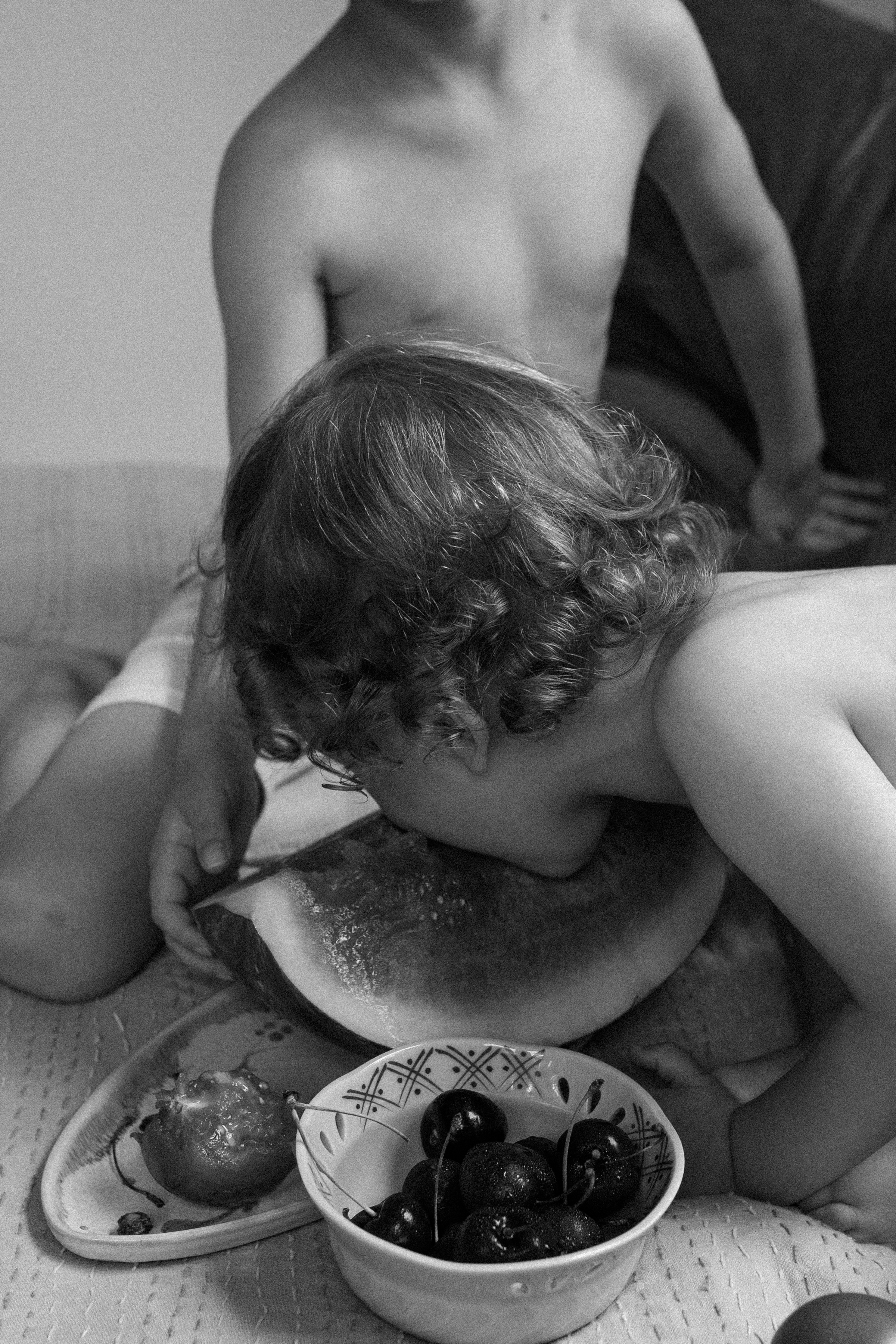
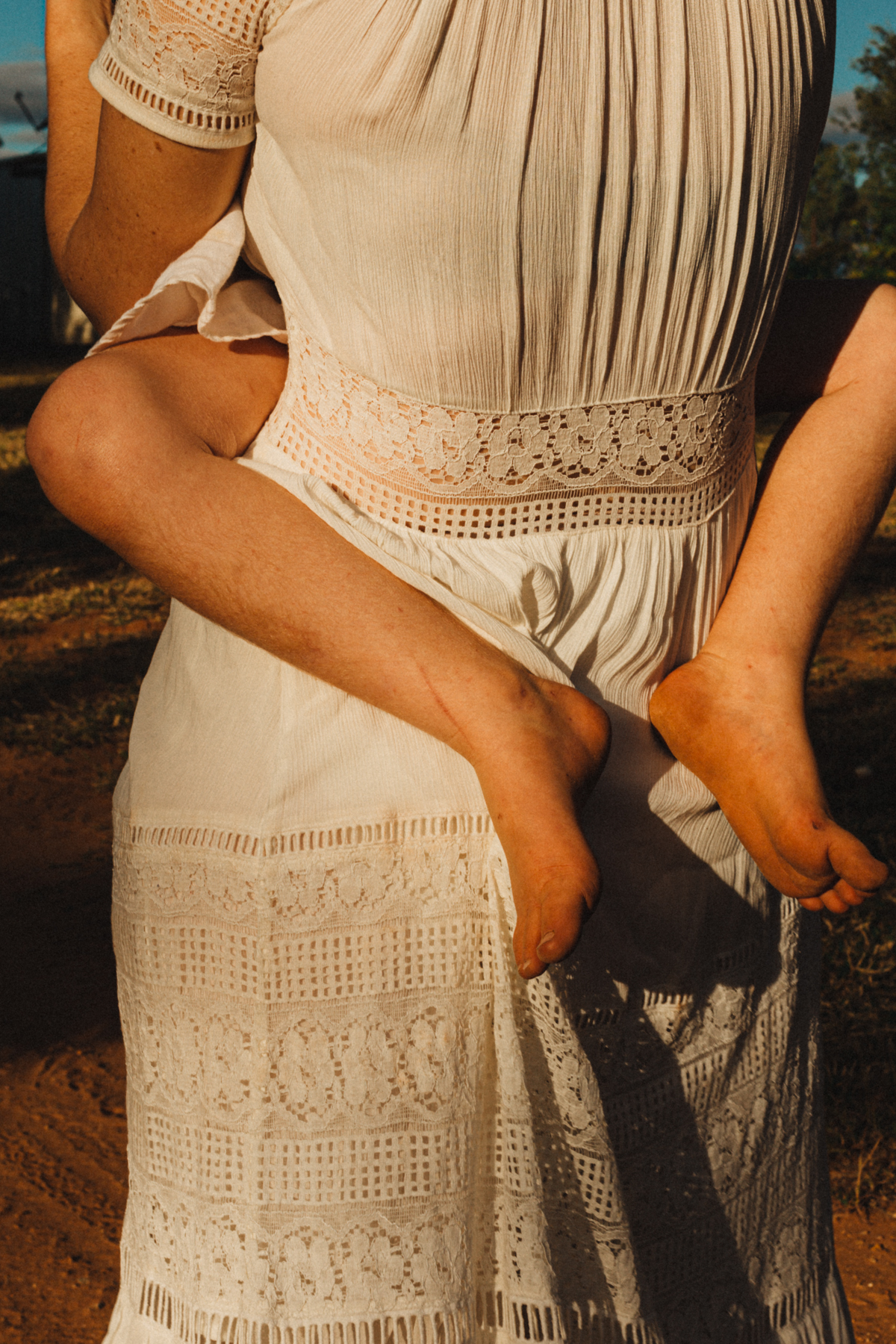
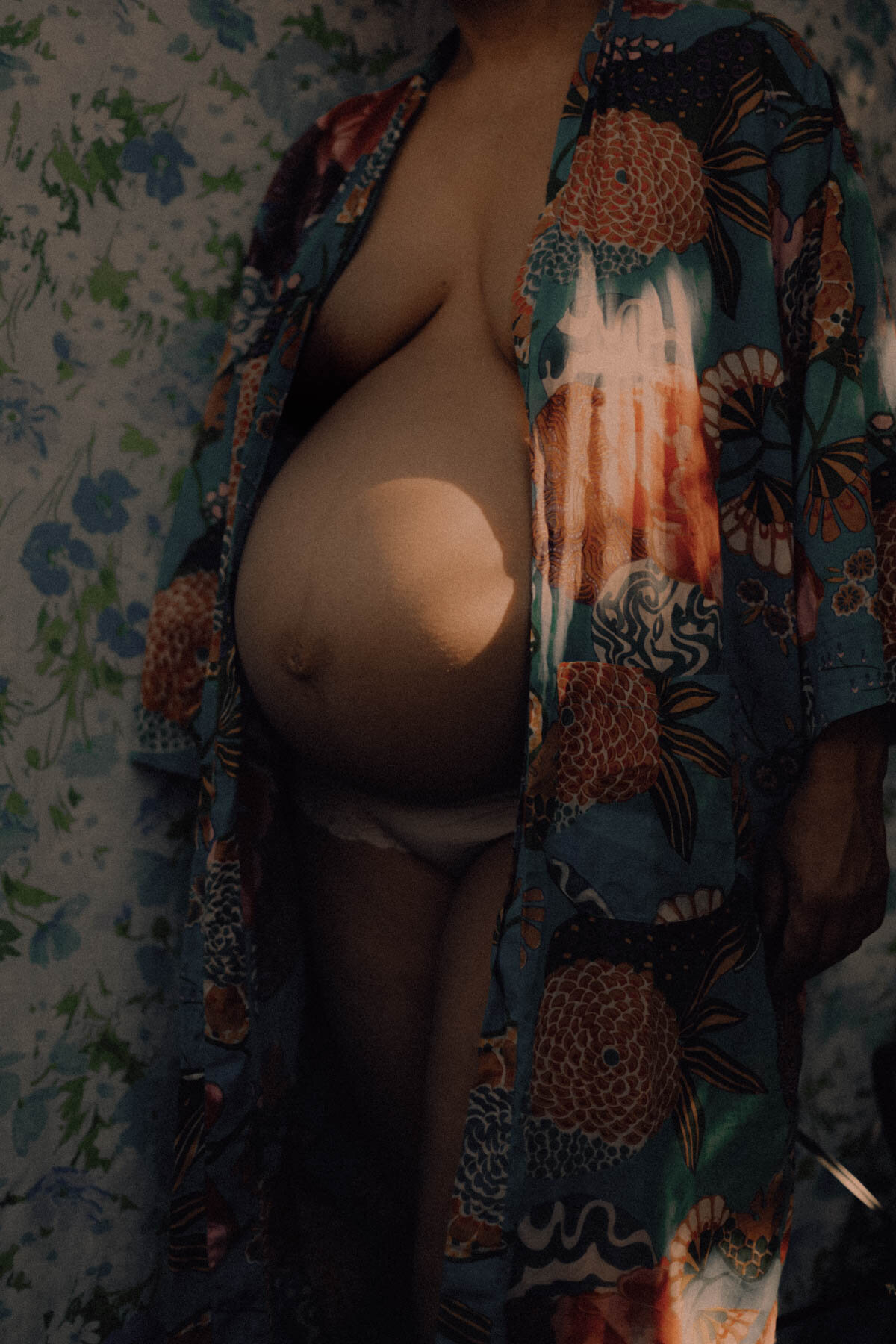
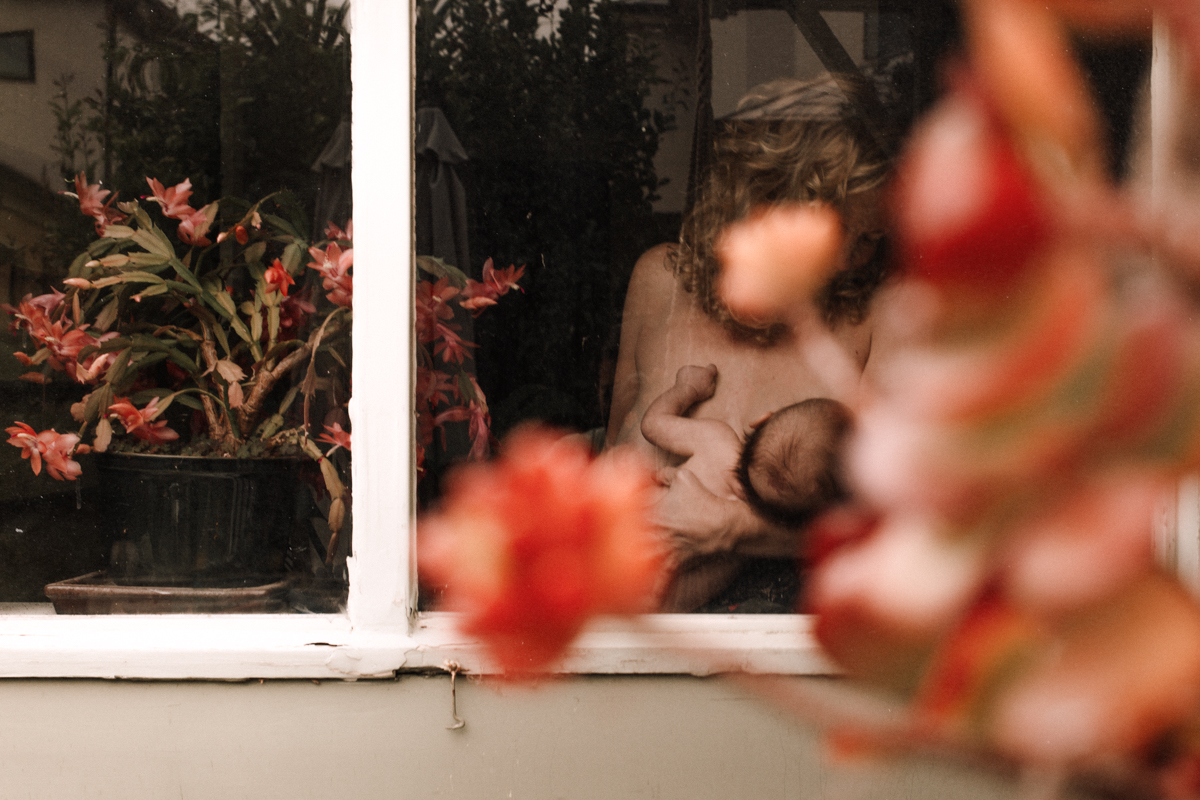
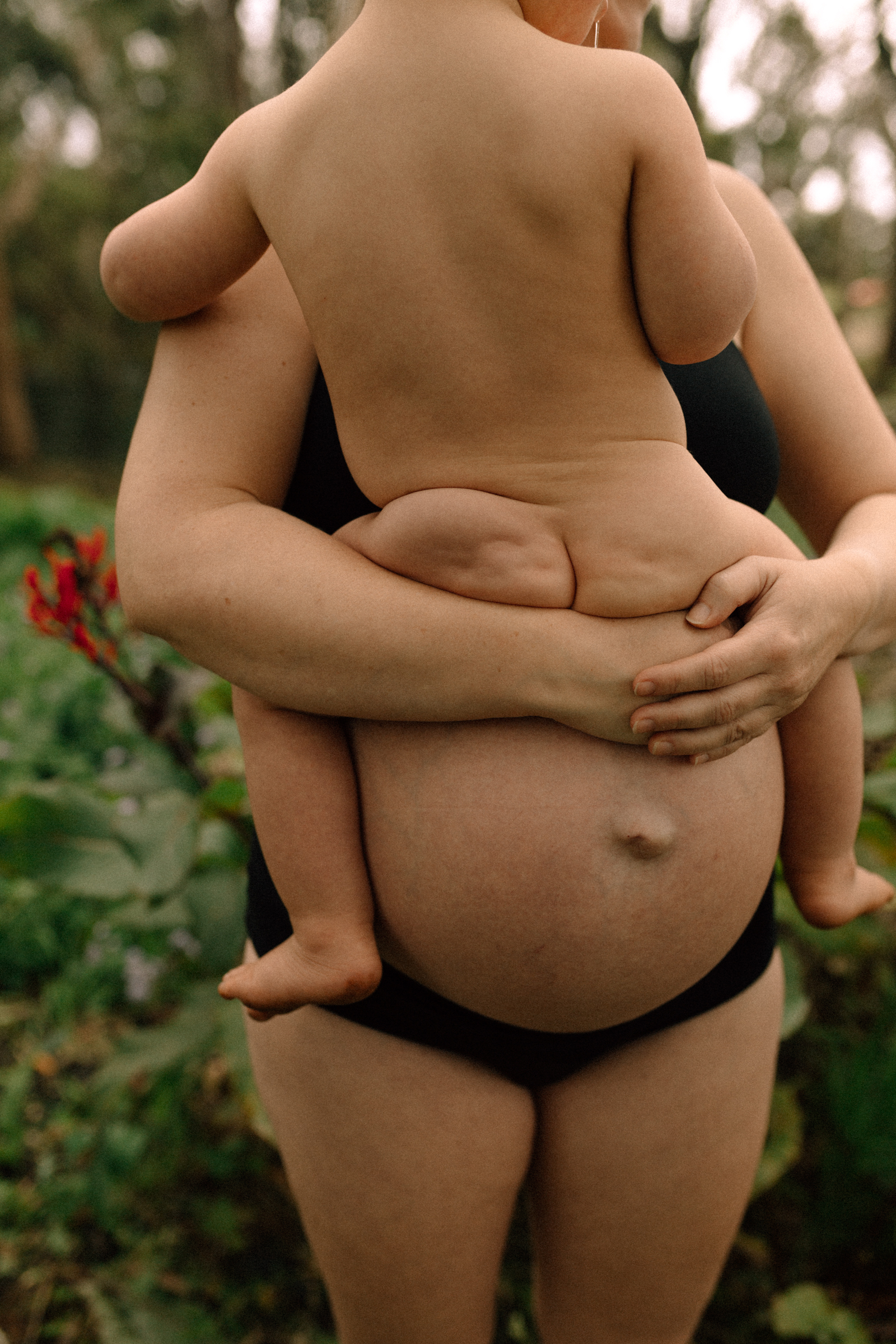
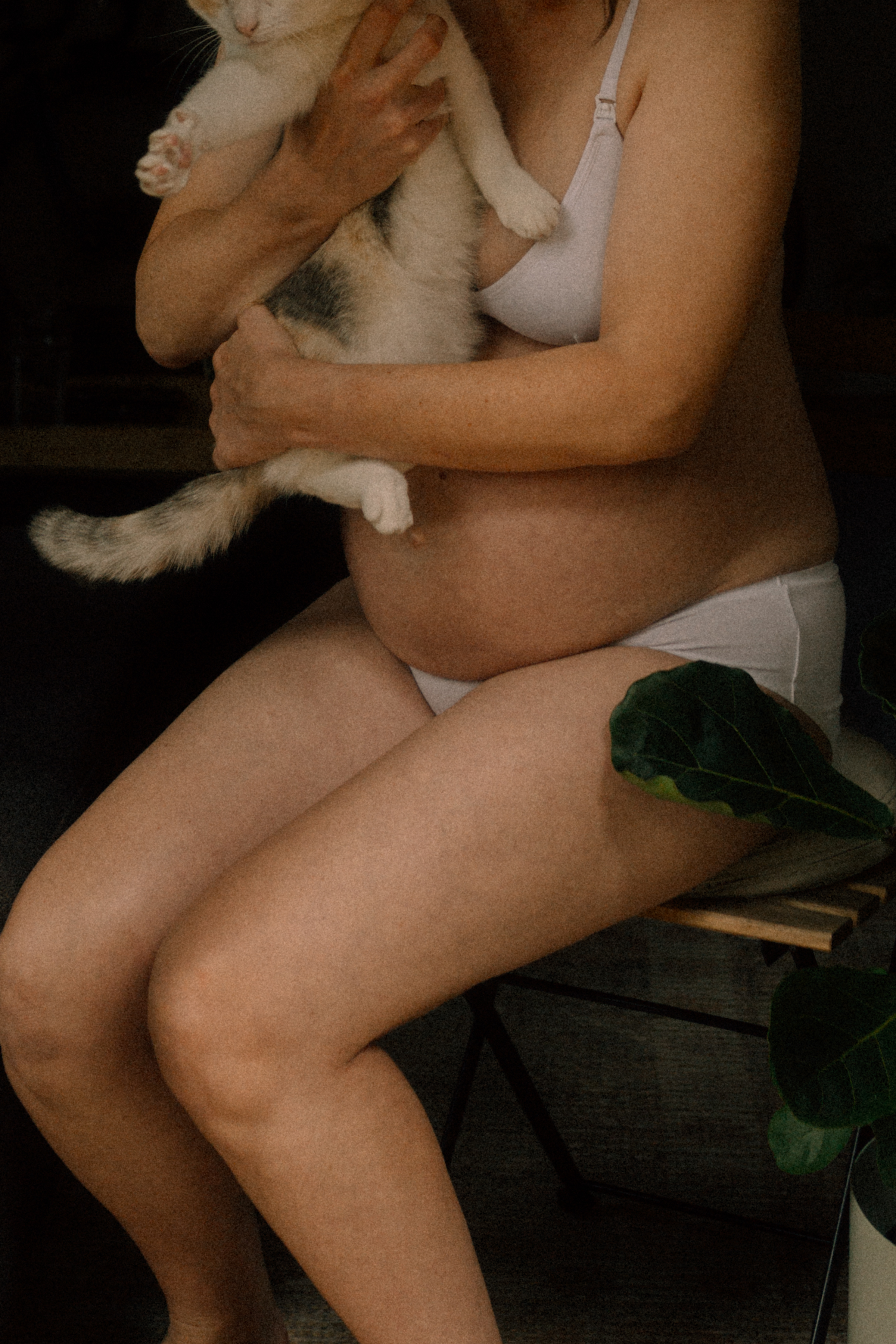
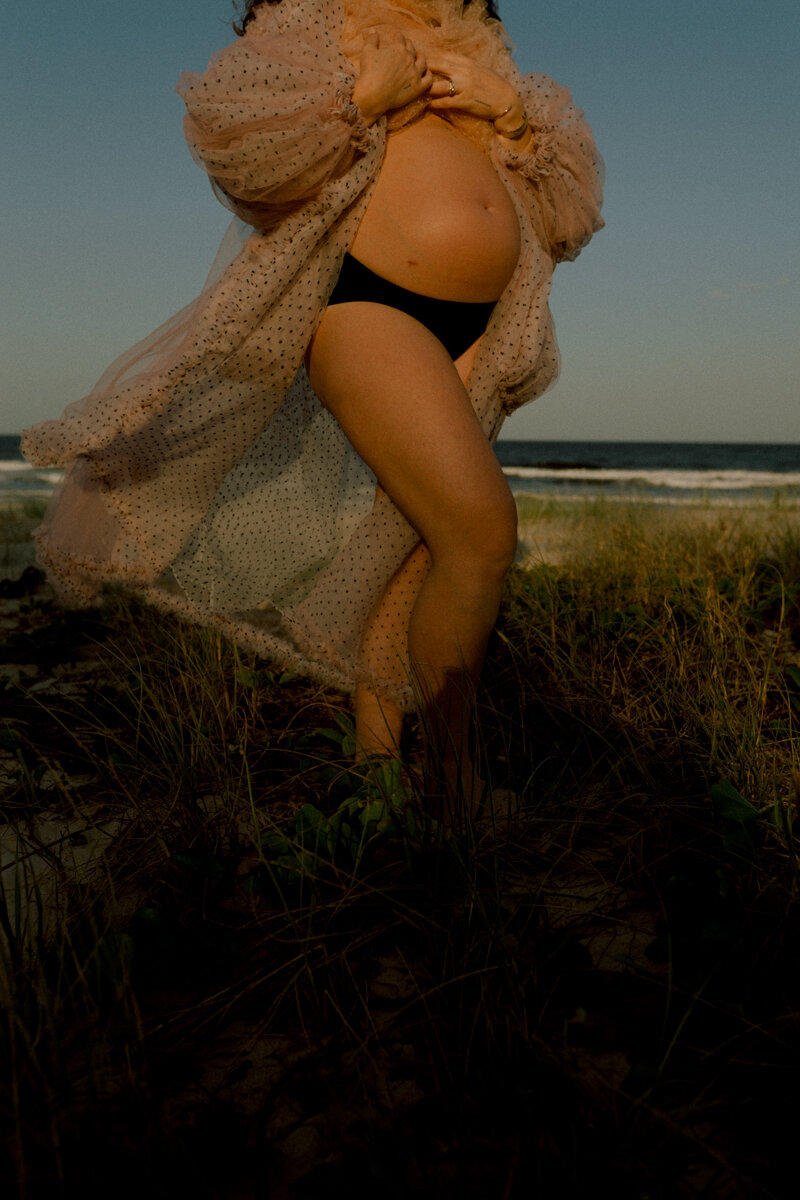
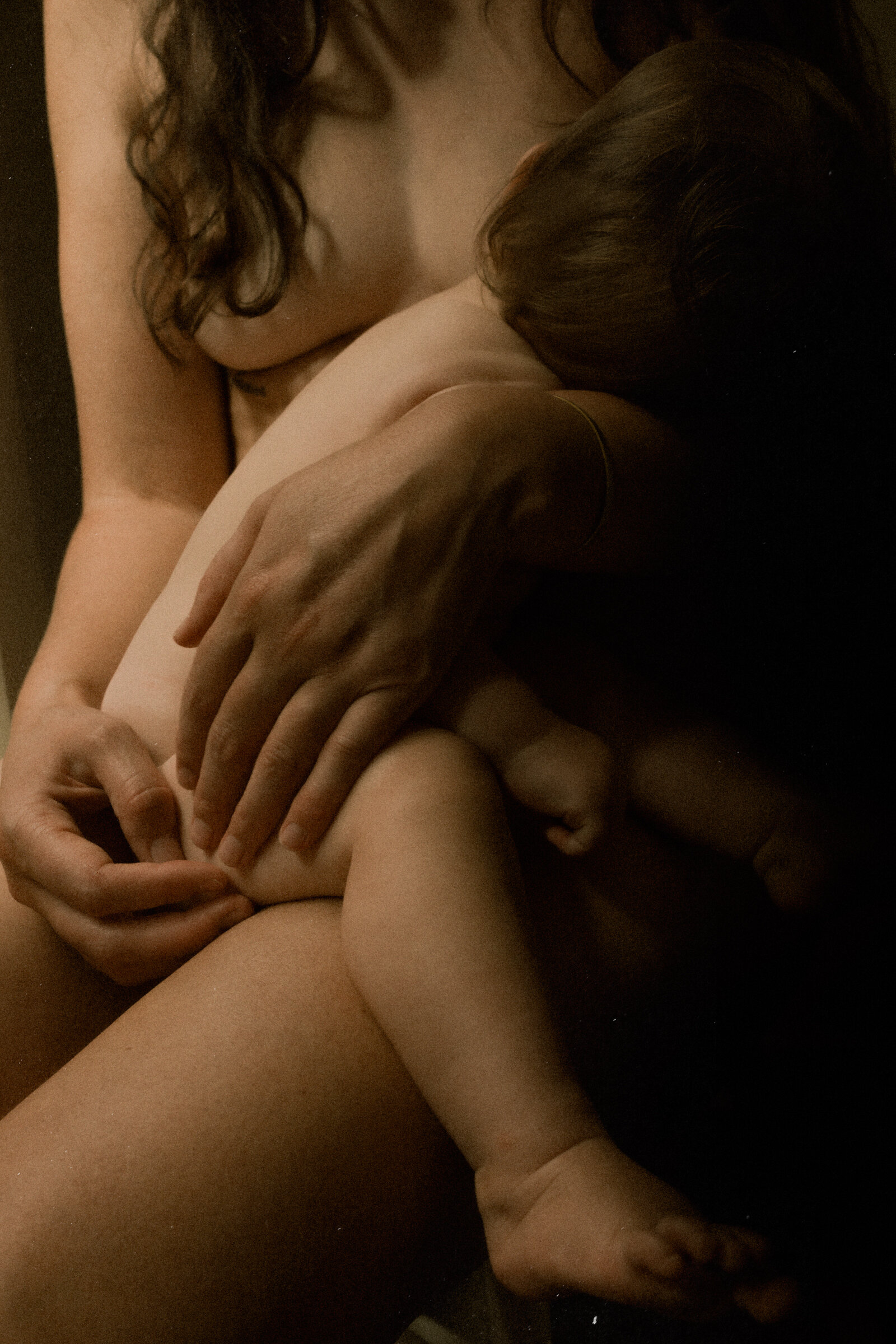
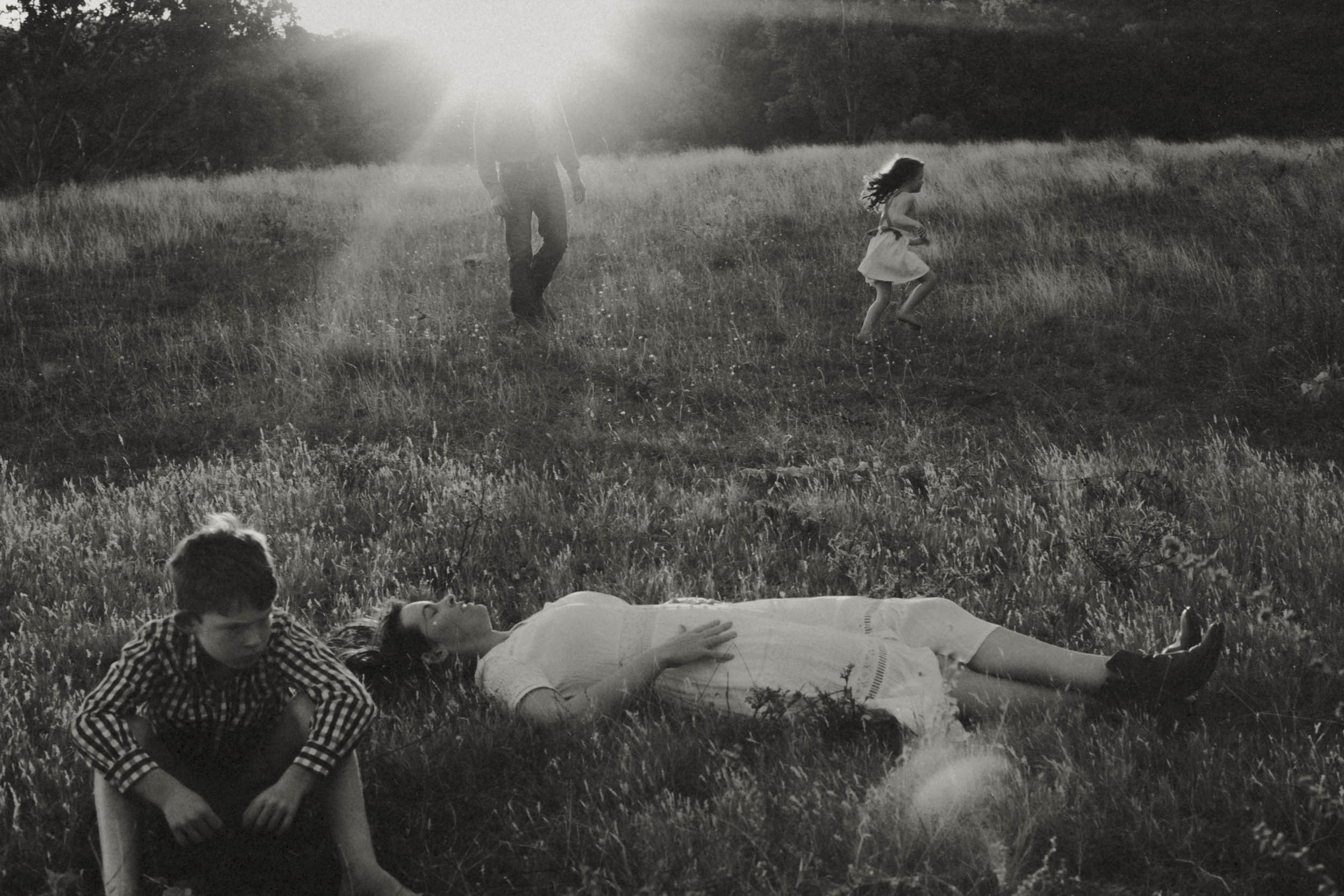
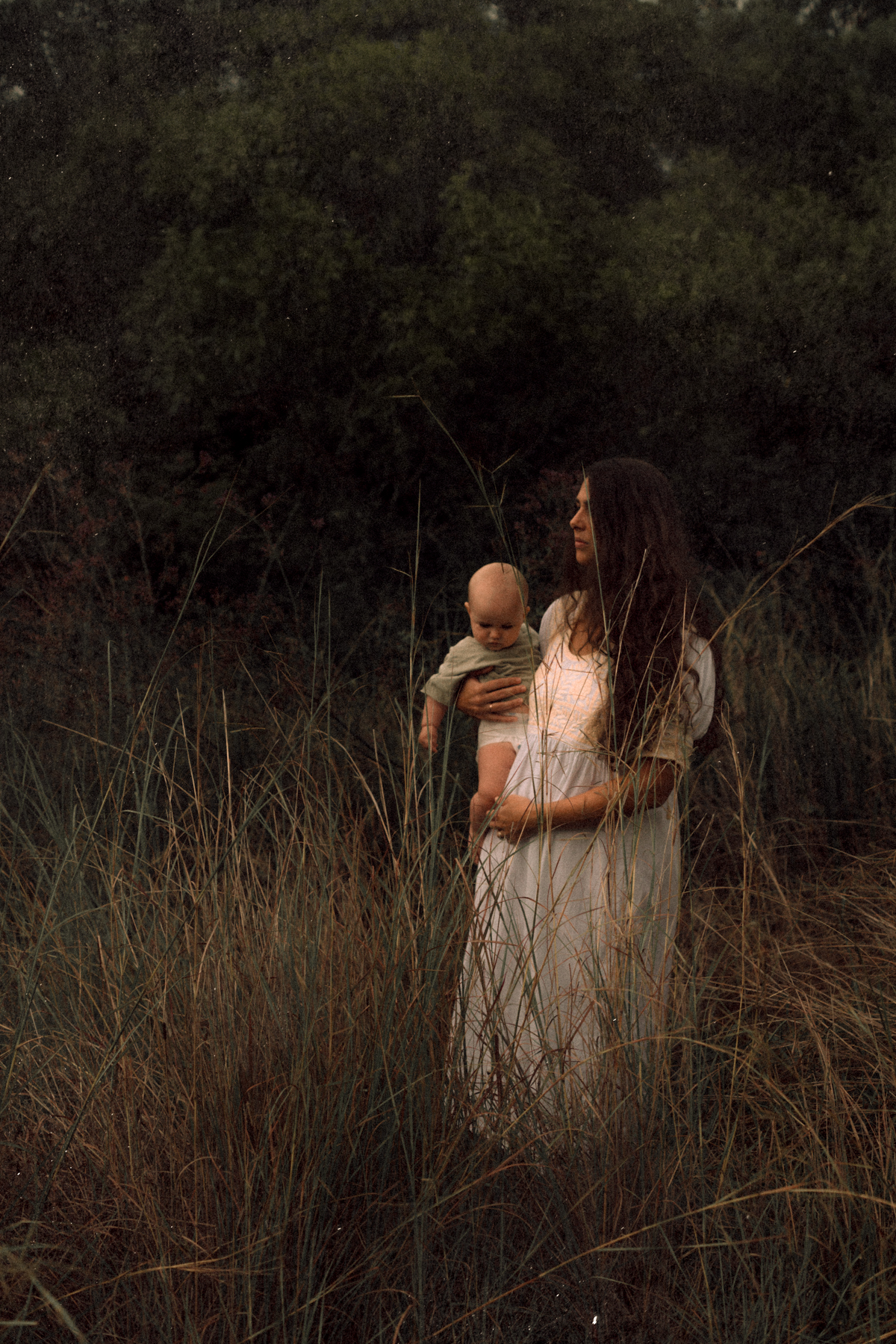
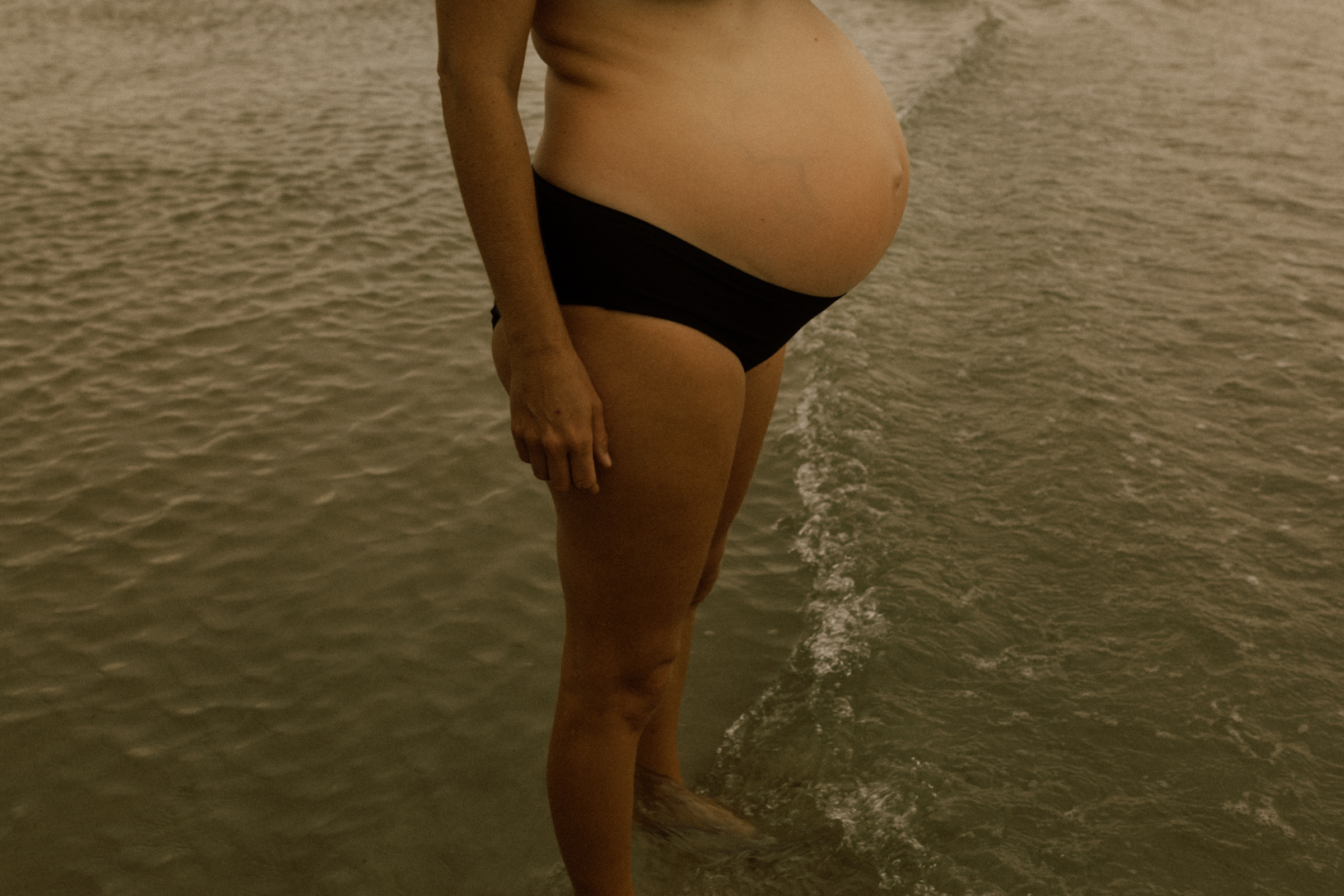
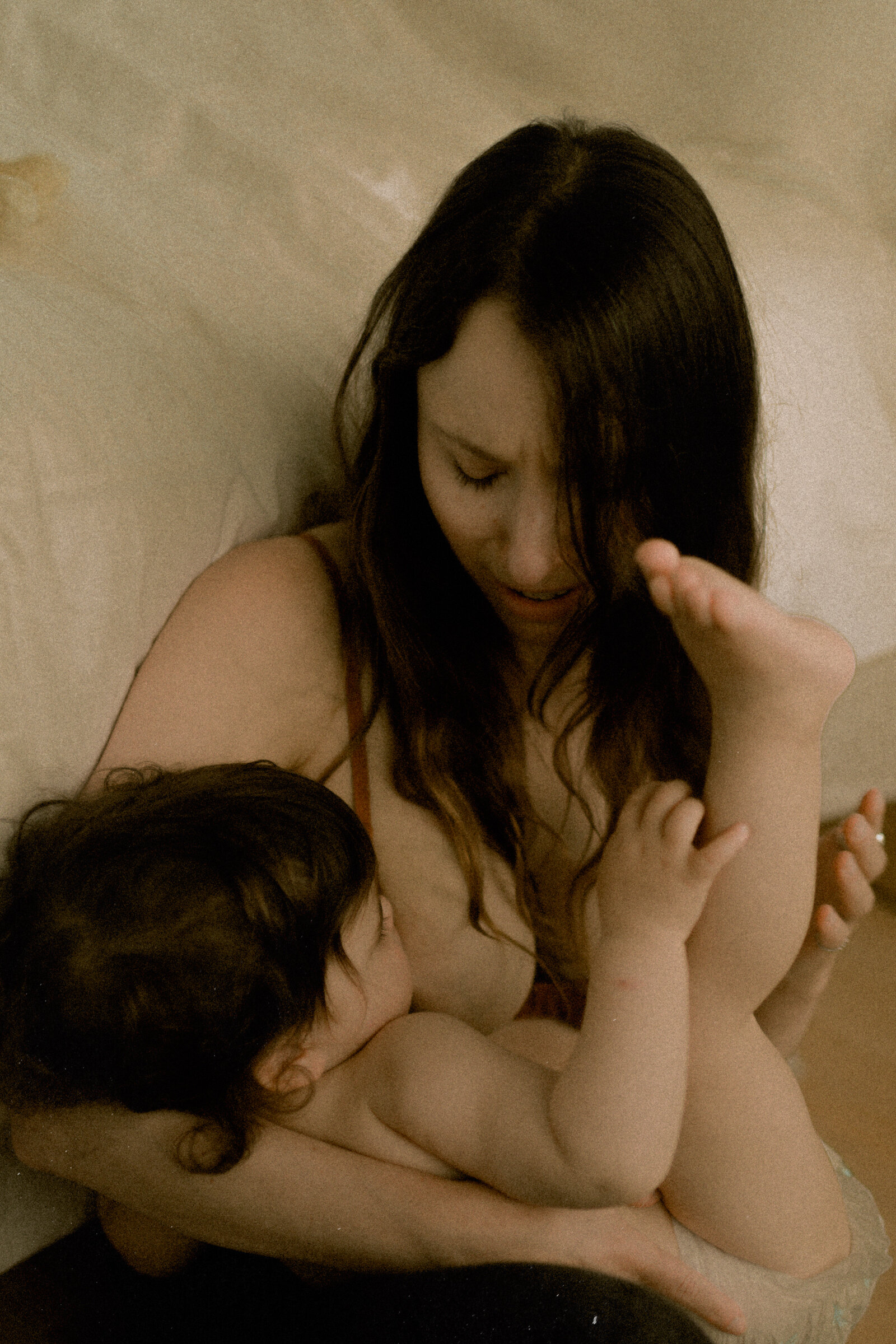
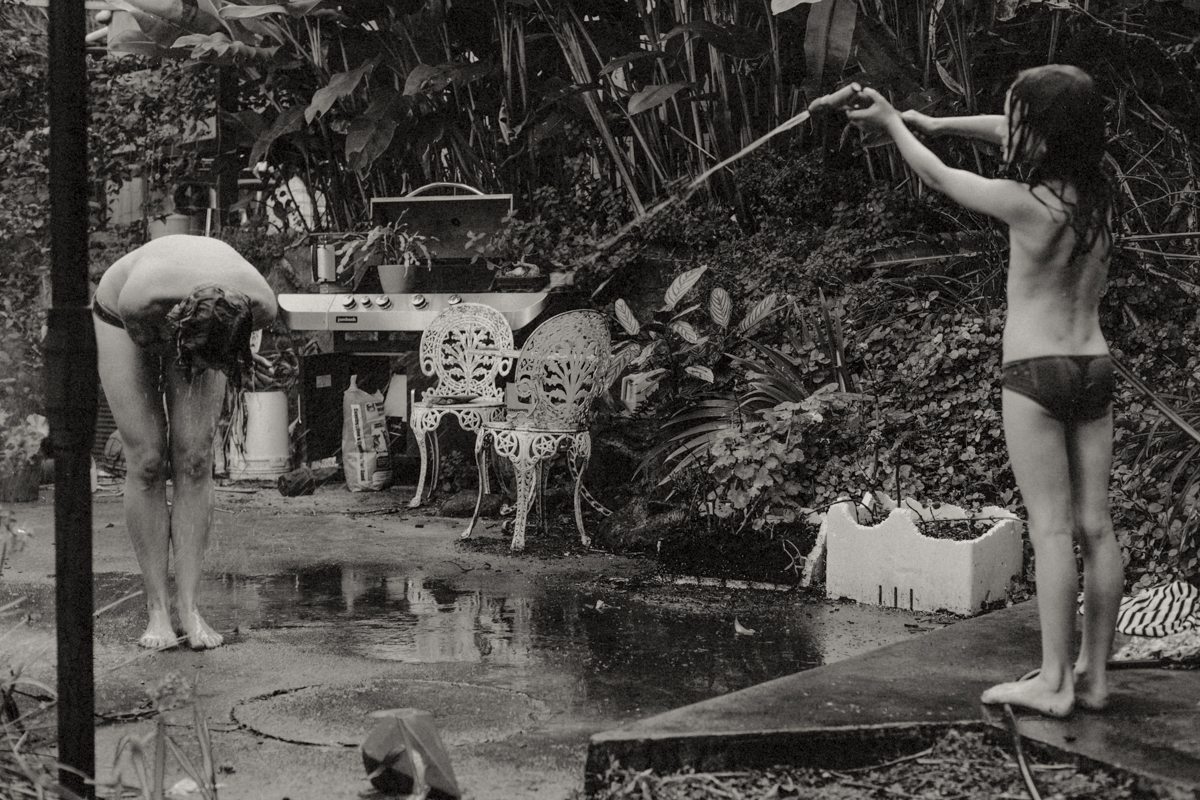


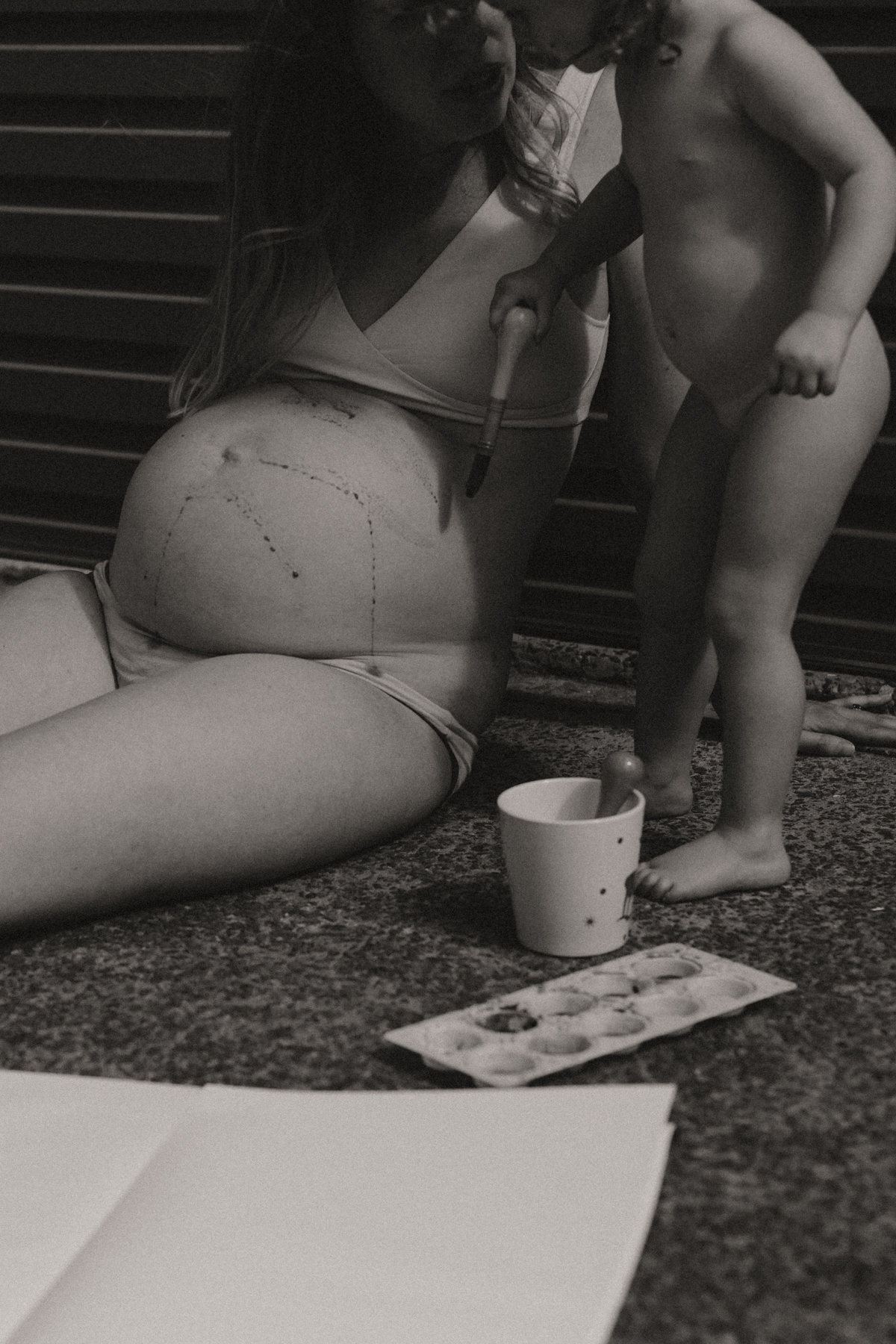
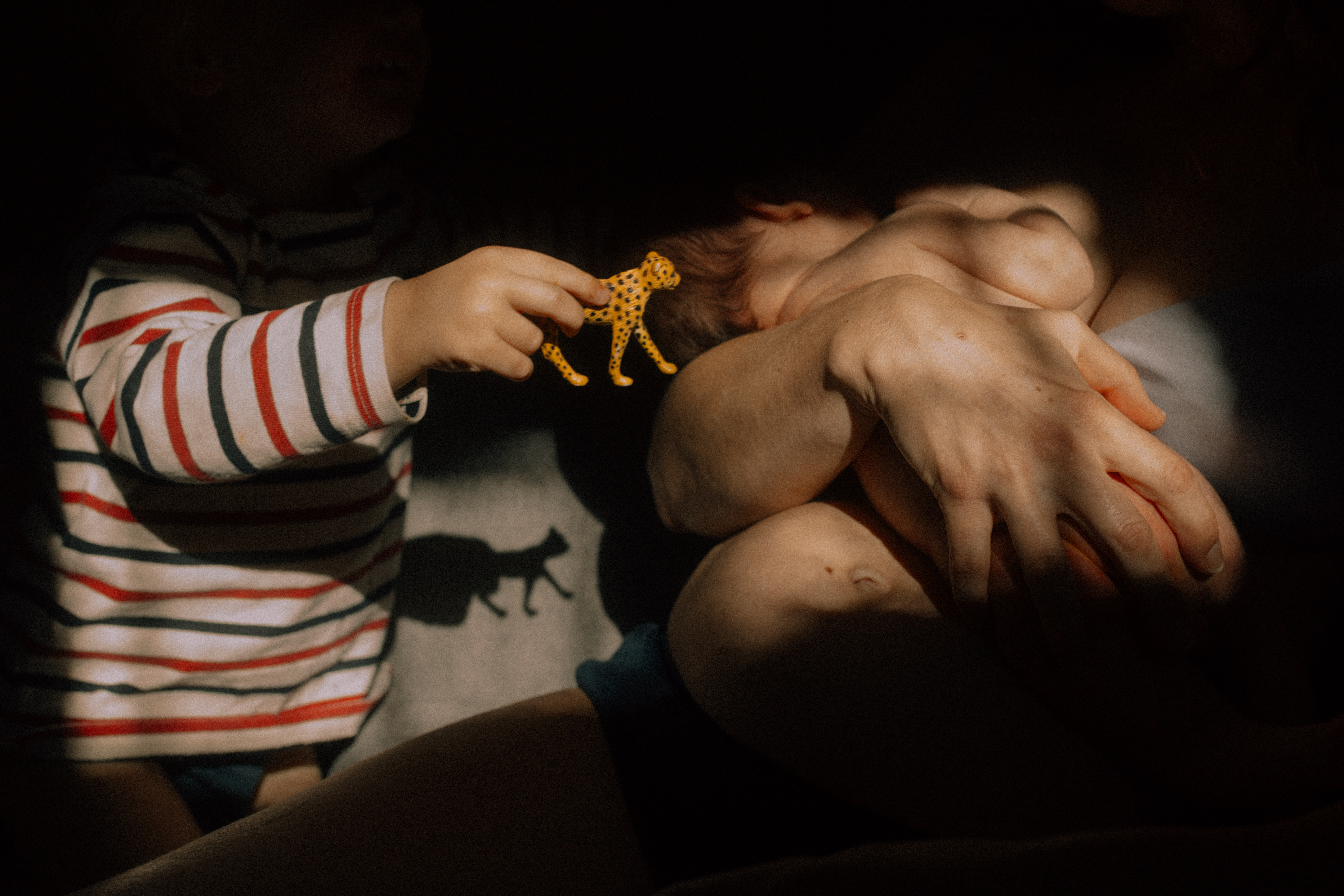
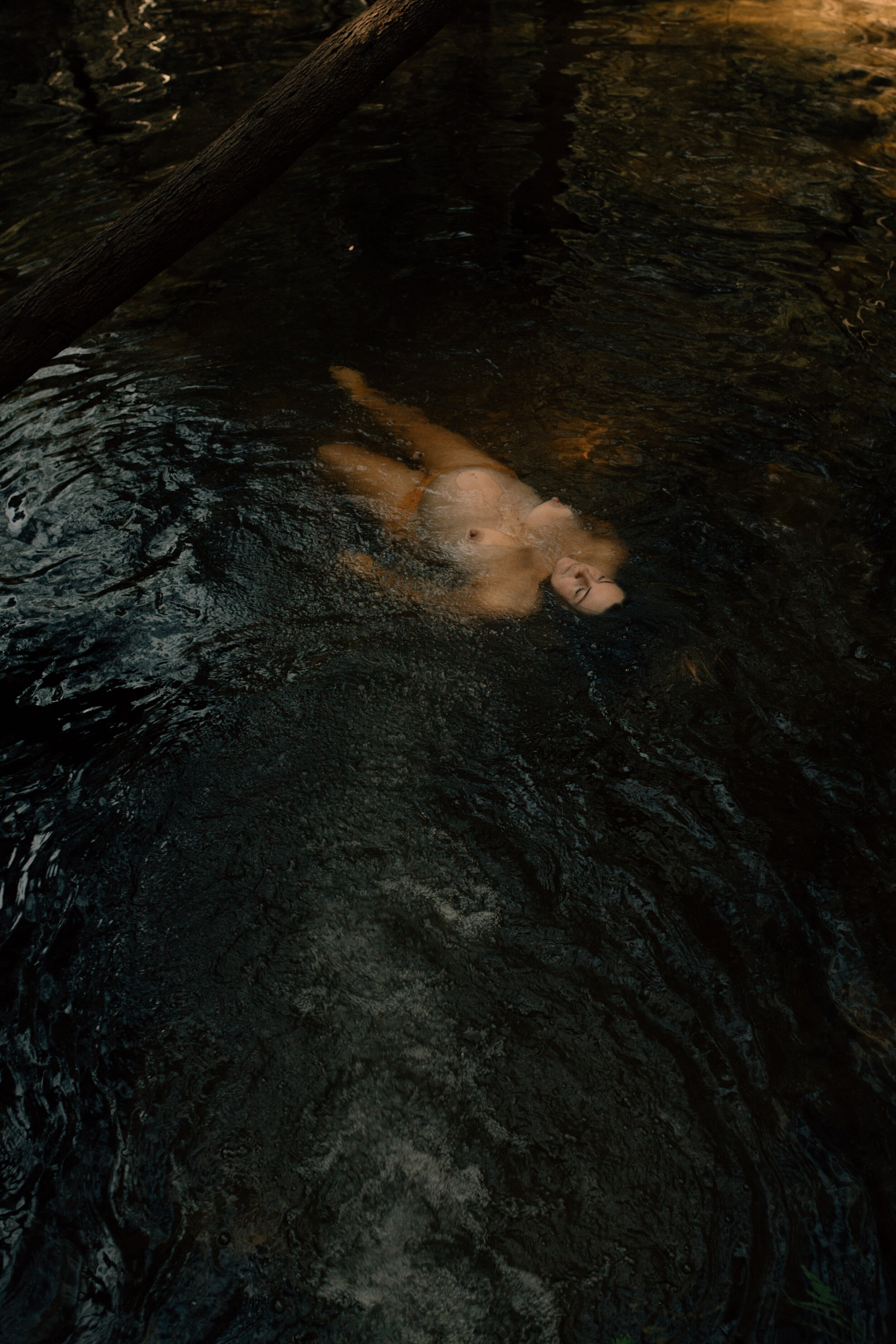
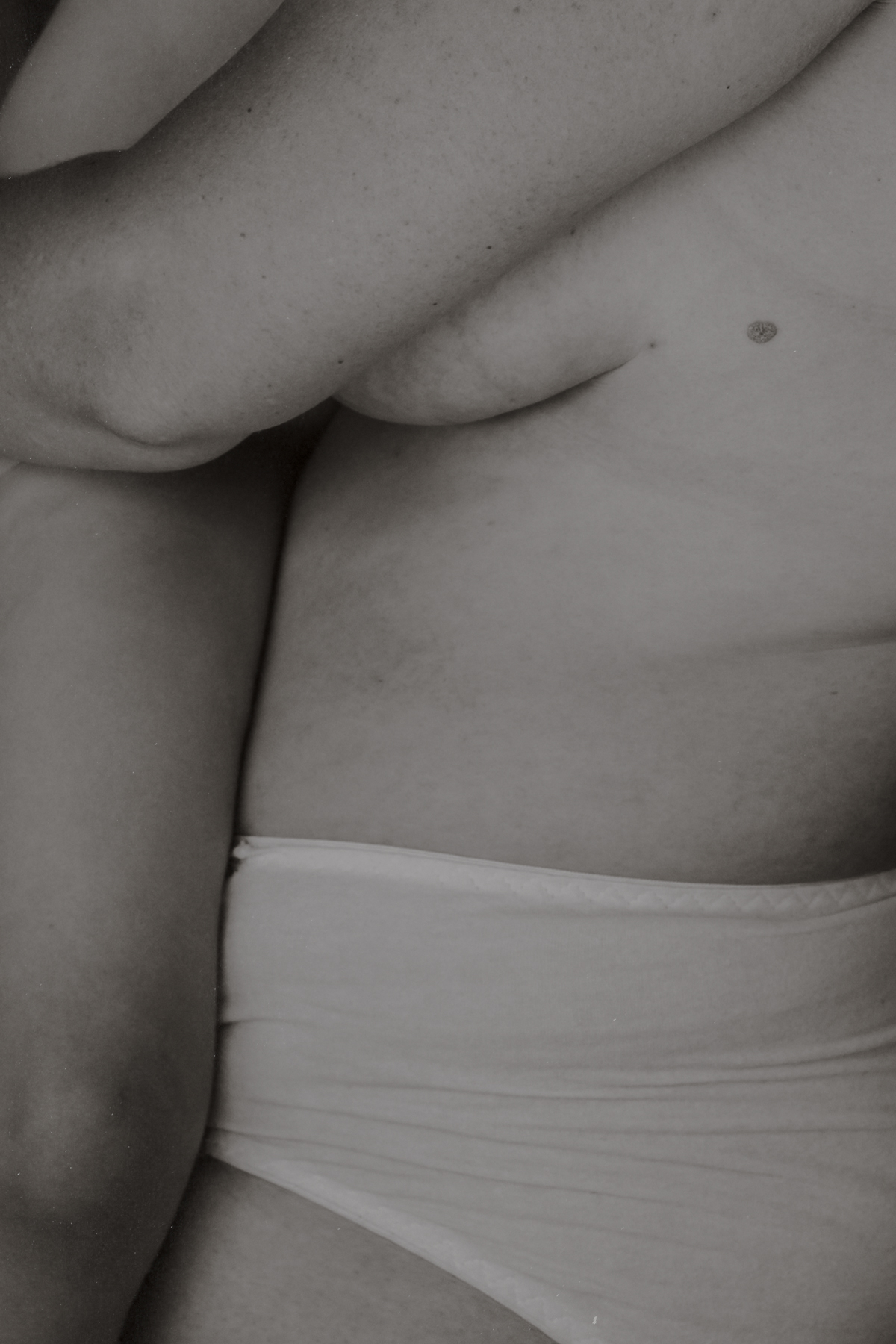
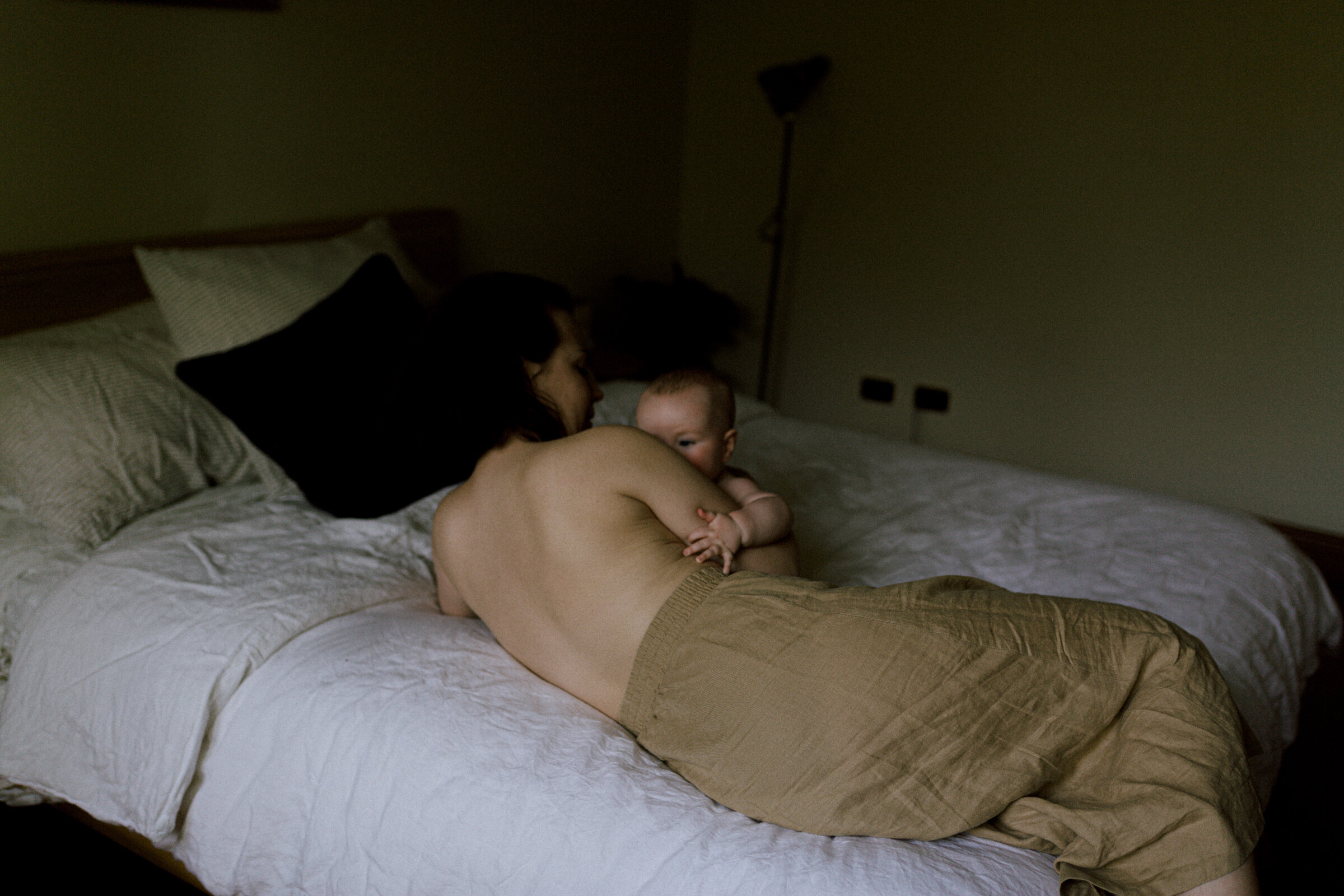
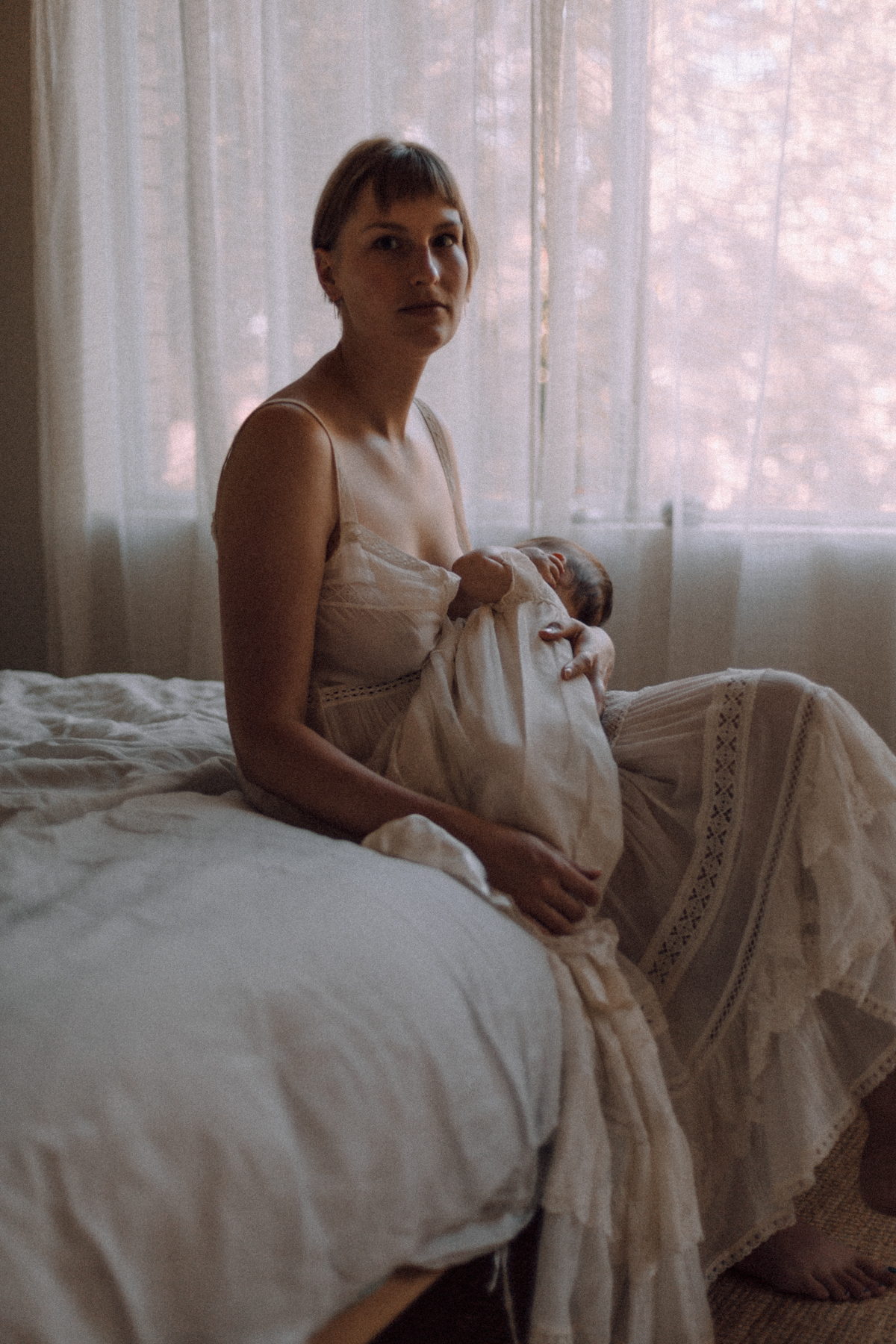
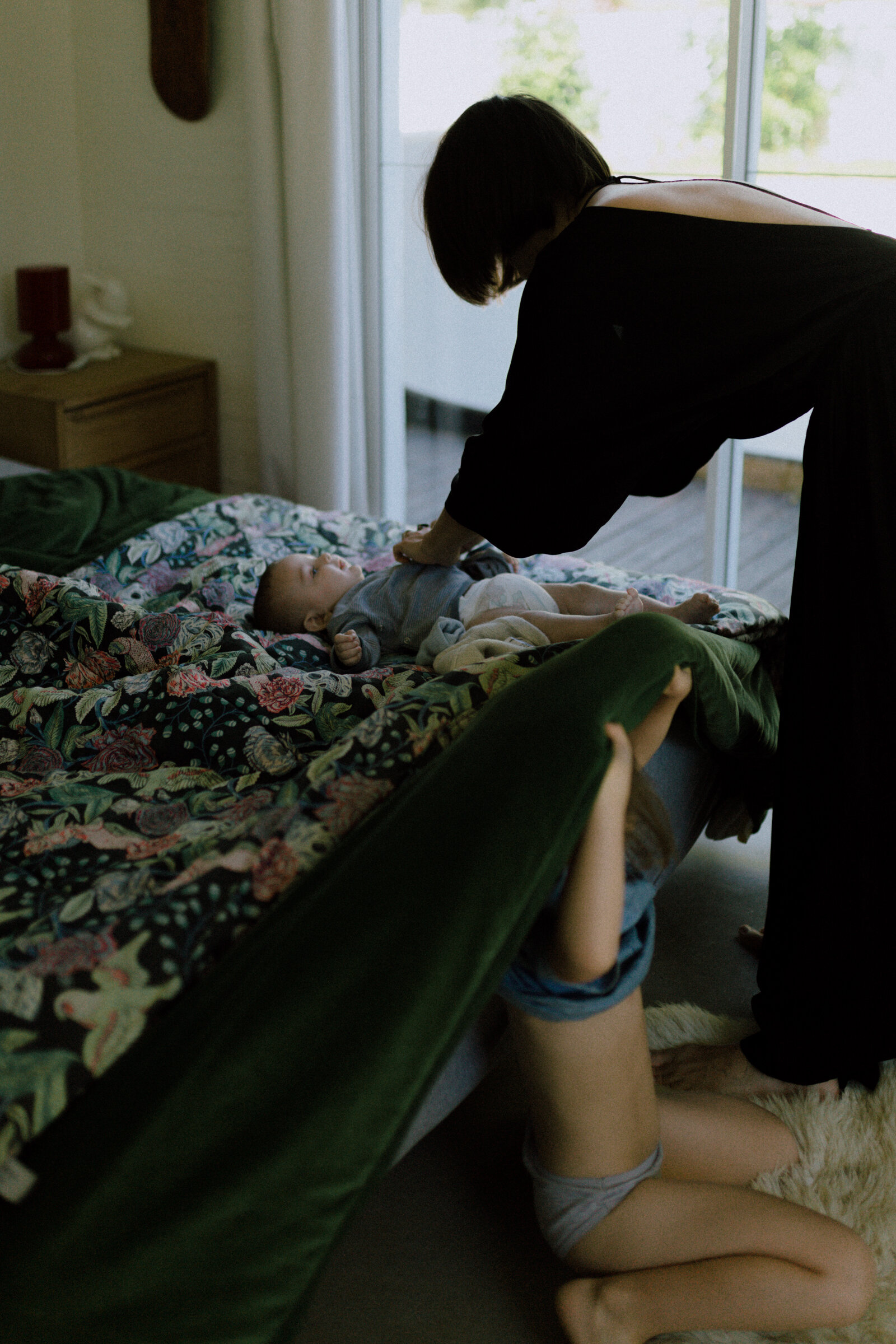
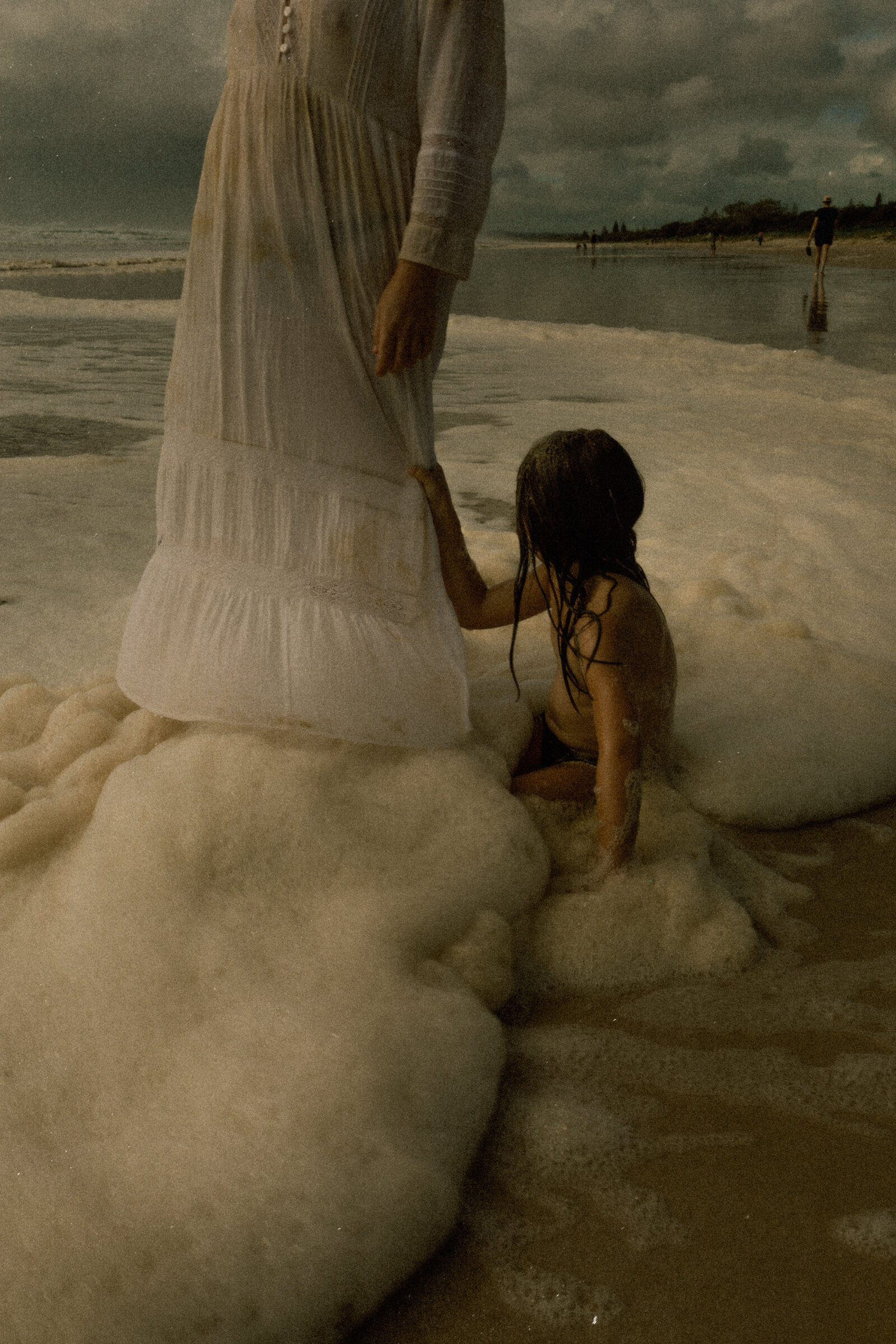

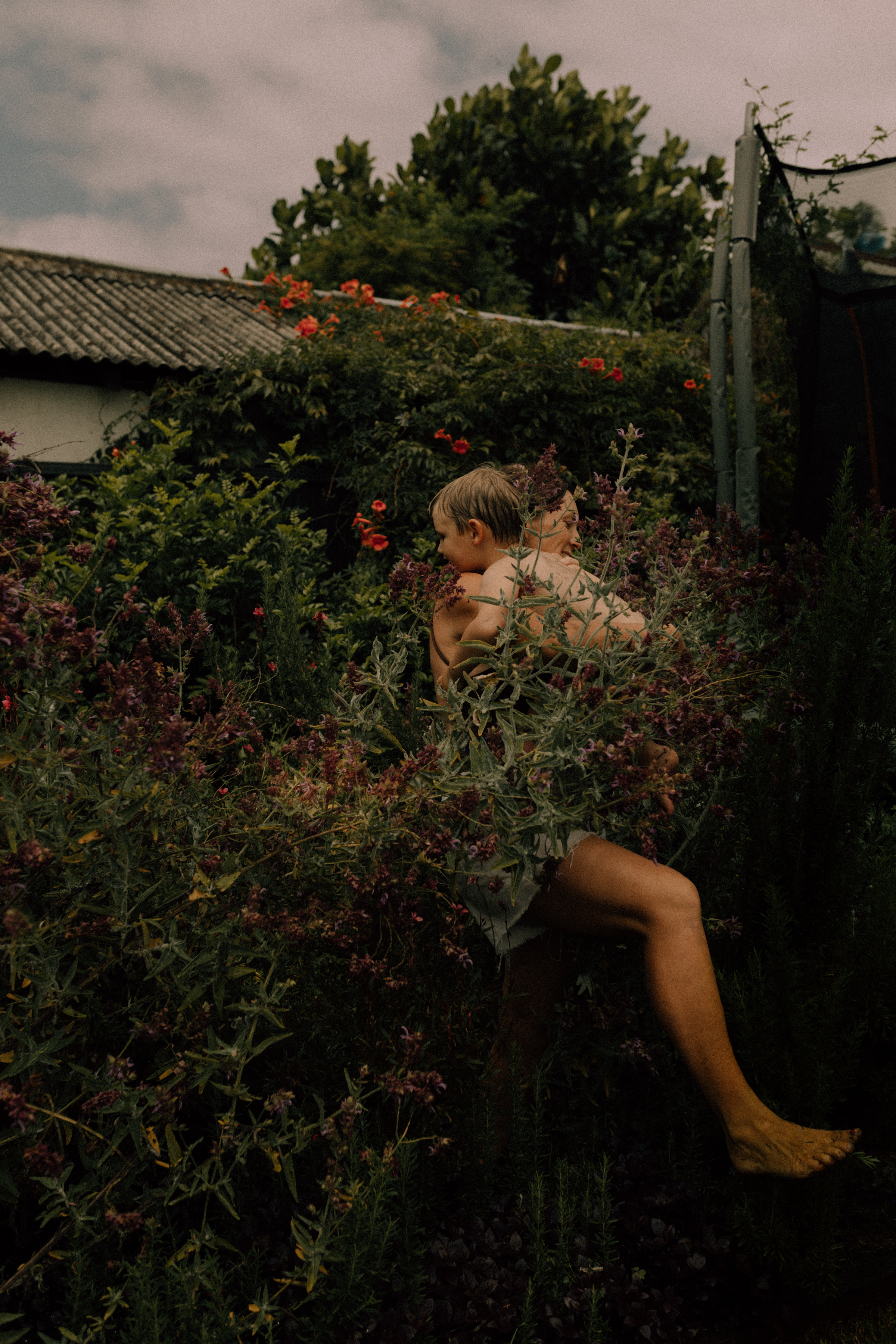
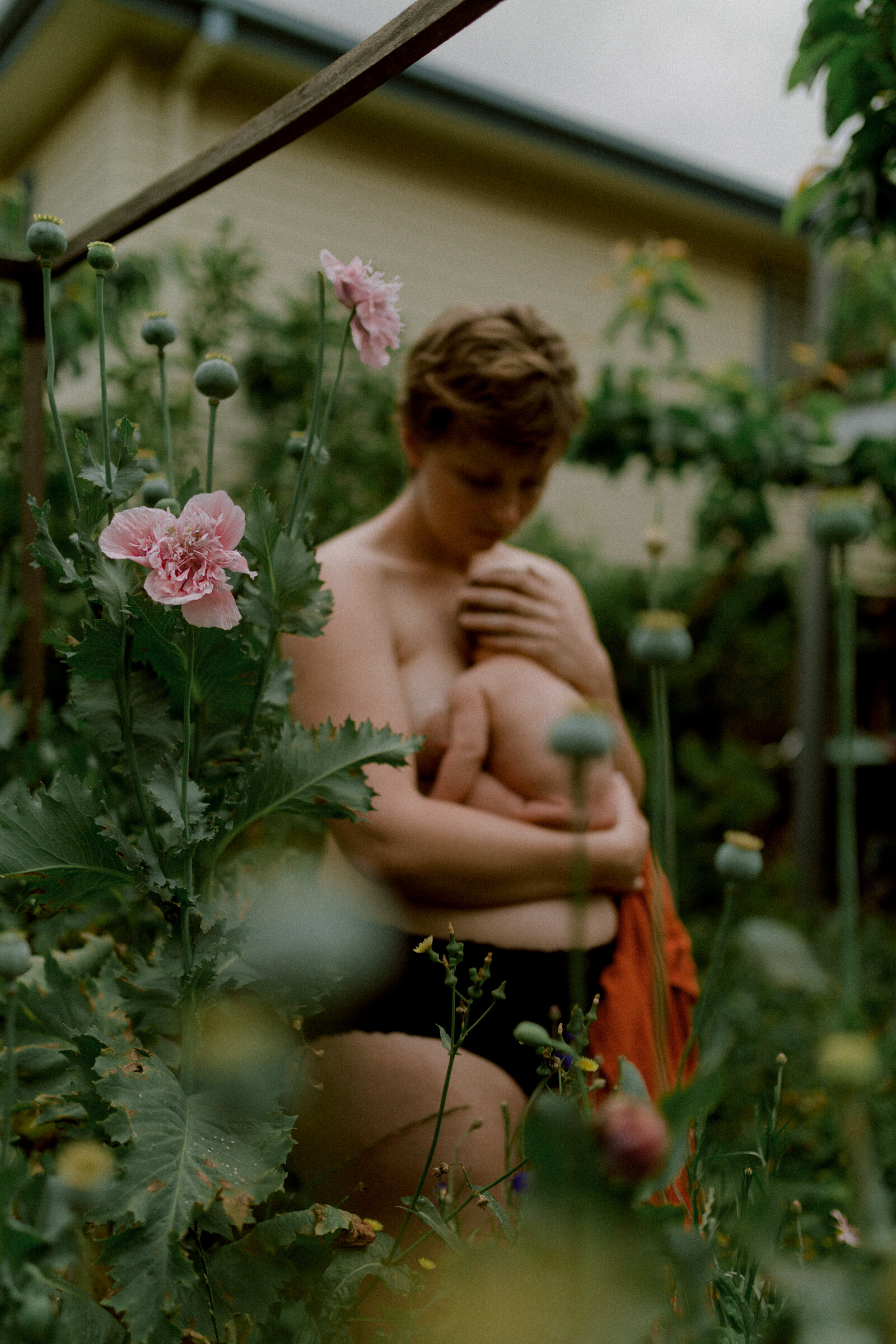
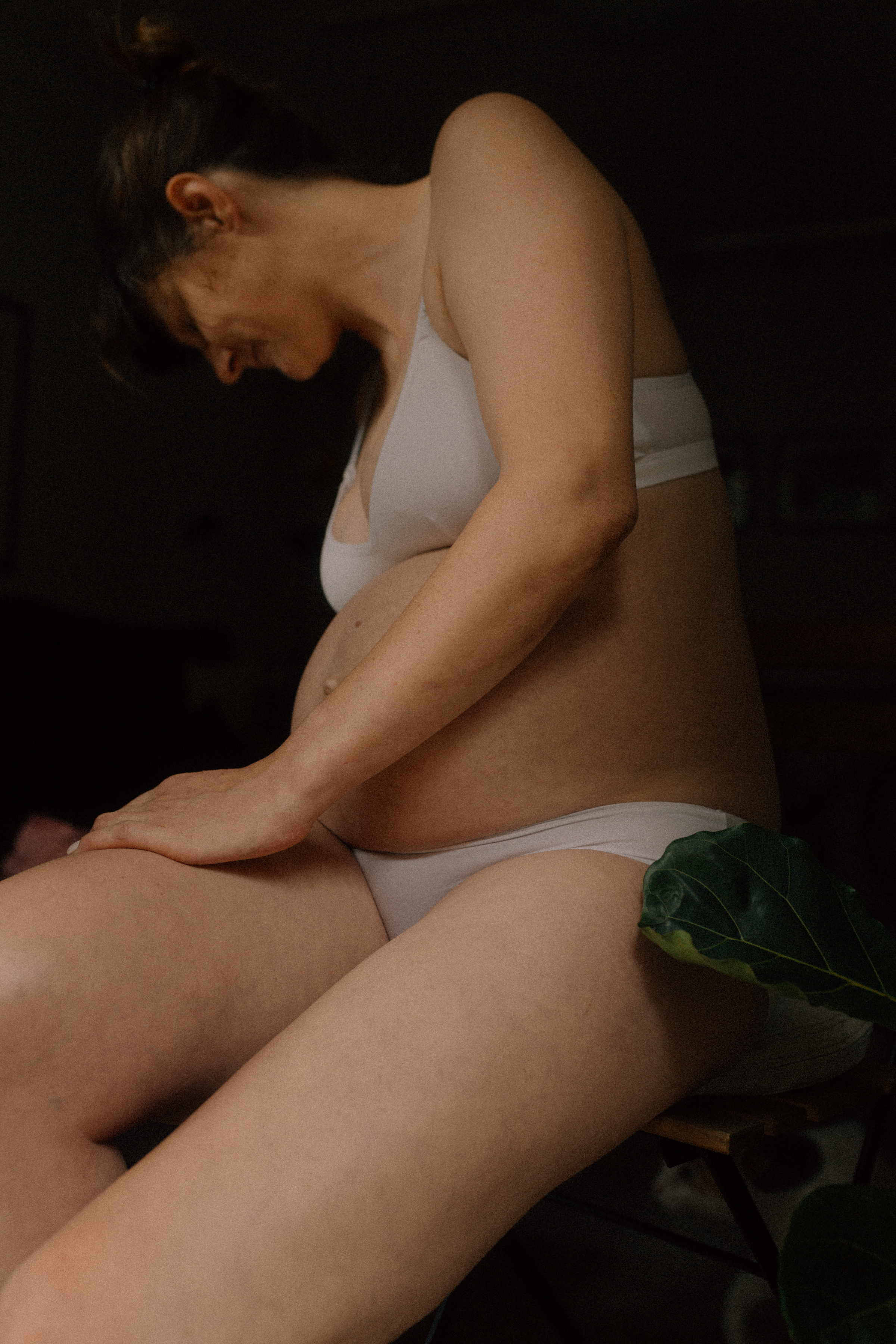
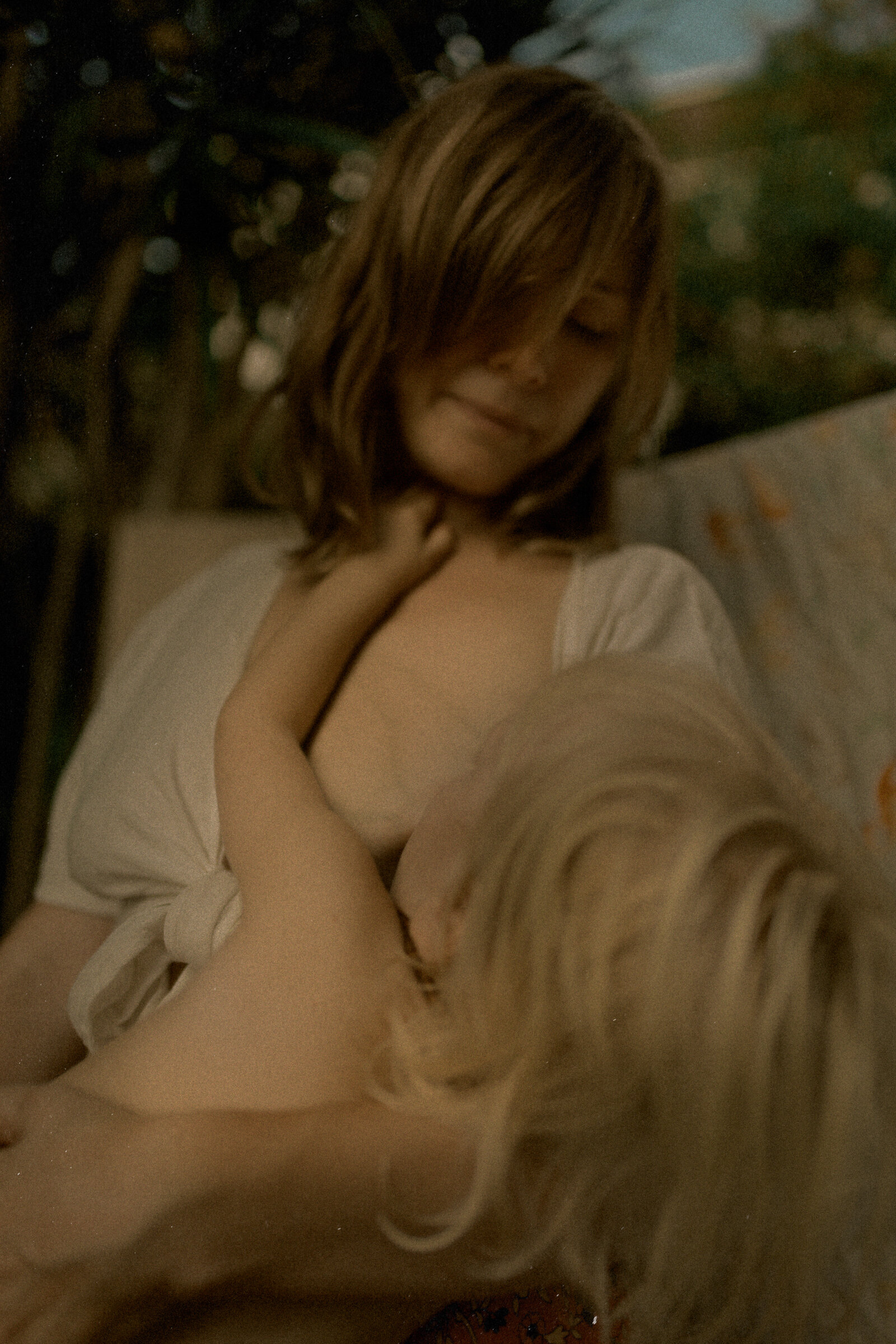
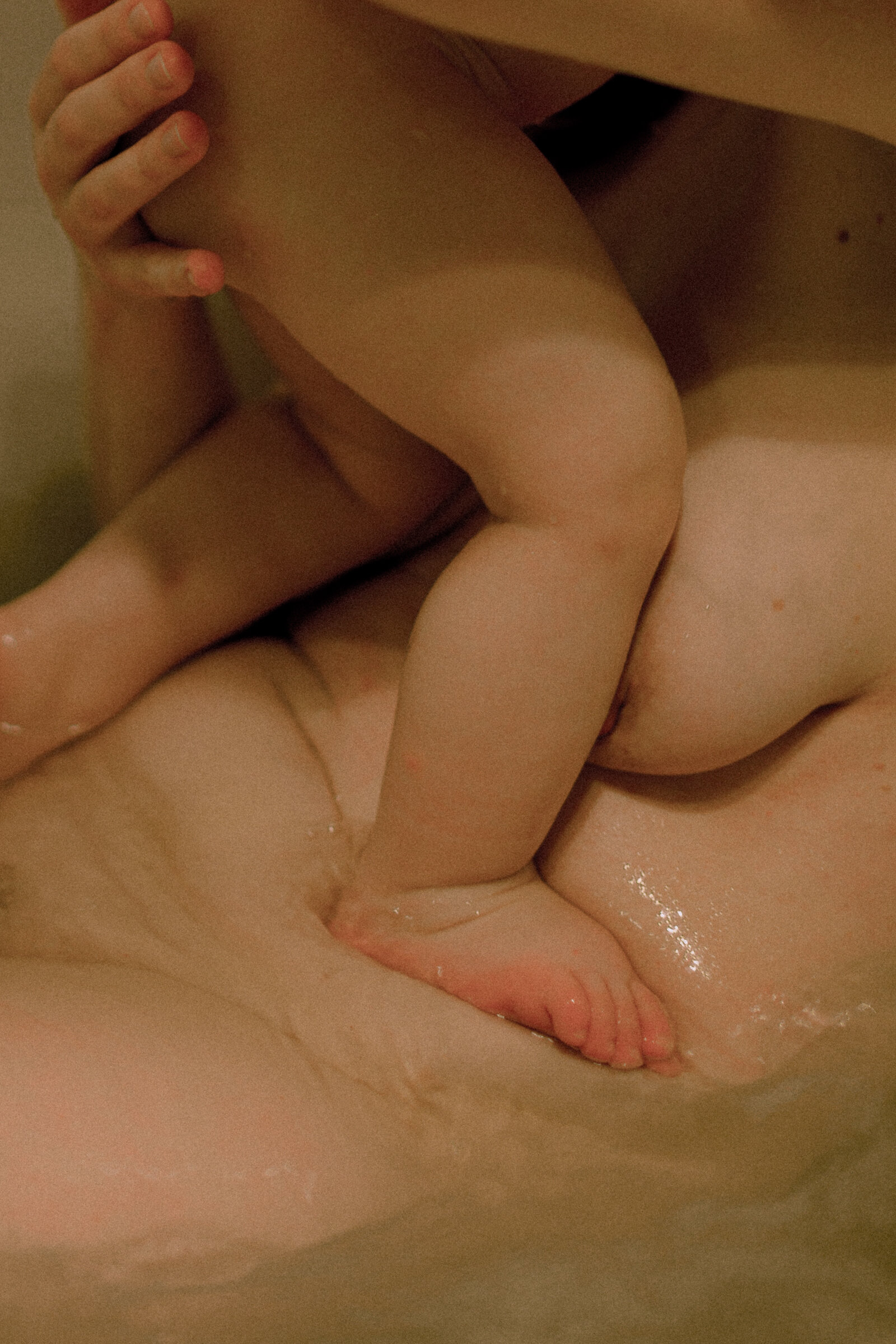
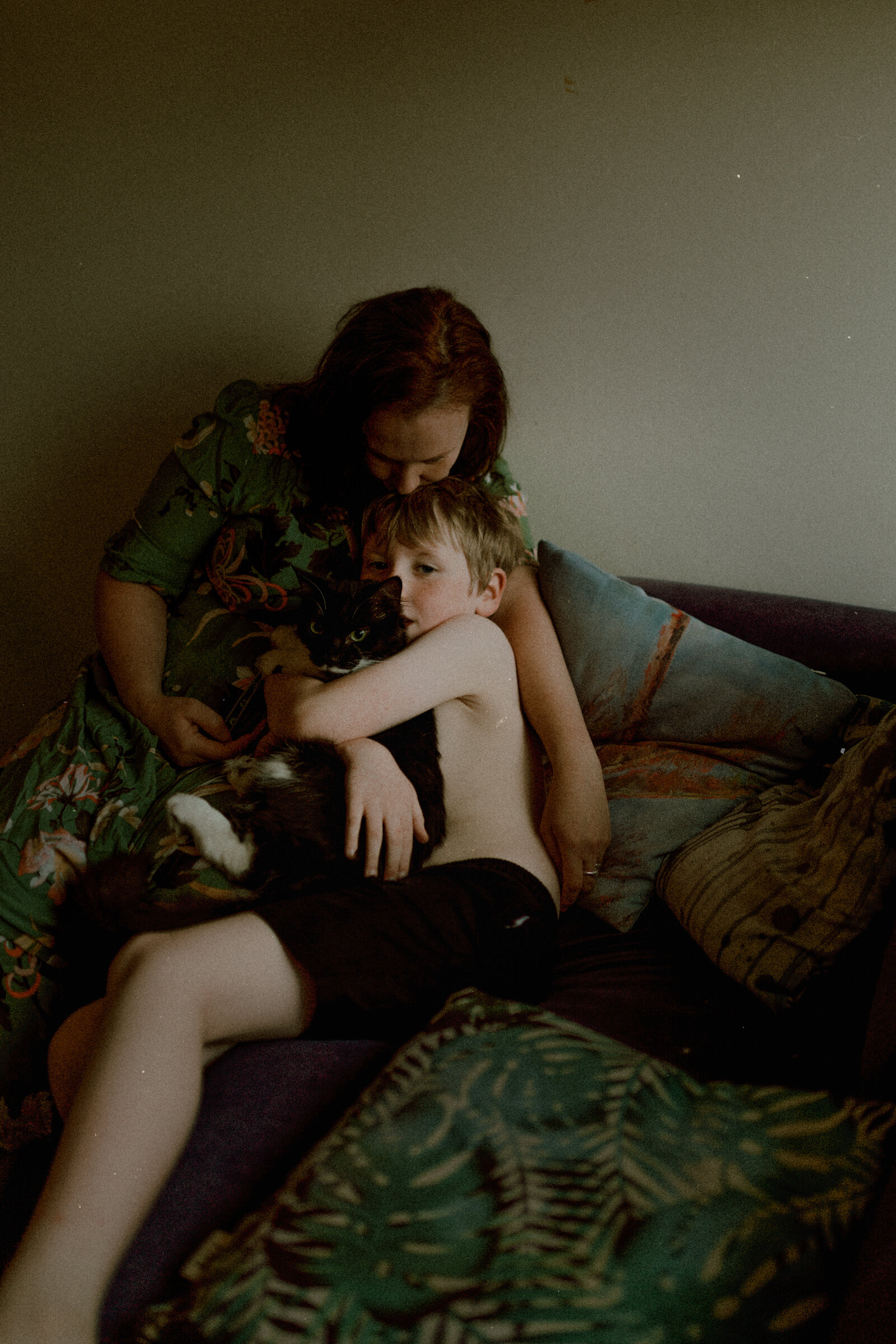
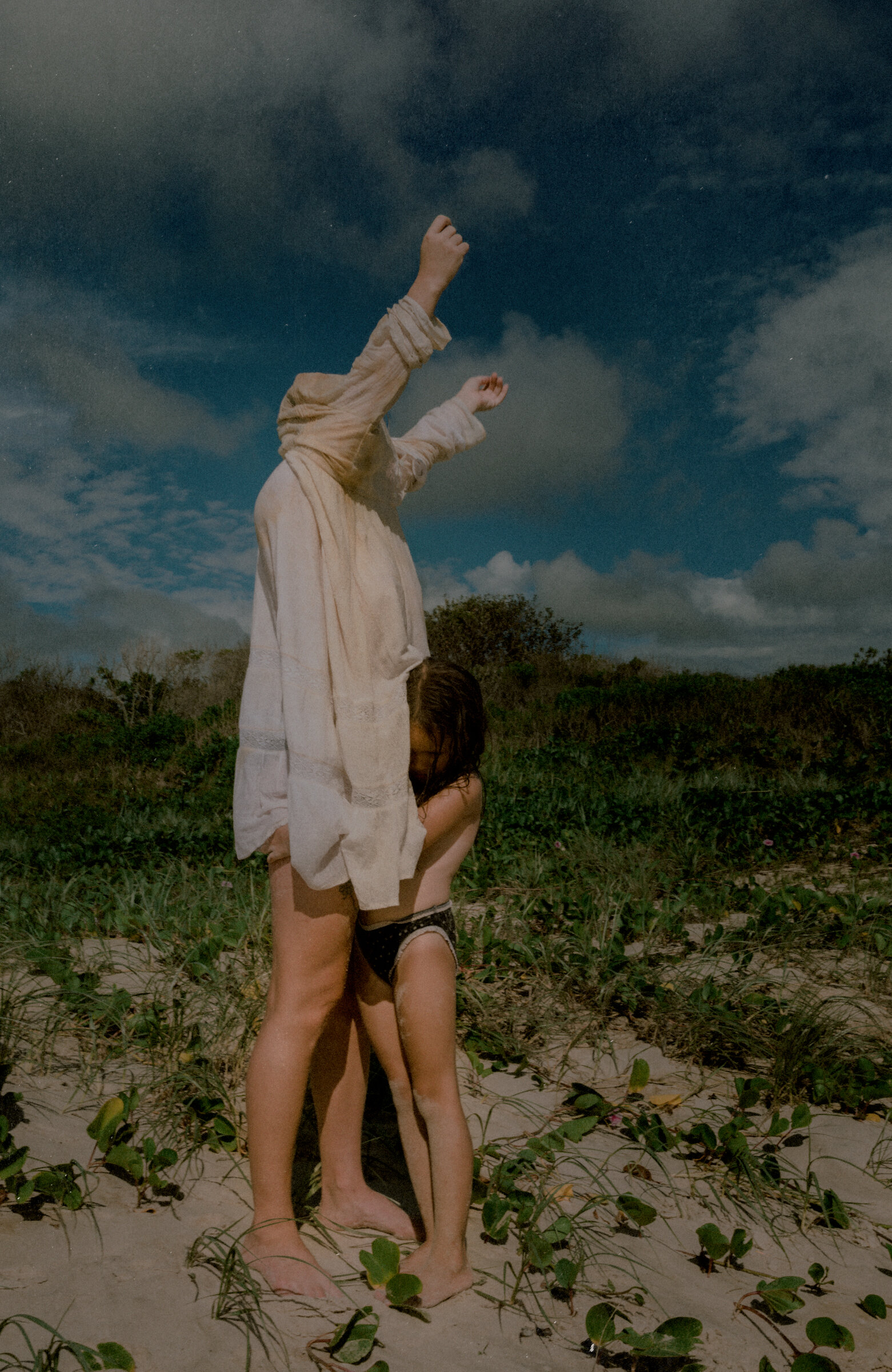
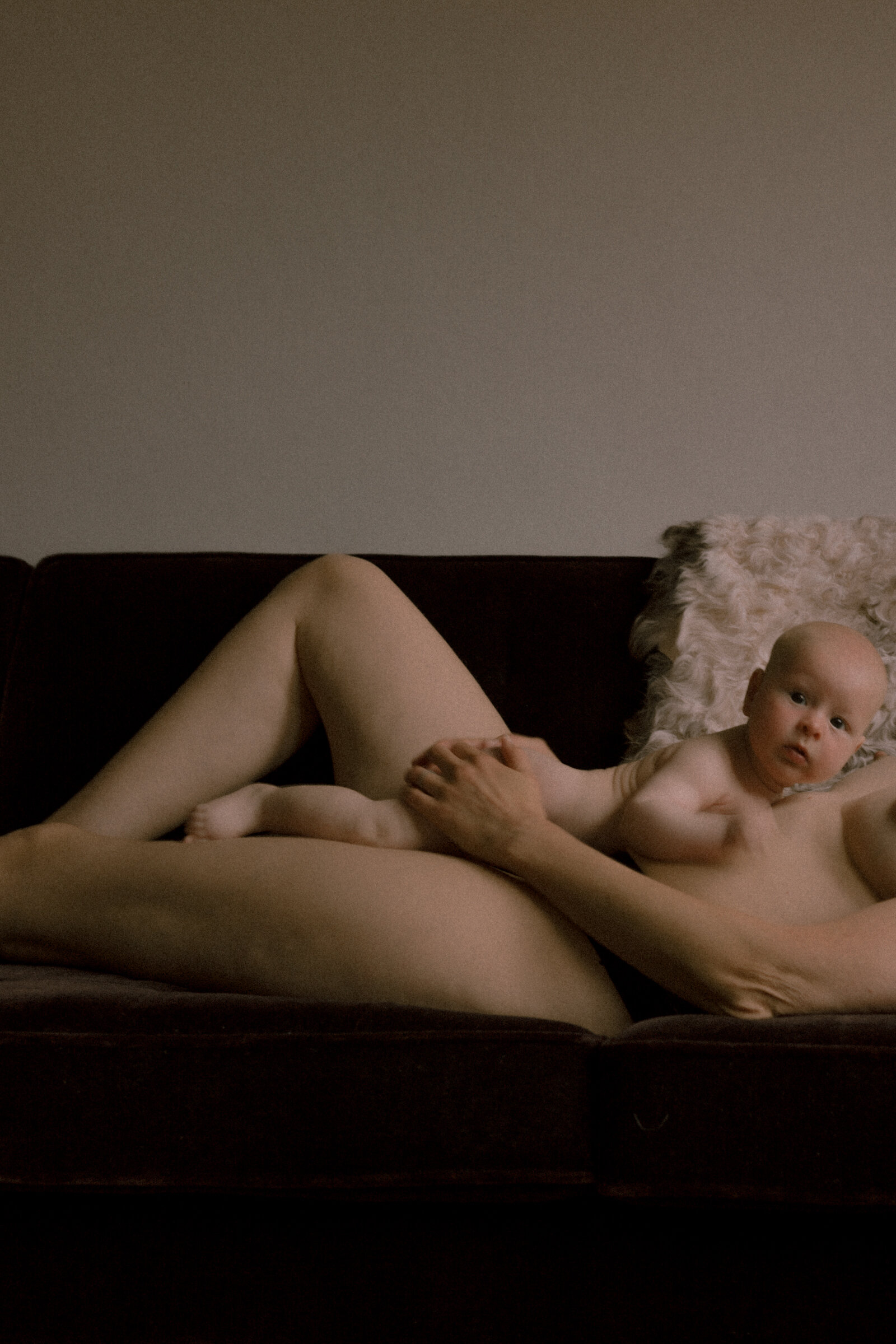
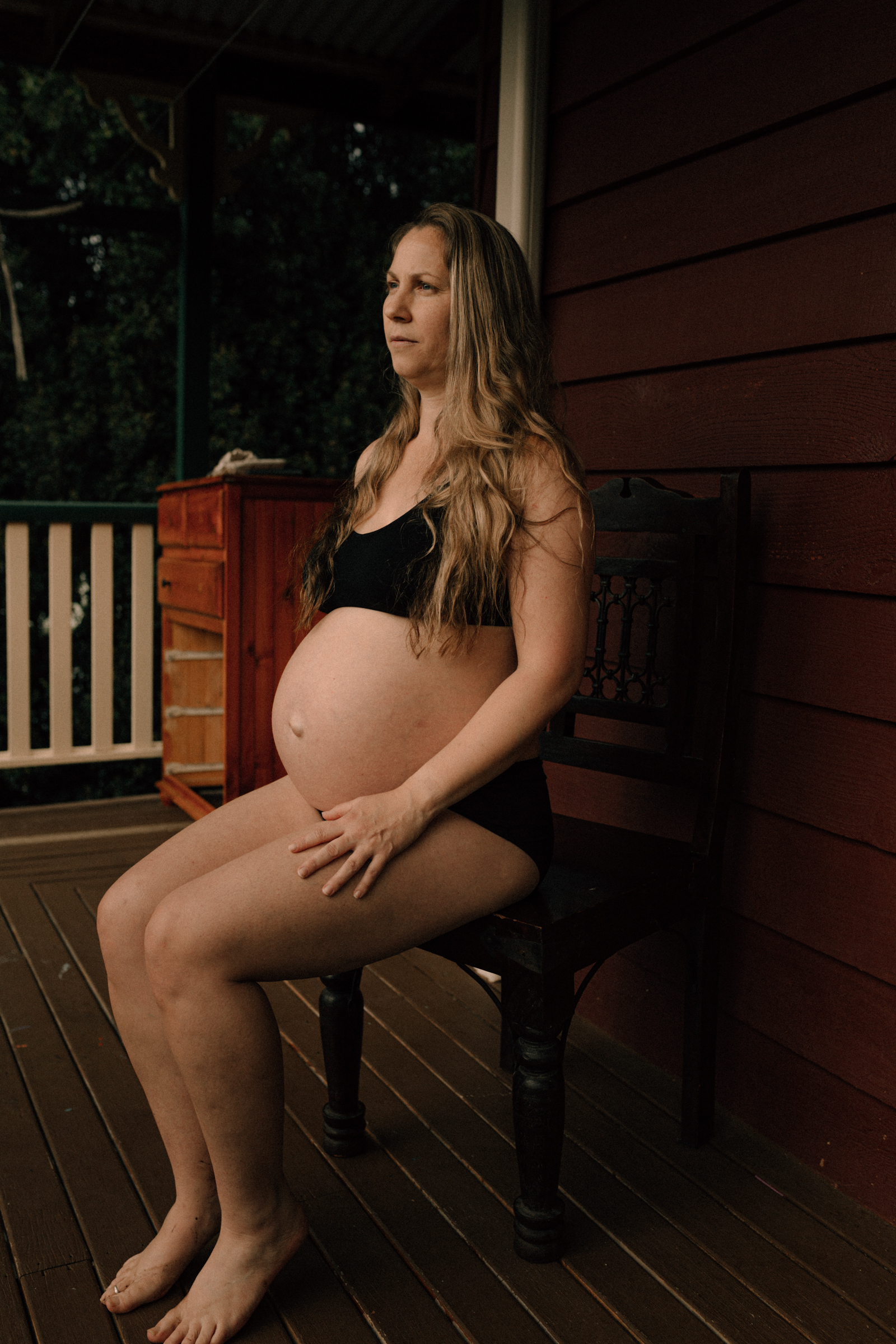
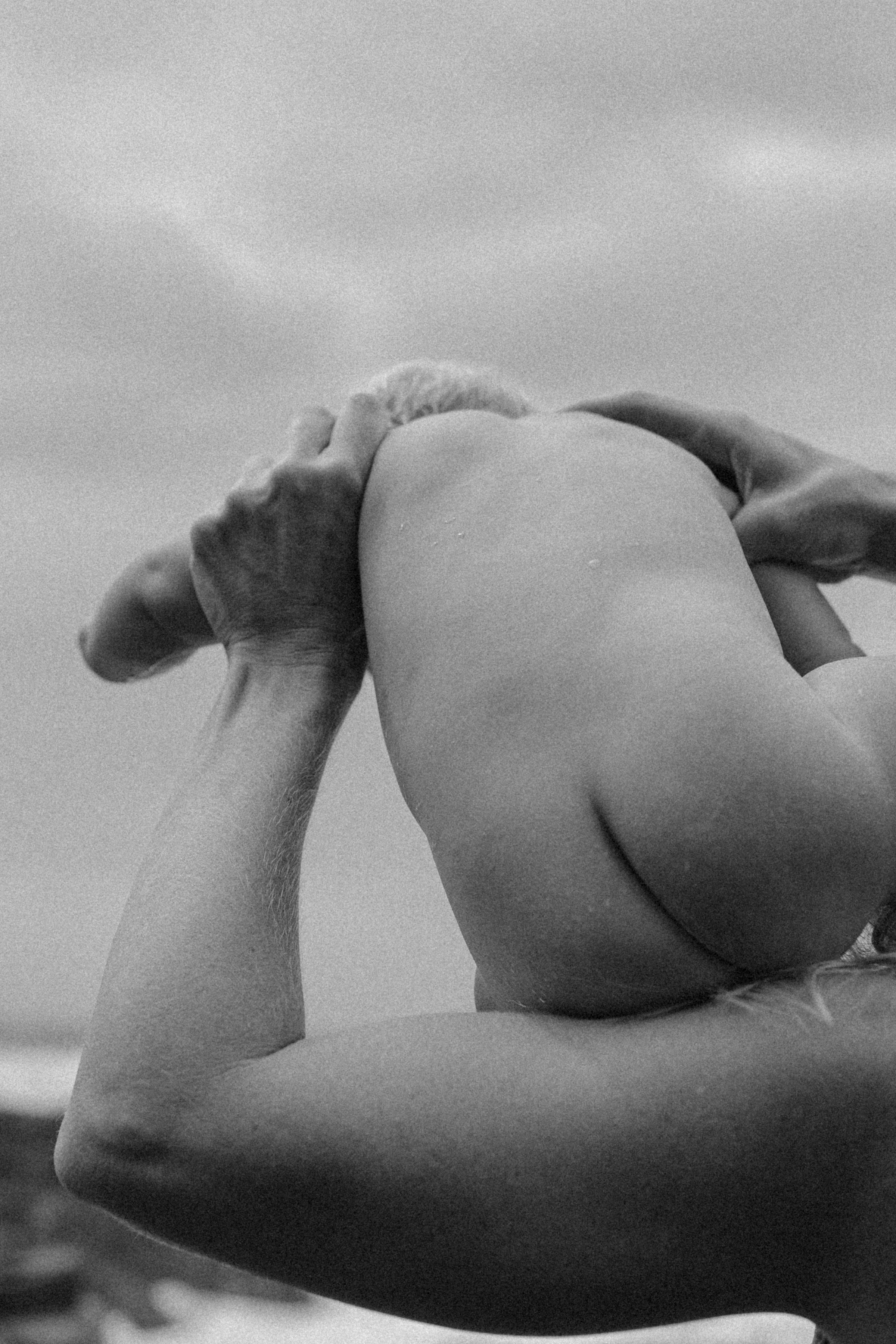
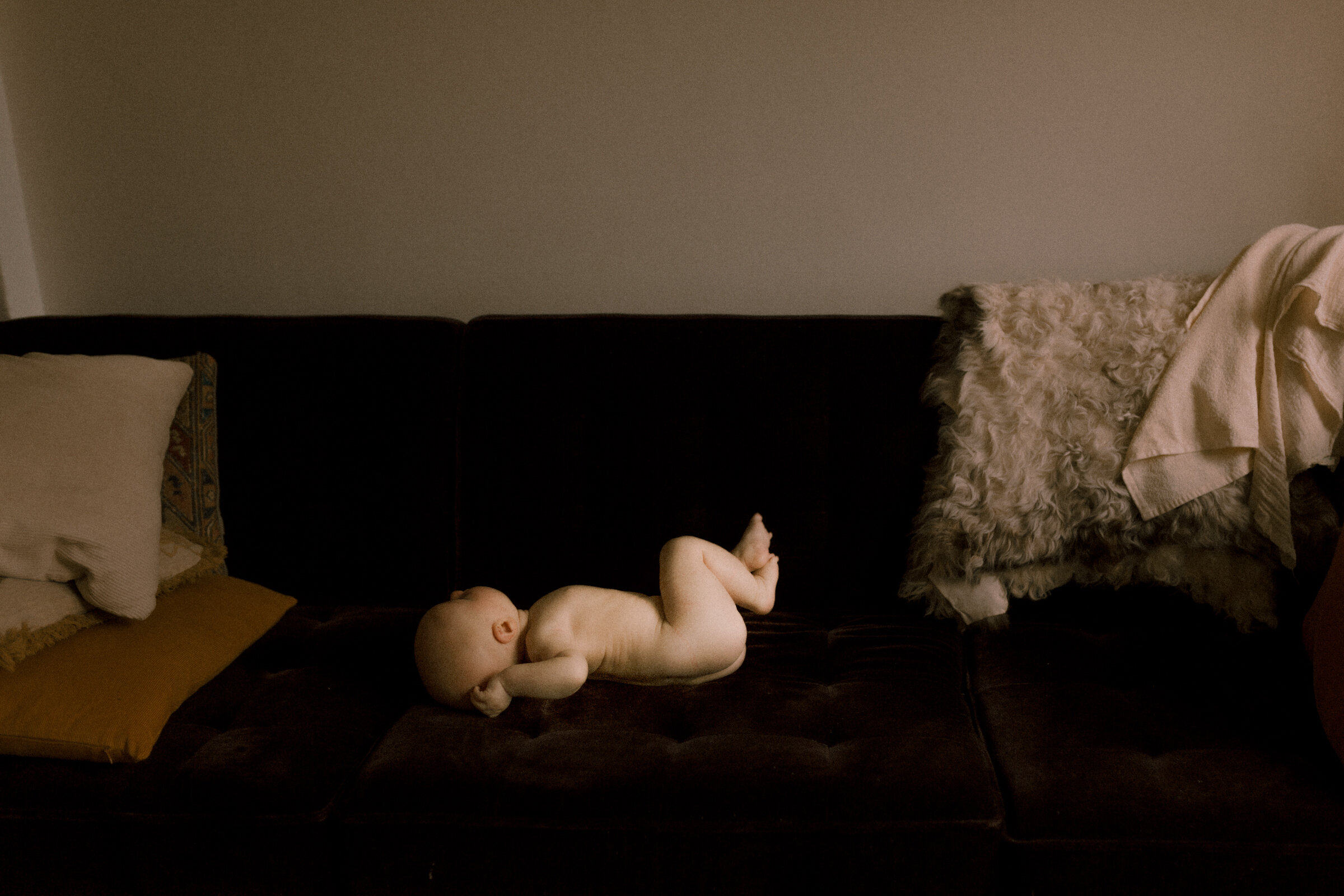

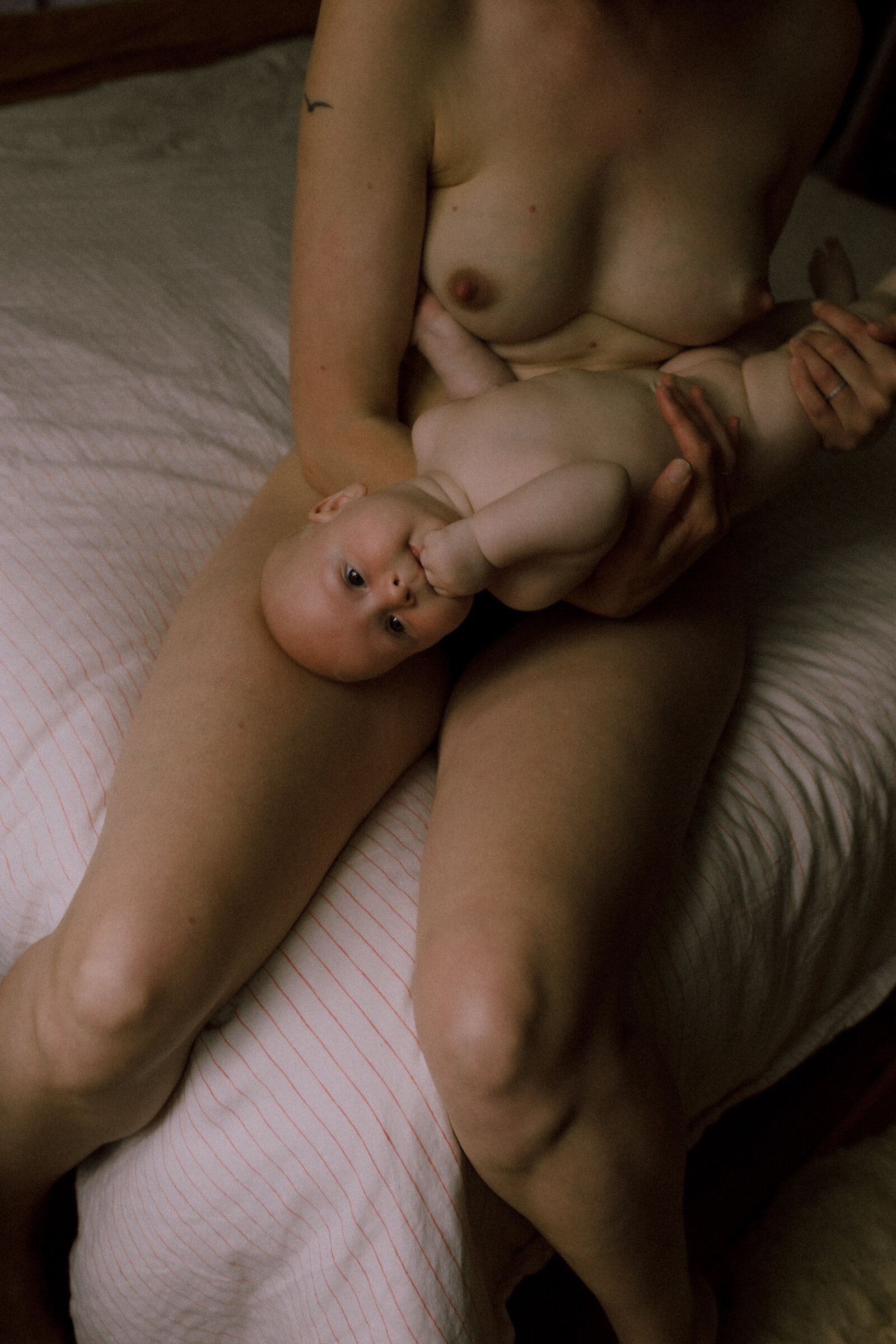
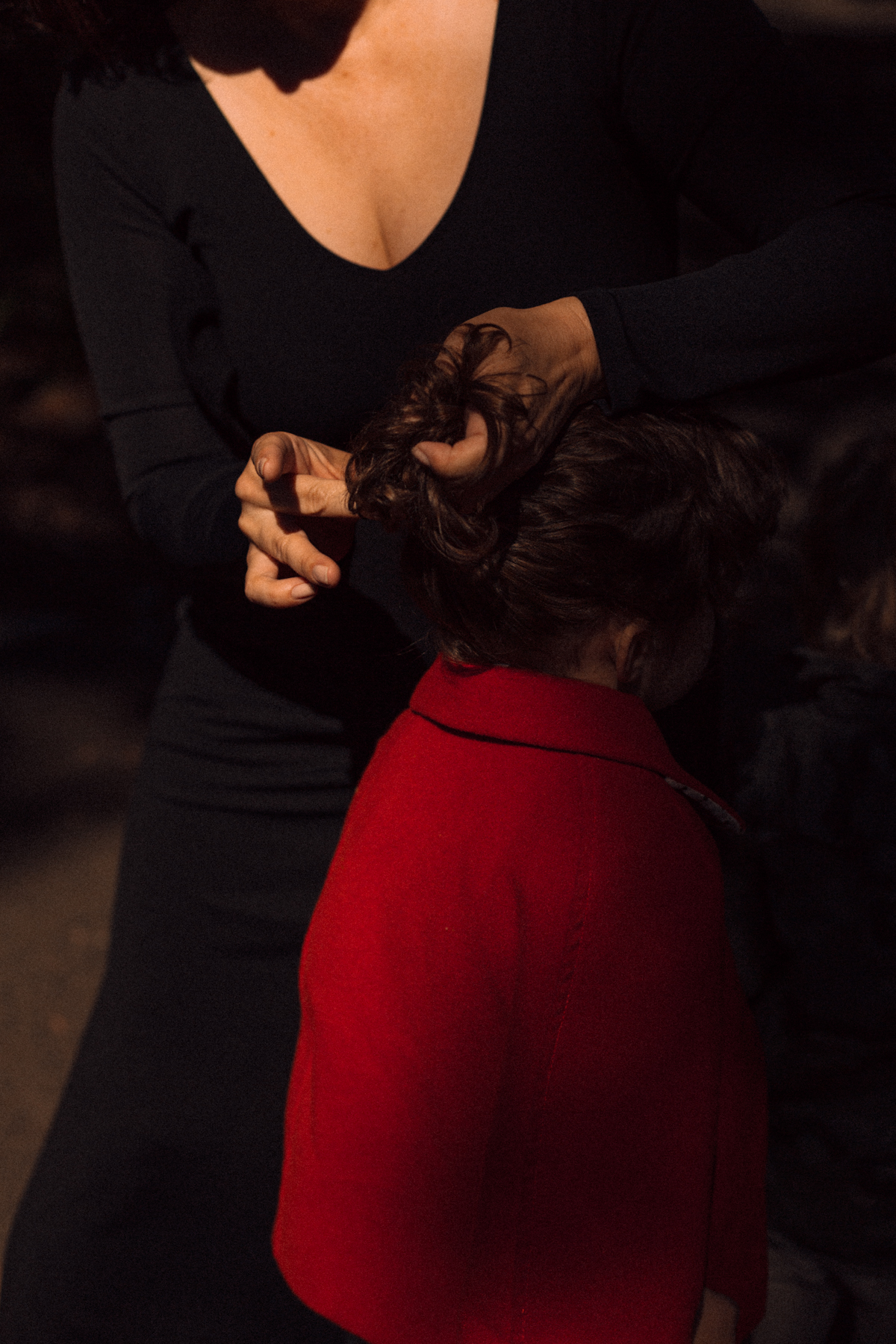
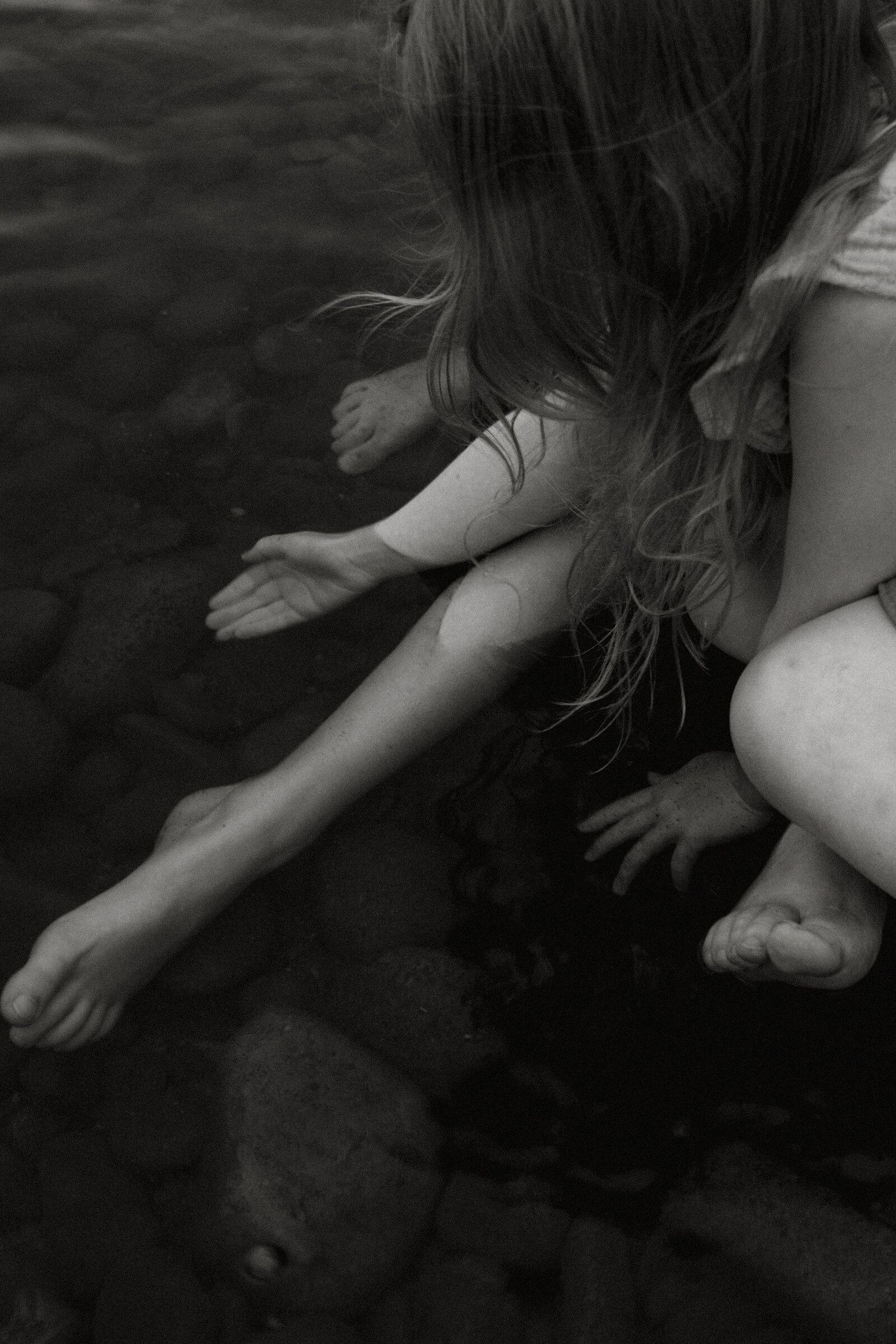
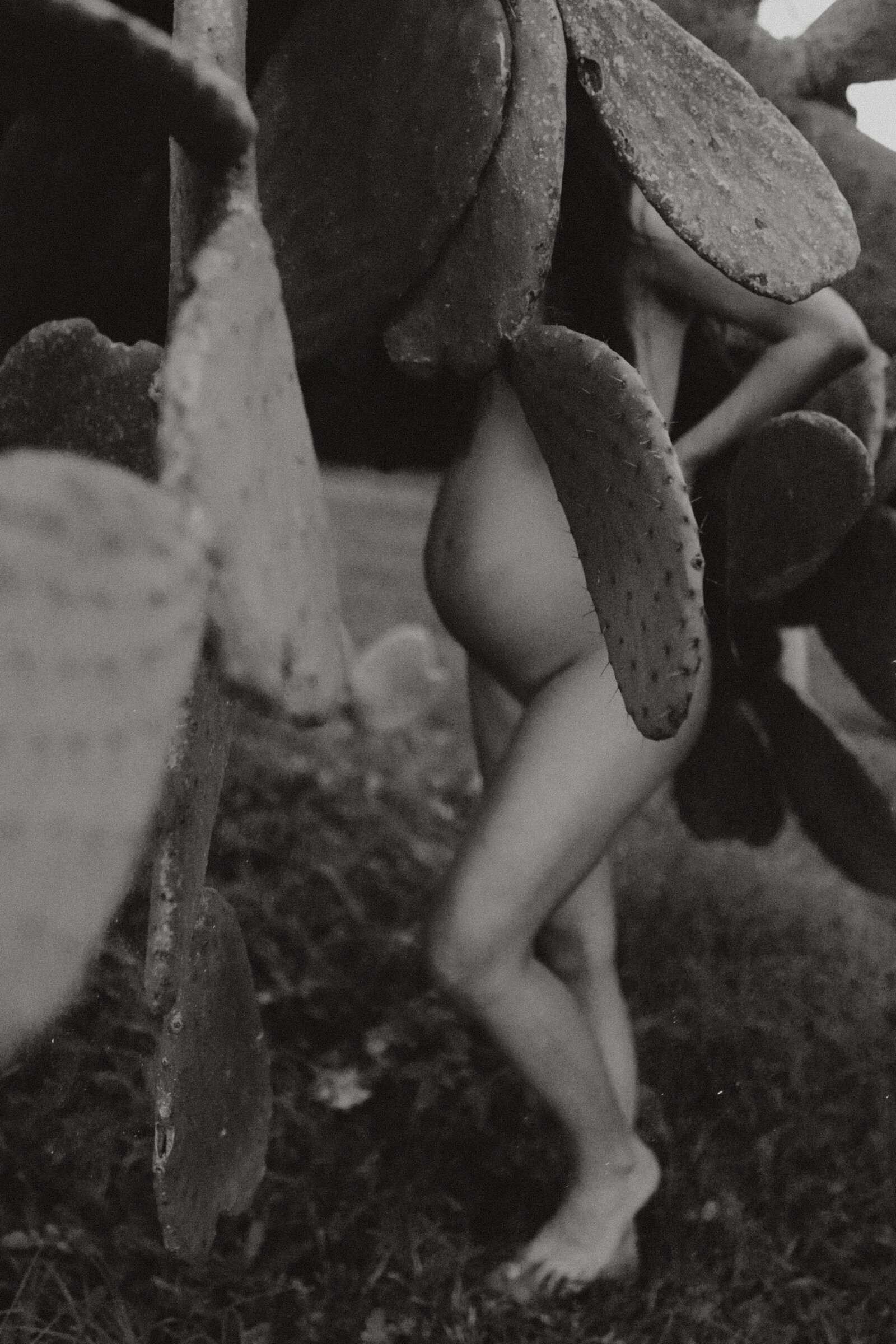
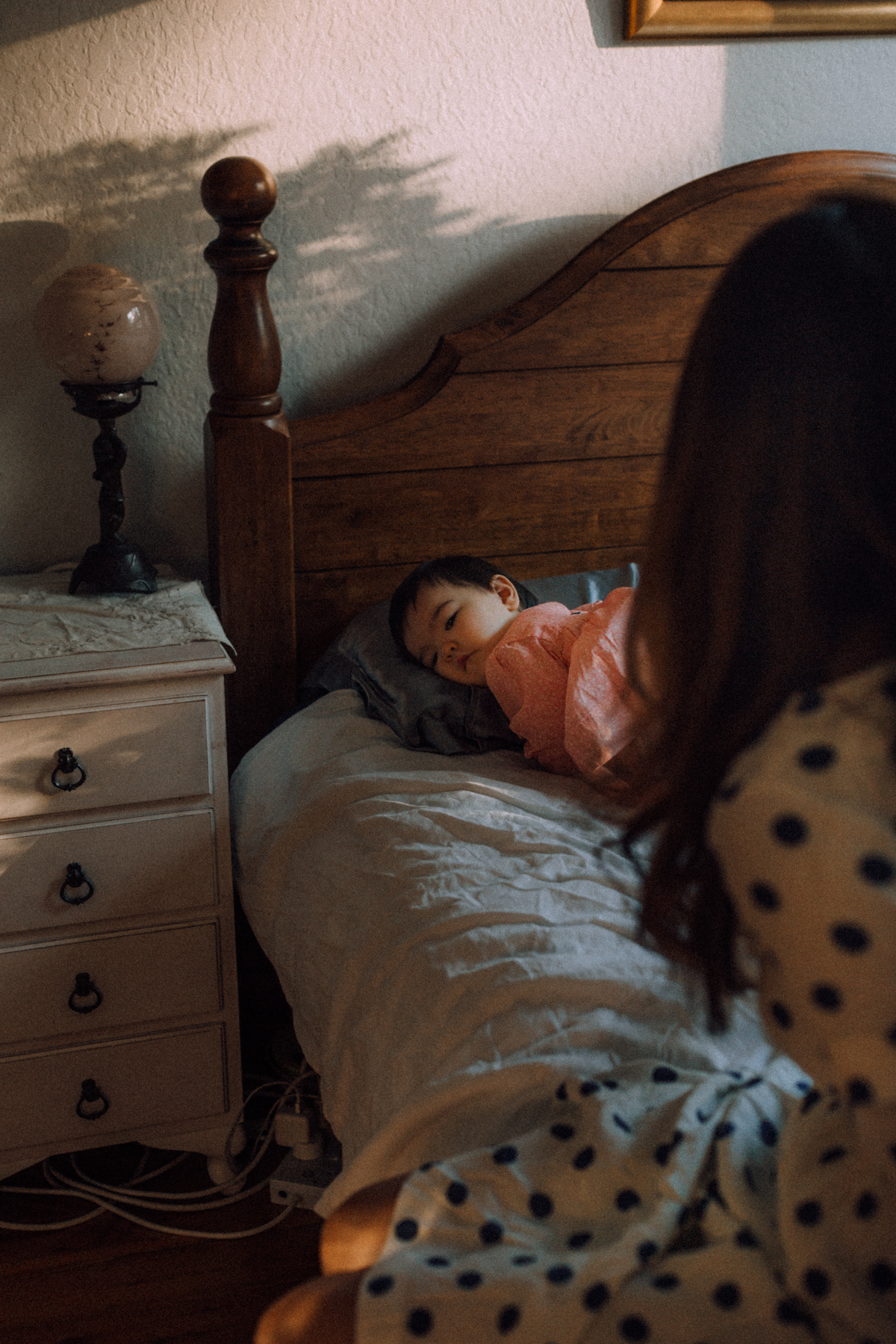
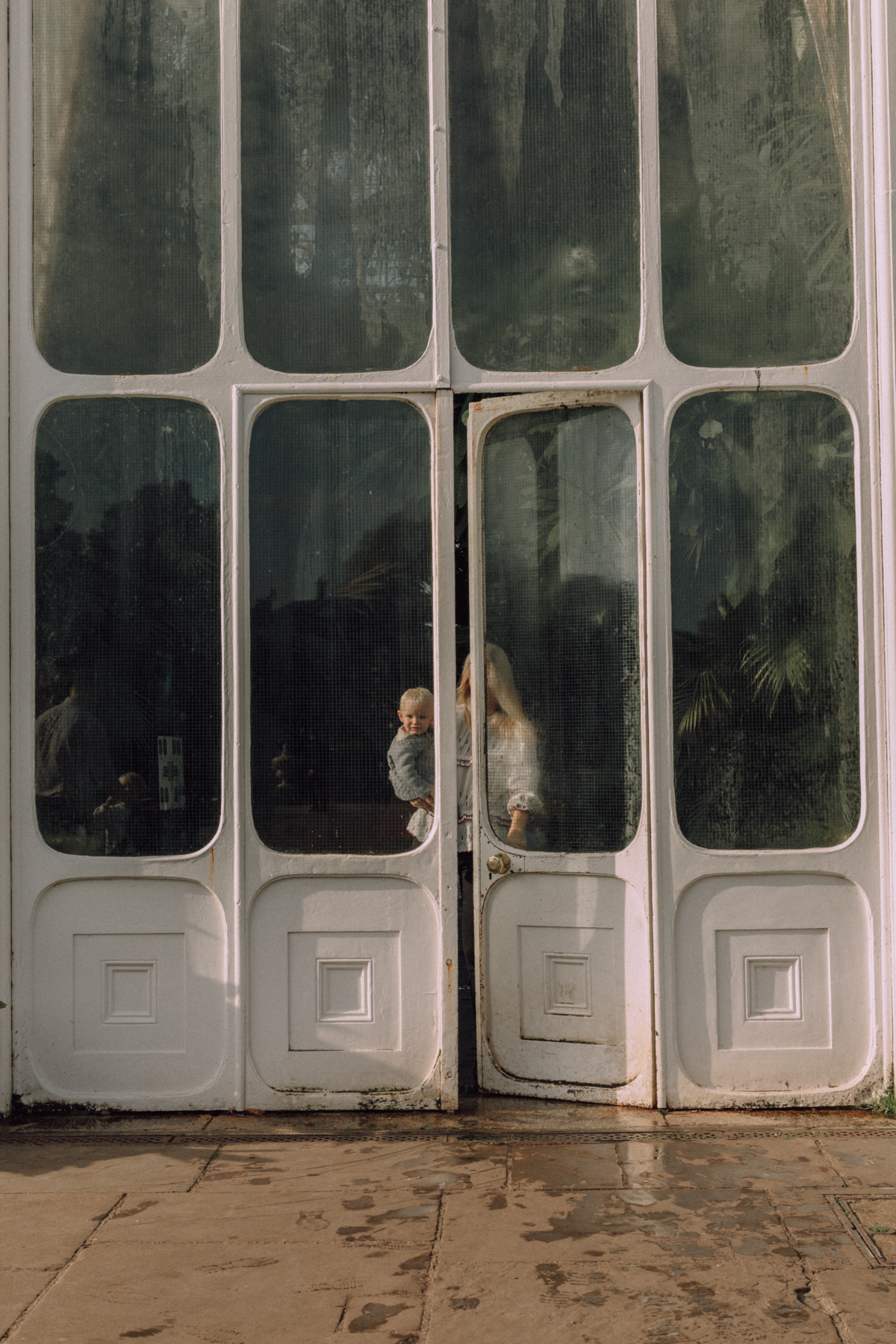
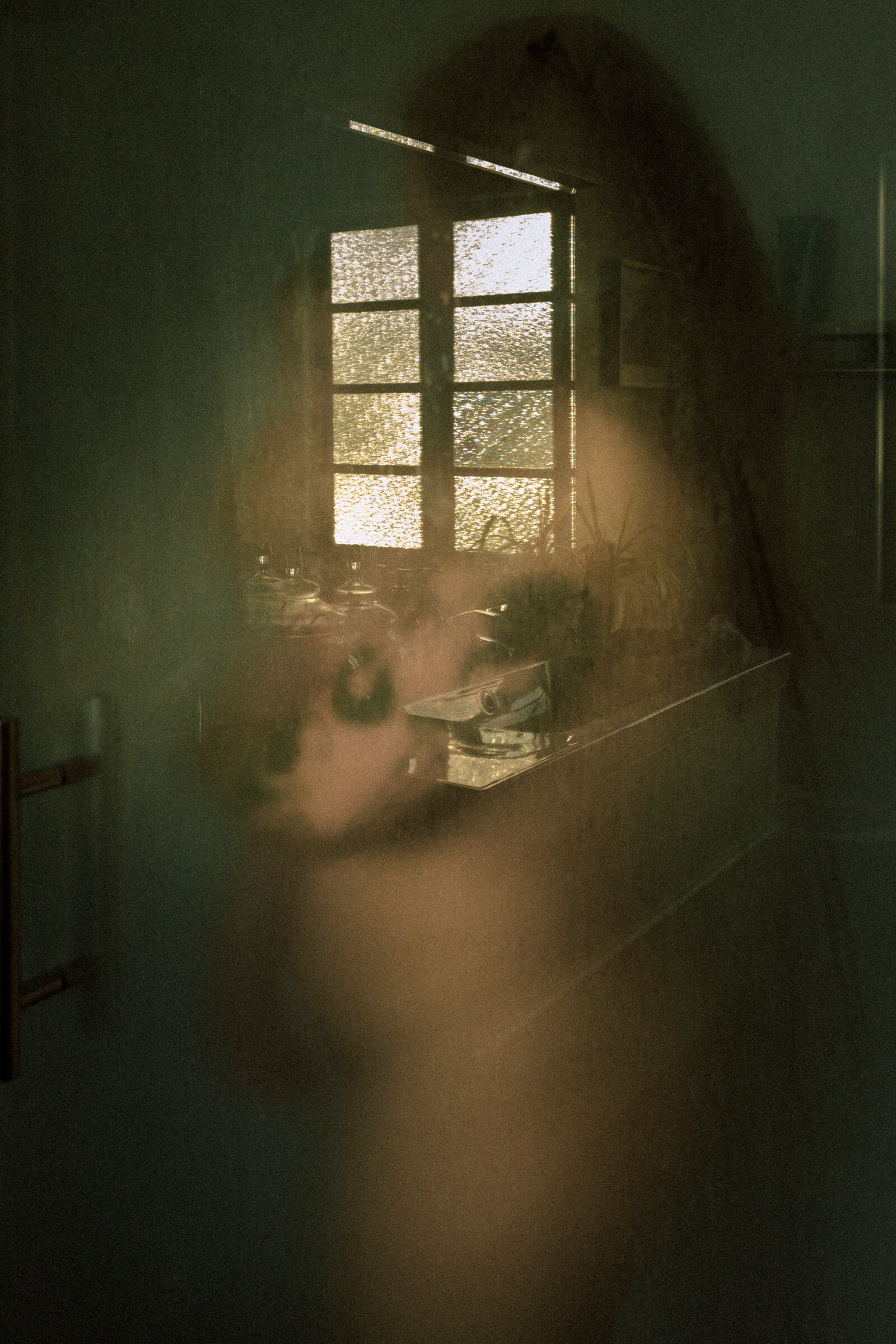
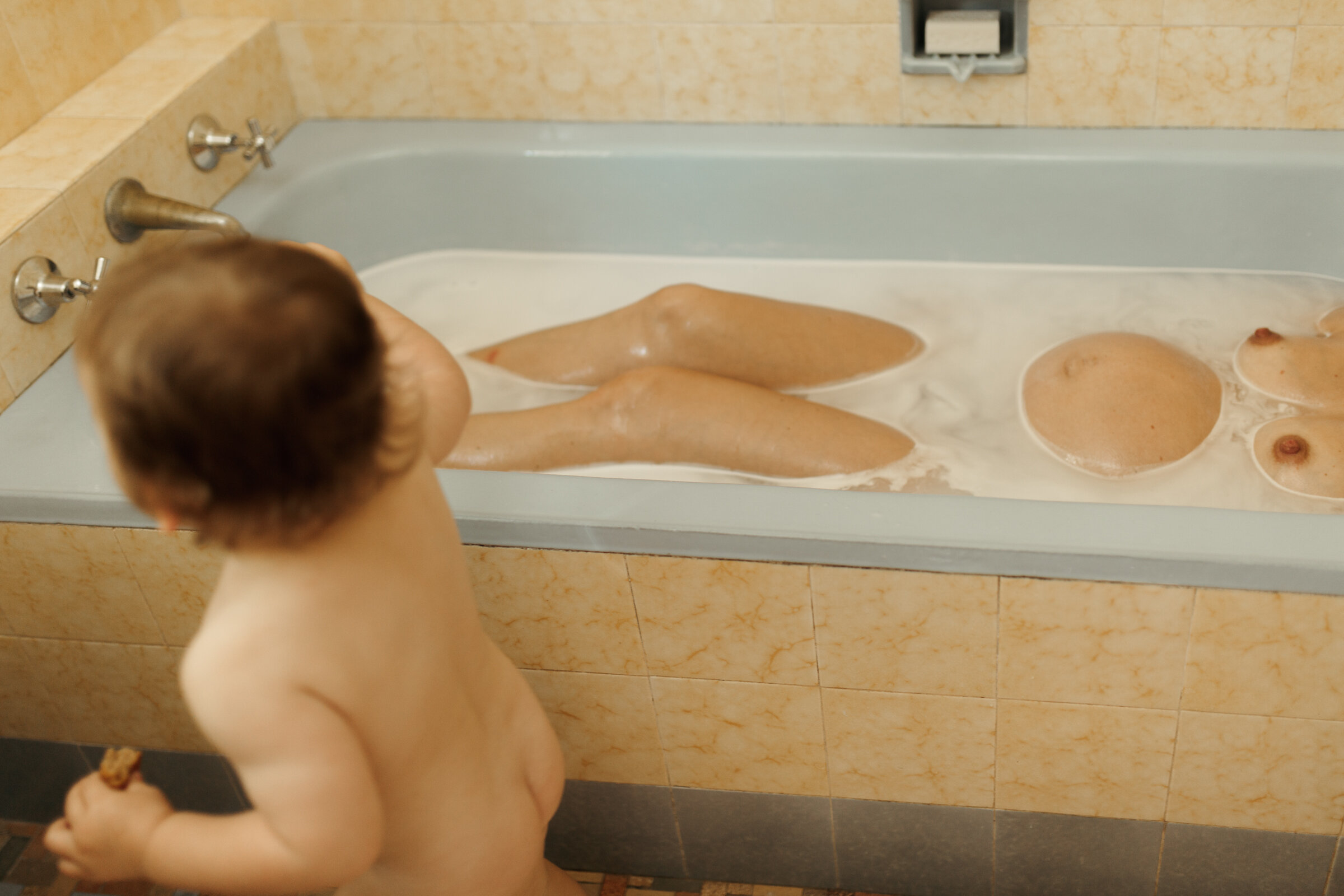
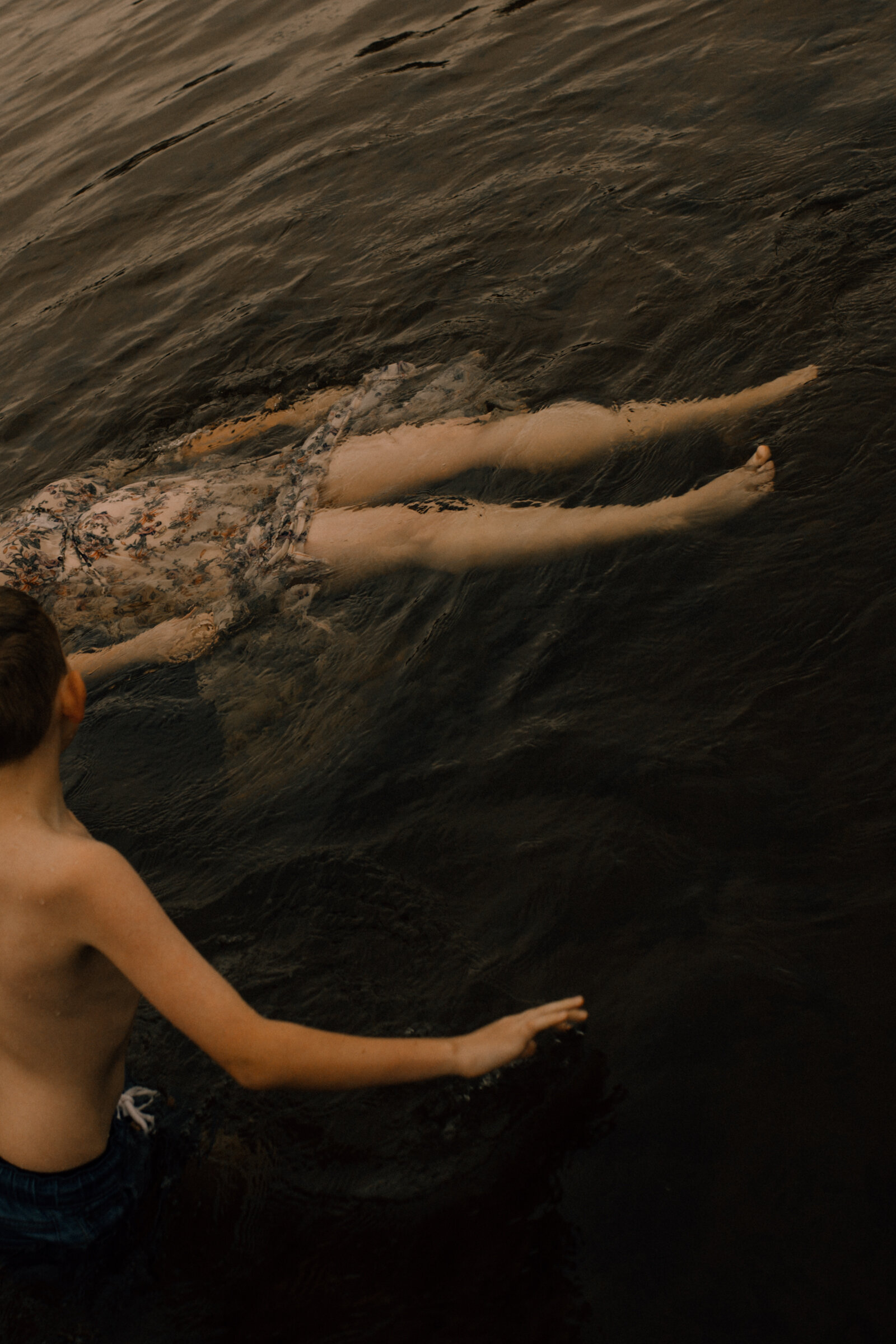
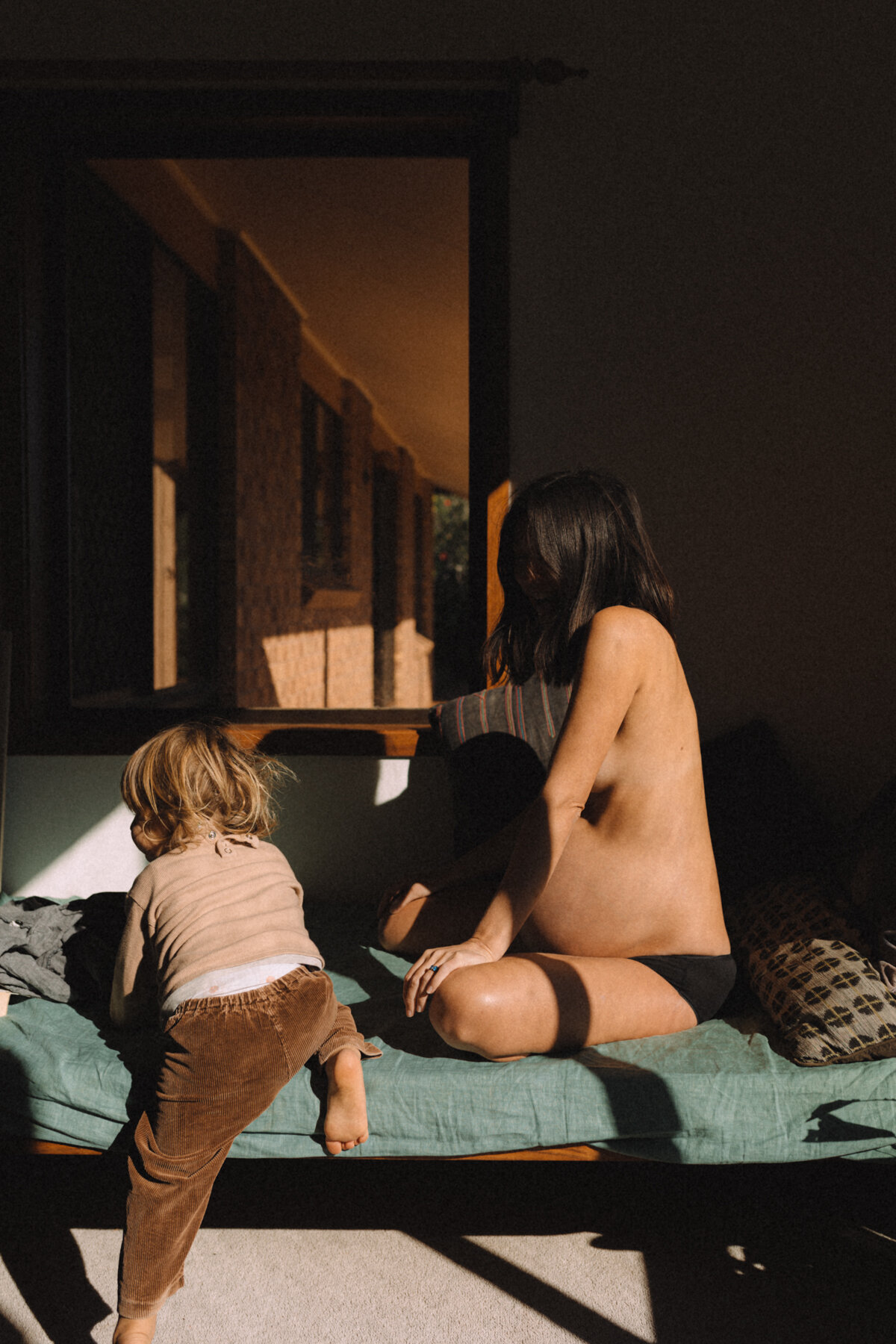
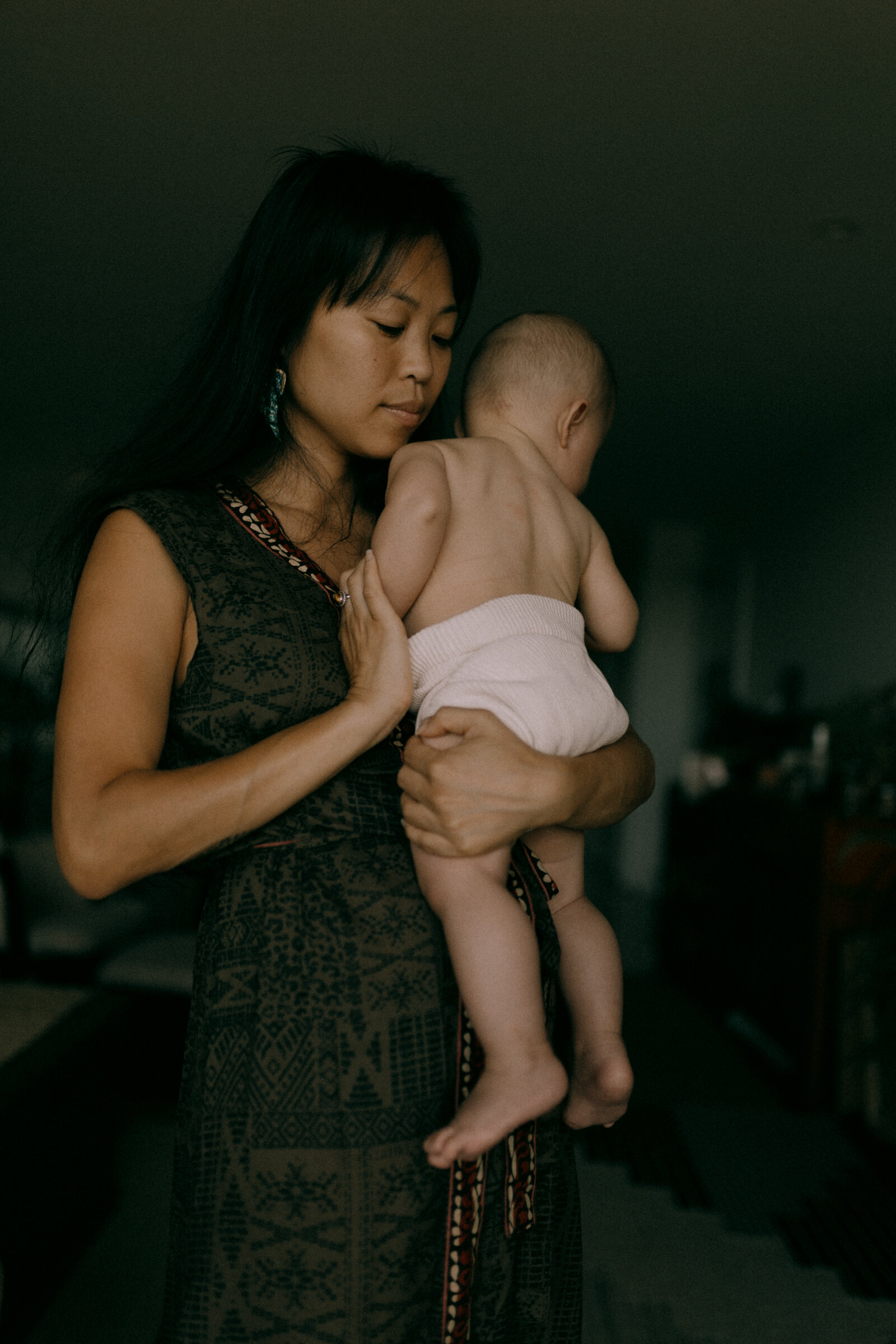
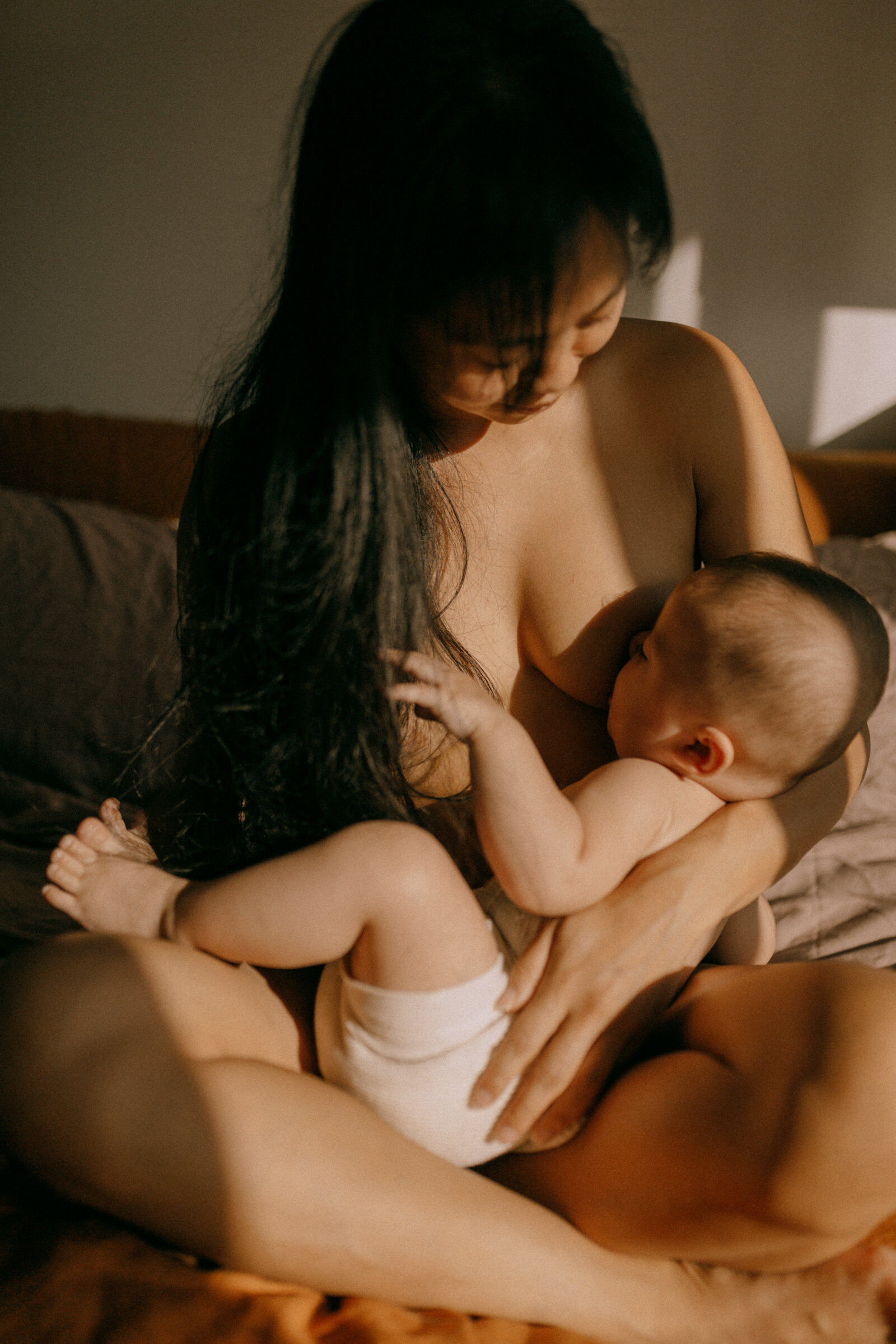
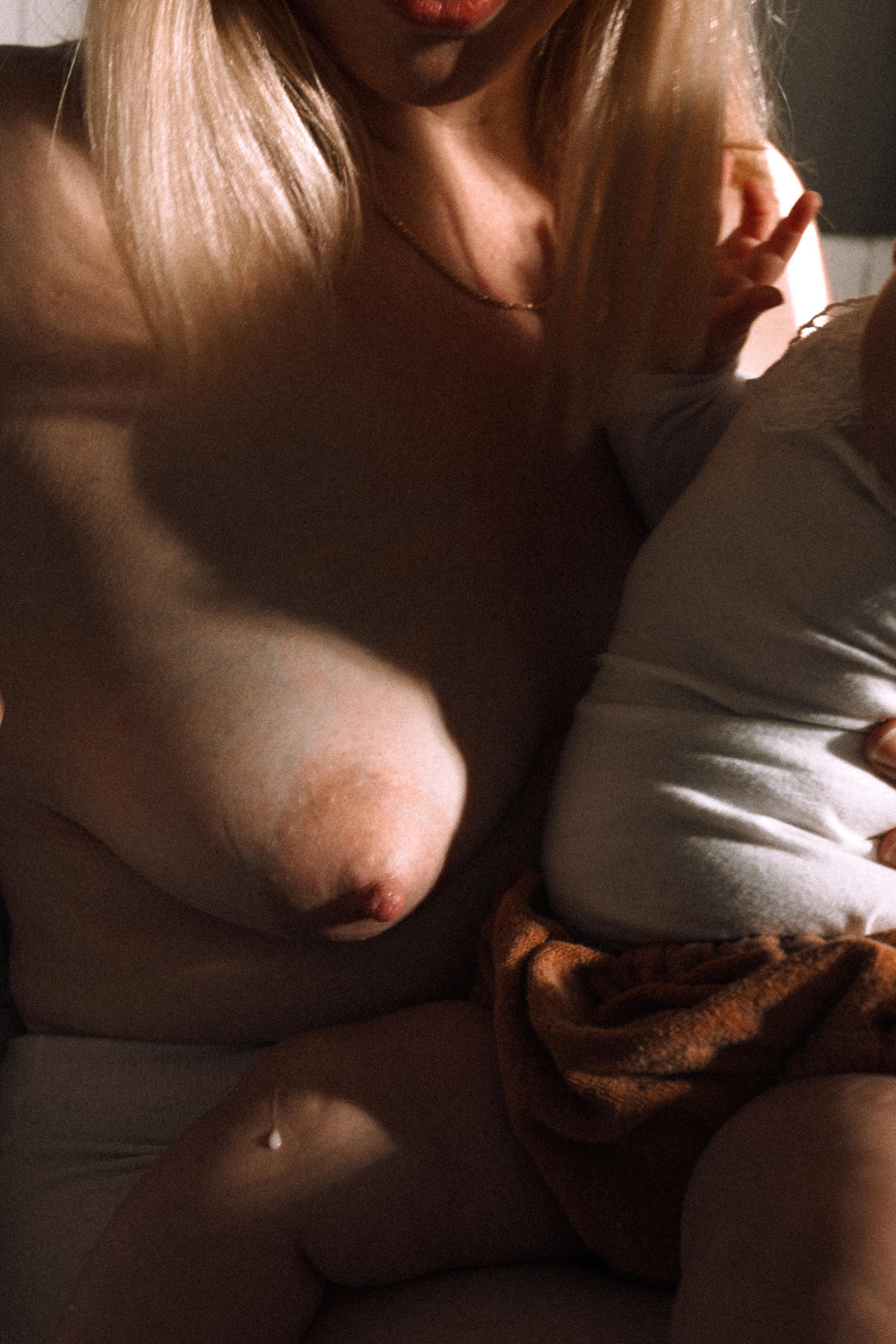
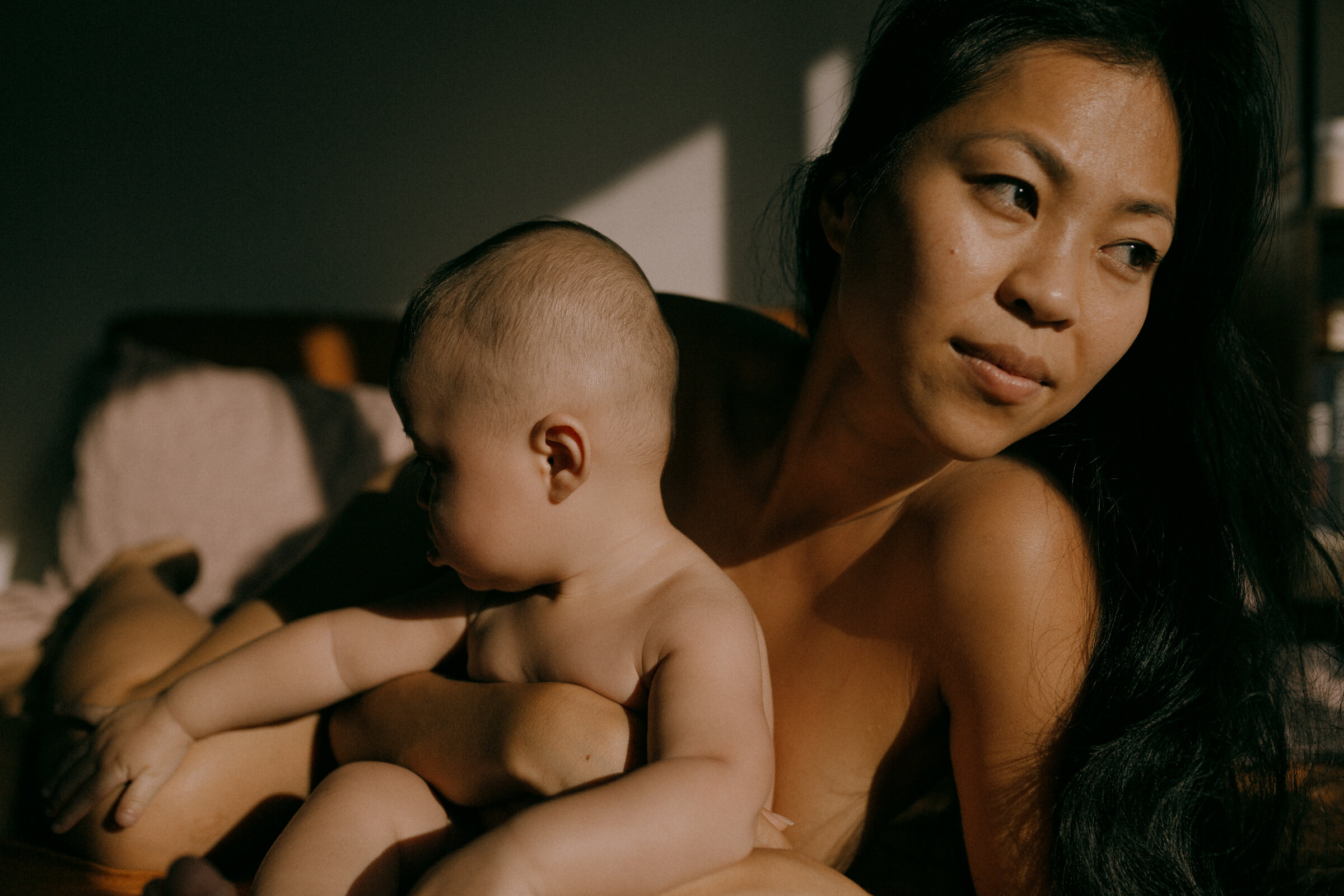
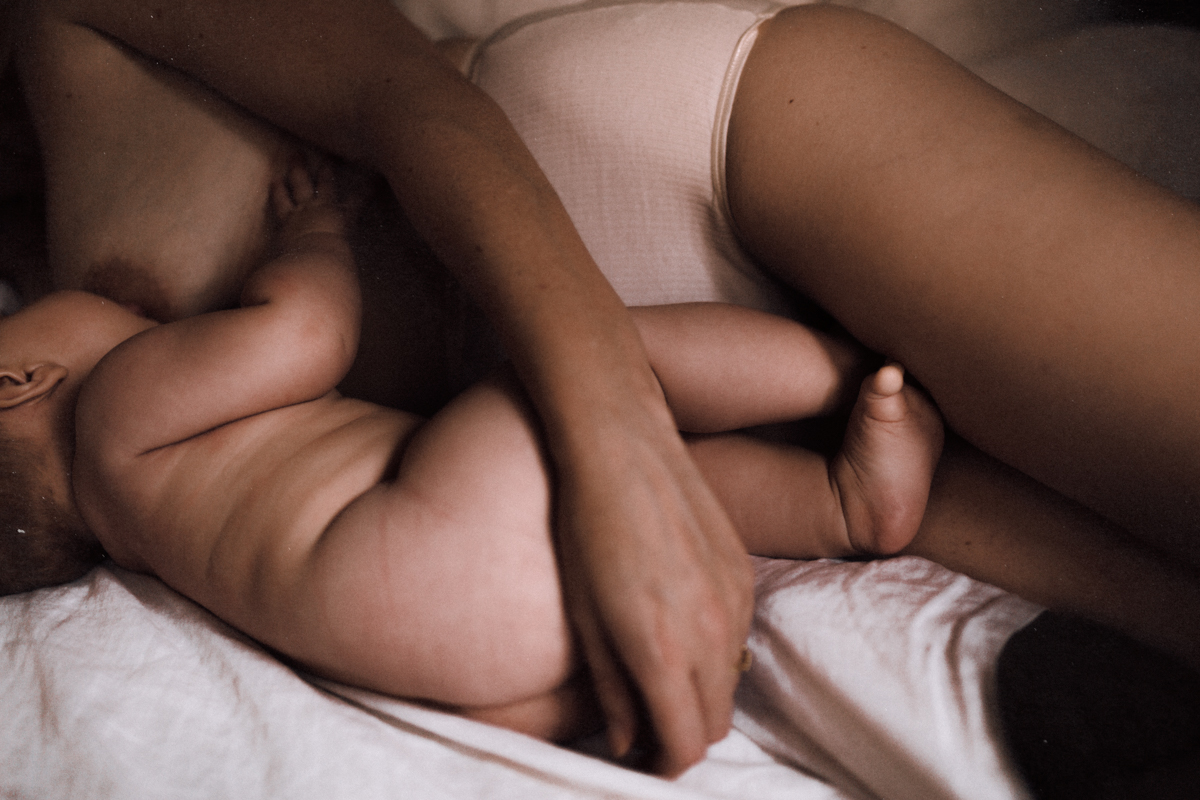
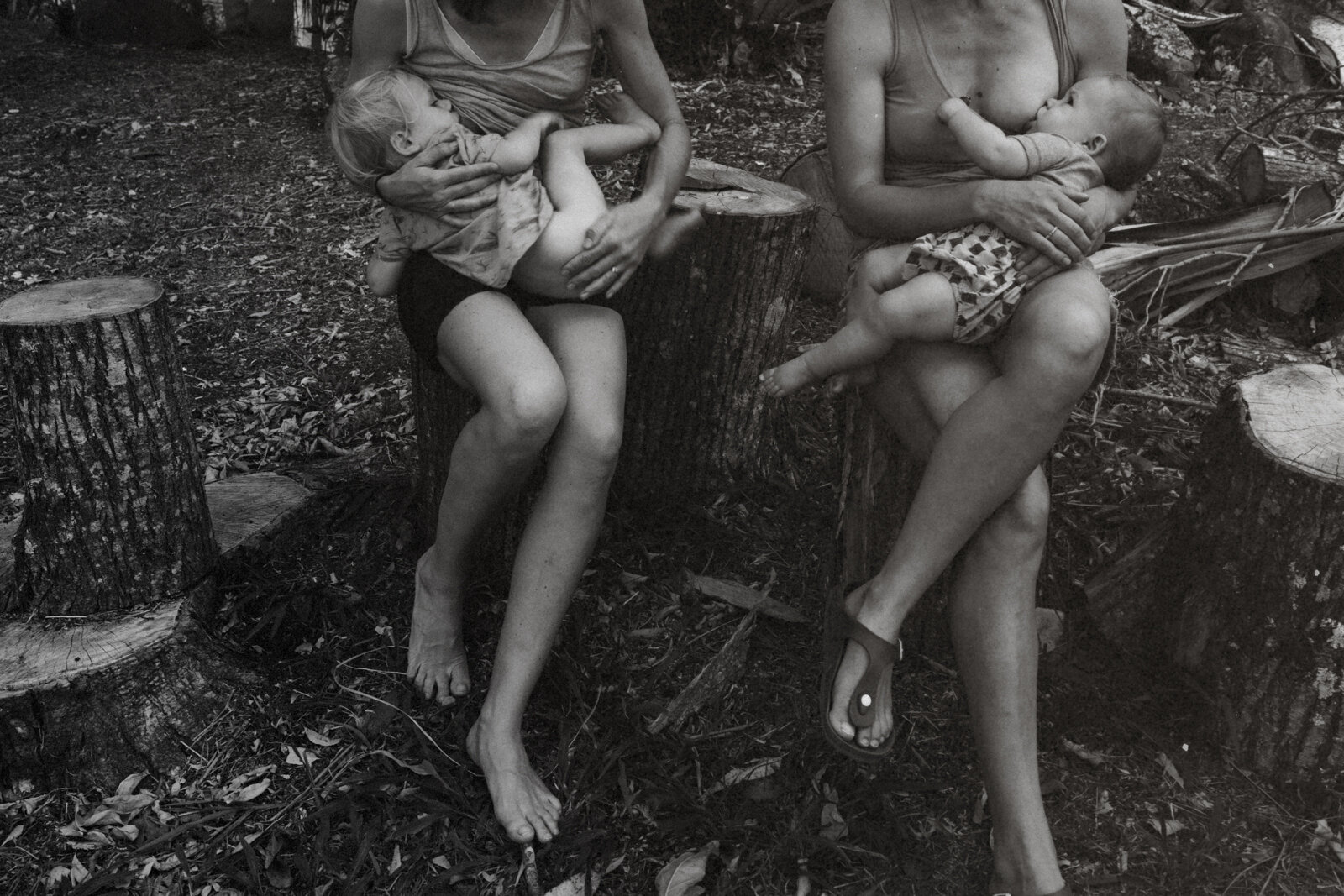
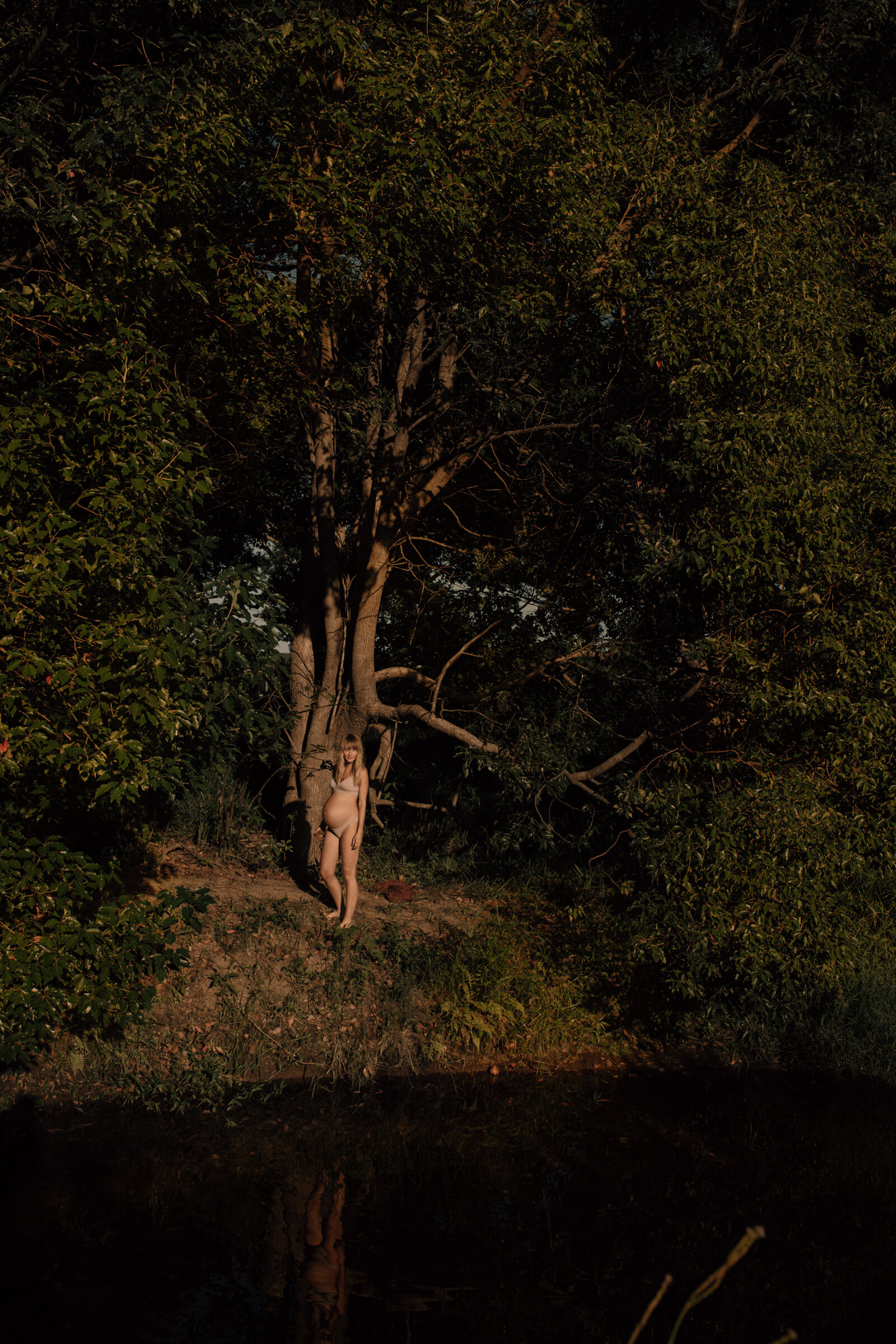
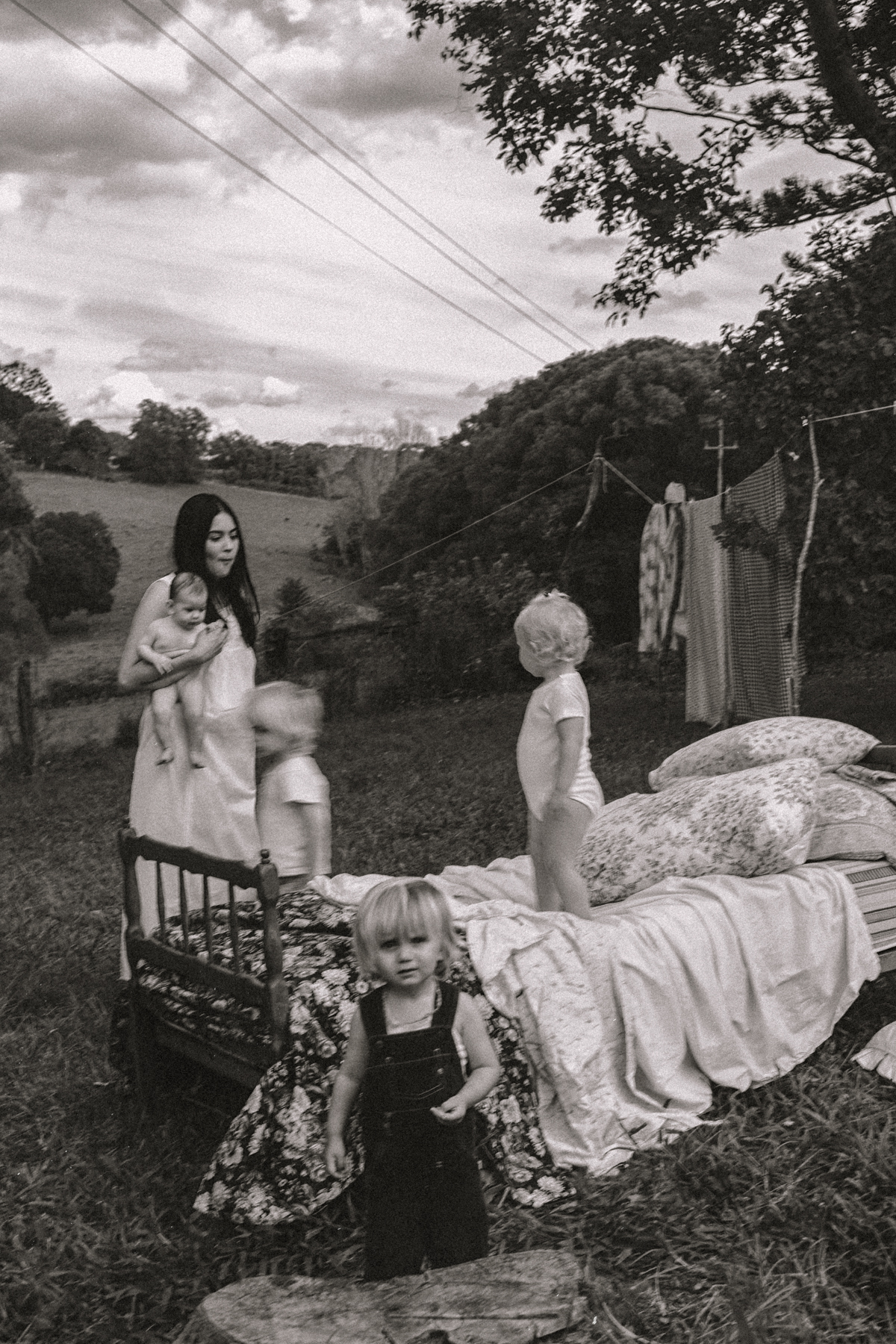
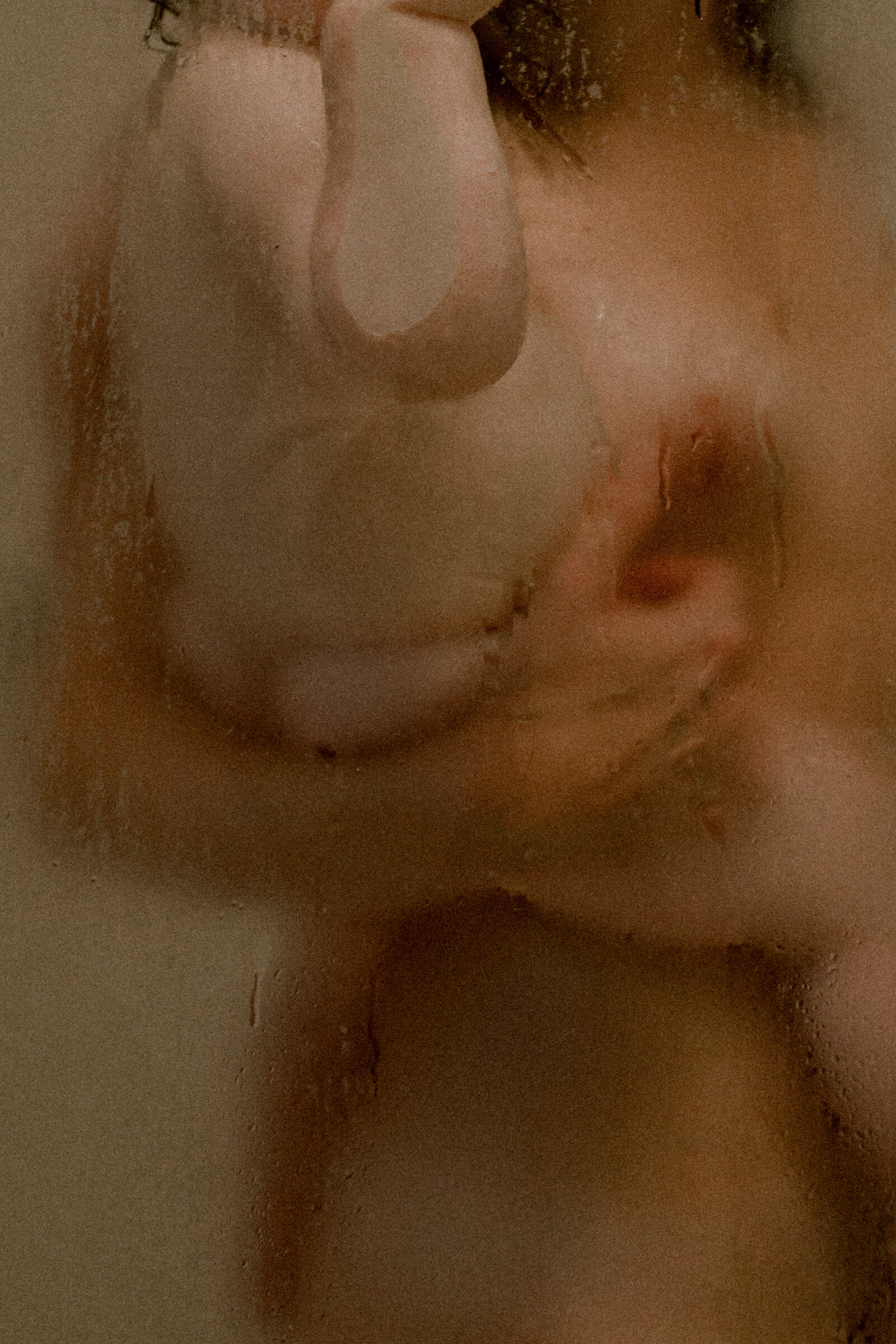
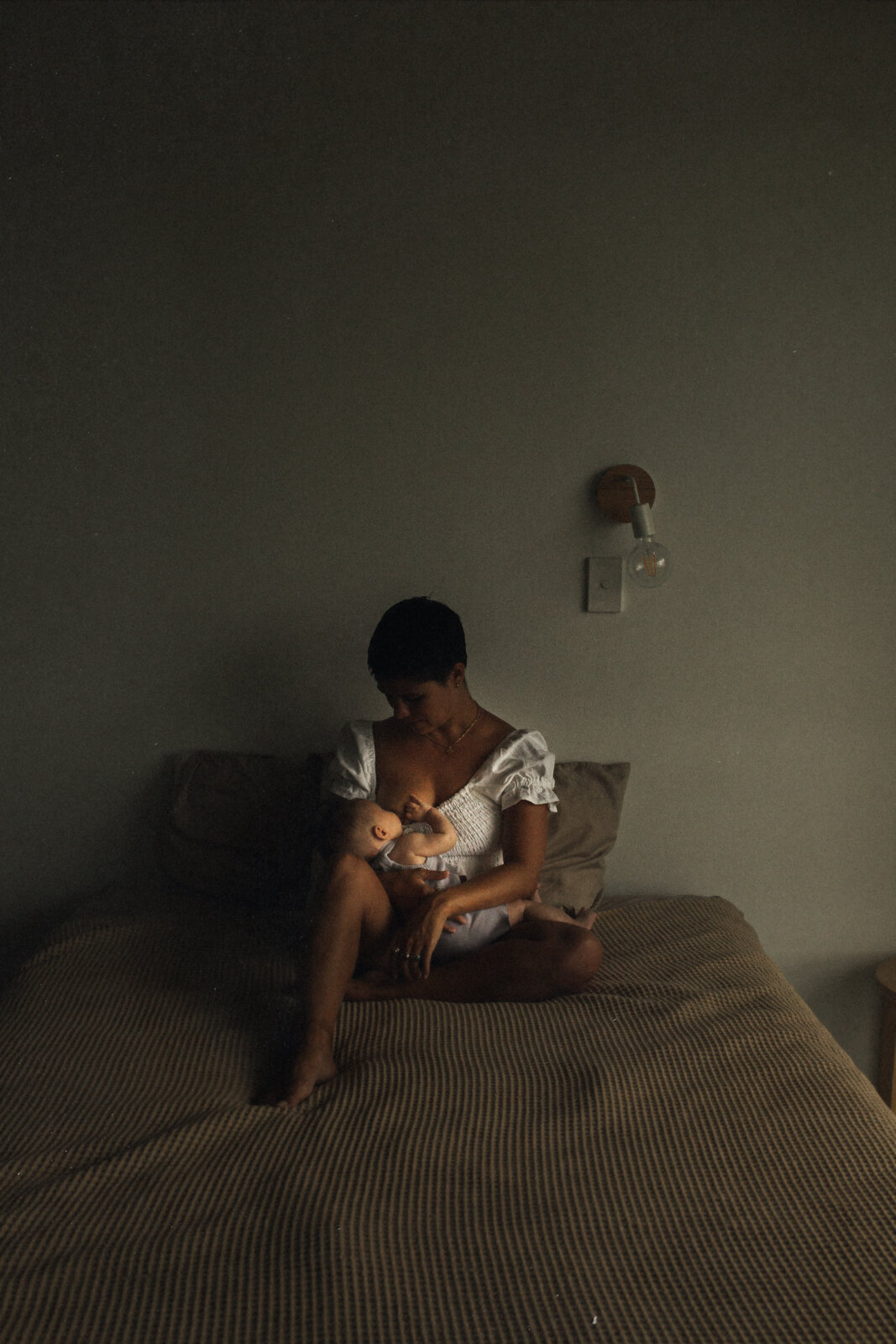
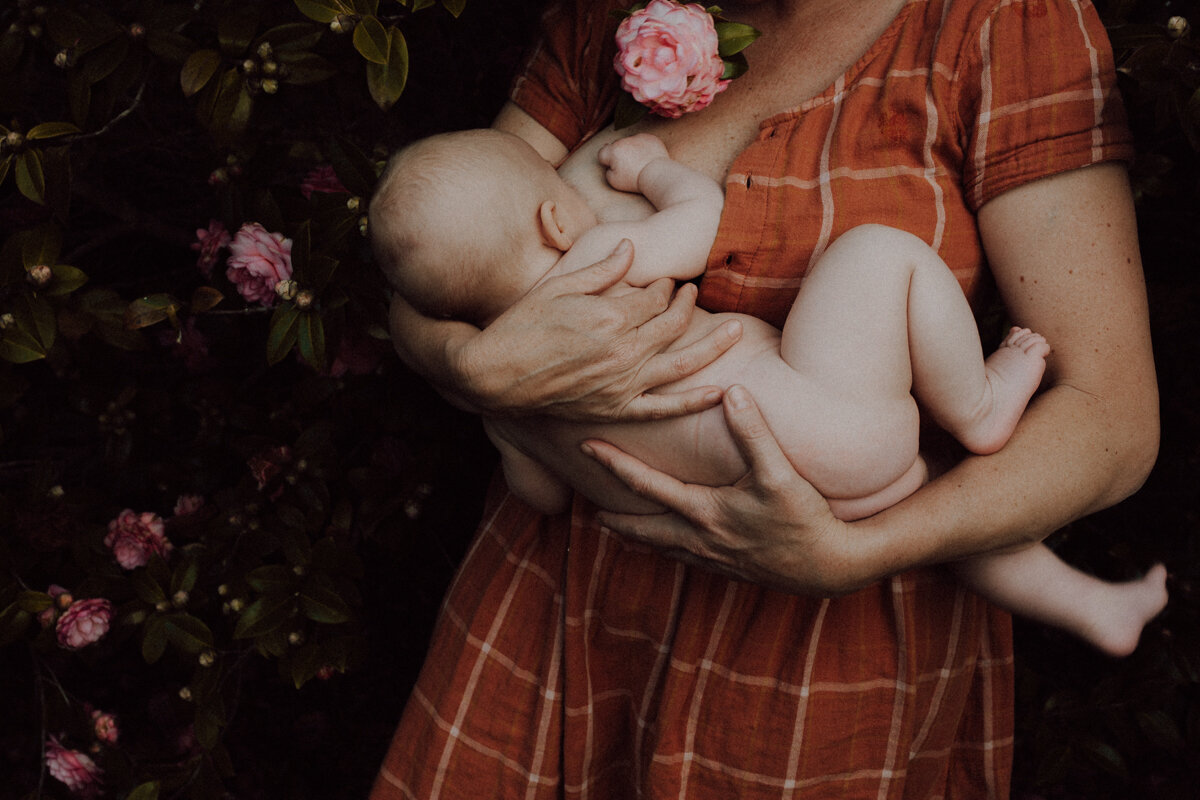
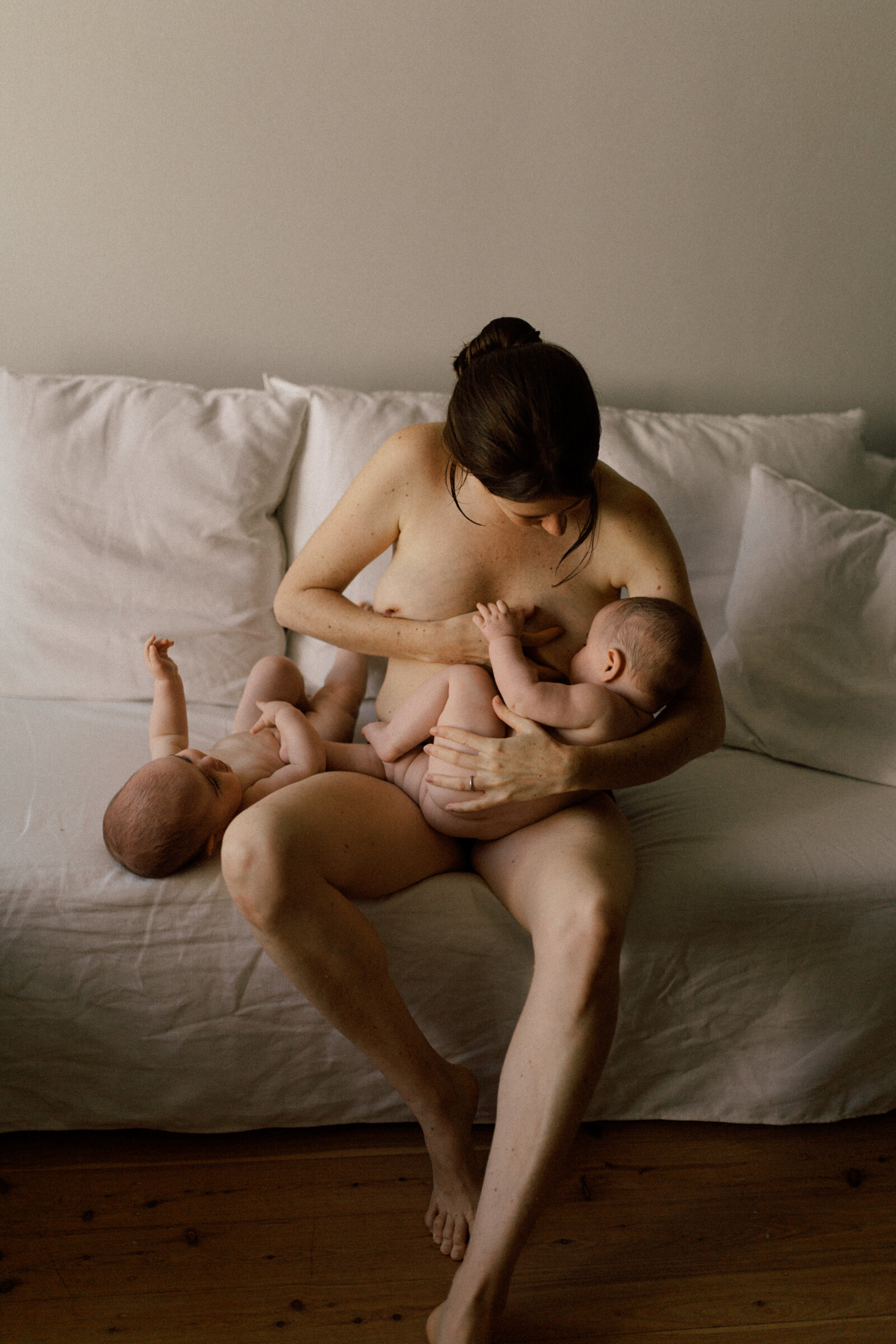
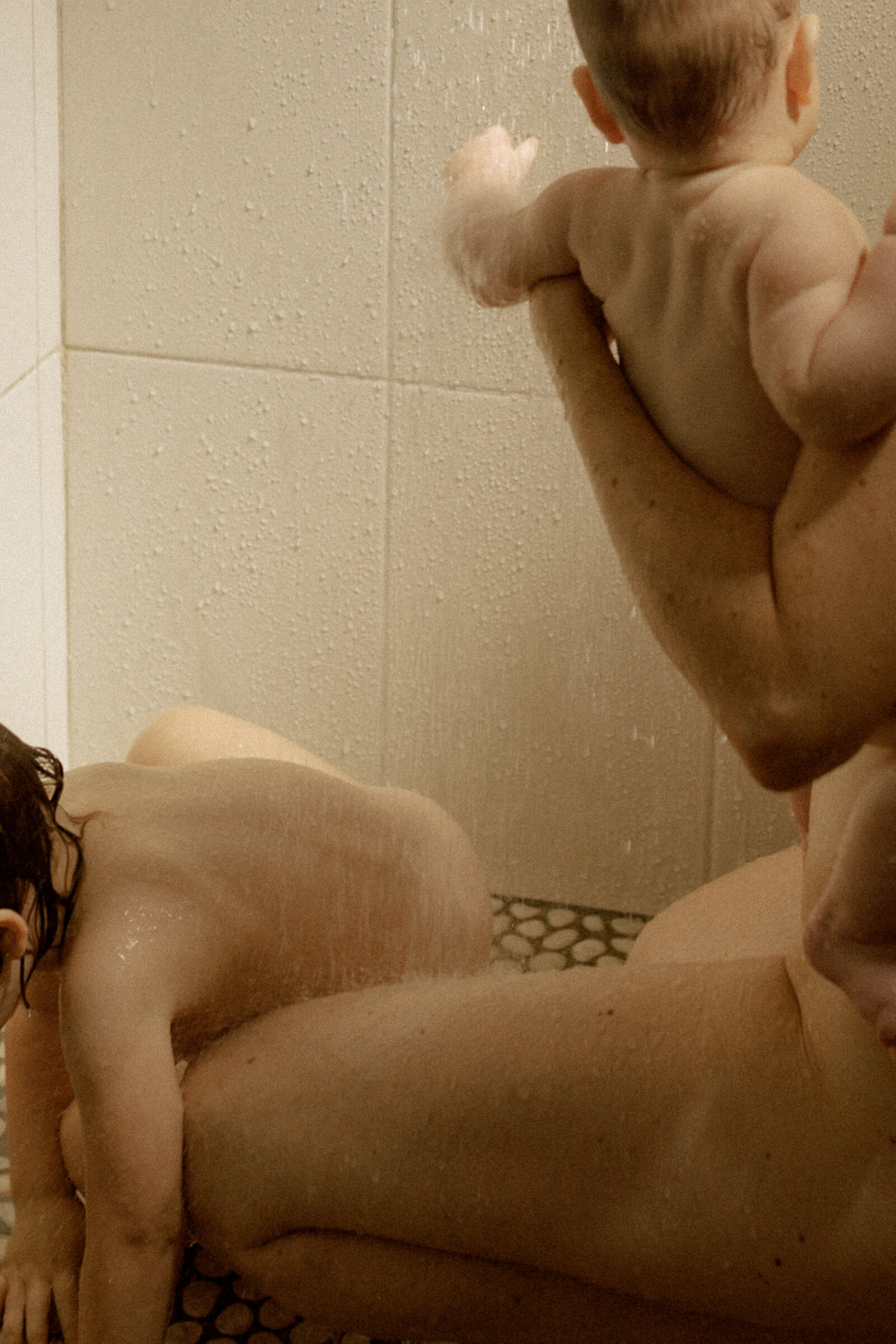

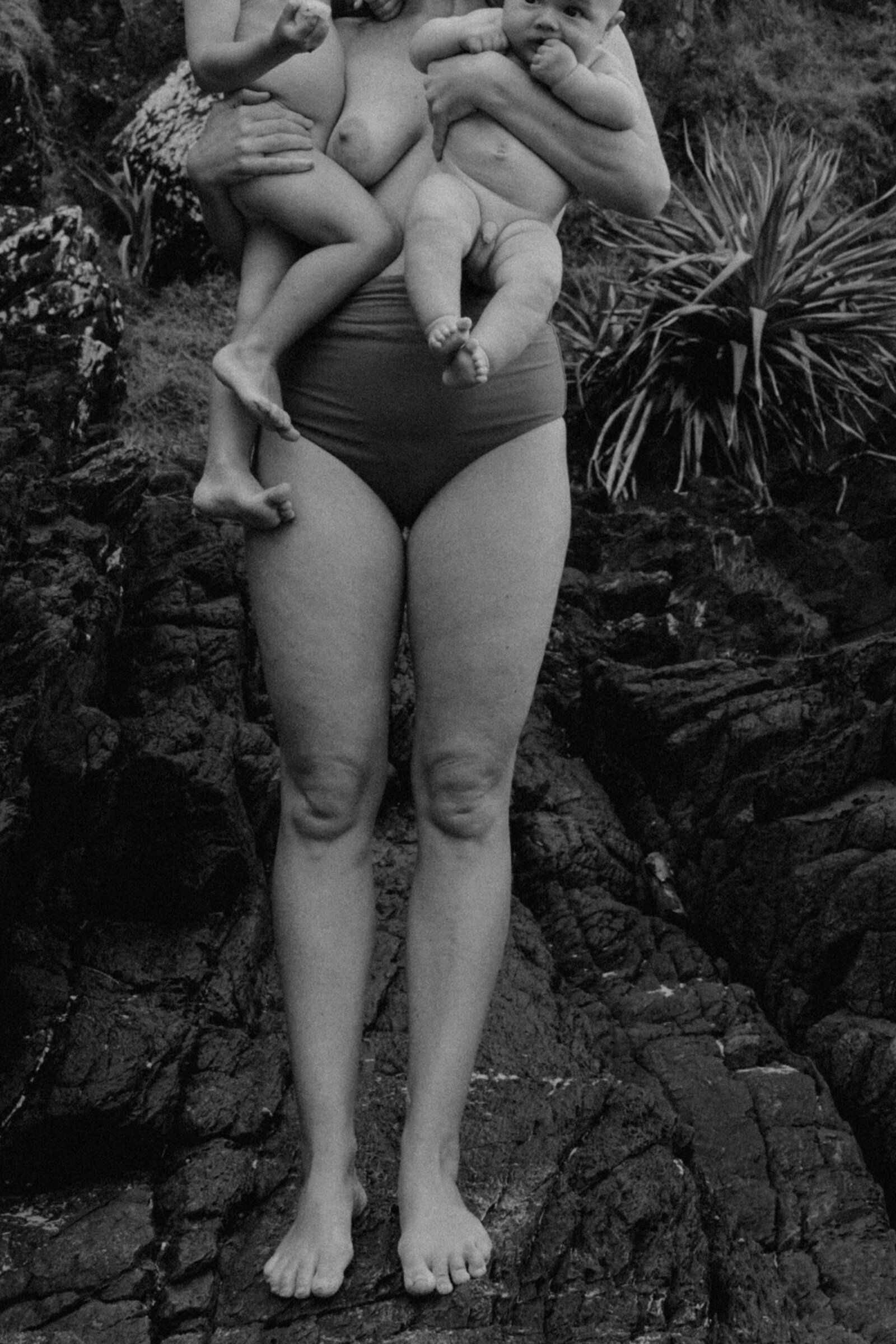
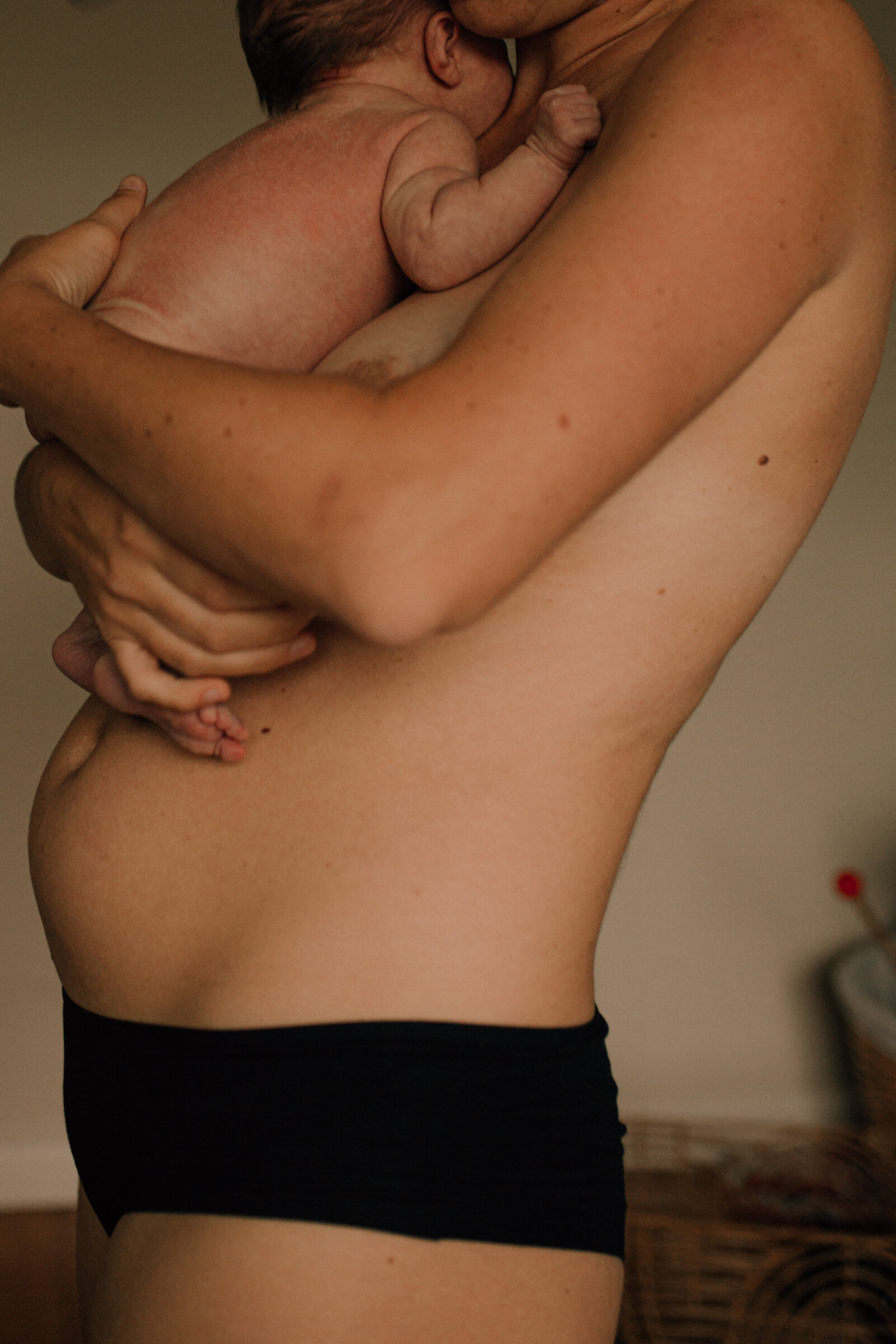
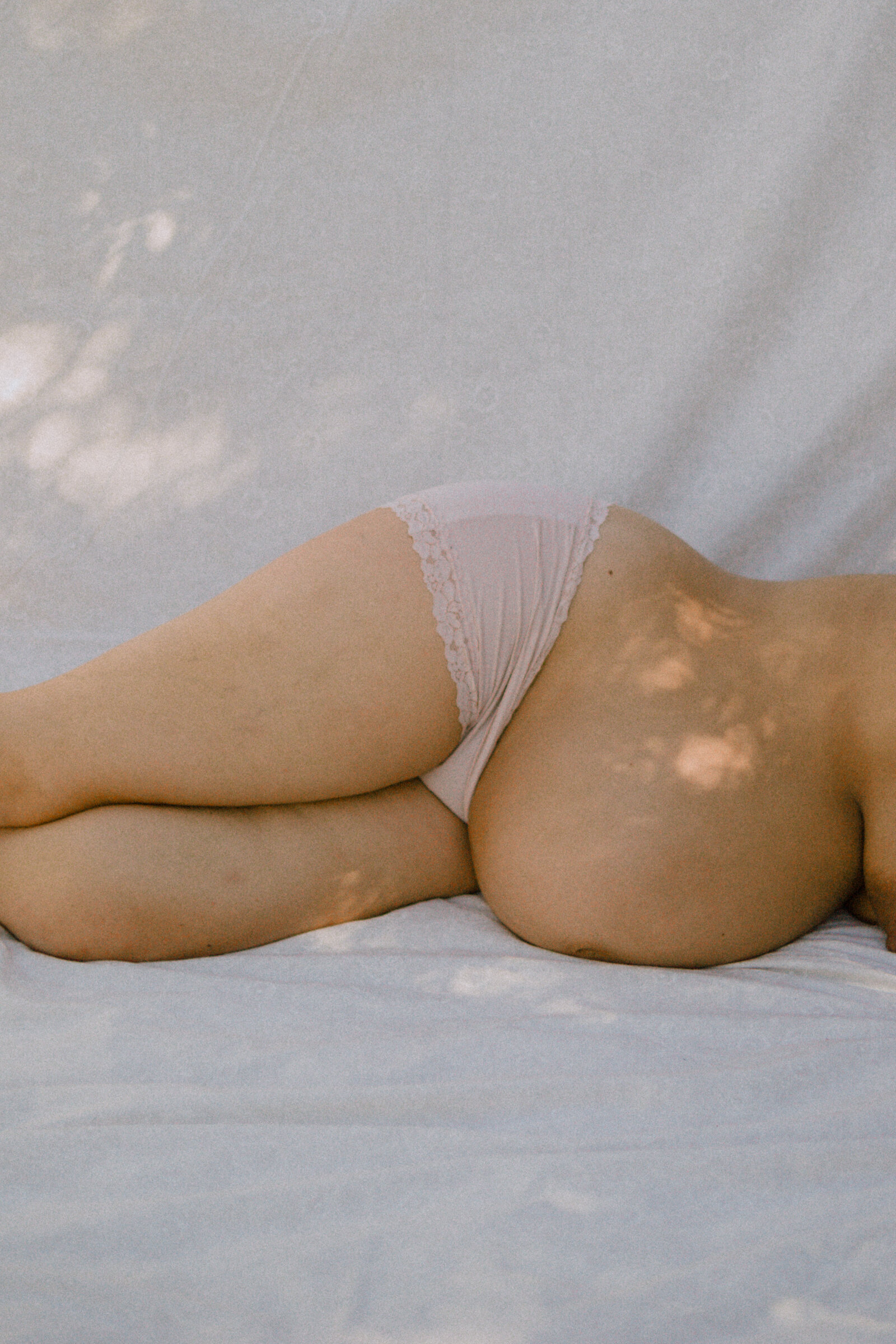
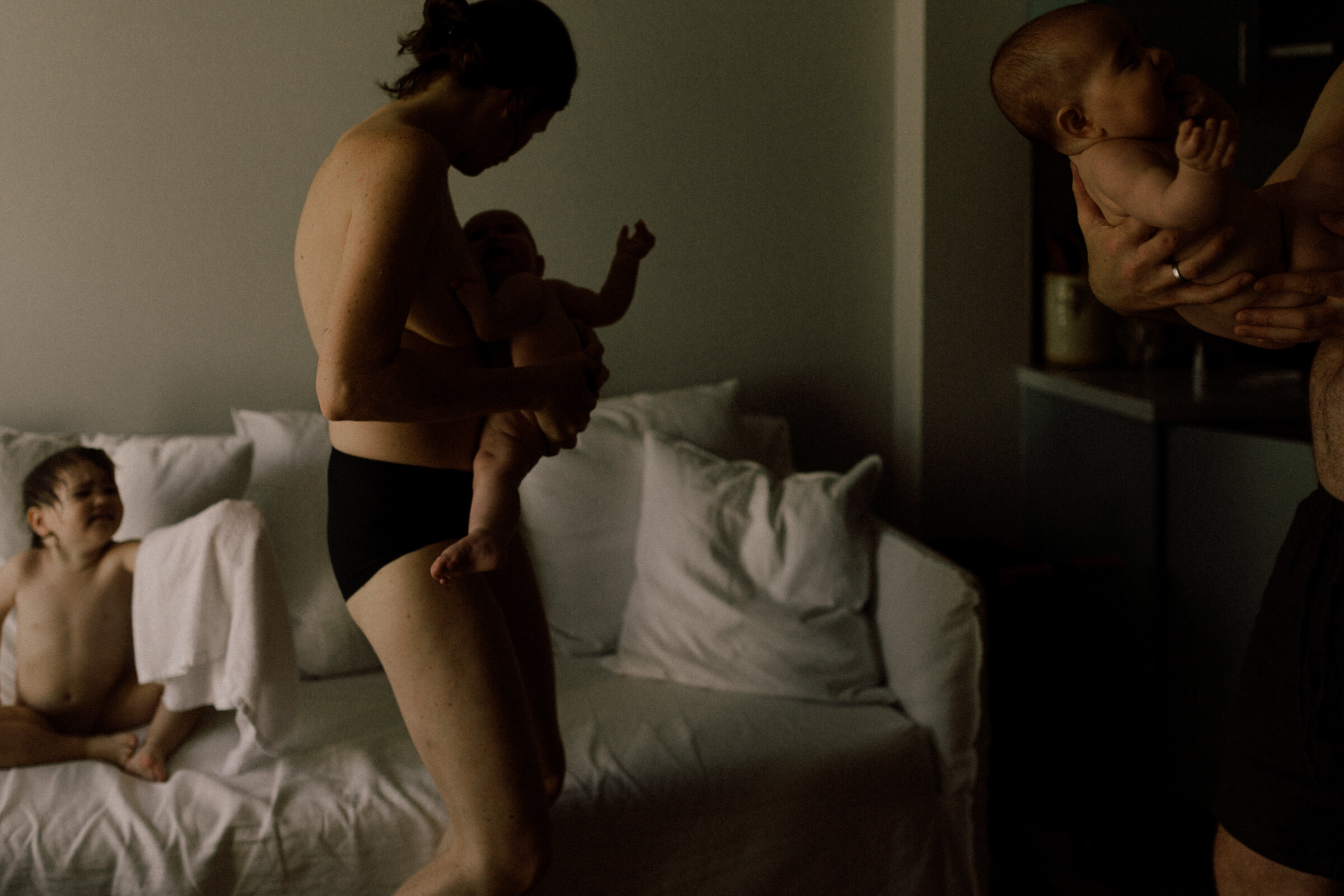
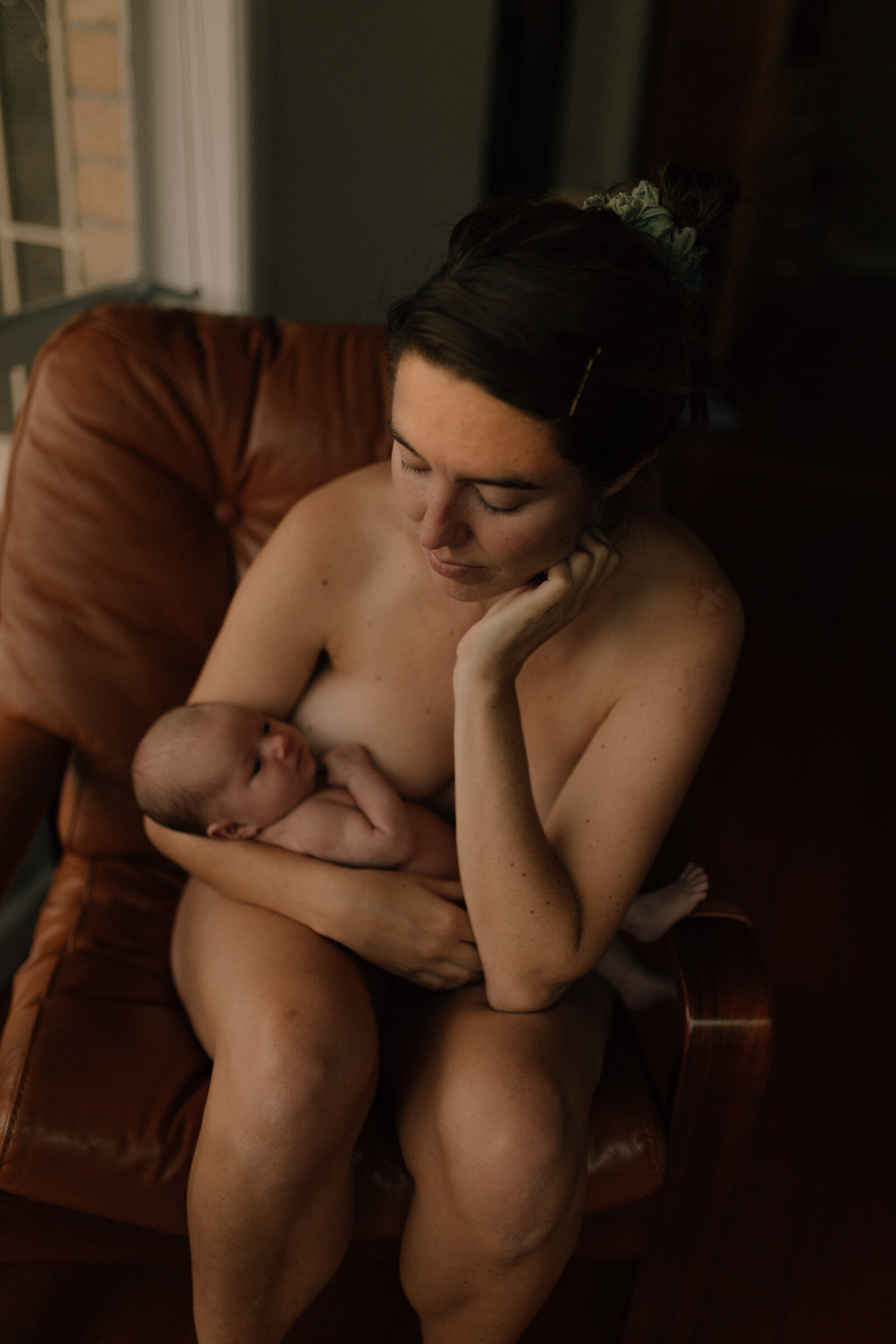
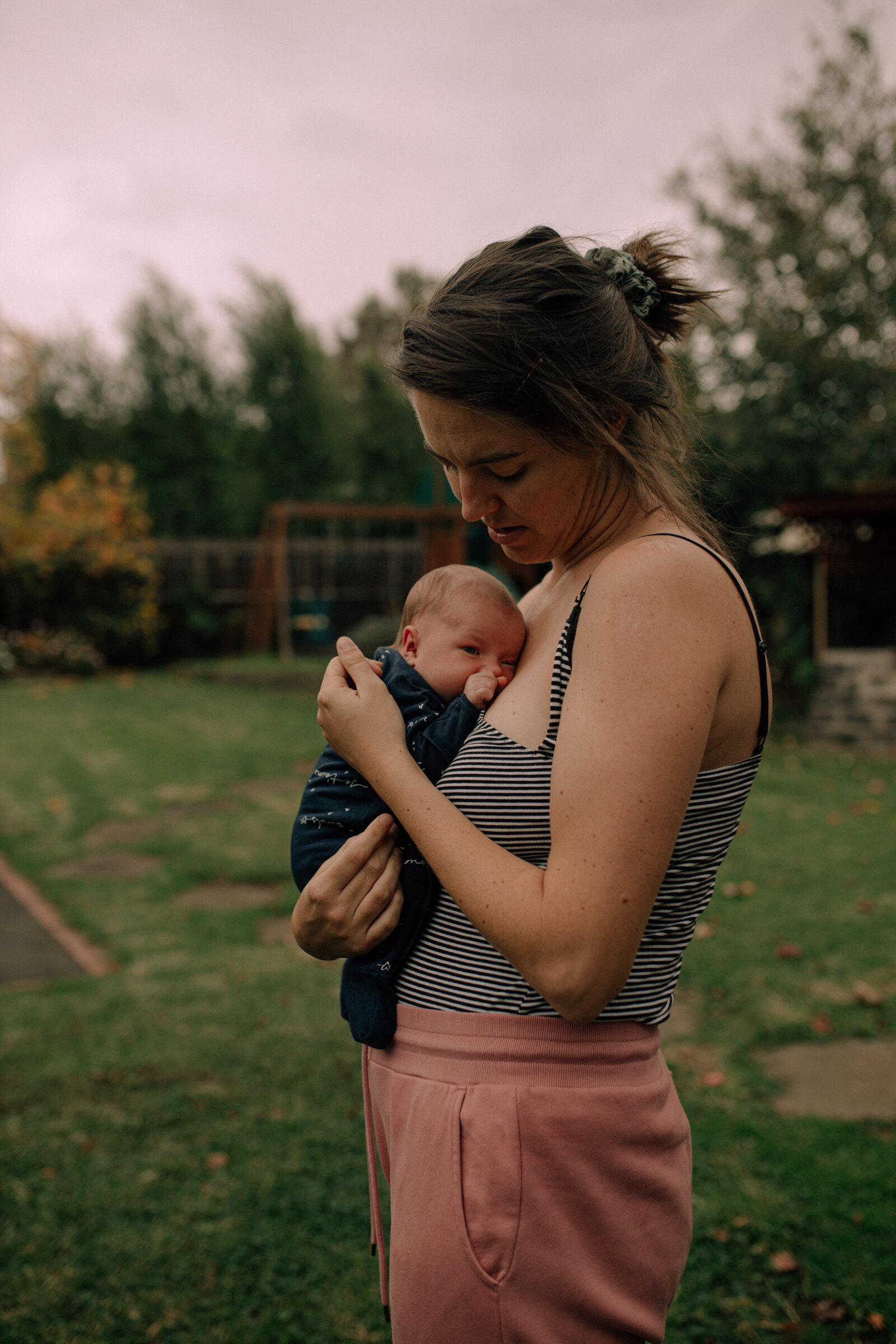
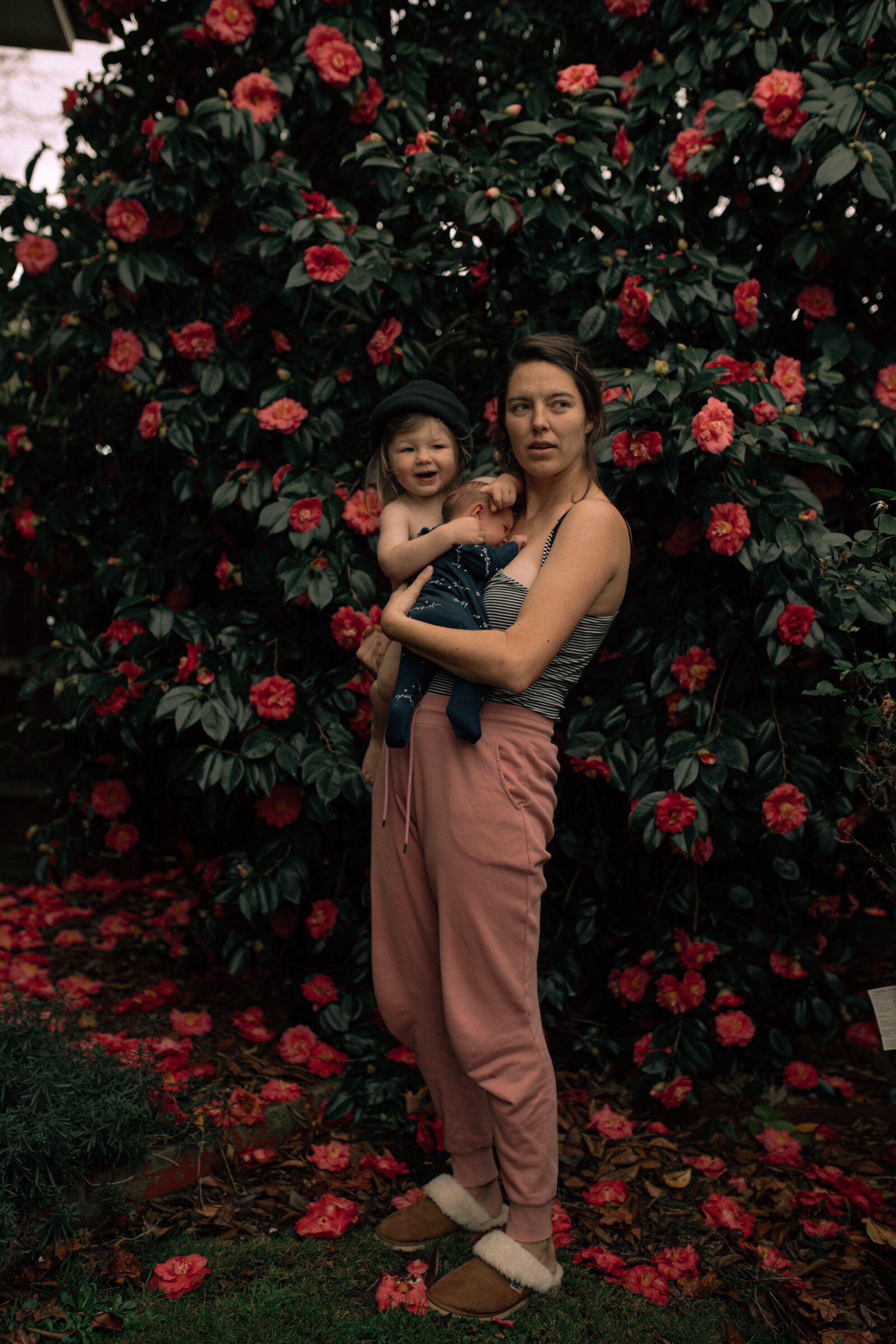
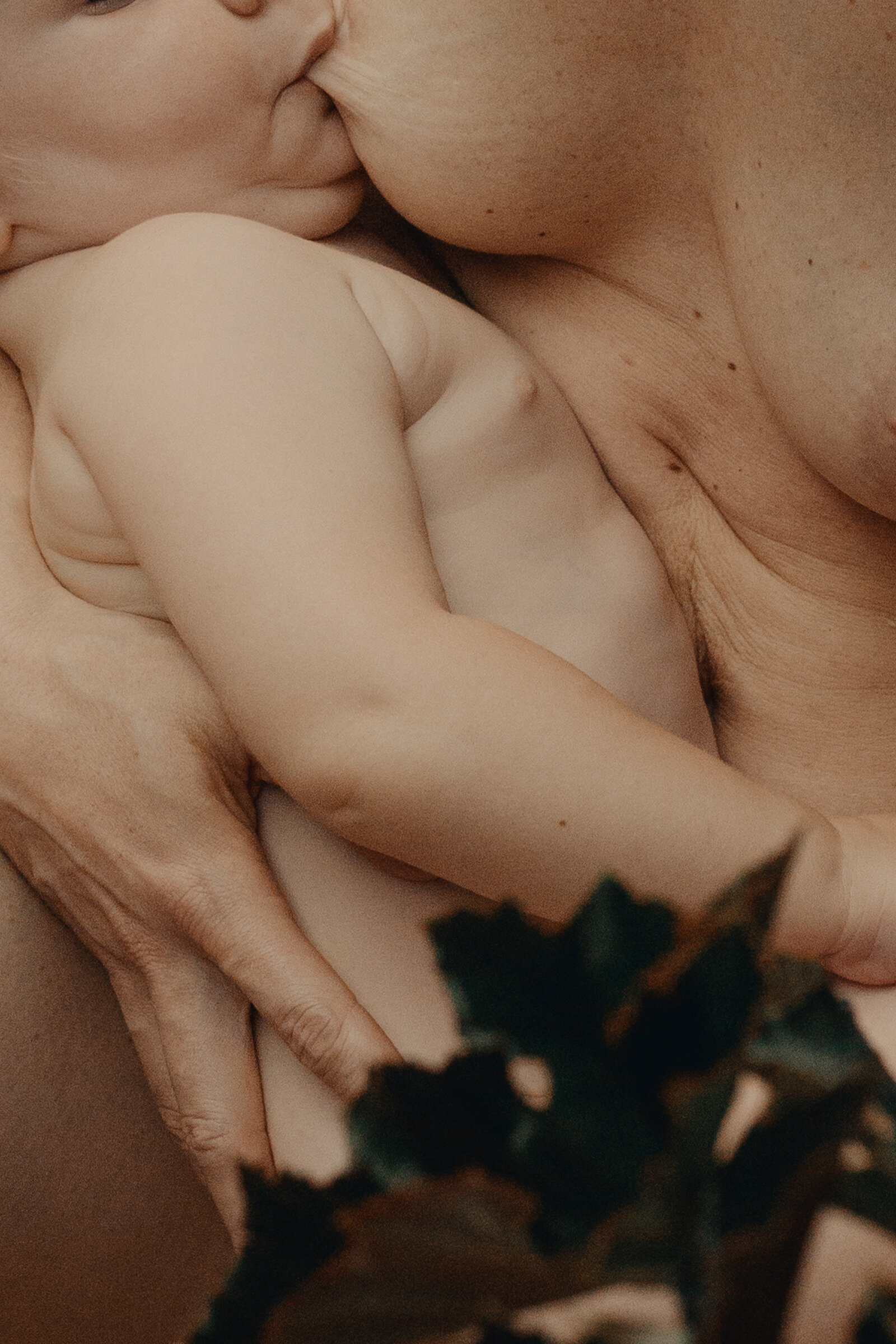
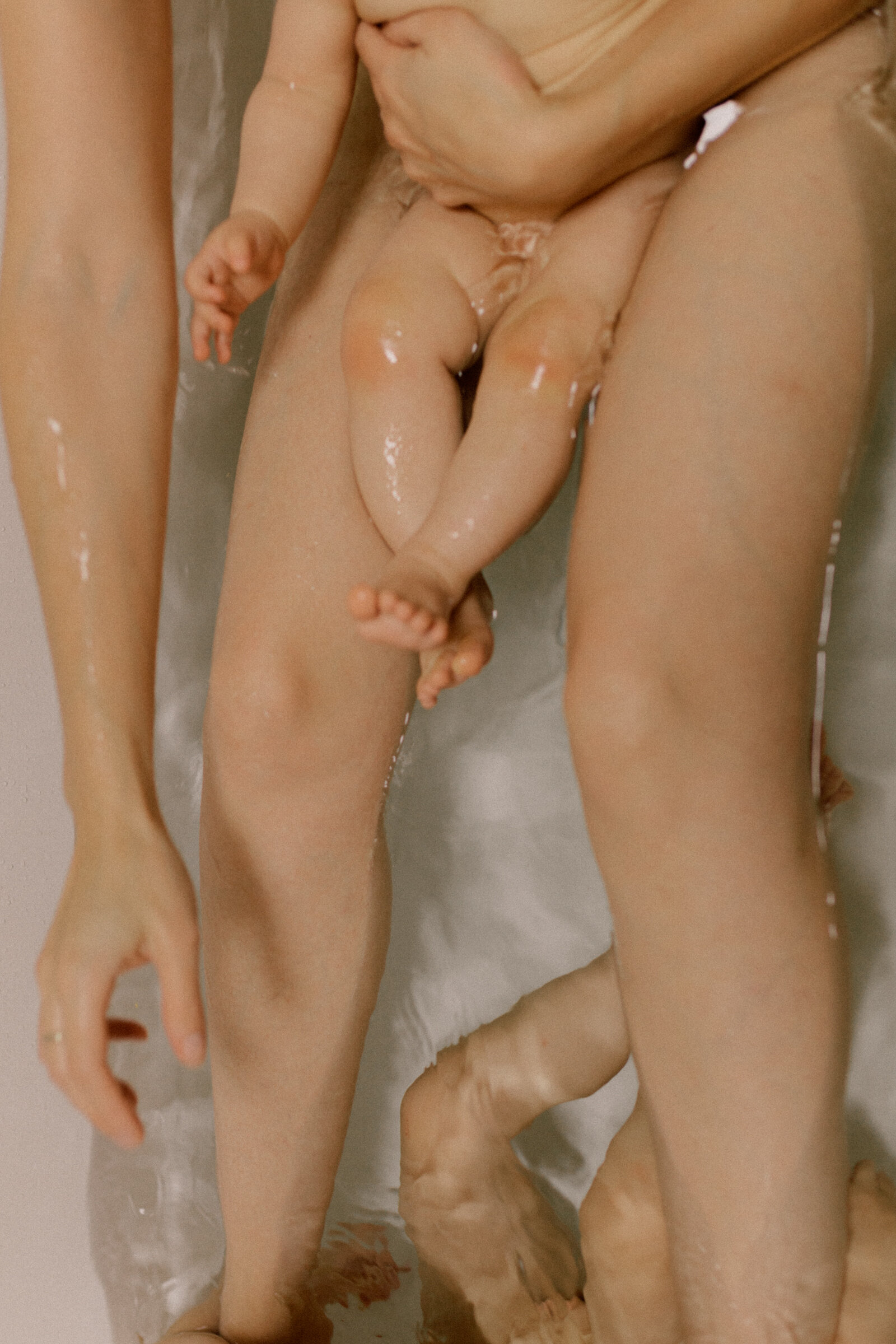
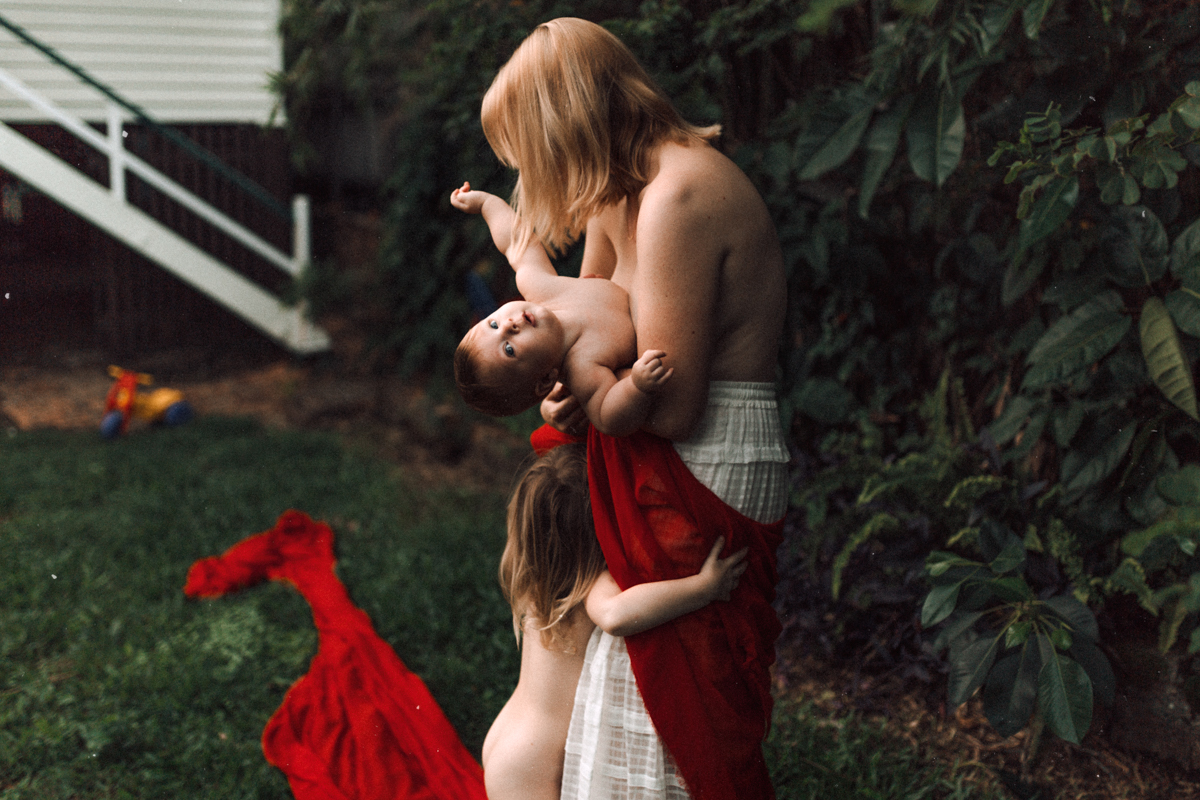
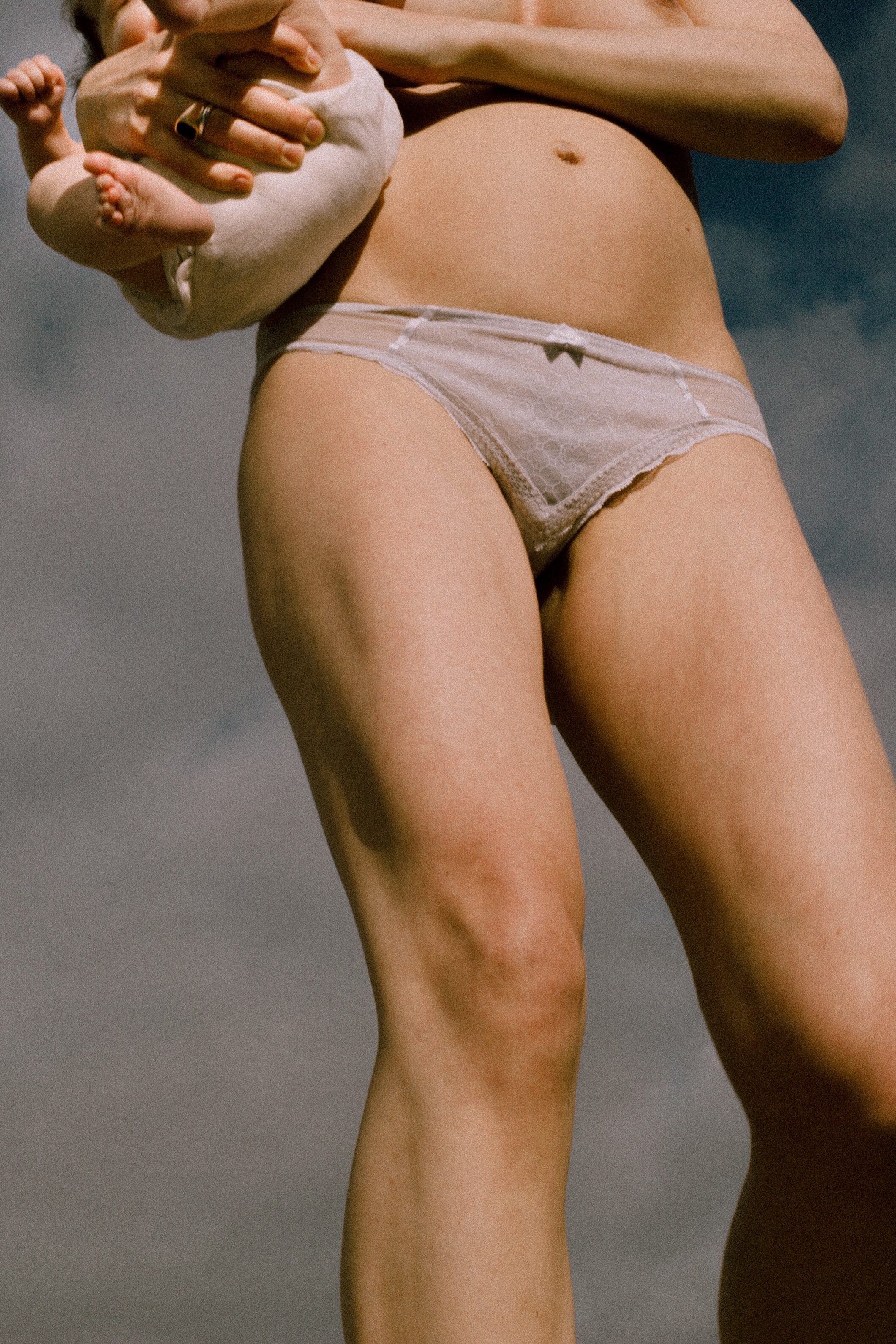
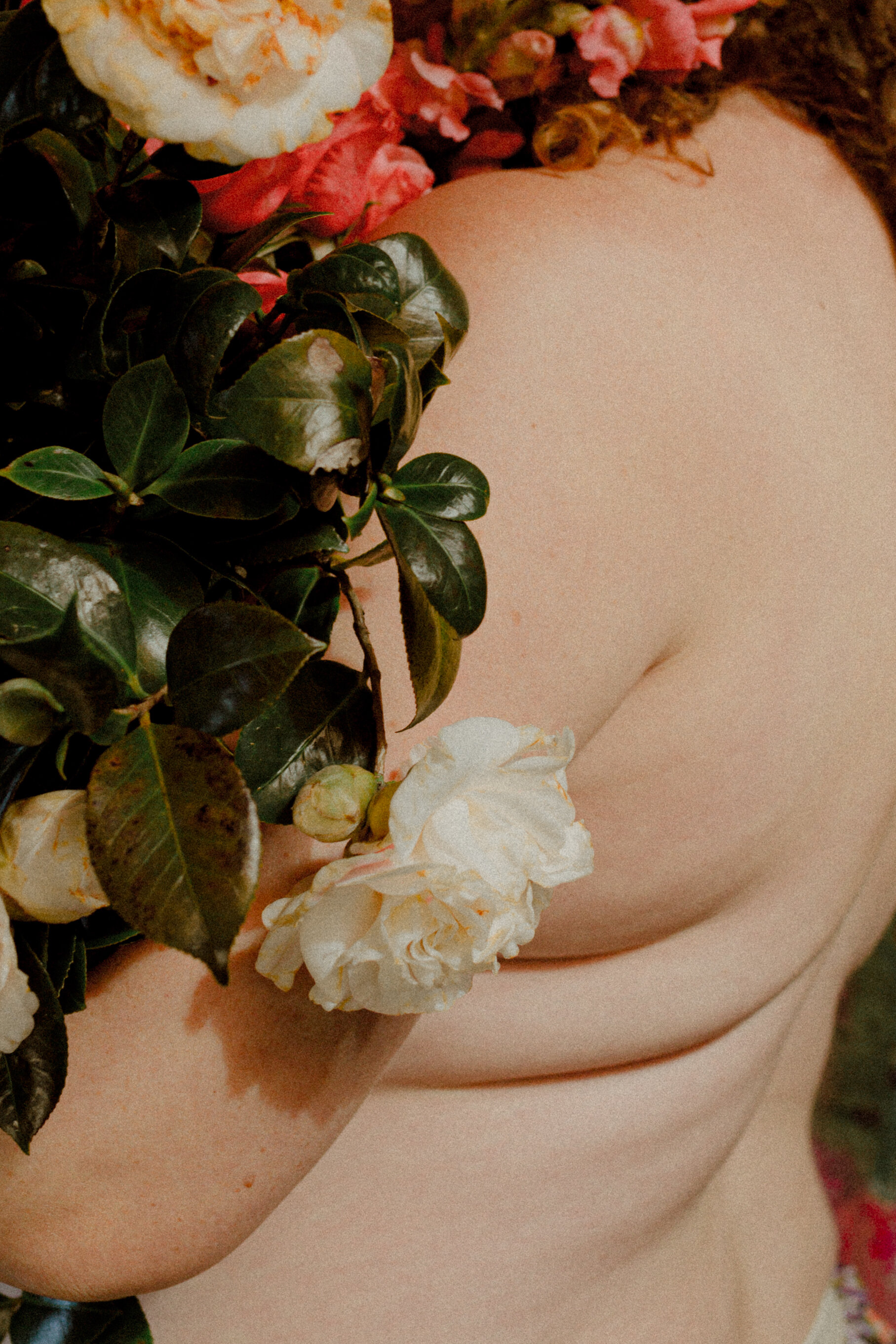
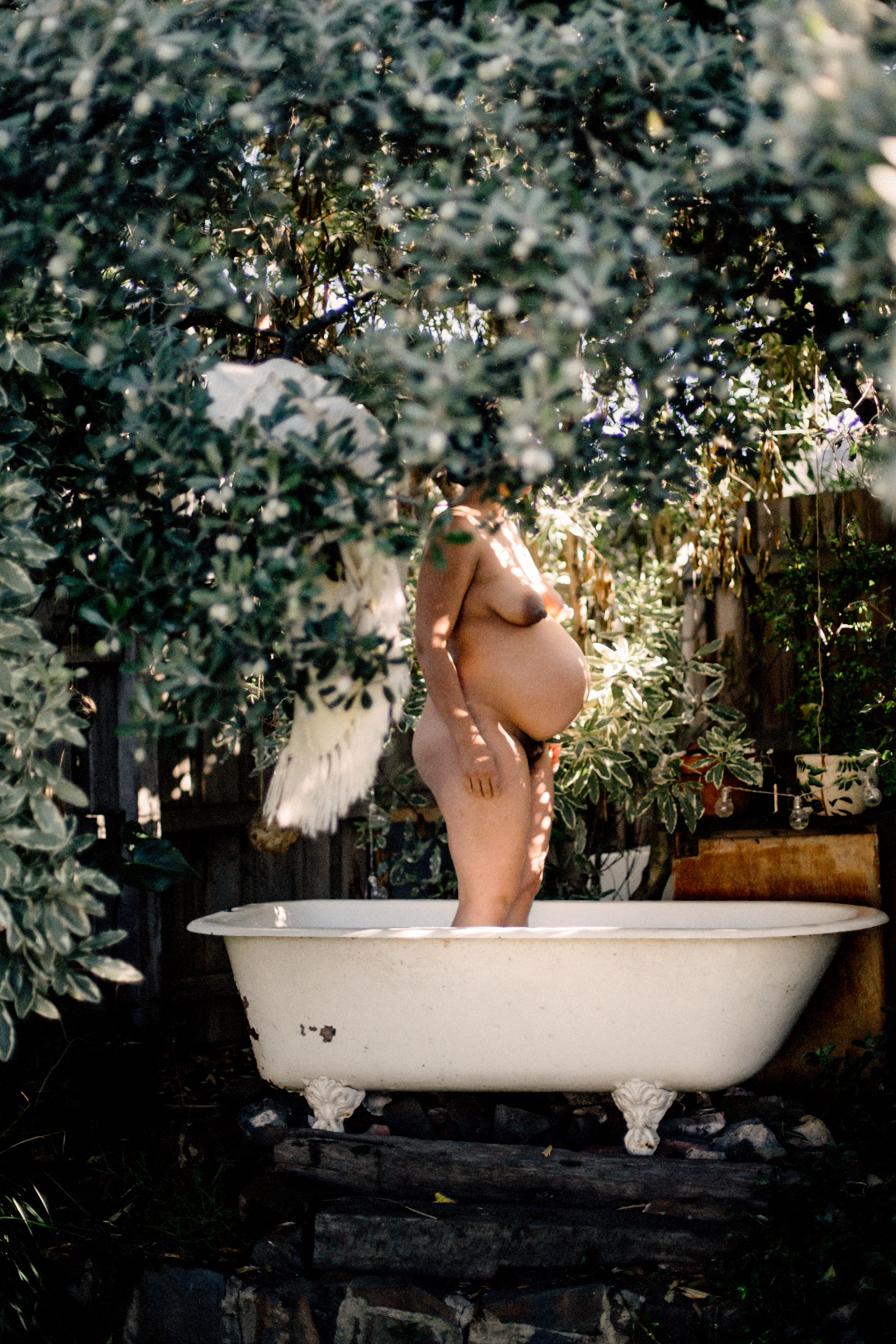
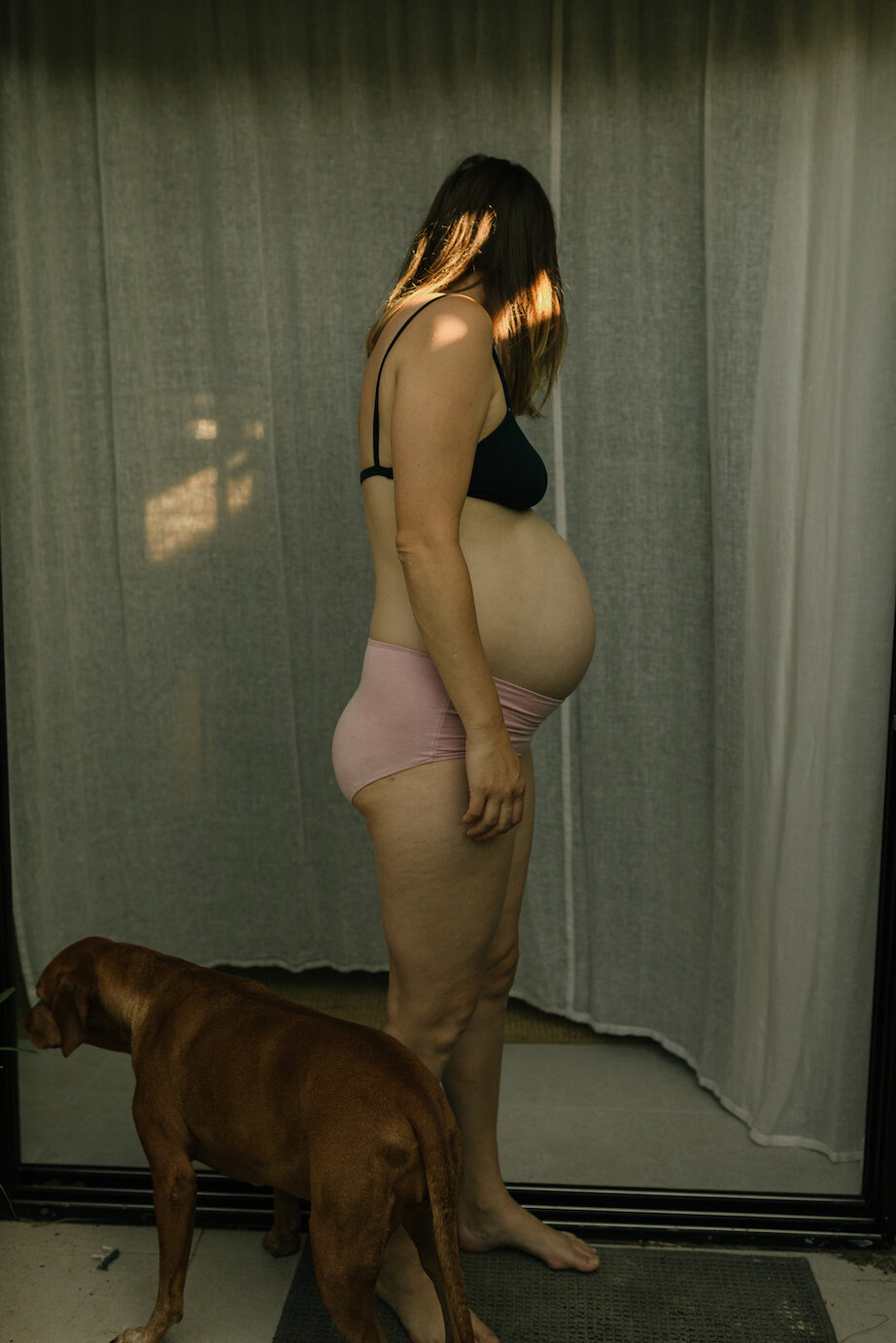
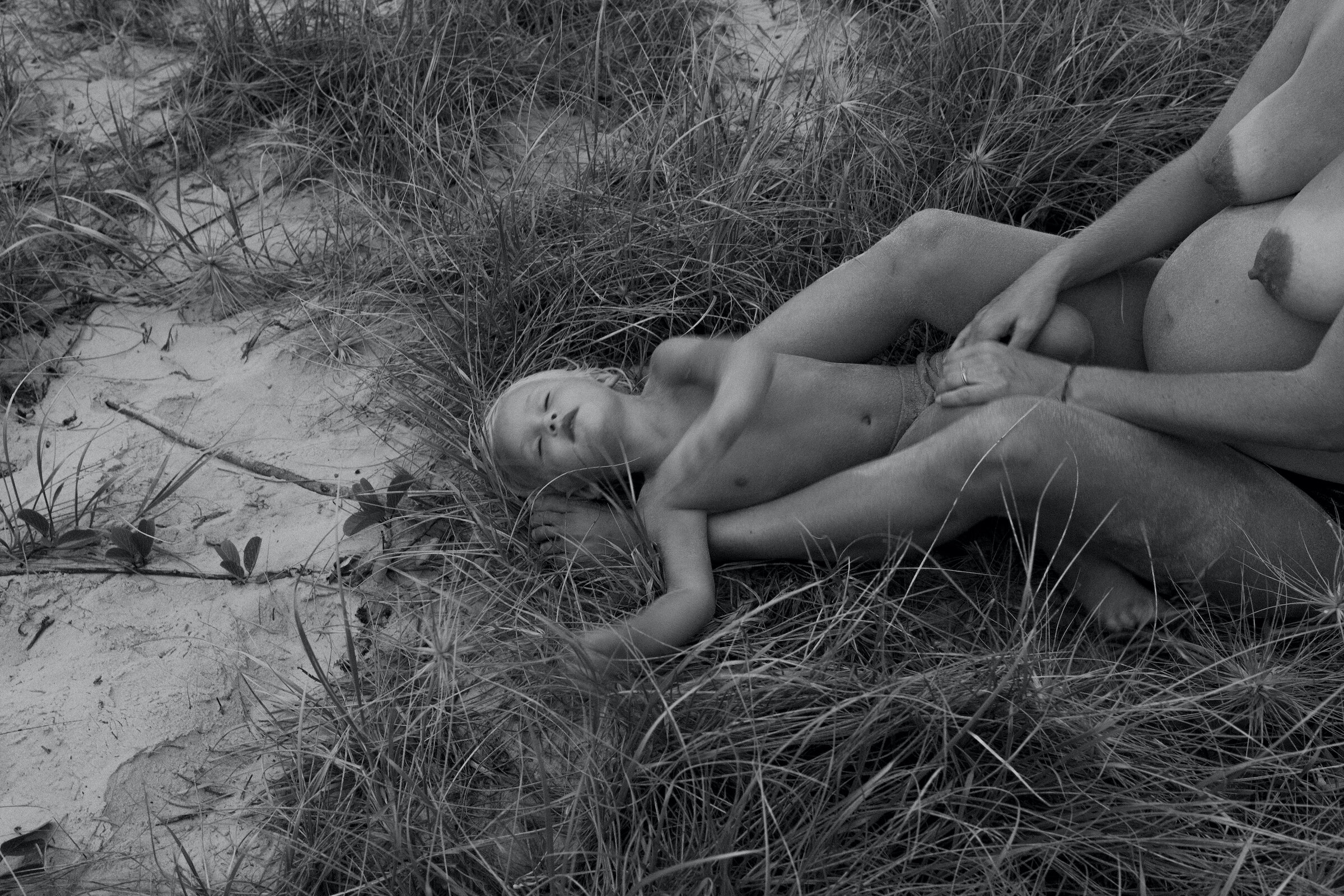
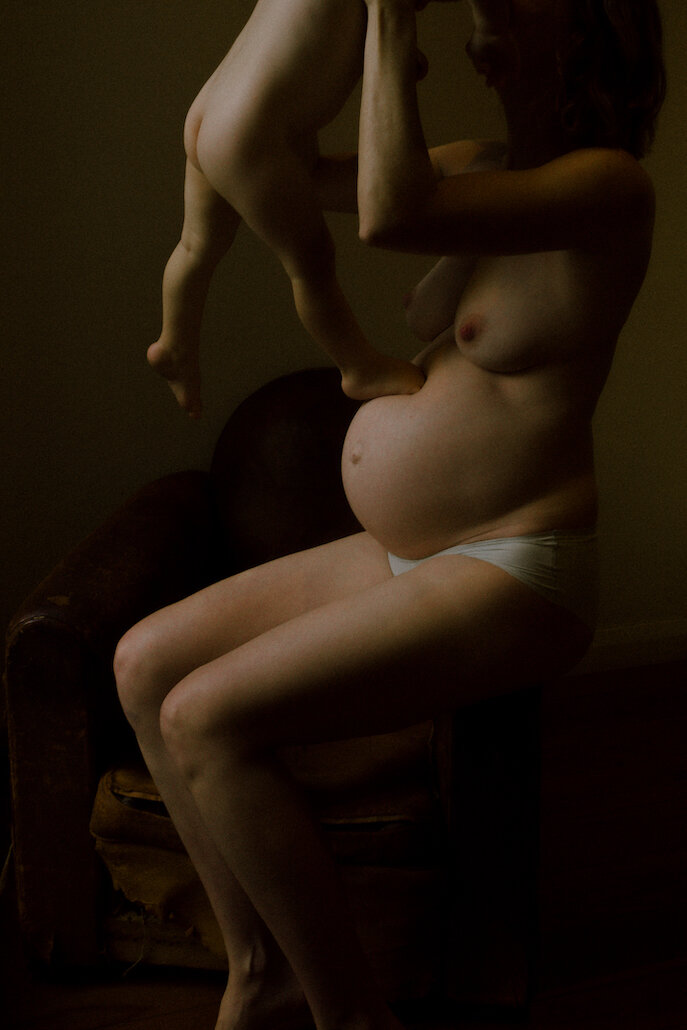
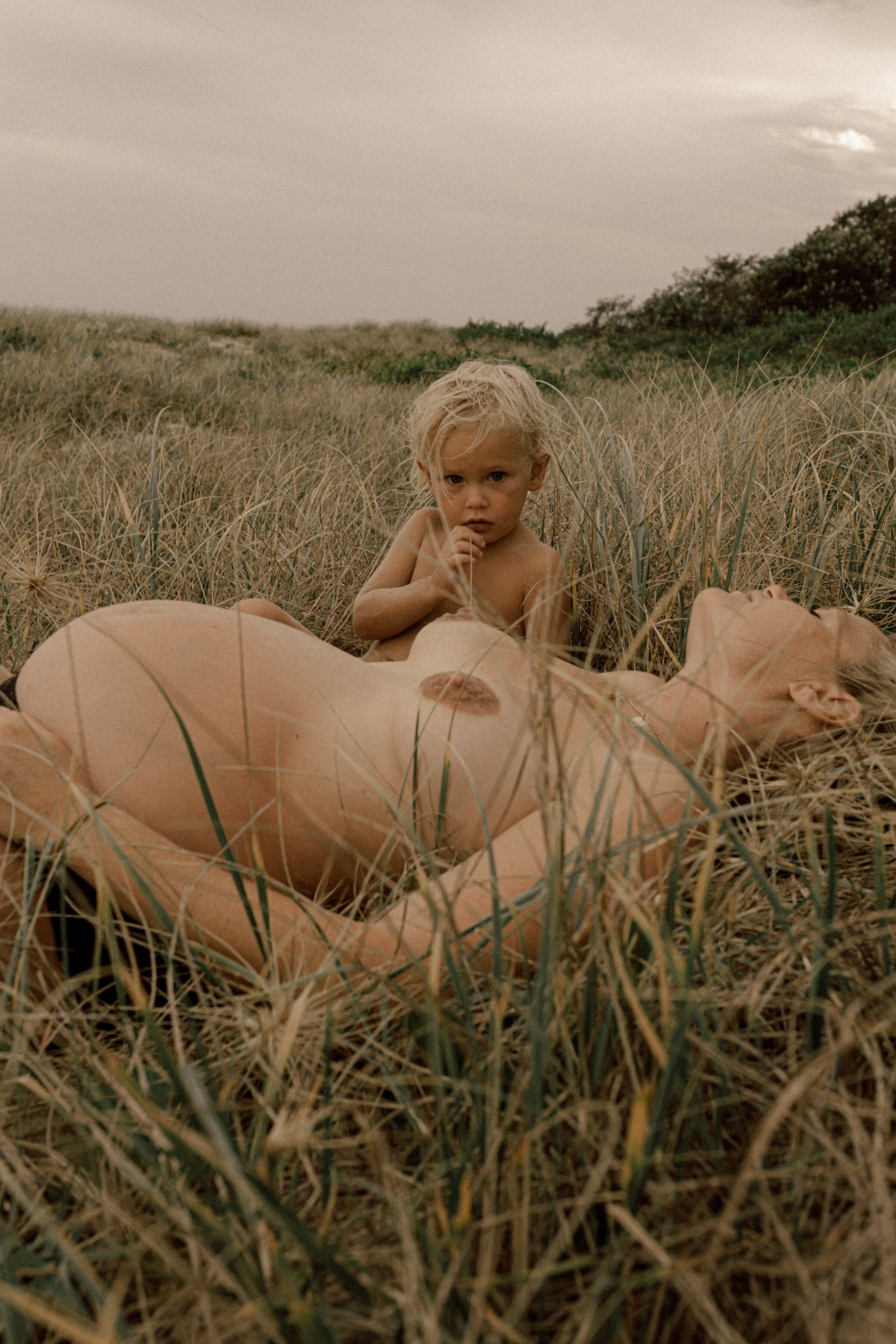
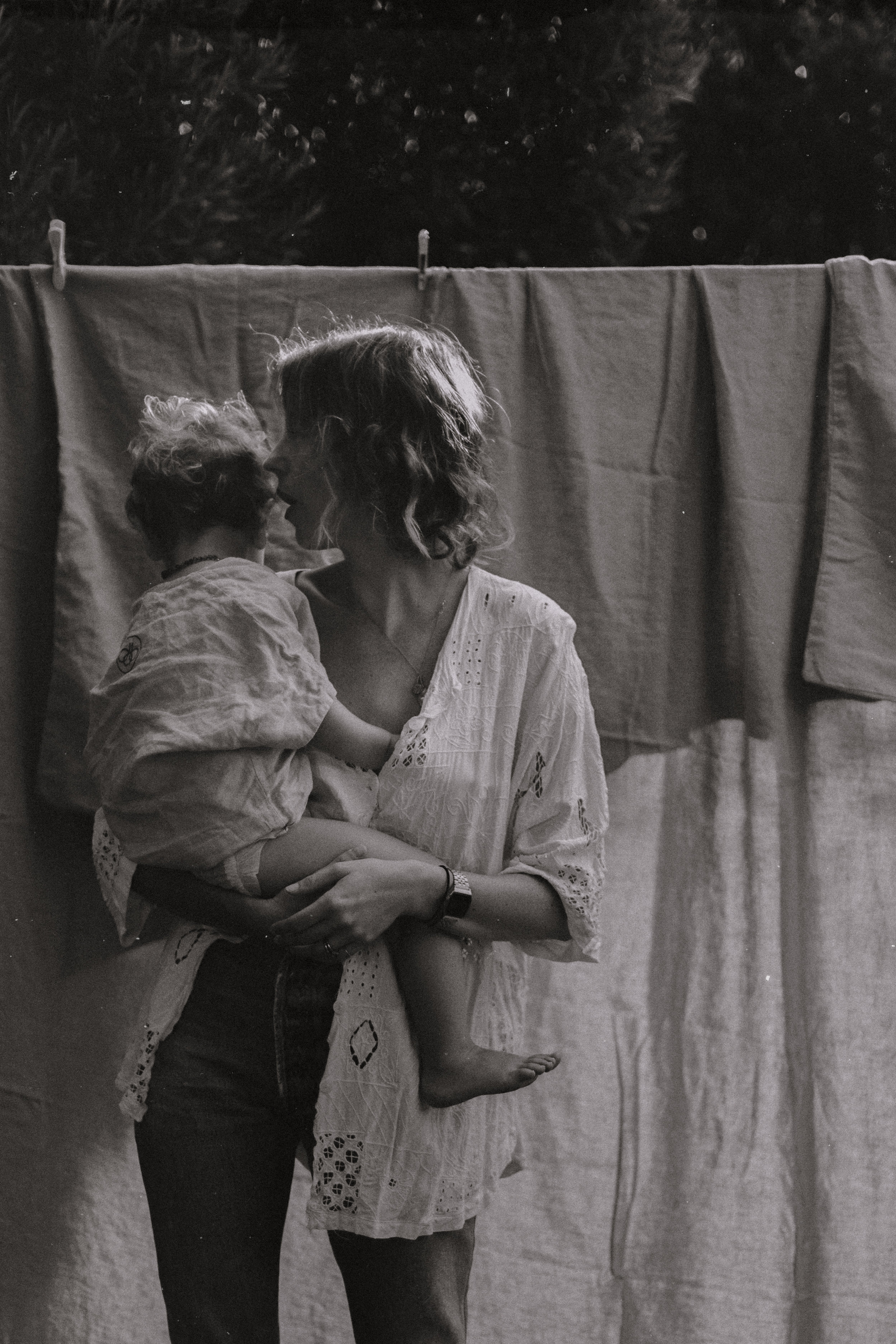
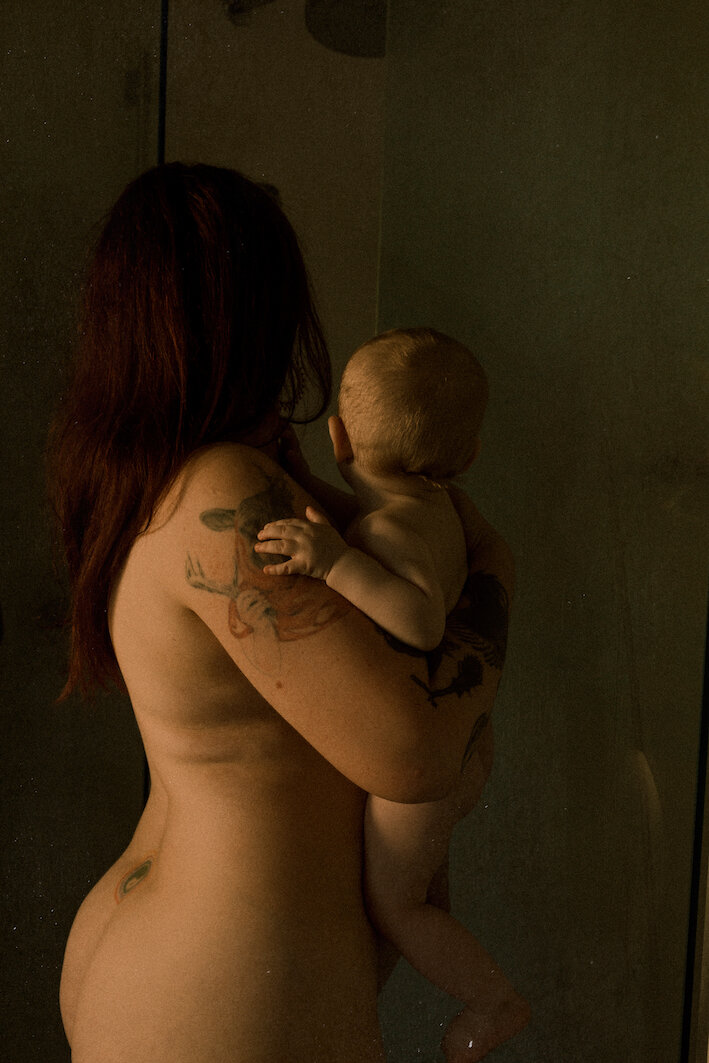
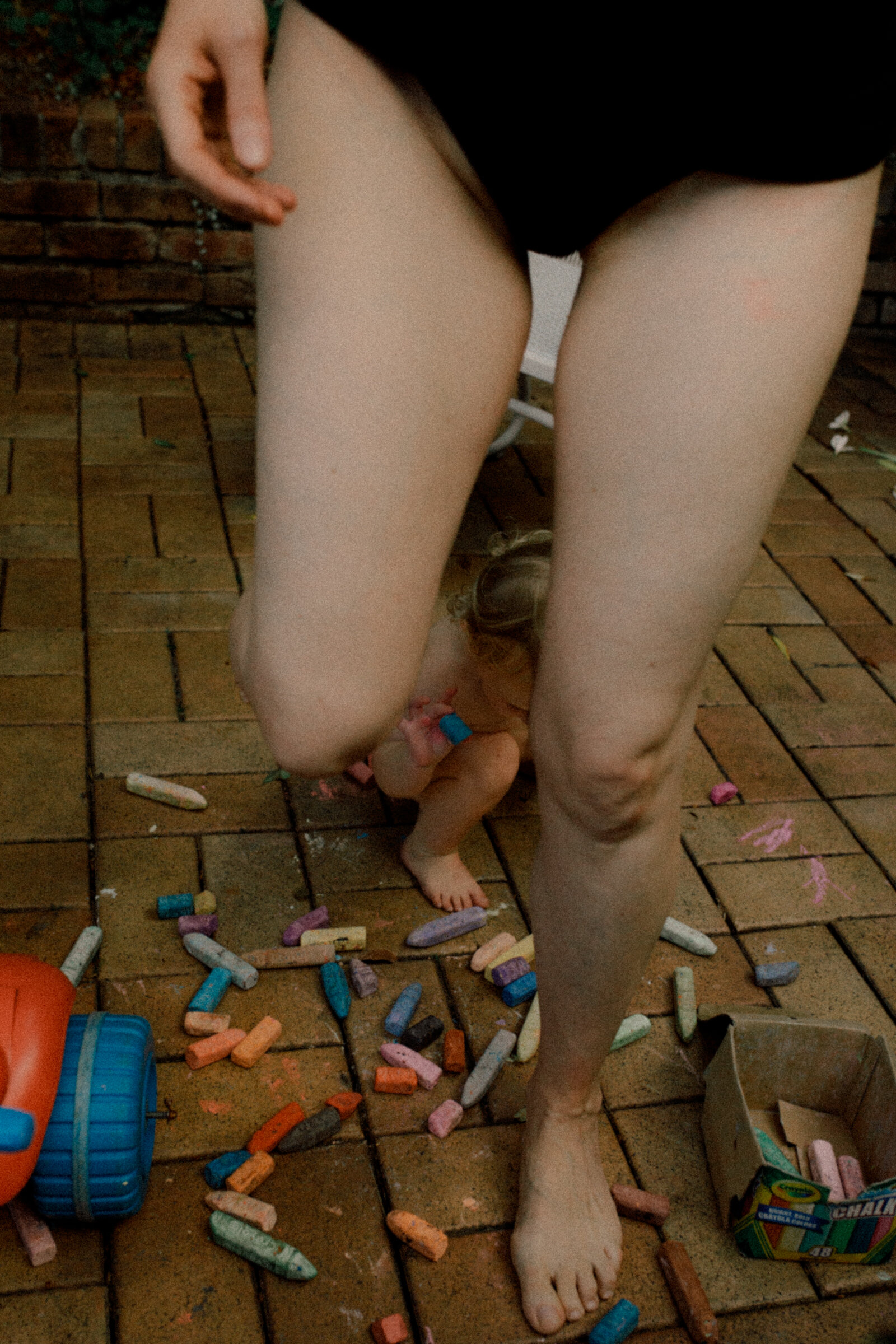
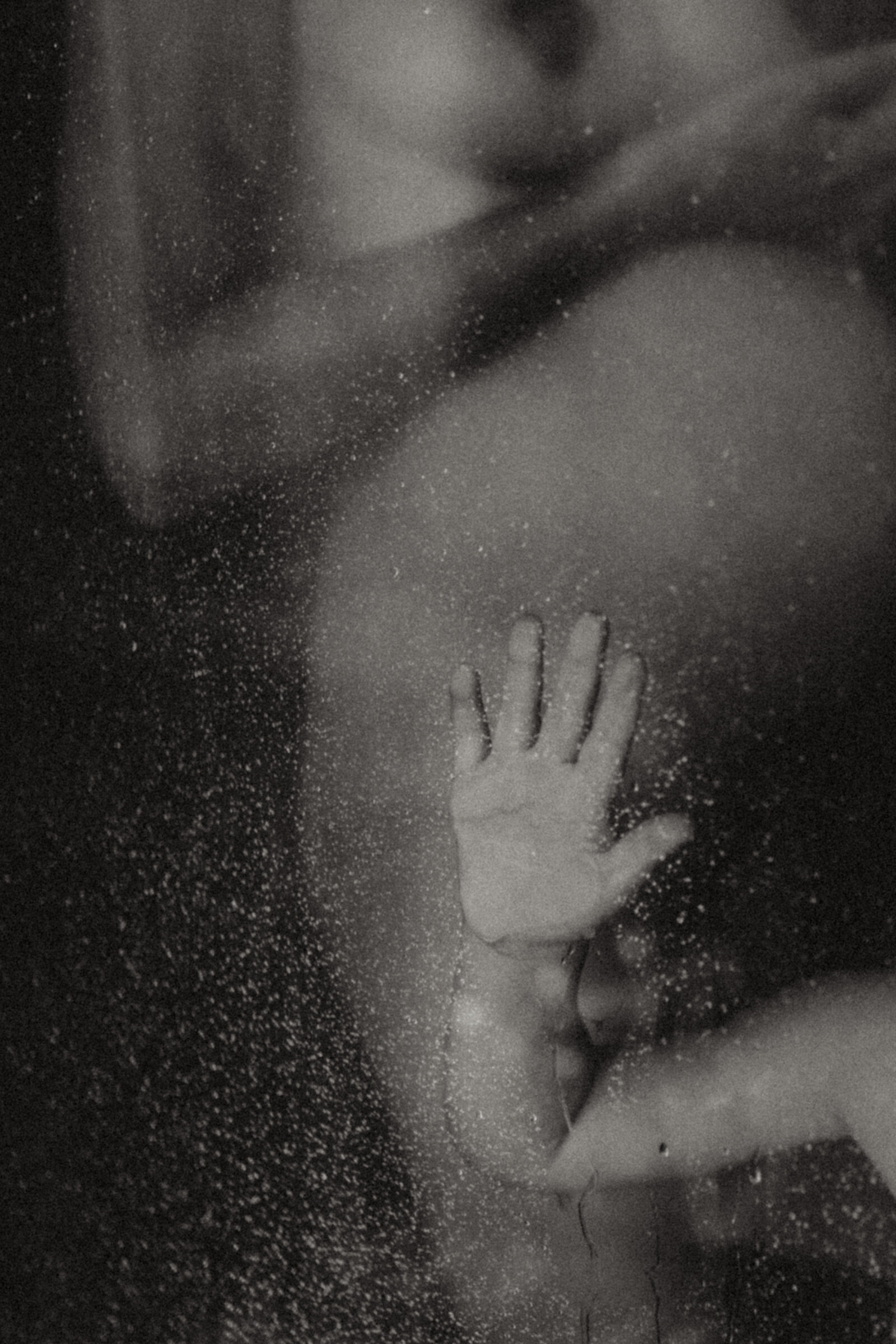
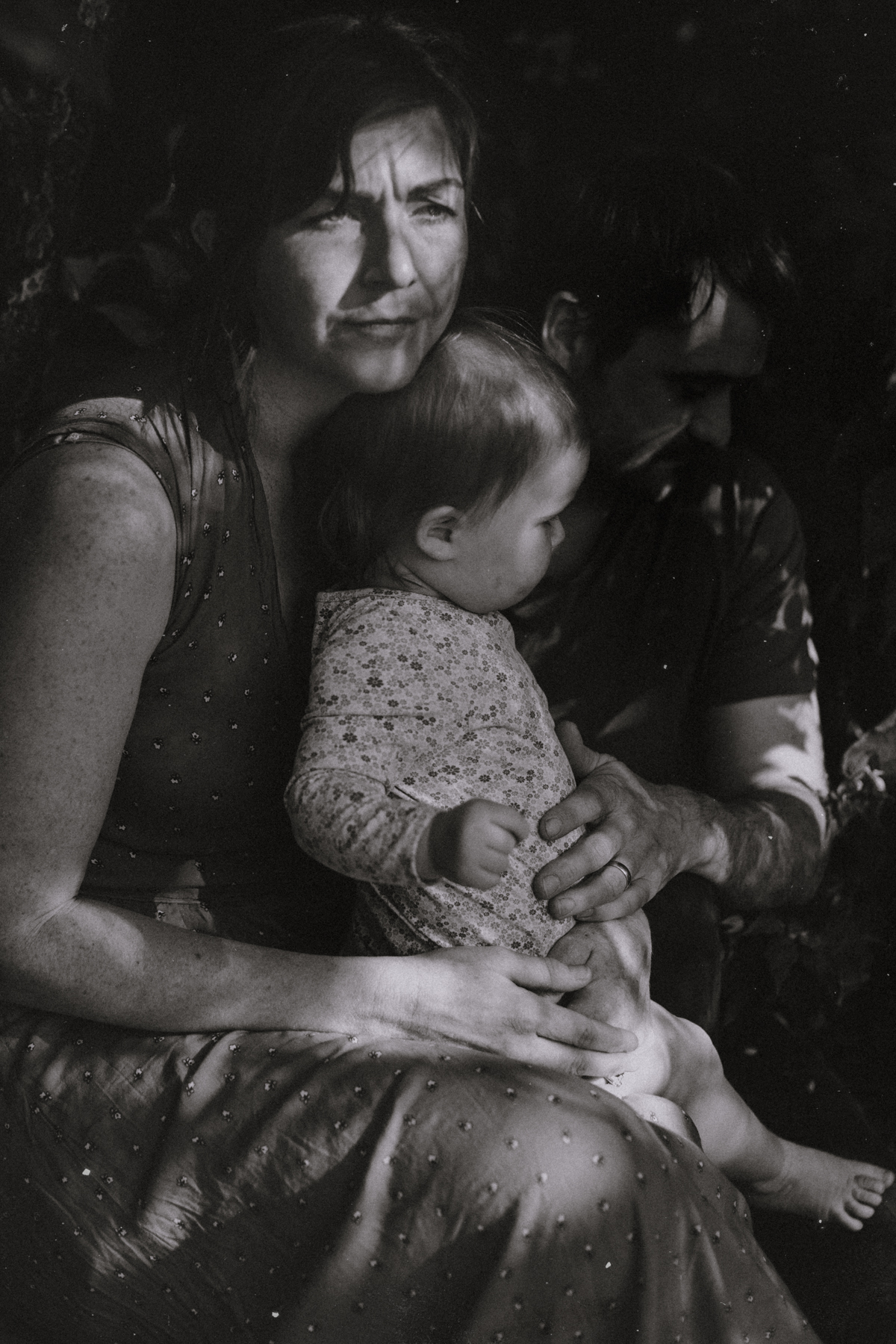
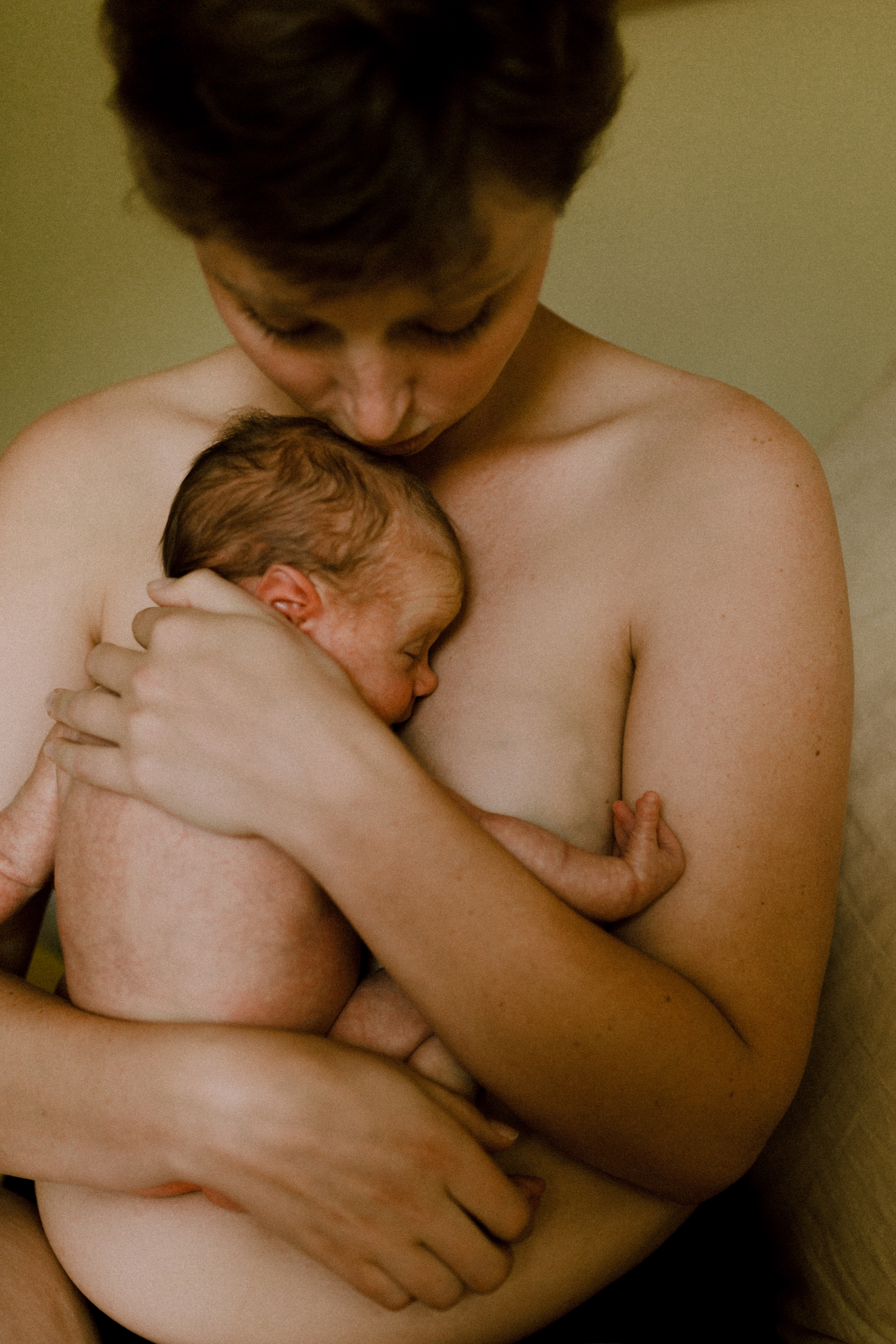
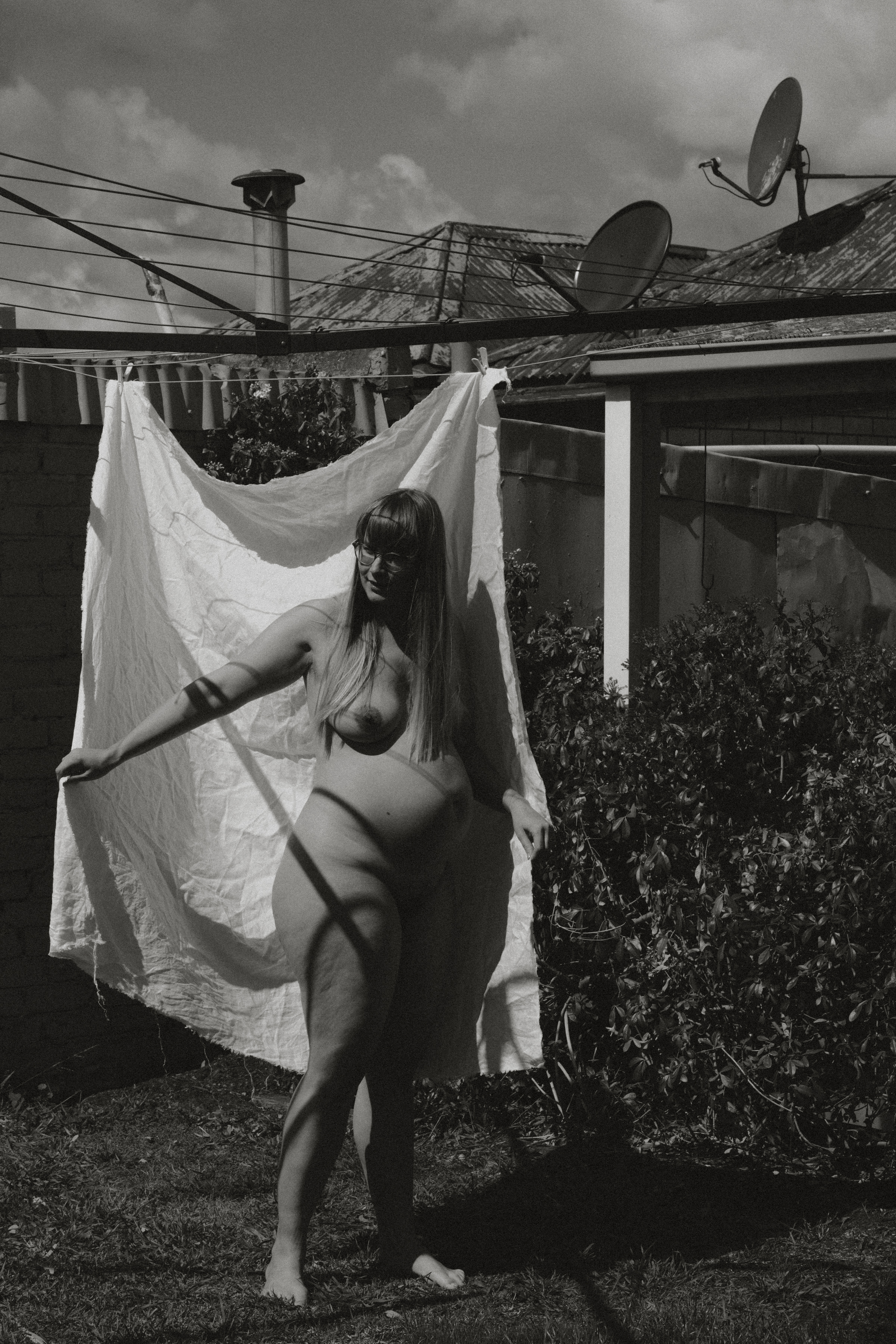
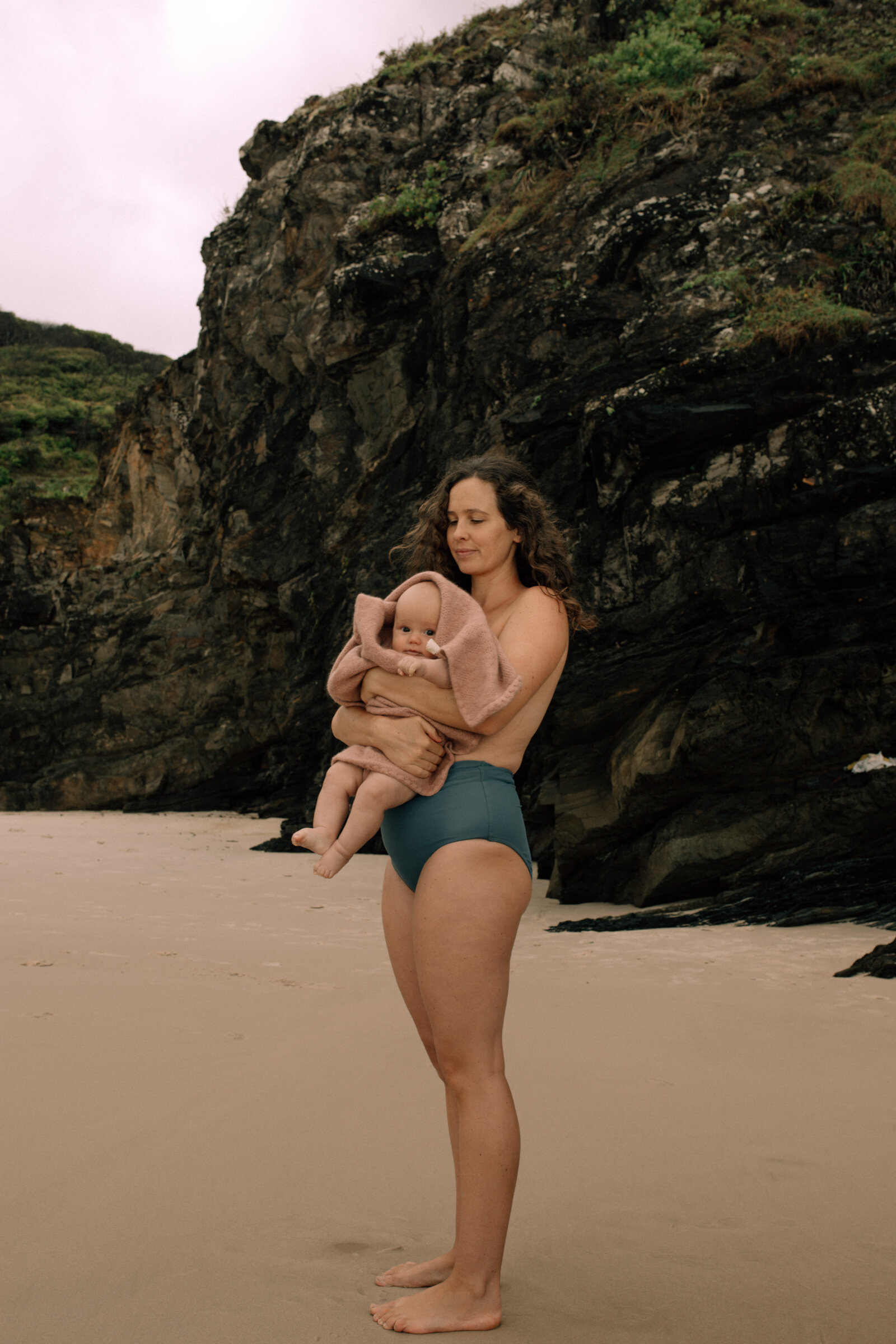
Tamburi is a neighbourhood in the city of Taranto in Puglia. It is the epicentre of an ever-evolving and worsening environmental disaster, caused by the industrial site Ilva, the largest steelworks in Europe.
Simply being born in Tamburi means that the contamination increases the risk of certain cancers, cardiovascular issues and respiratory illnesses are significantly higher than compared to other areas in the region.
It has been identified to be so dangerous that the residents live at times under a curfew, especially during the so-called “wind days”. This is when the wind is too strong and the risk of stronger emissions from the plant is much higher. Schools also close earlier on these days.
What I found in Tamburi was a place incredibly rich in history and tradition, fiercely proud of its identity. The people I met were warm, upfront and hopeful for their future, it’s children held and nurtured through adversity by strong women and family networks.
The mother’s battle for her child with sickness, with poverty, with war, with all the forces of exploitation and callousness that cheapen human life needs to become a common human battle, waged in love and in the passion for survival. Adrienne Rich - Of Woman Born
This work was commissioned and produced by PhEST during a residency in Taranto, Puglia for Artlab Eyeland Ed. II, 2024.
The outcome is a project that with their support, reveals, through the universal lens of motherhood, a community under immense strain and the nature of human resilience.
Simply being born in Tamburi means that the contamination increases the risk of certain cancers, cardiovascular issues and respiratory illnesses are significantly higher than compared to other areas in the region.
It has been identified to be so dangerous that the residents live at times under a curfew, especially during the so-called “wind days”. This is when the wind is too strong and the risk of stronger emissions from the plant is much higher. Schools also close earlier on these days.
What I found in Tamburi was a place incredibly rich in history and tradition, fiercely proud of its identity. The people I met were warm, upfront and hopeful for their future, it’s children held and nurtured through adversity by strong women and family networks.
The mother’s battle for her child with sickness, with poverty, with war, with all the forces of exploitation and callousness that cheapen human life needs to become a common human battle, waged in love and in the passion for survival. Adrienne Rich - Of Woman Born
This work was commissioned and produced by PhEST during a residency in Taranto, Puglia for Artlab Eyeland Ed. II, 2024.
The outcome is a project that with their support, reveals, through the universal lens of motherhood, a community under immense strain and the nature of human resilience.



